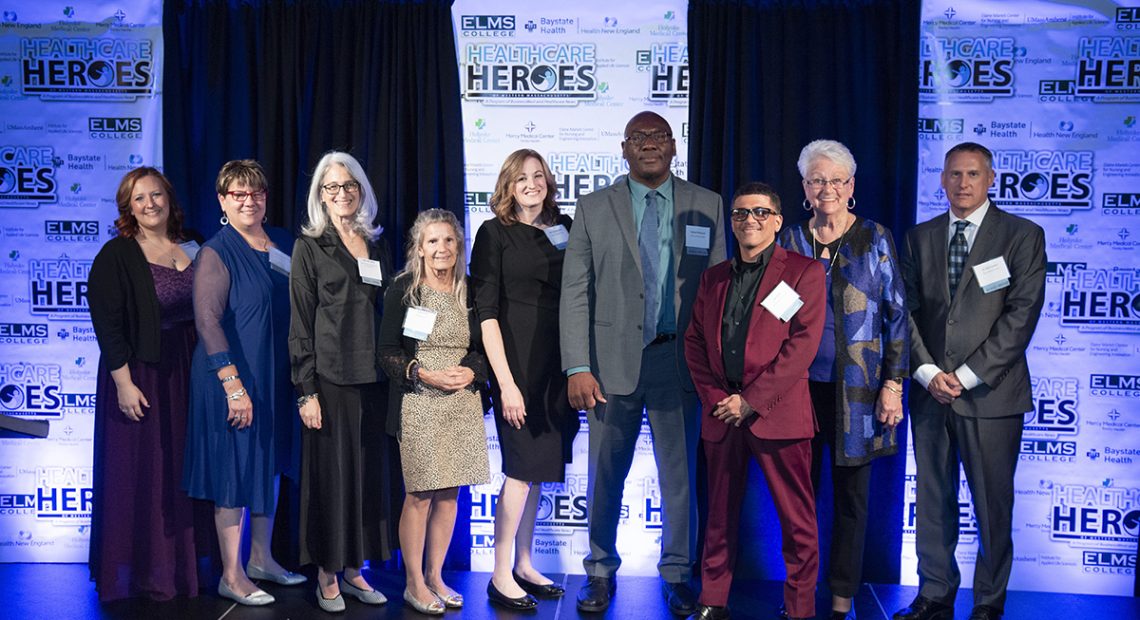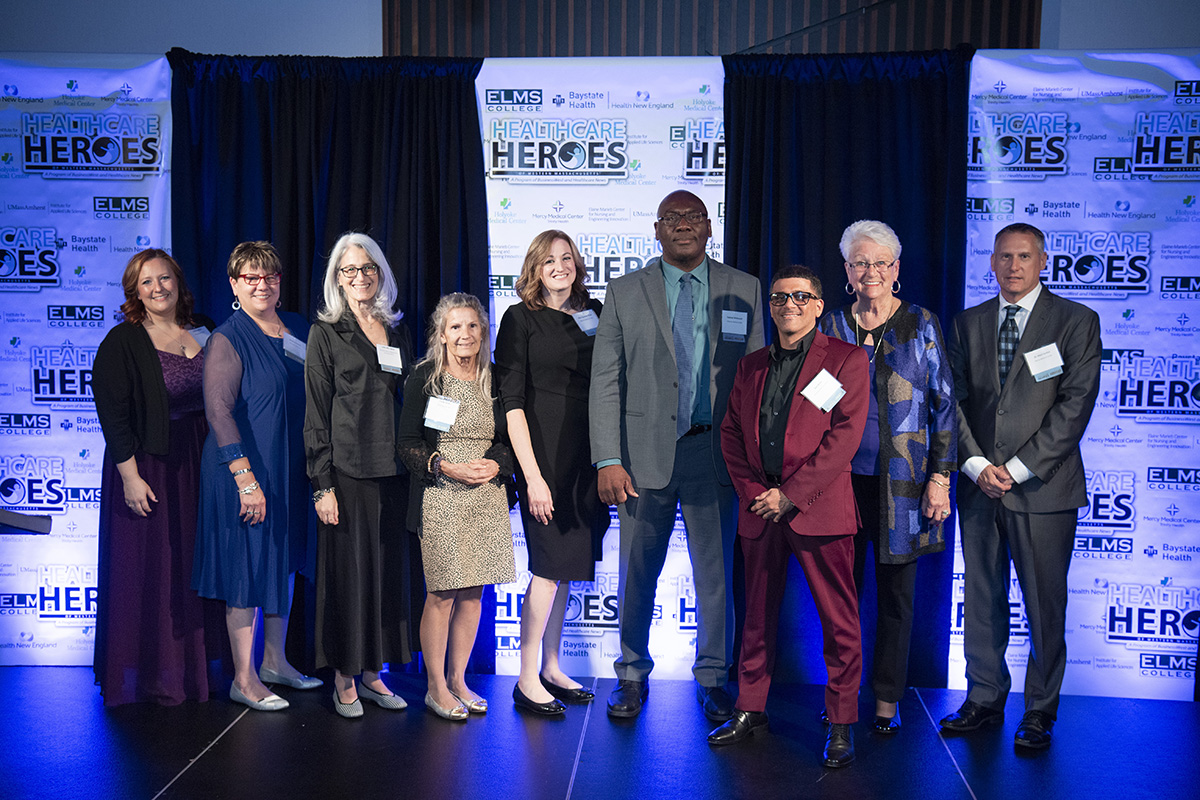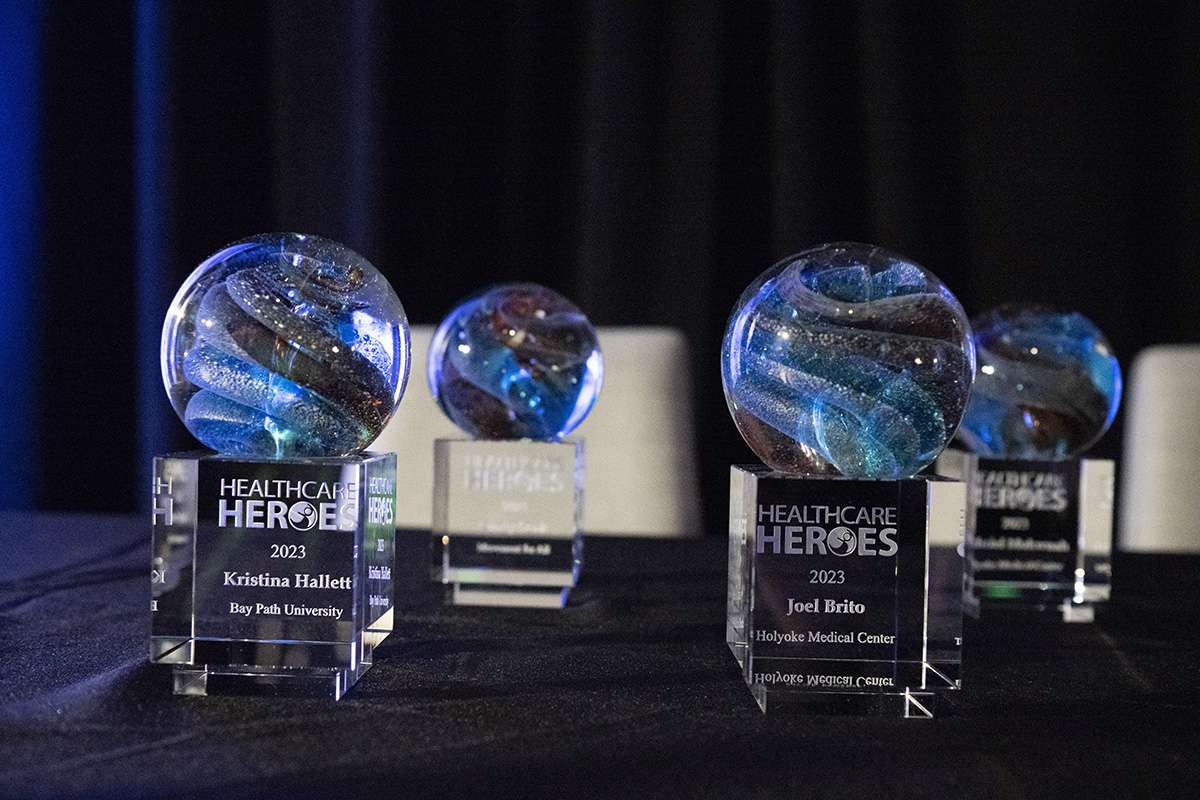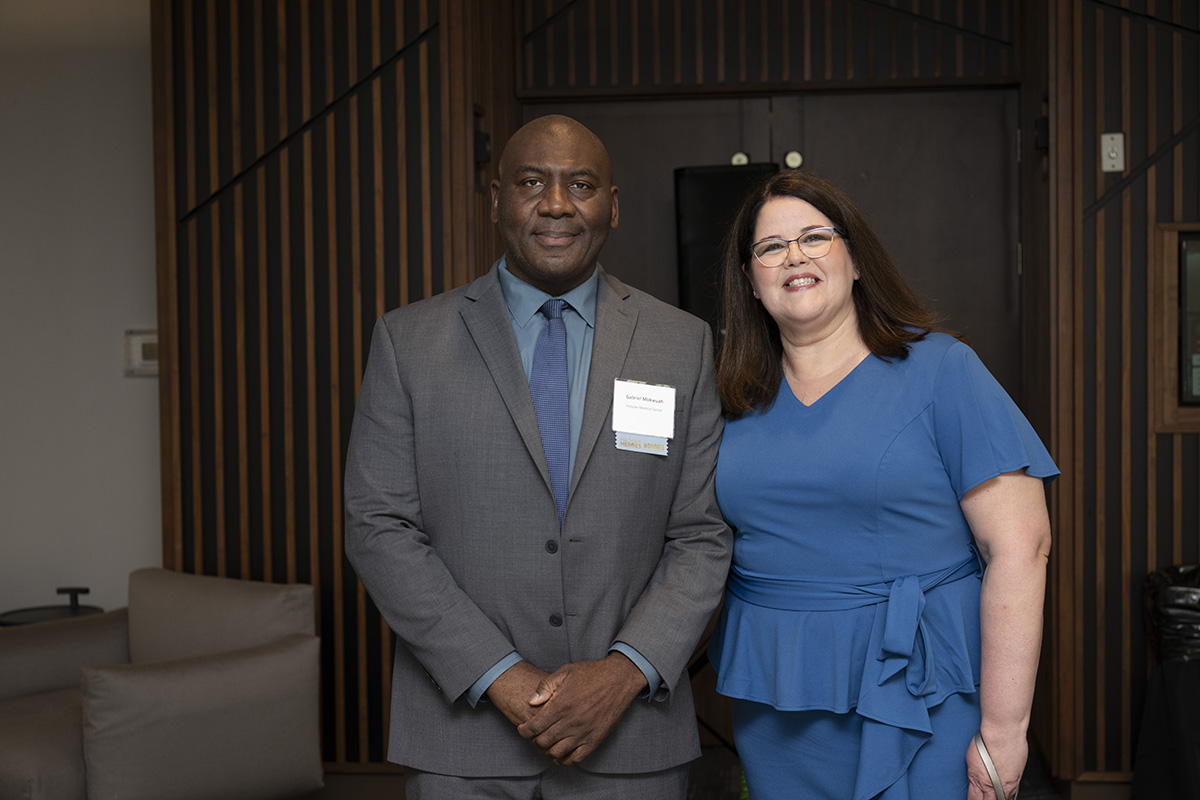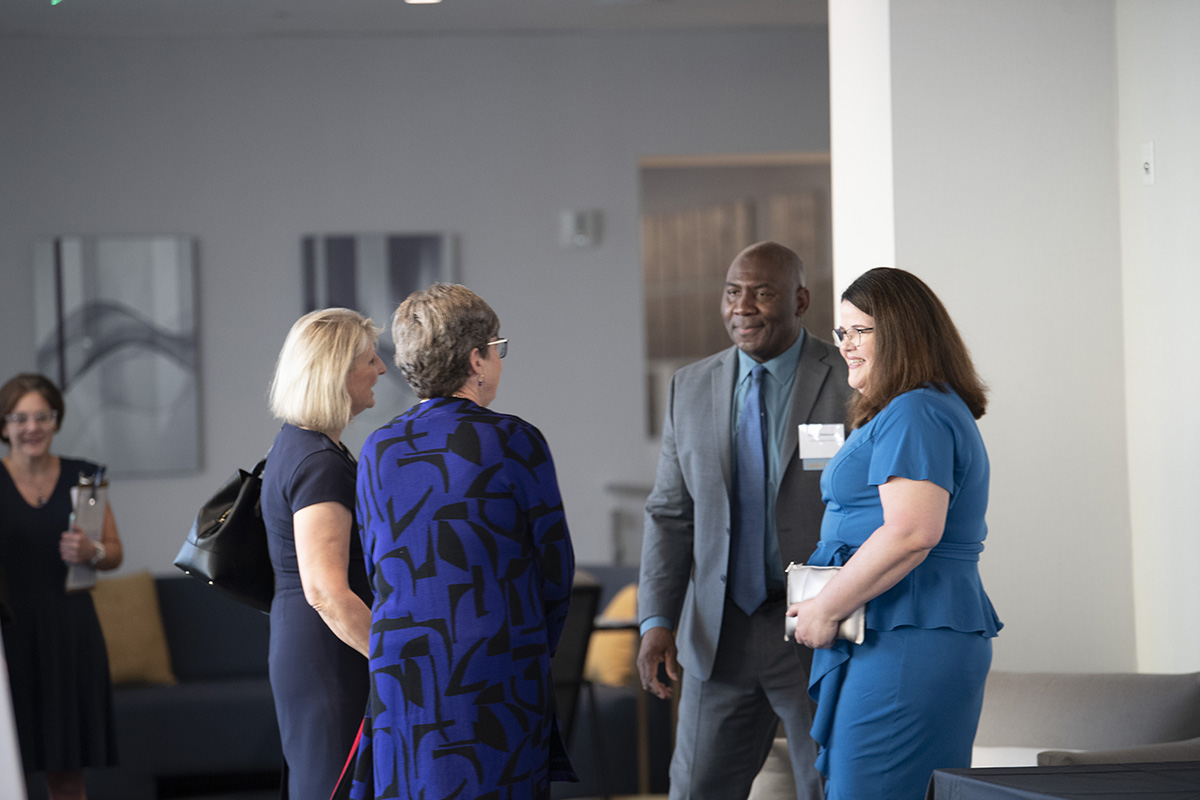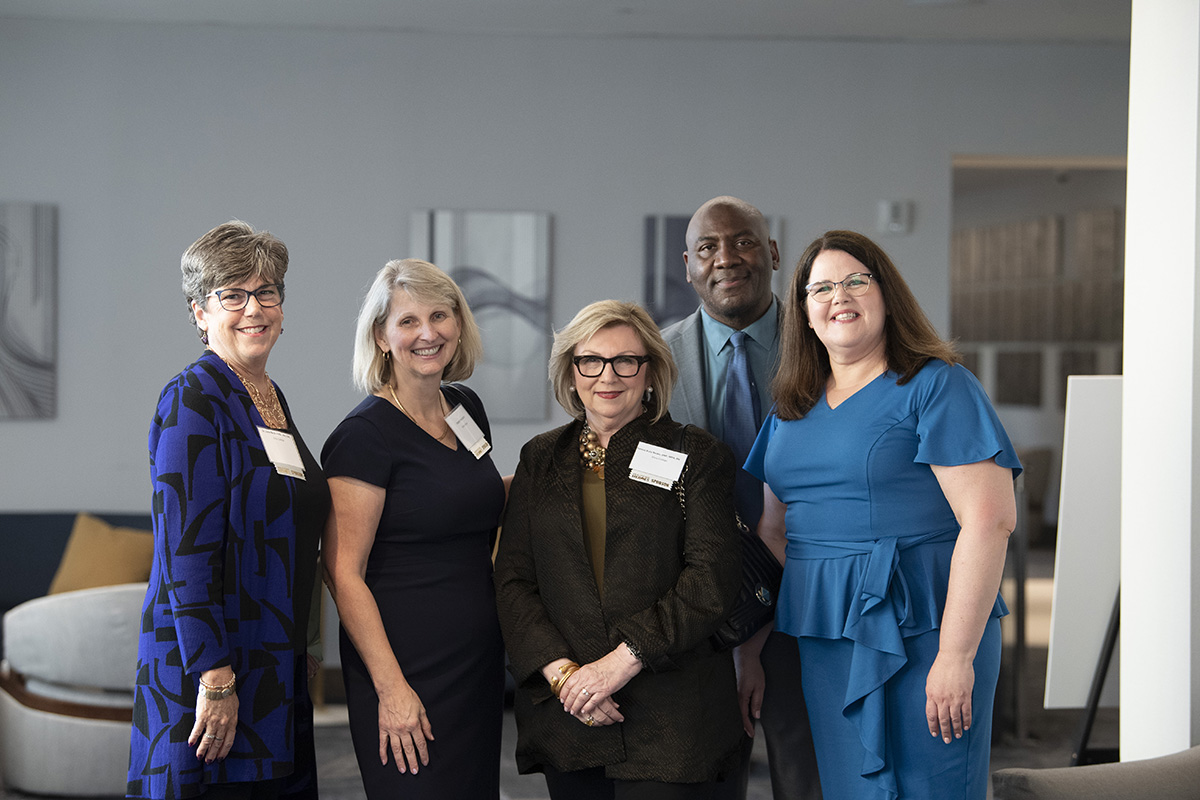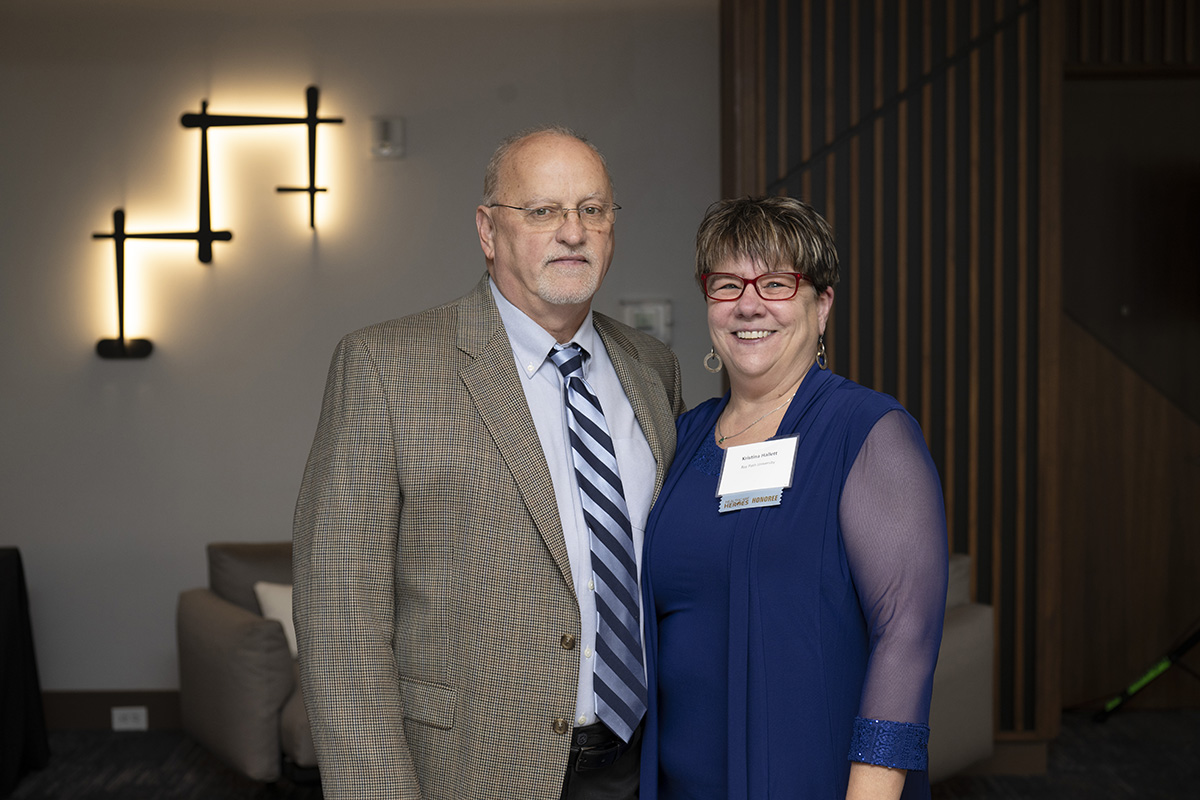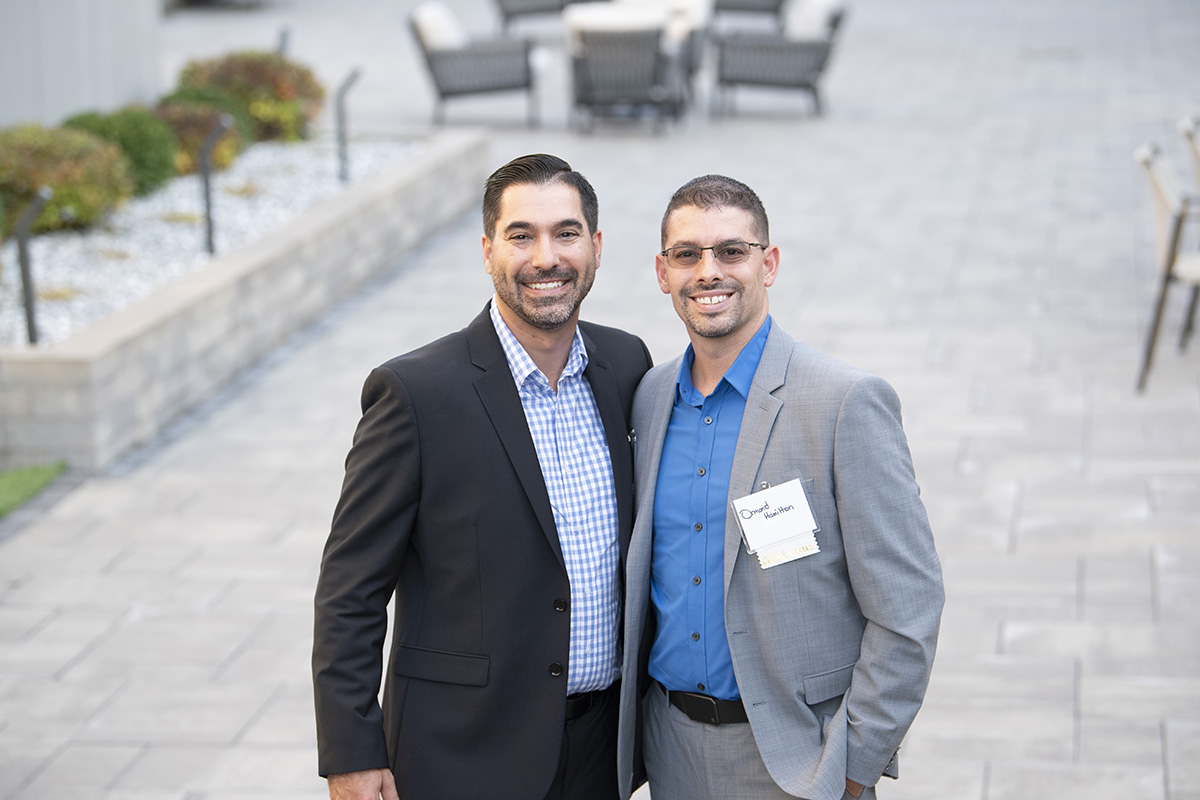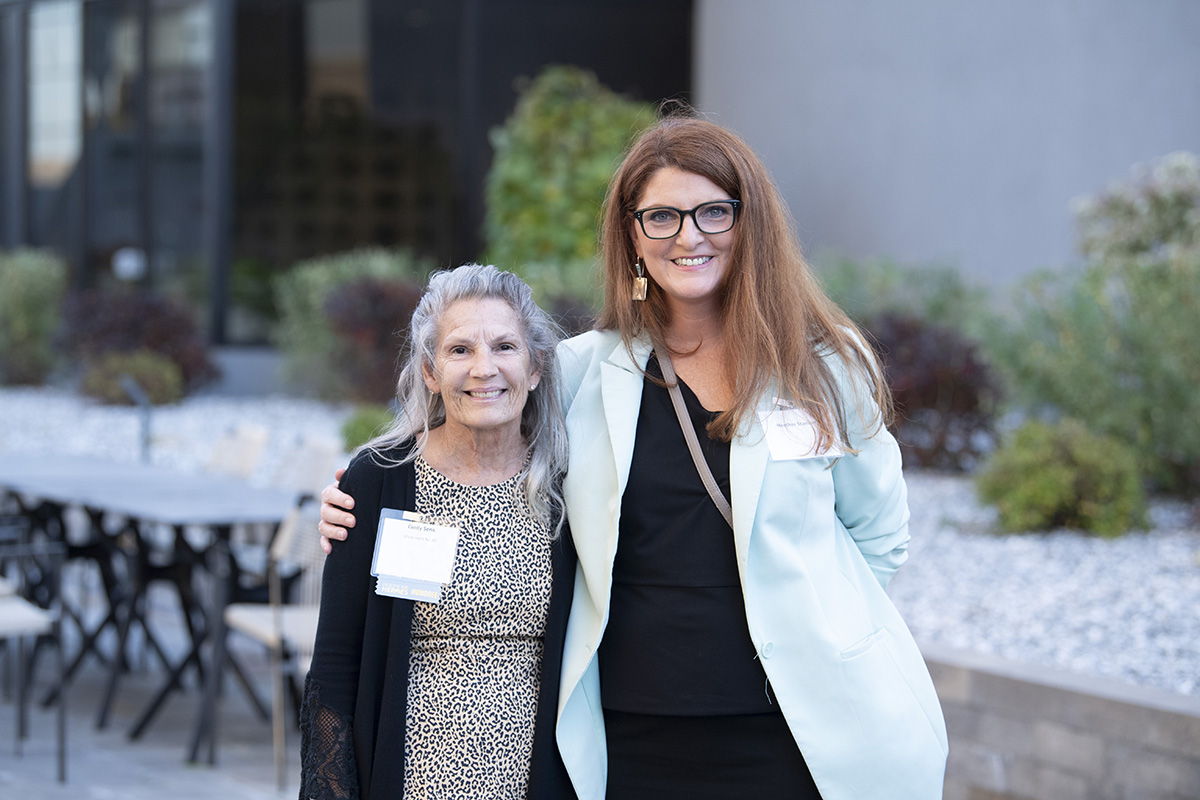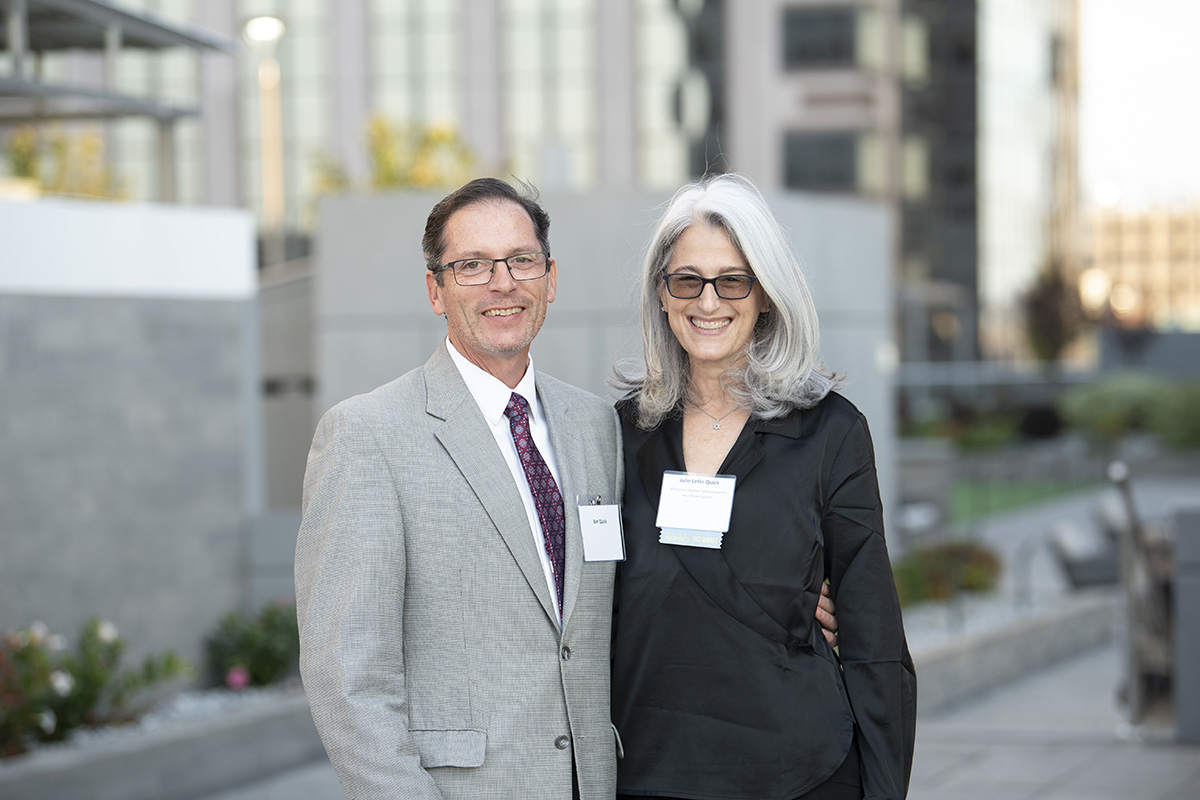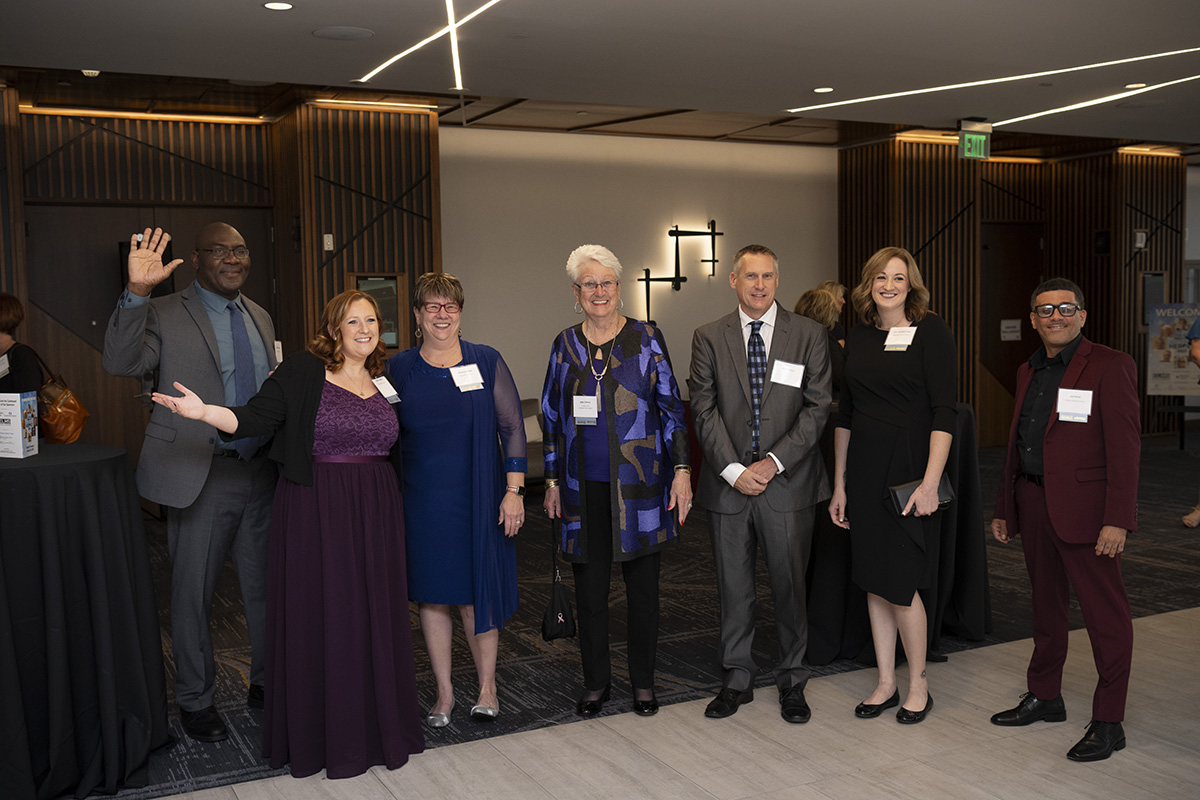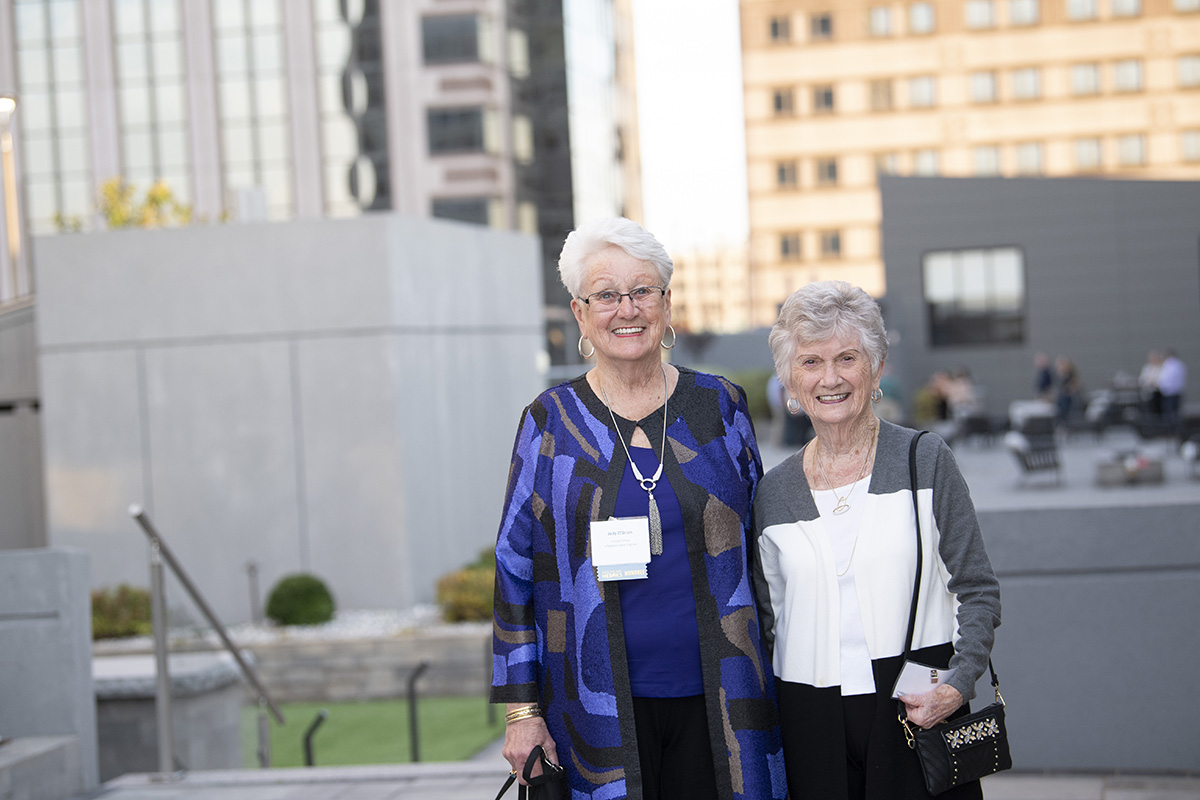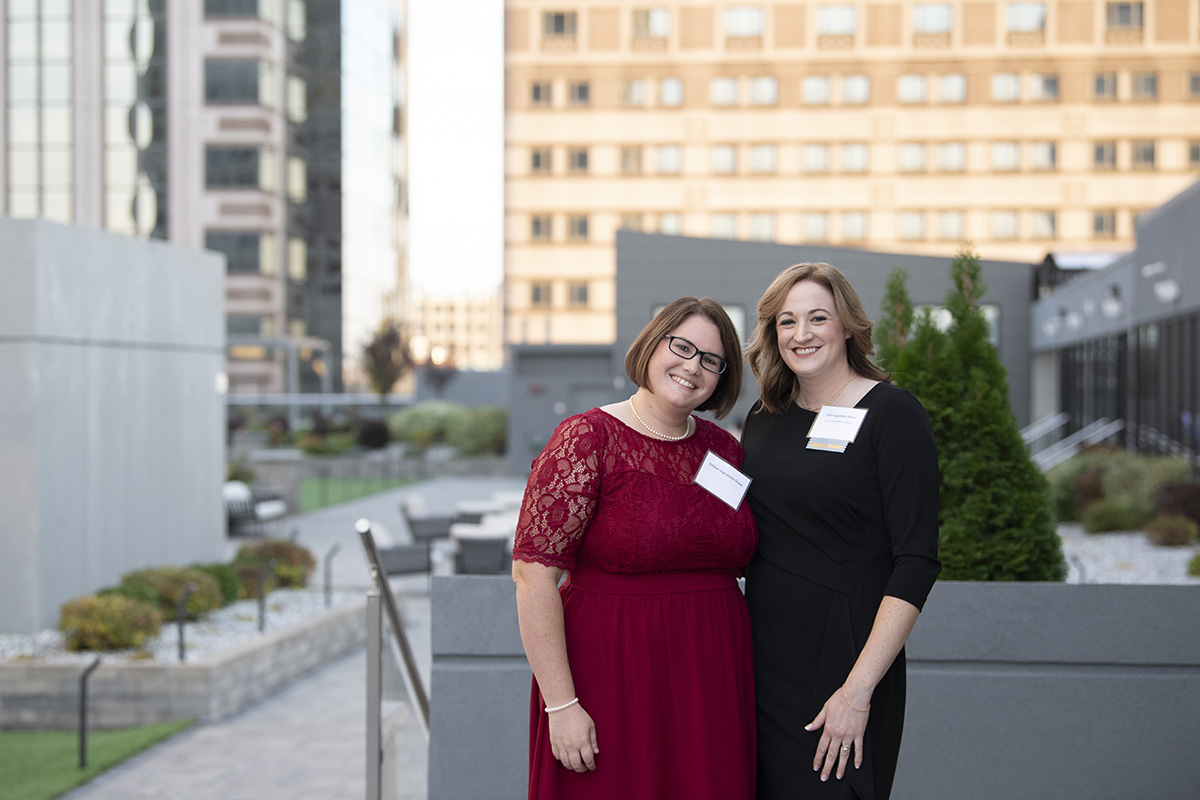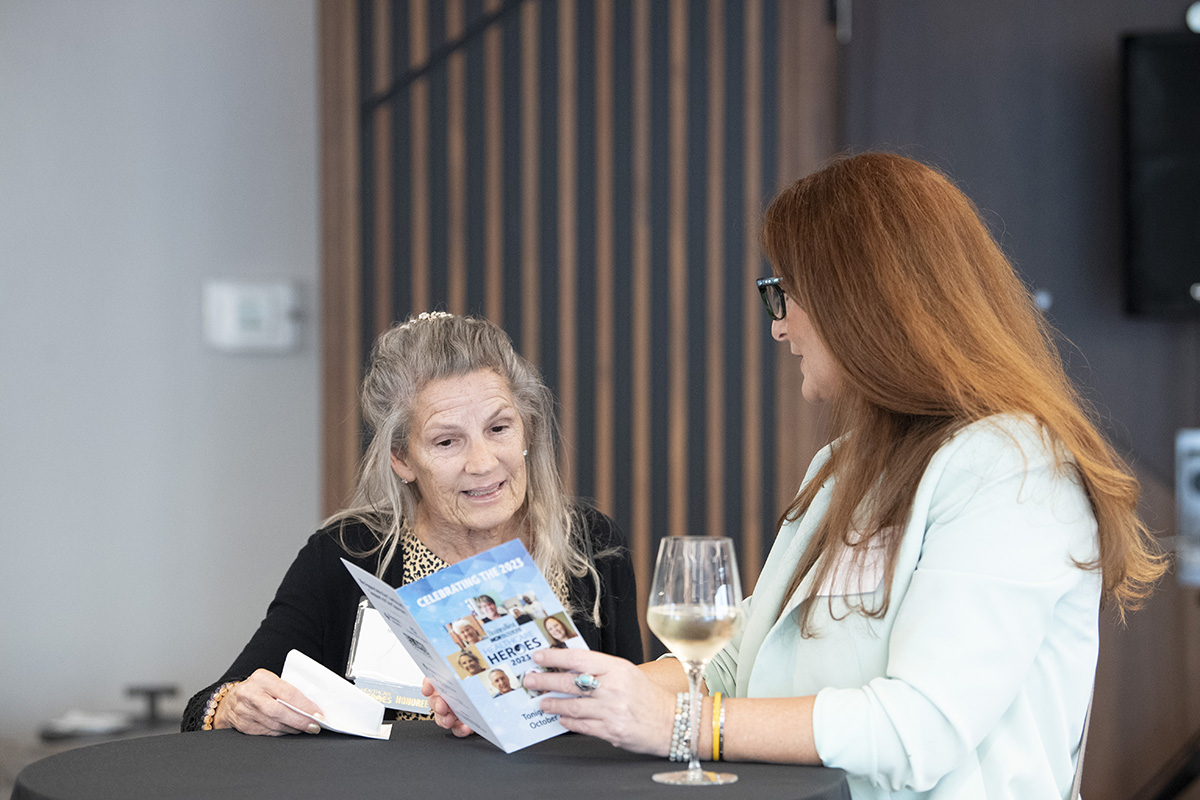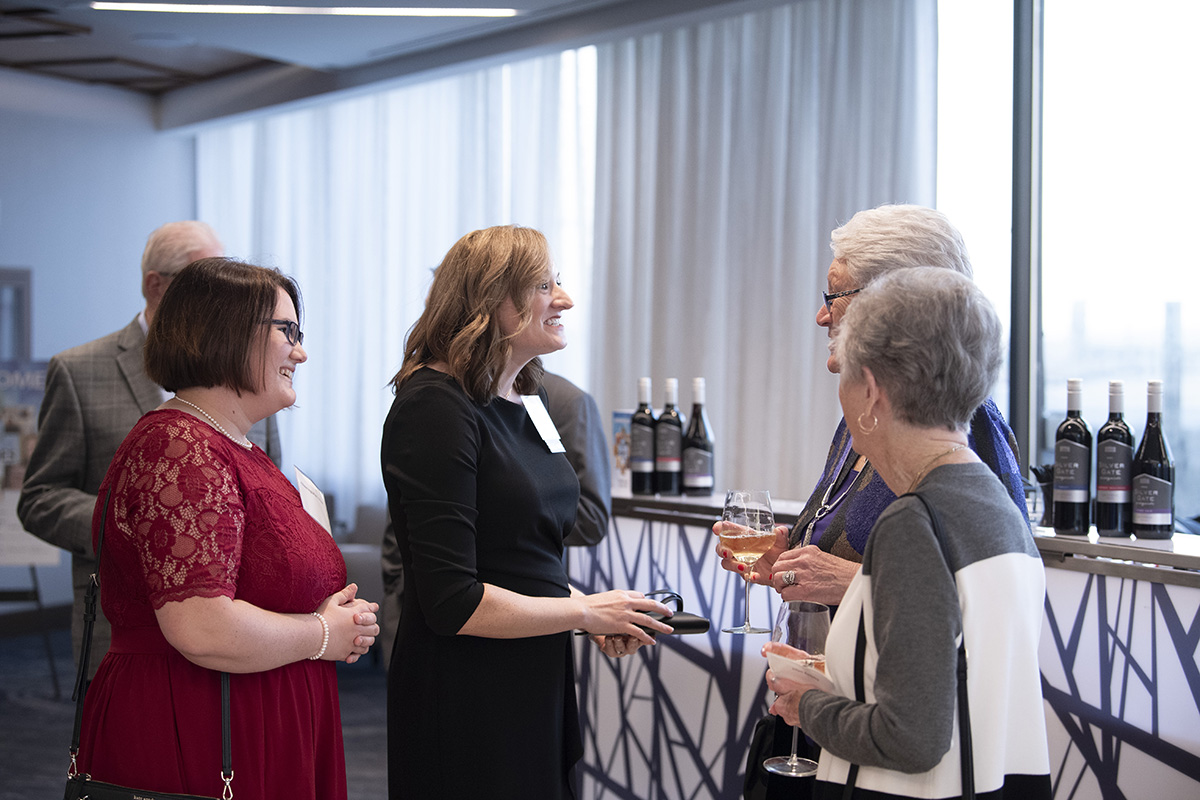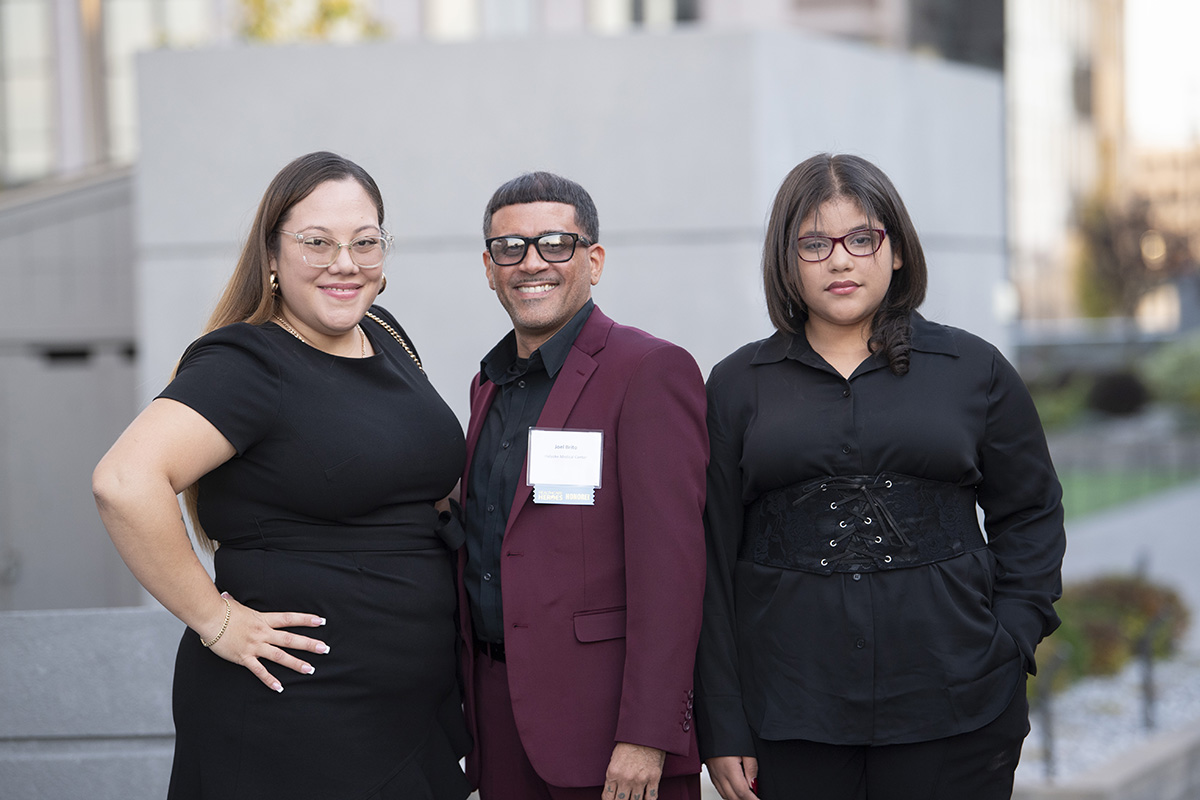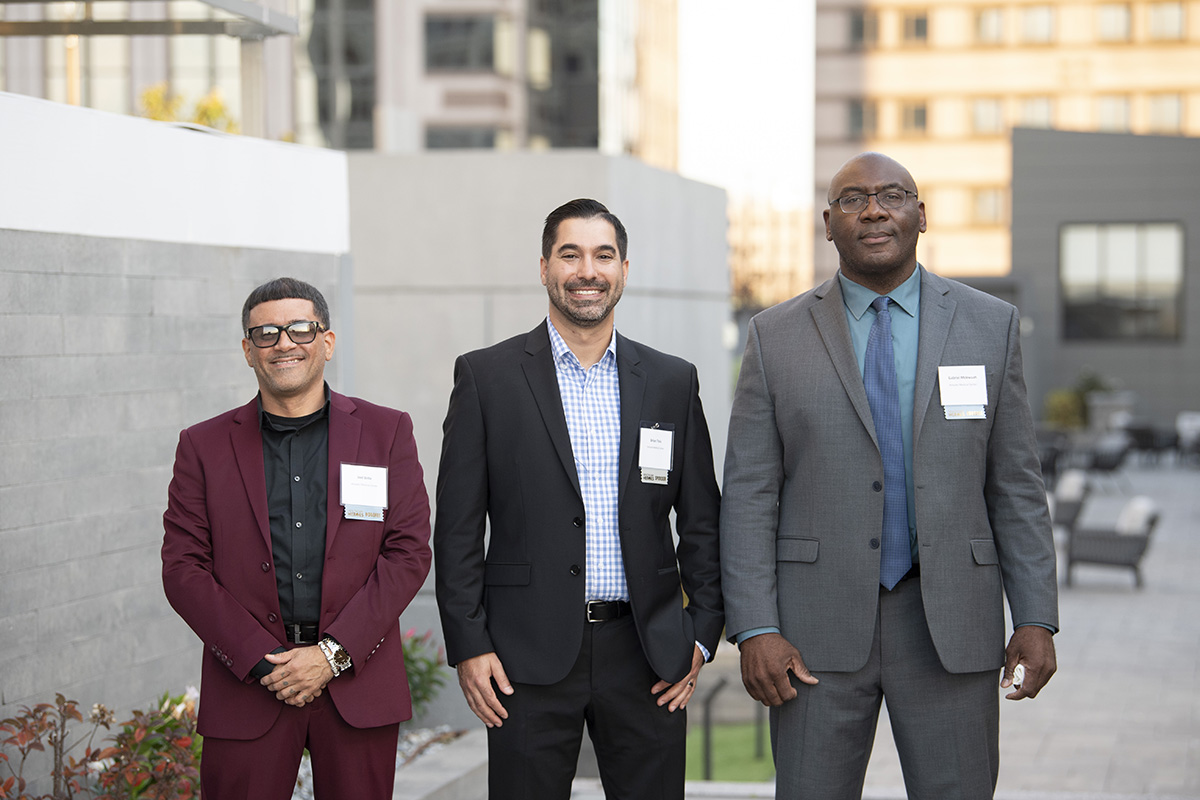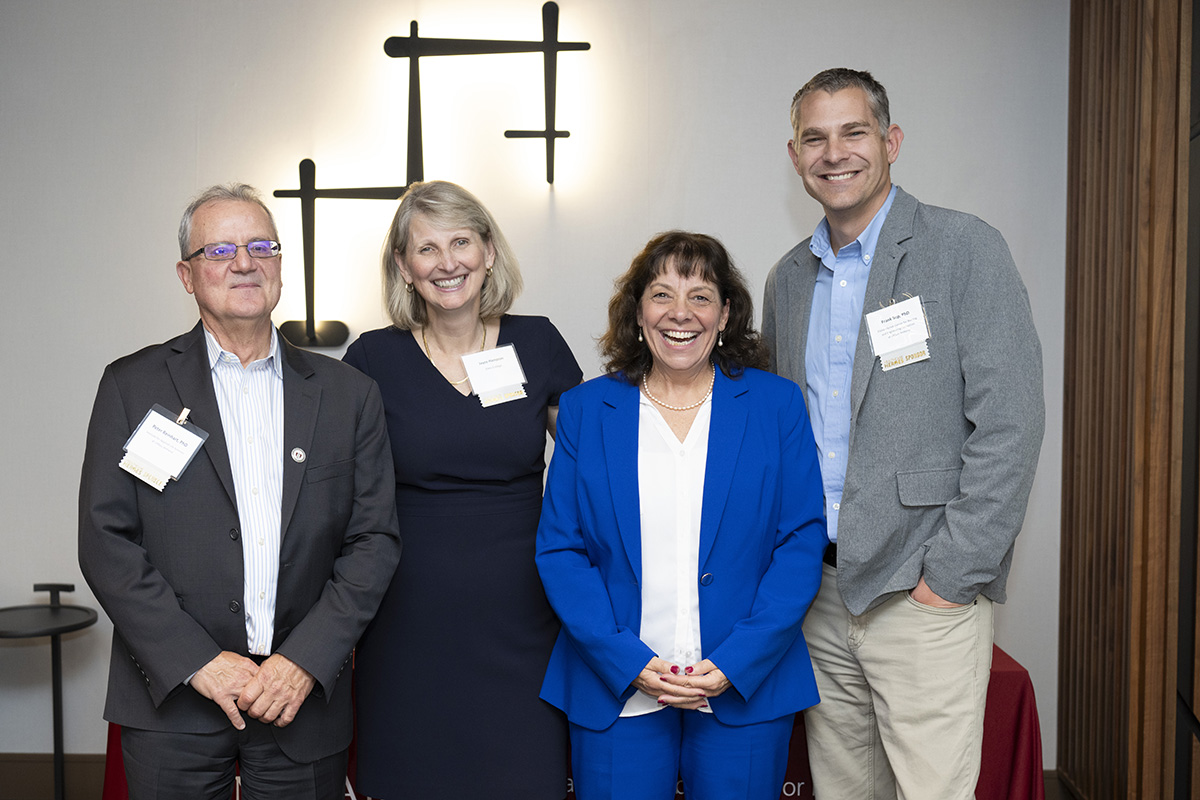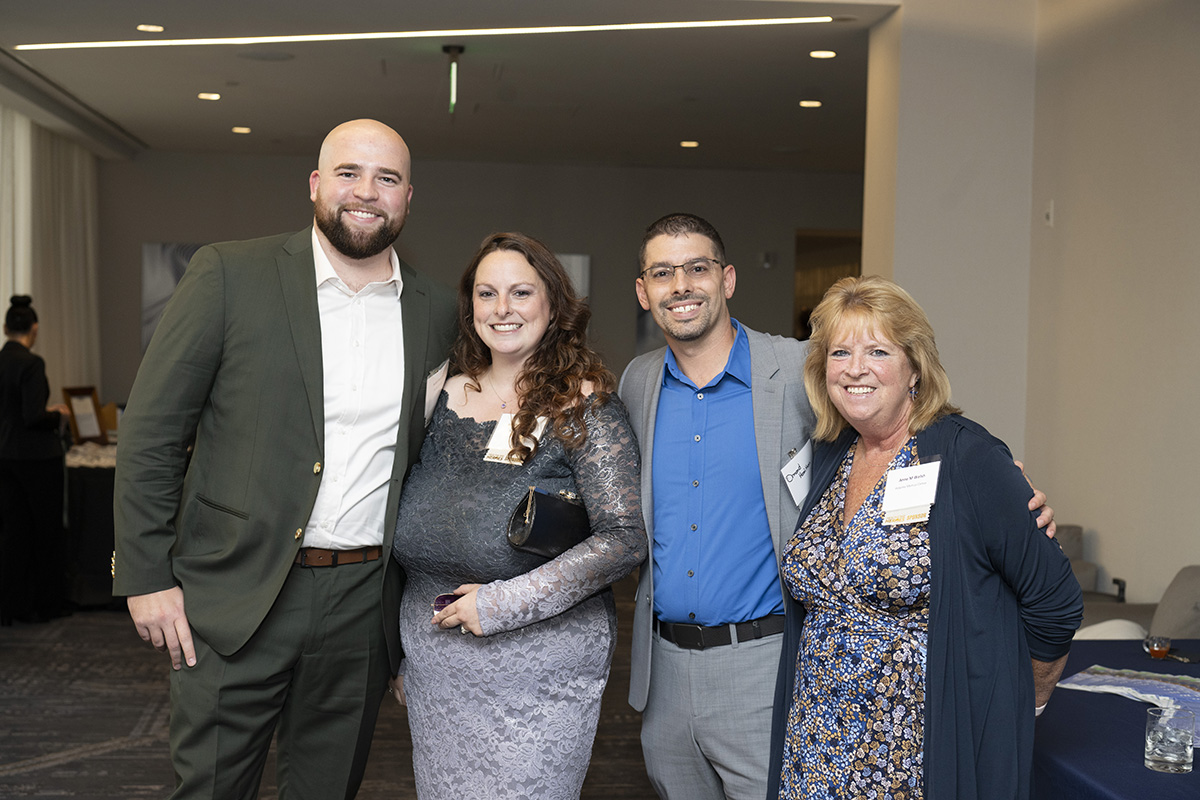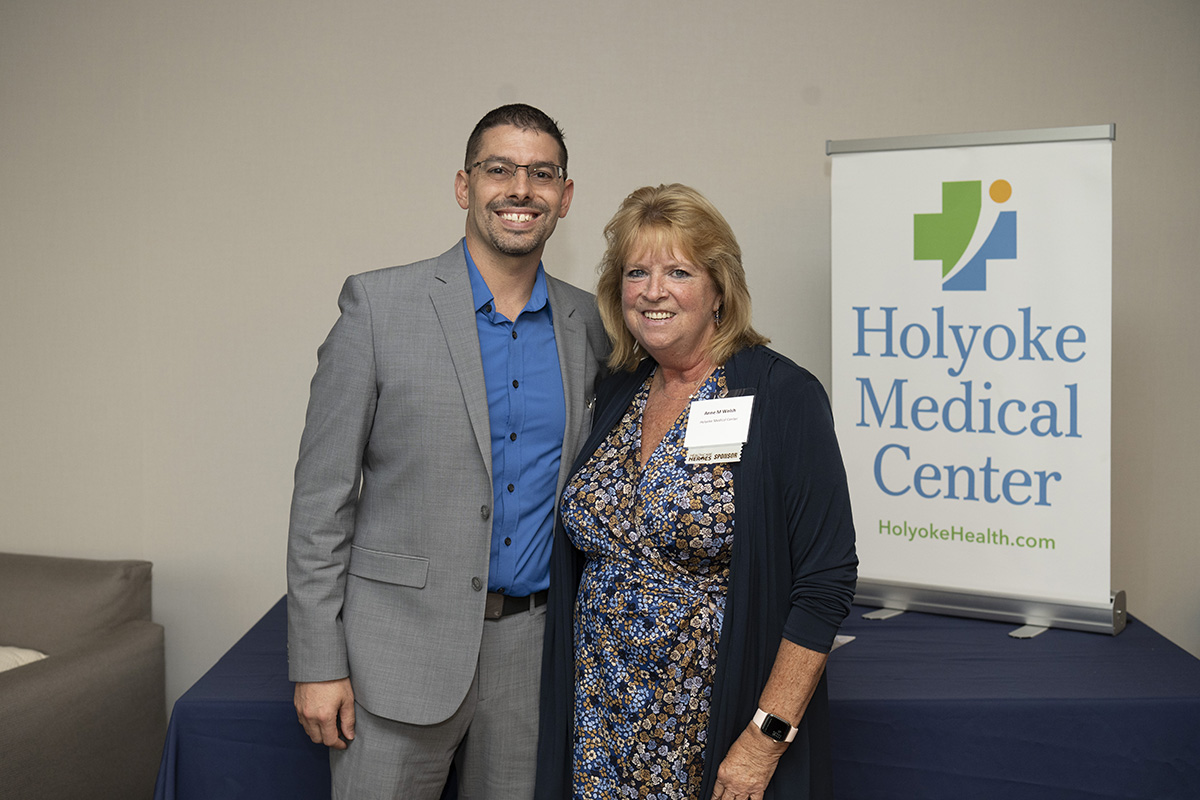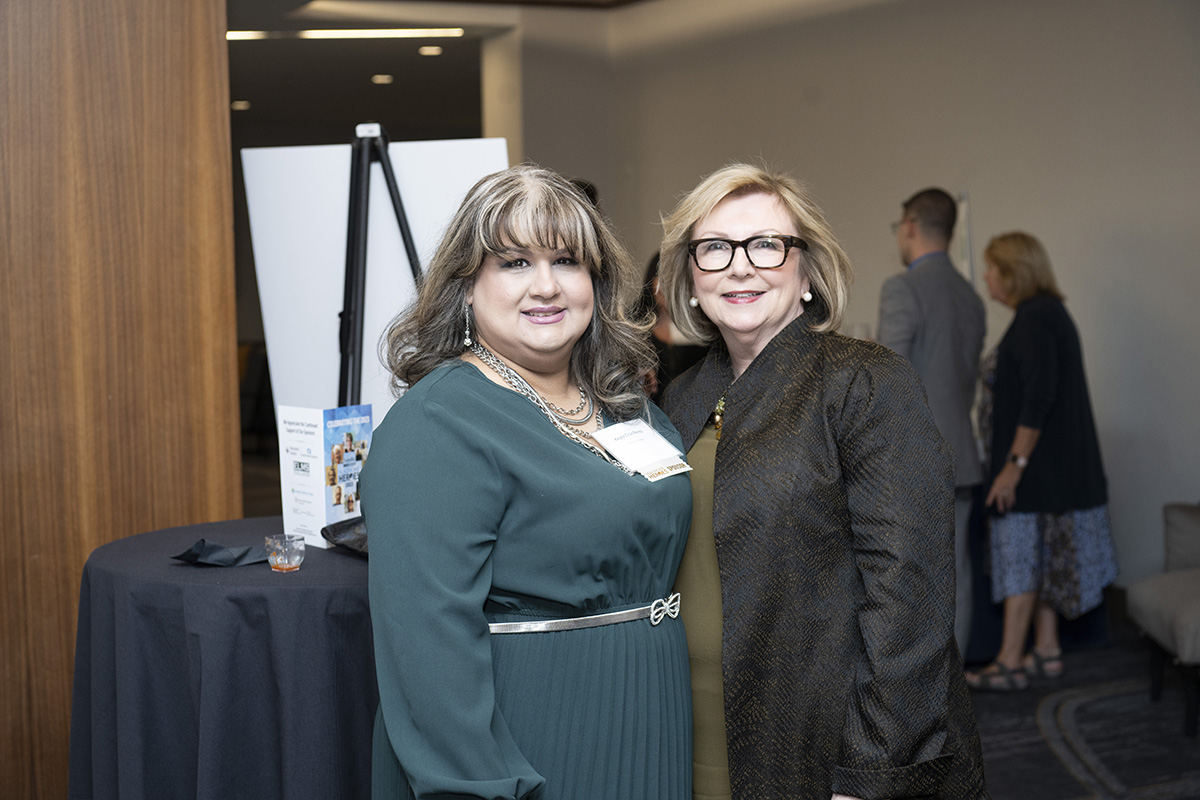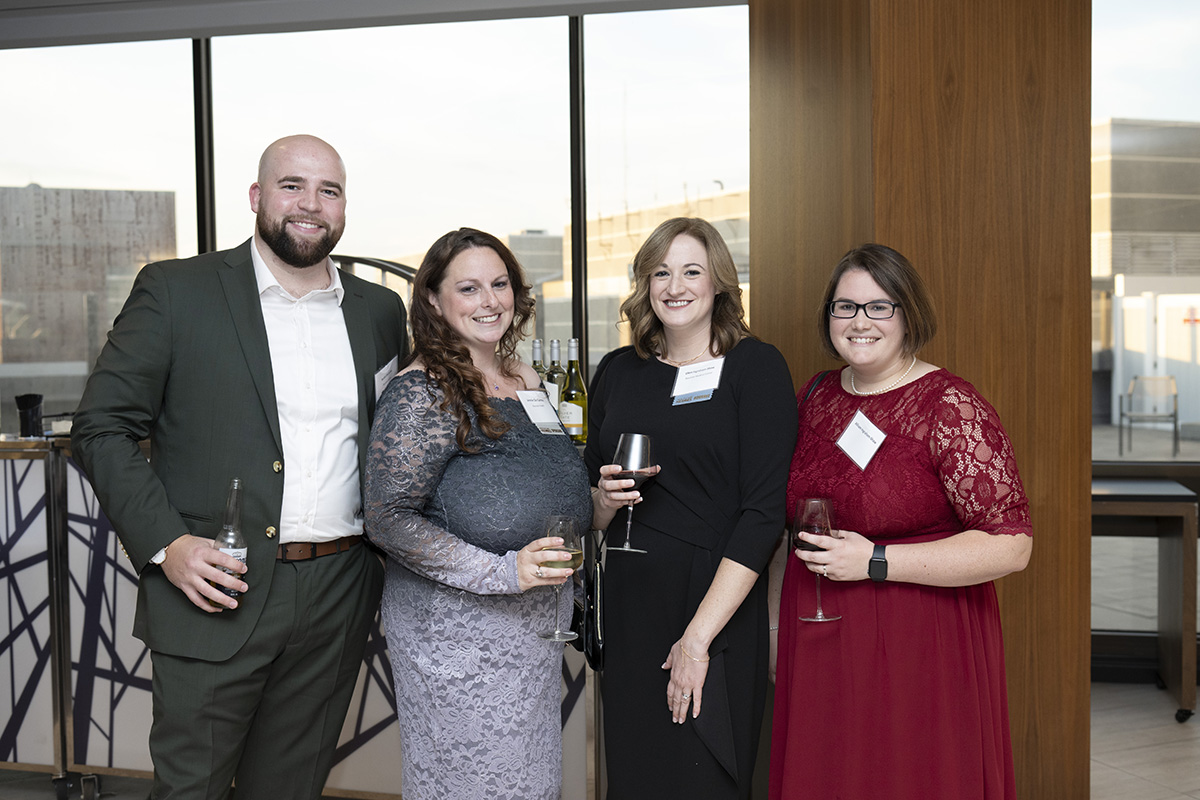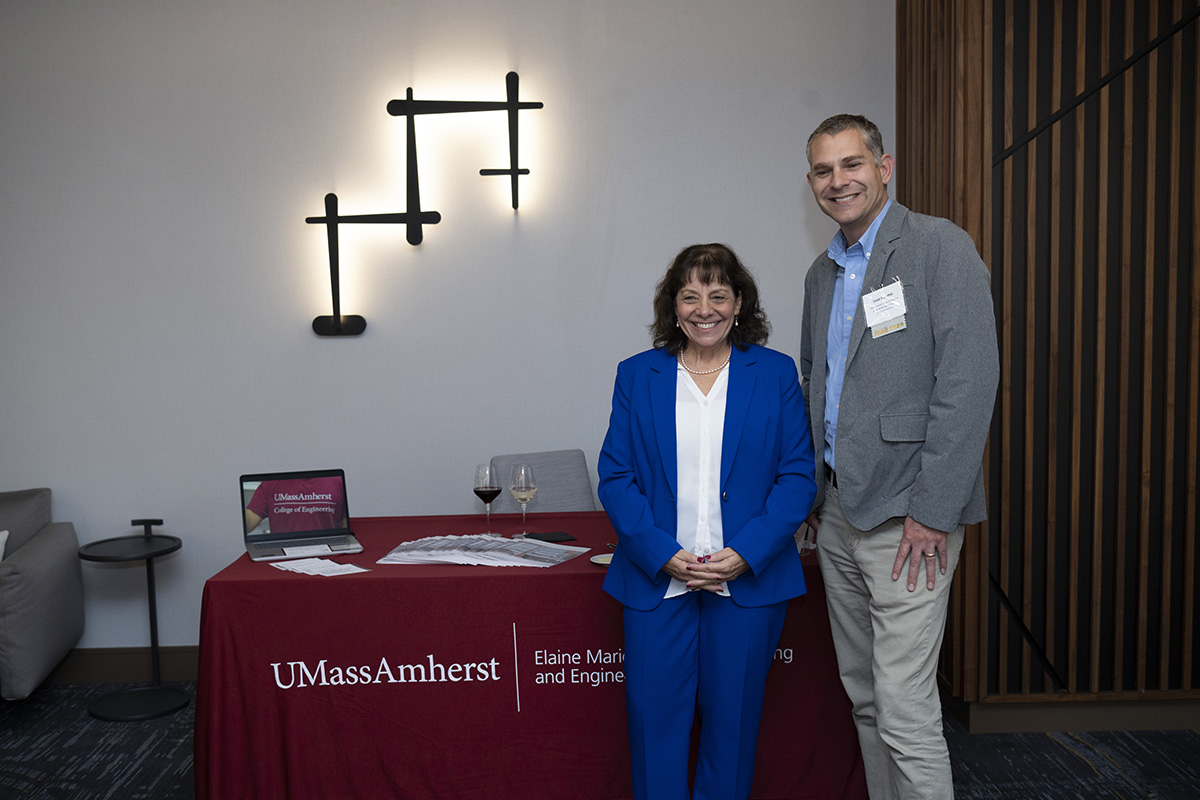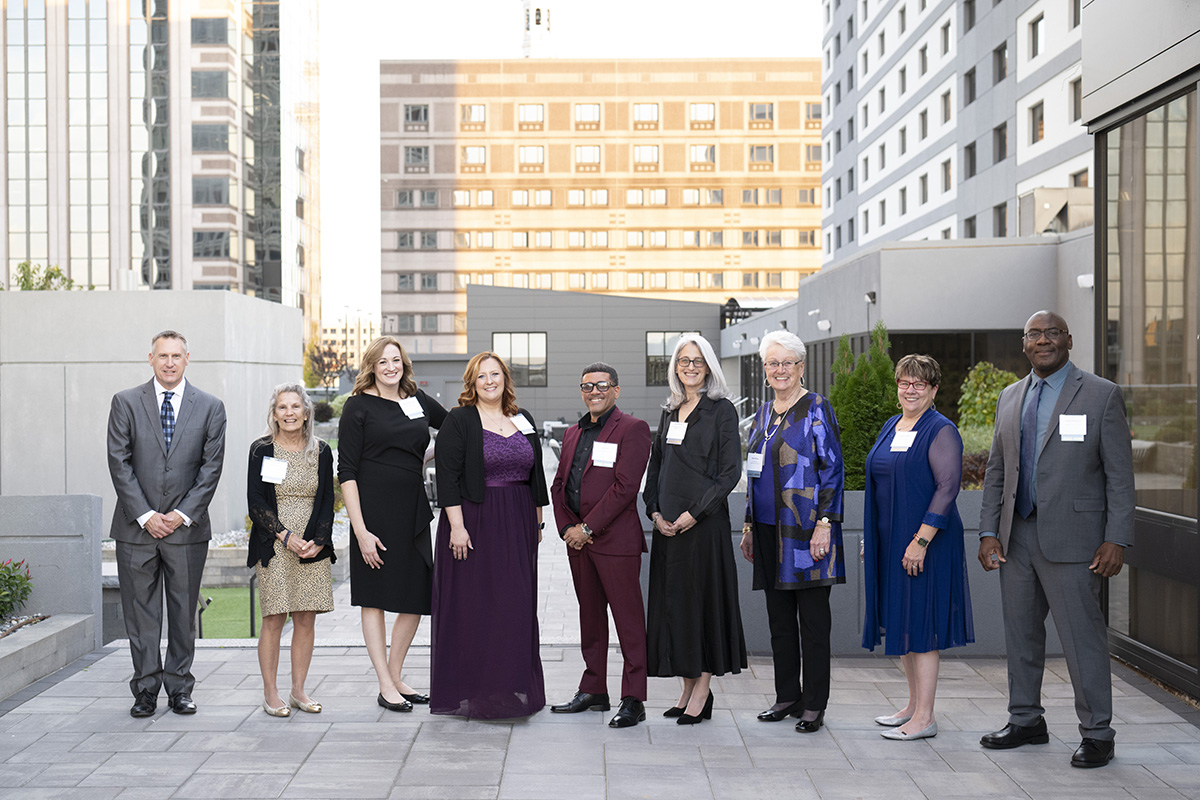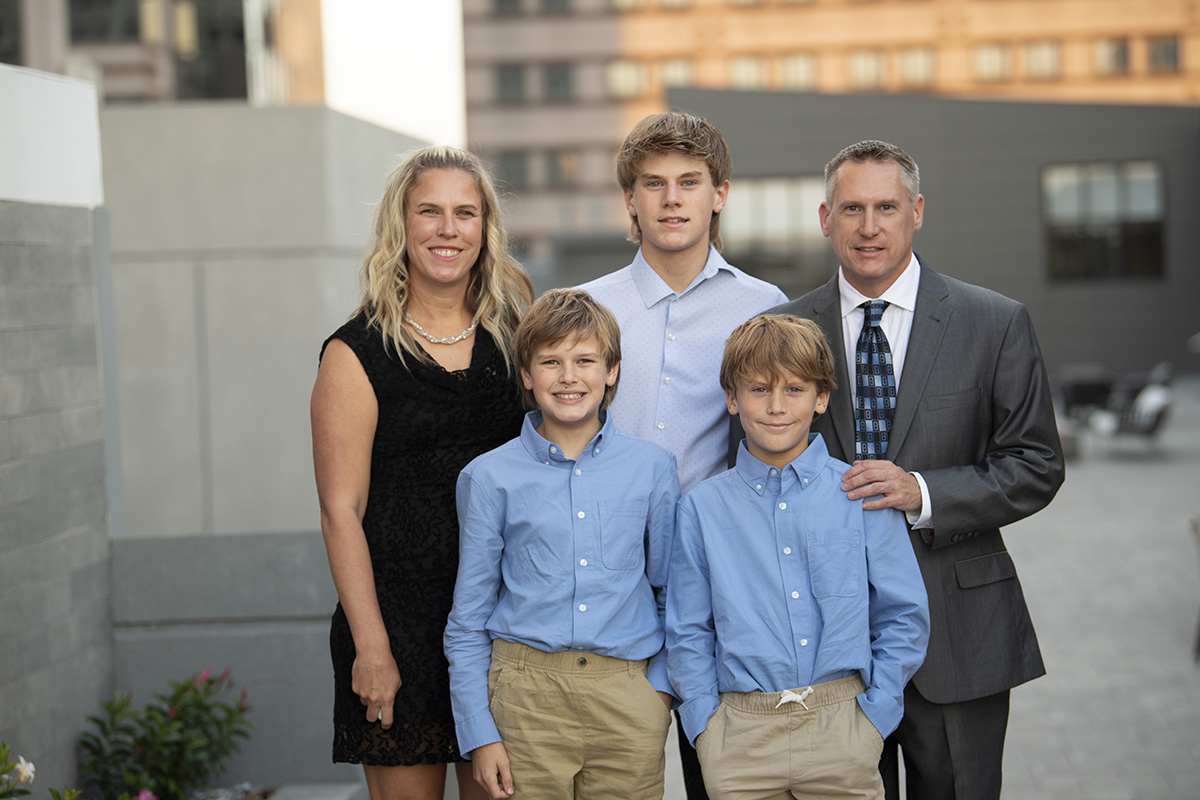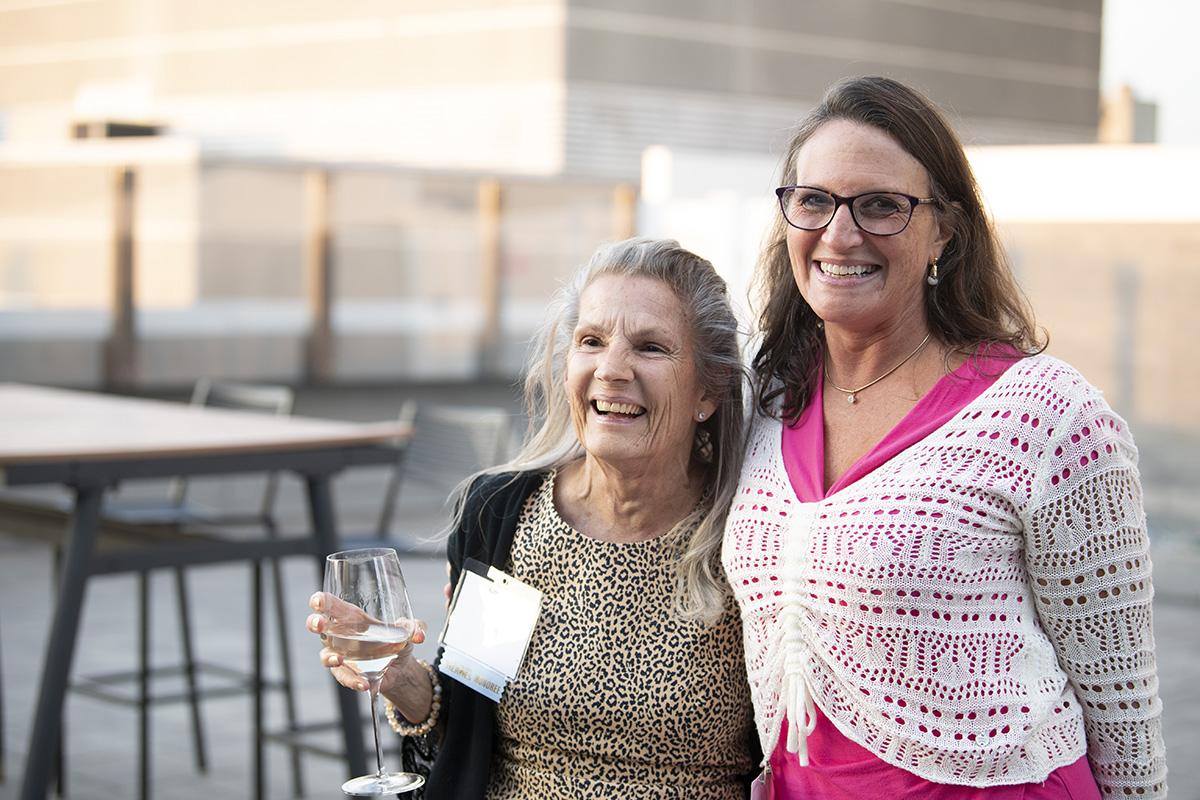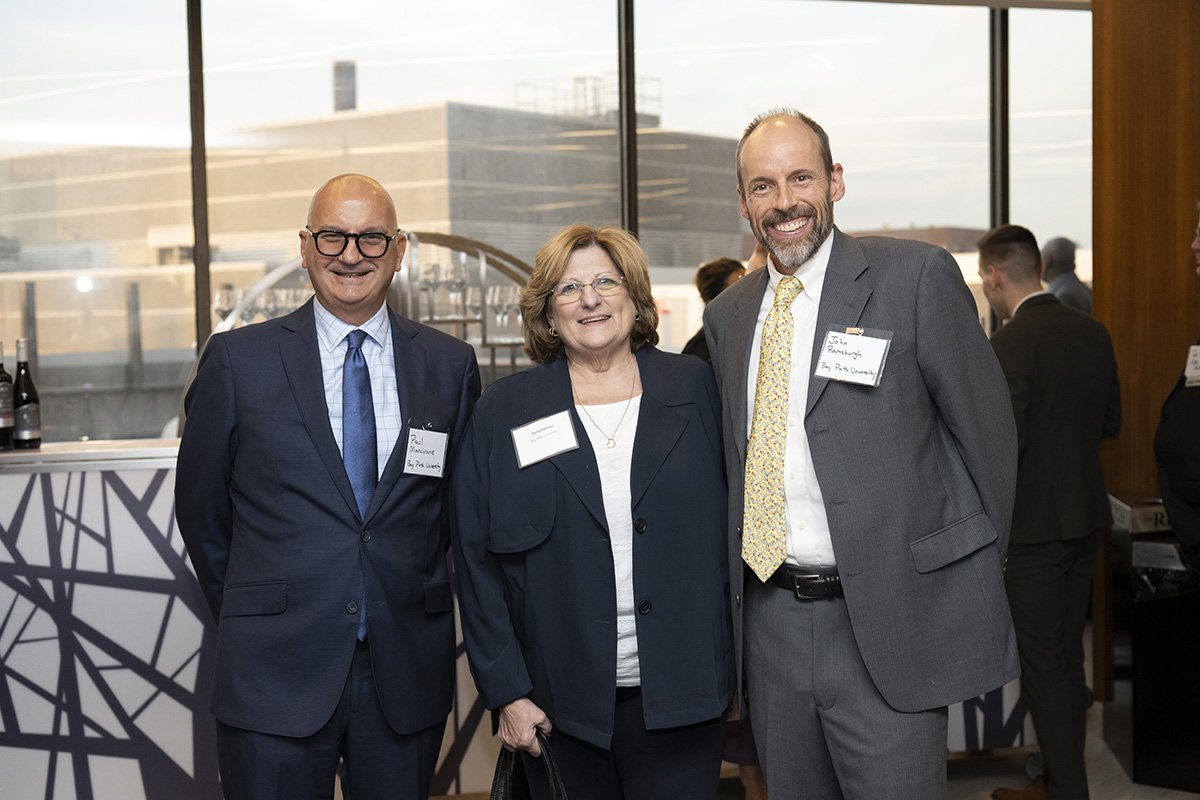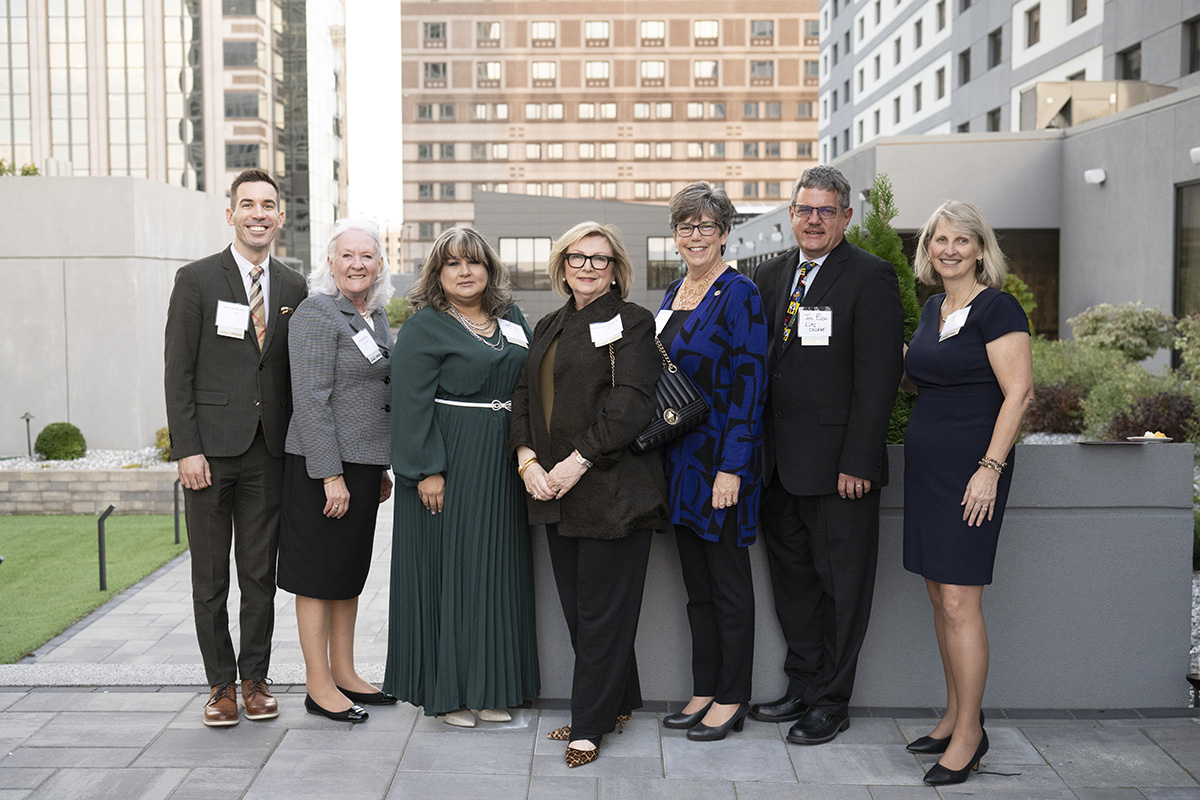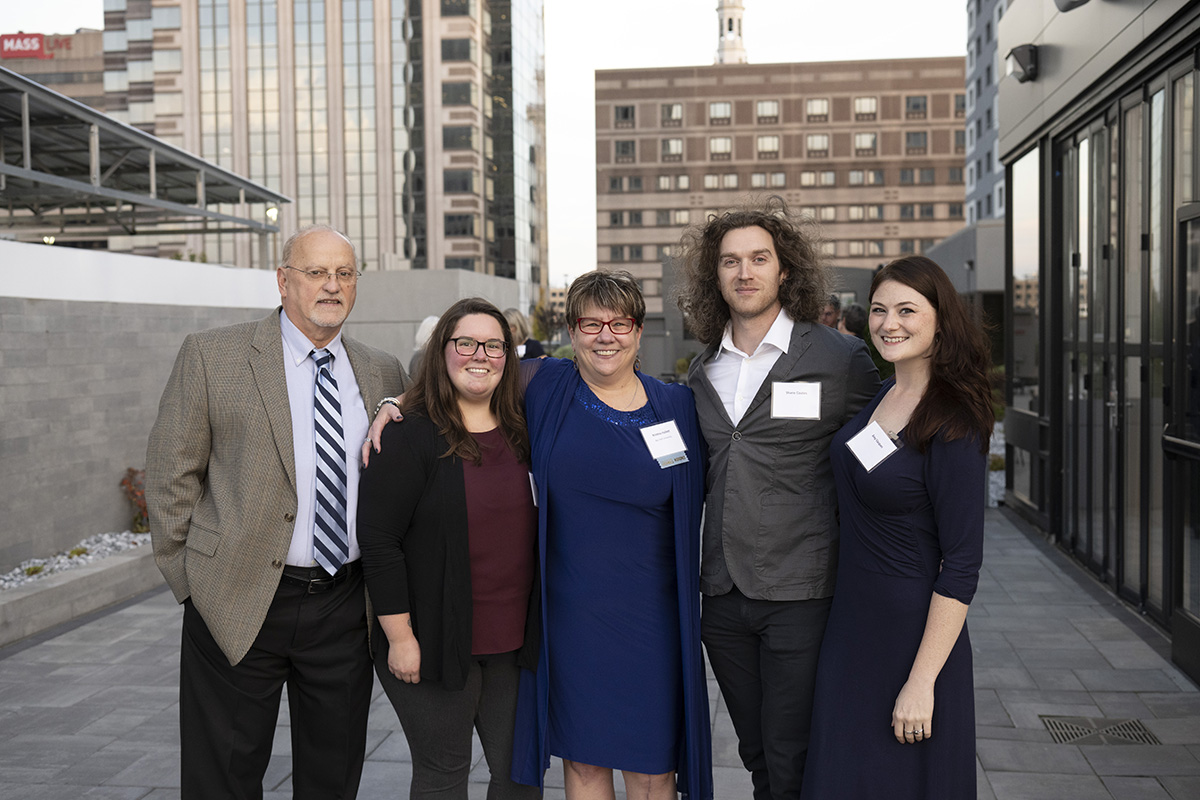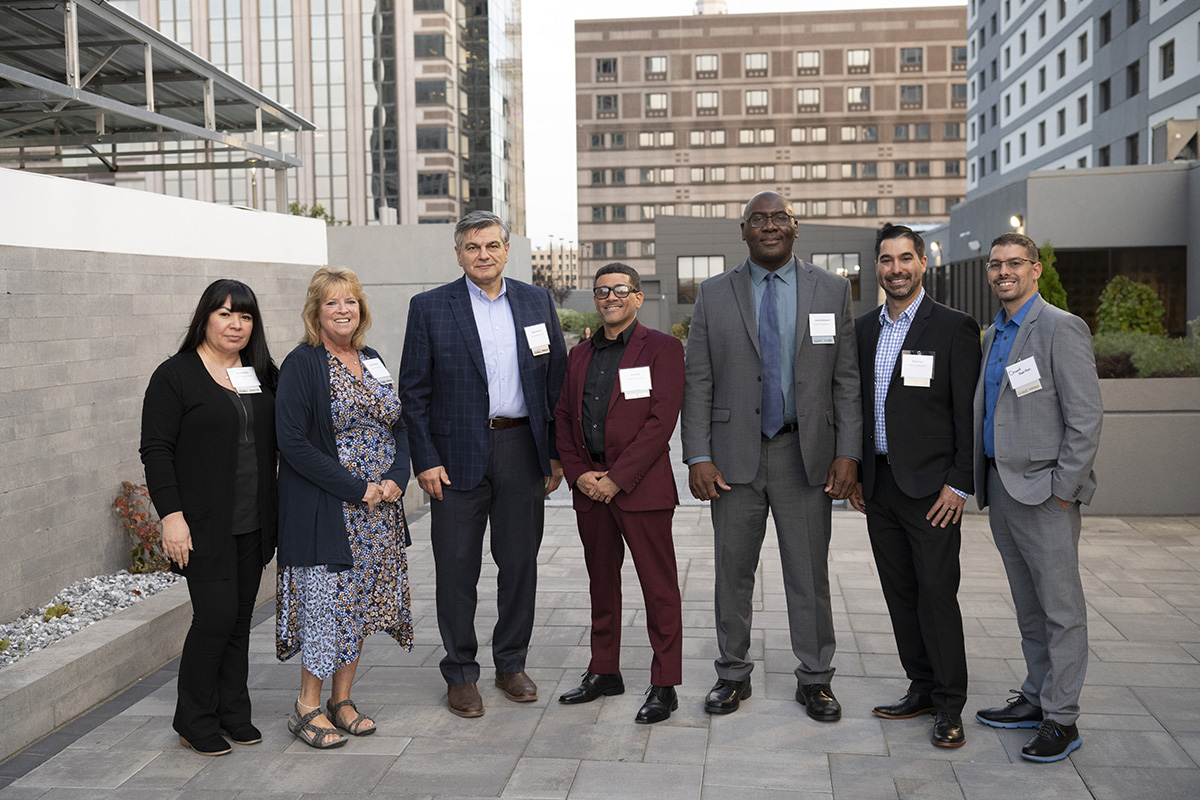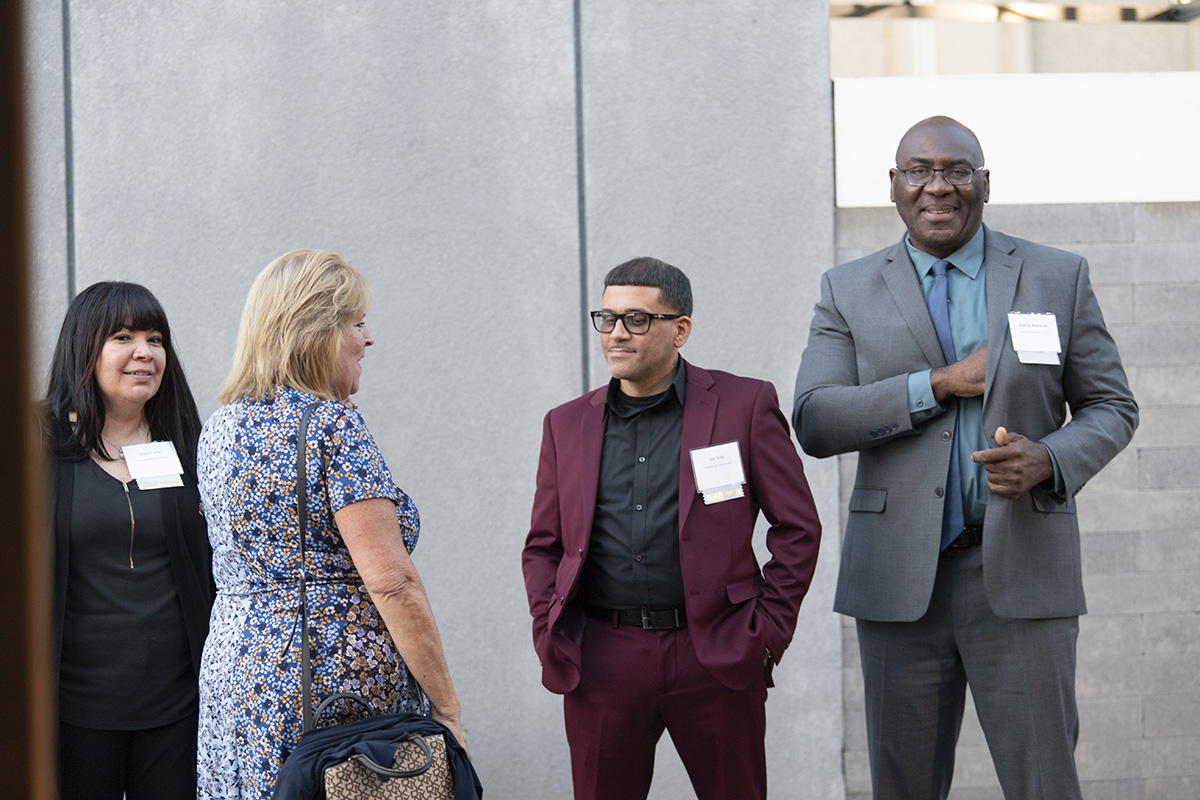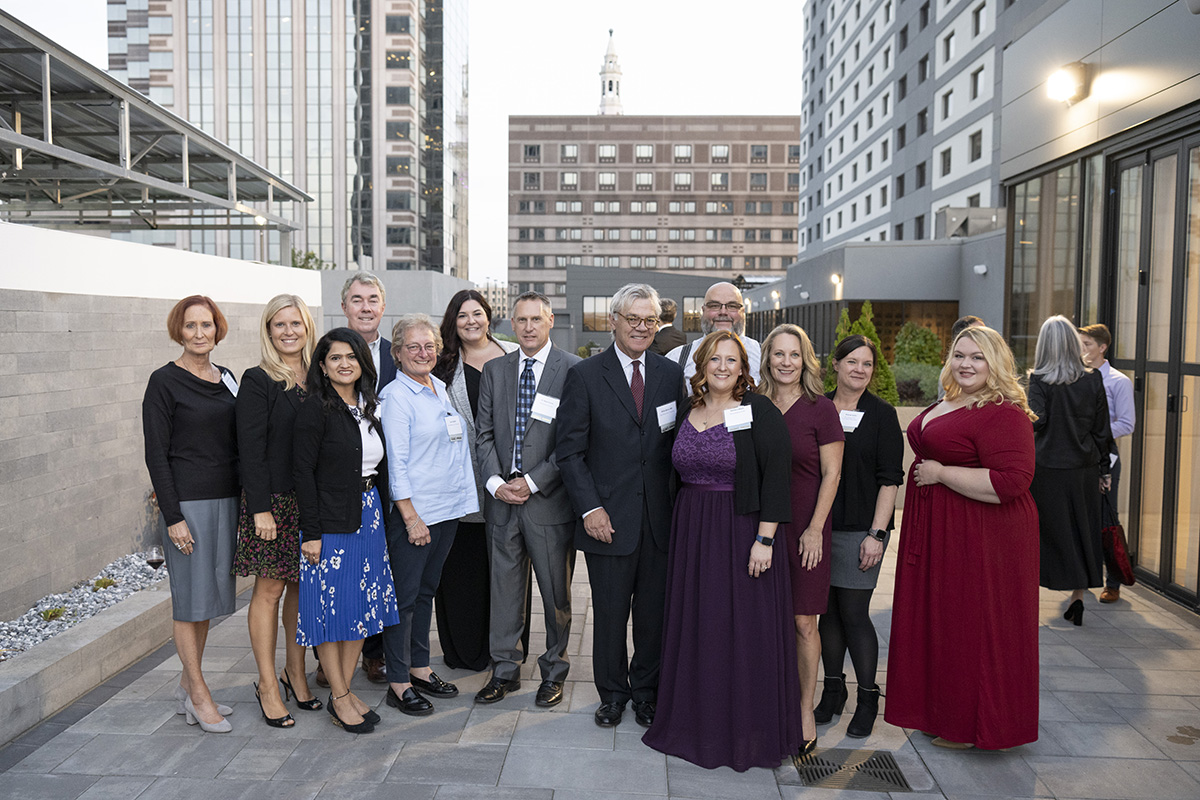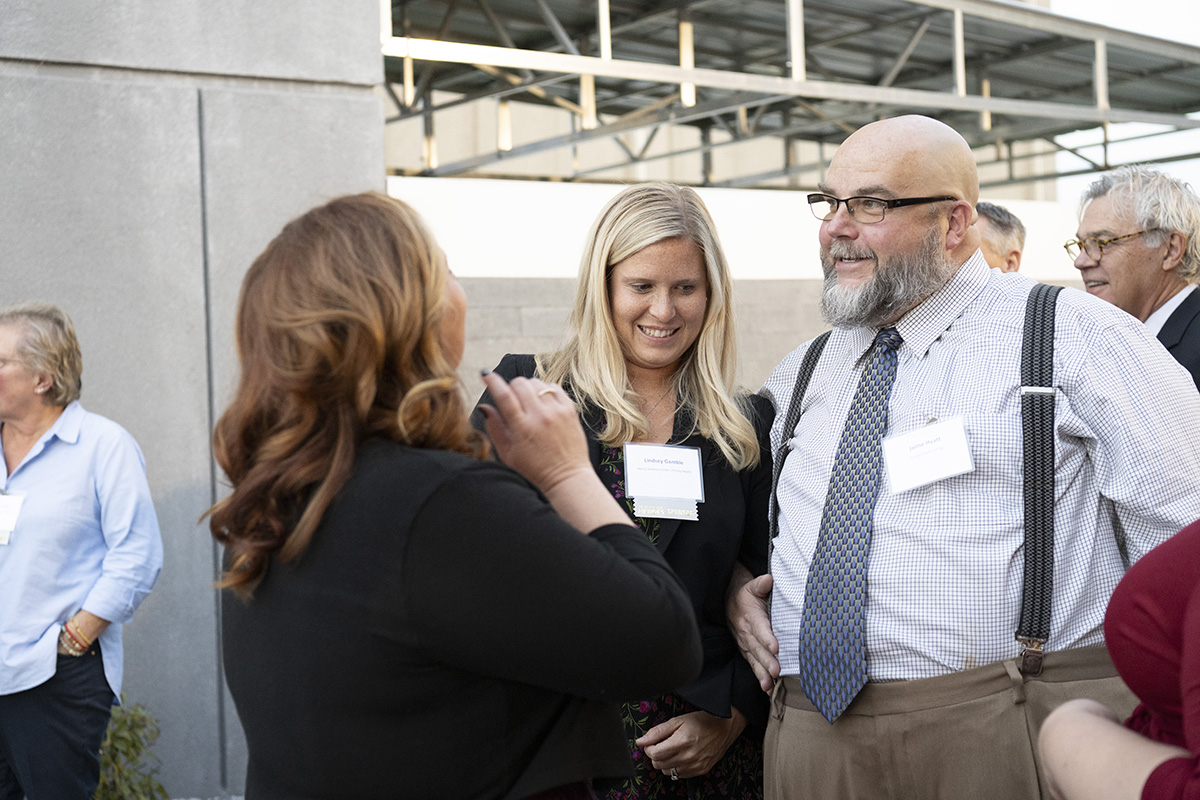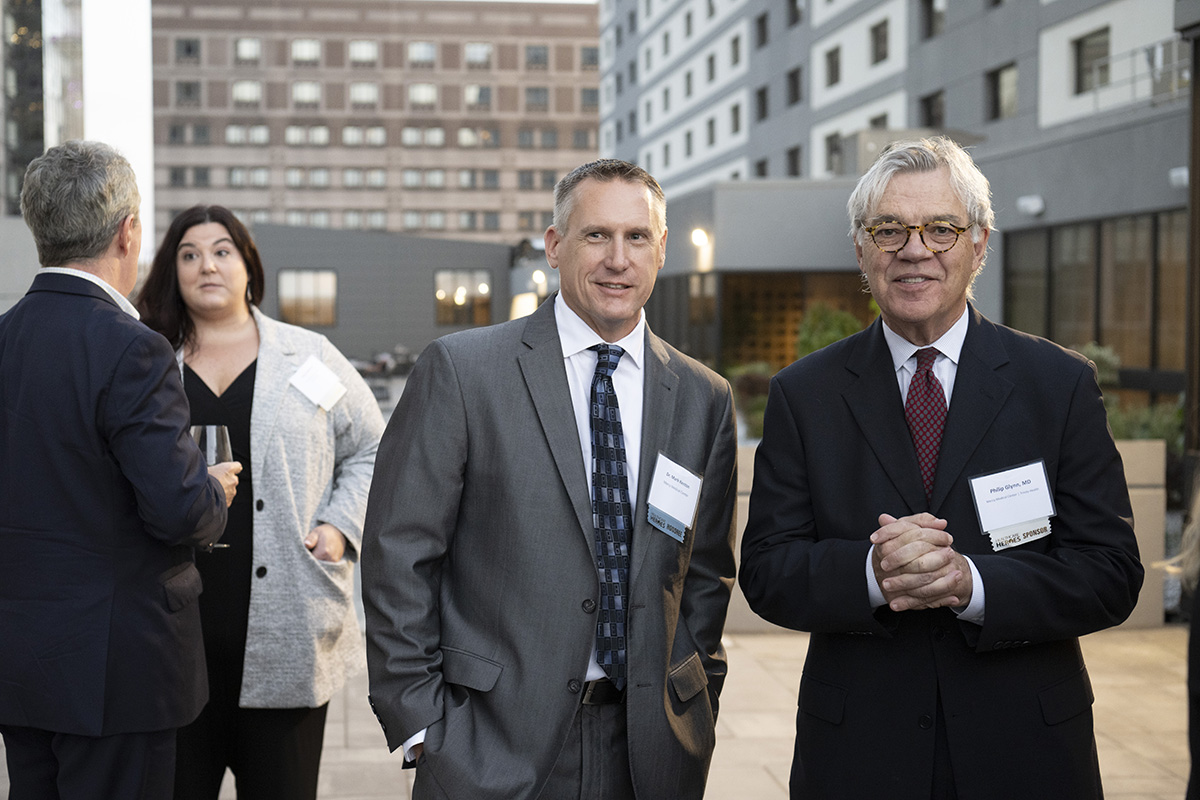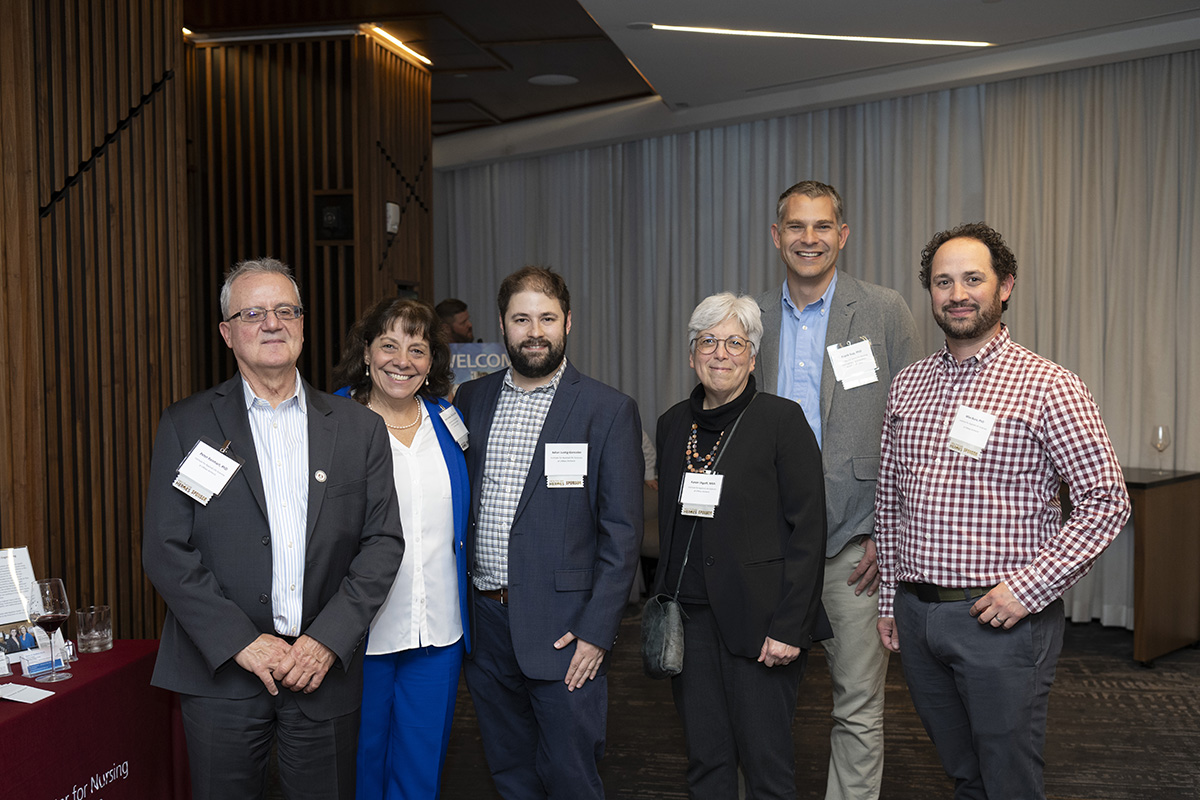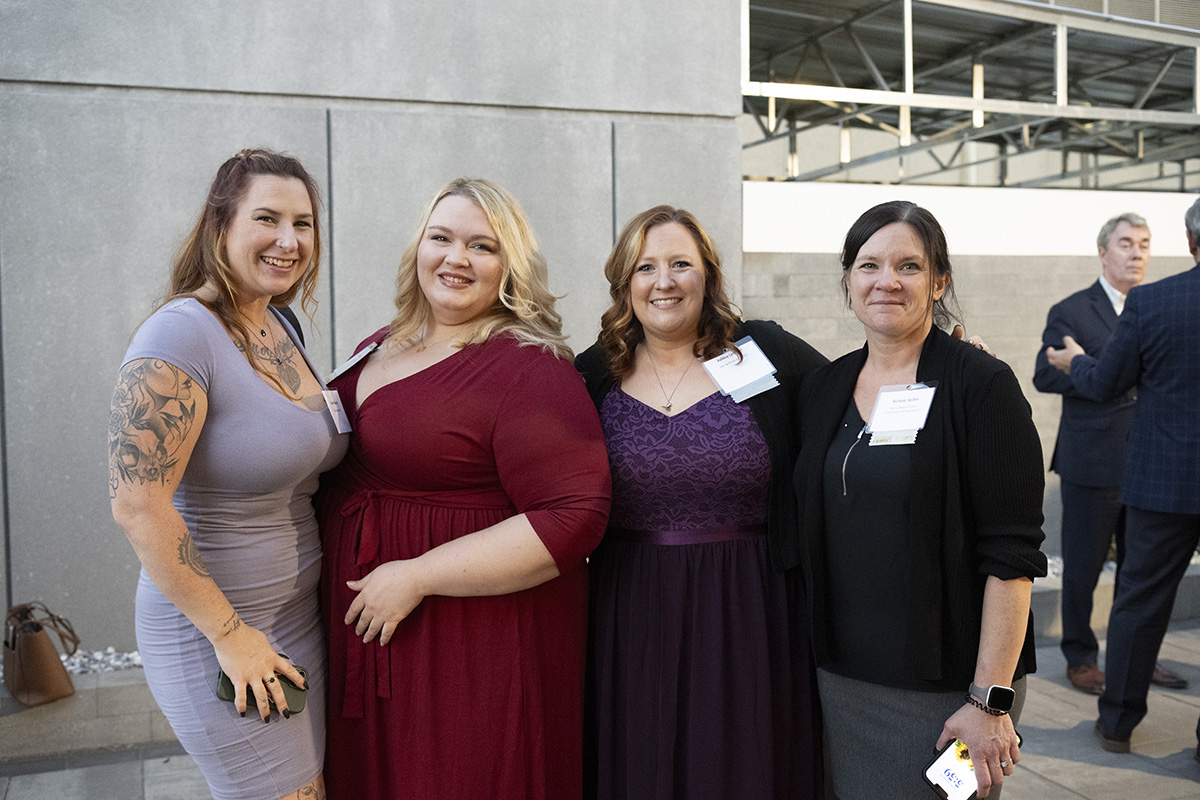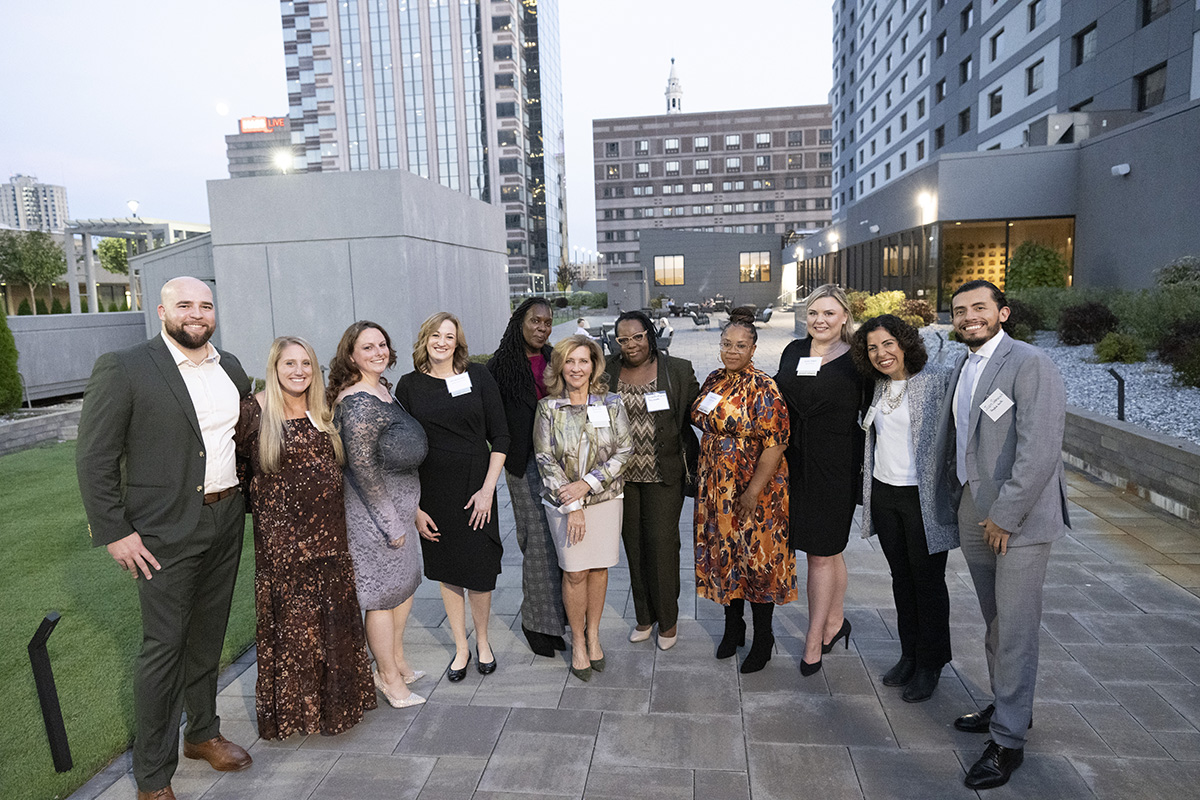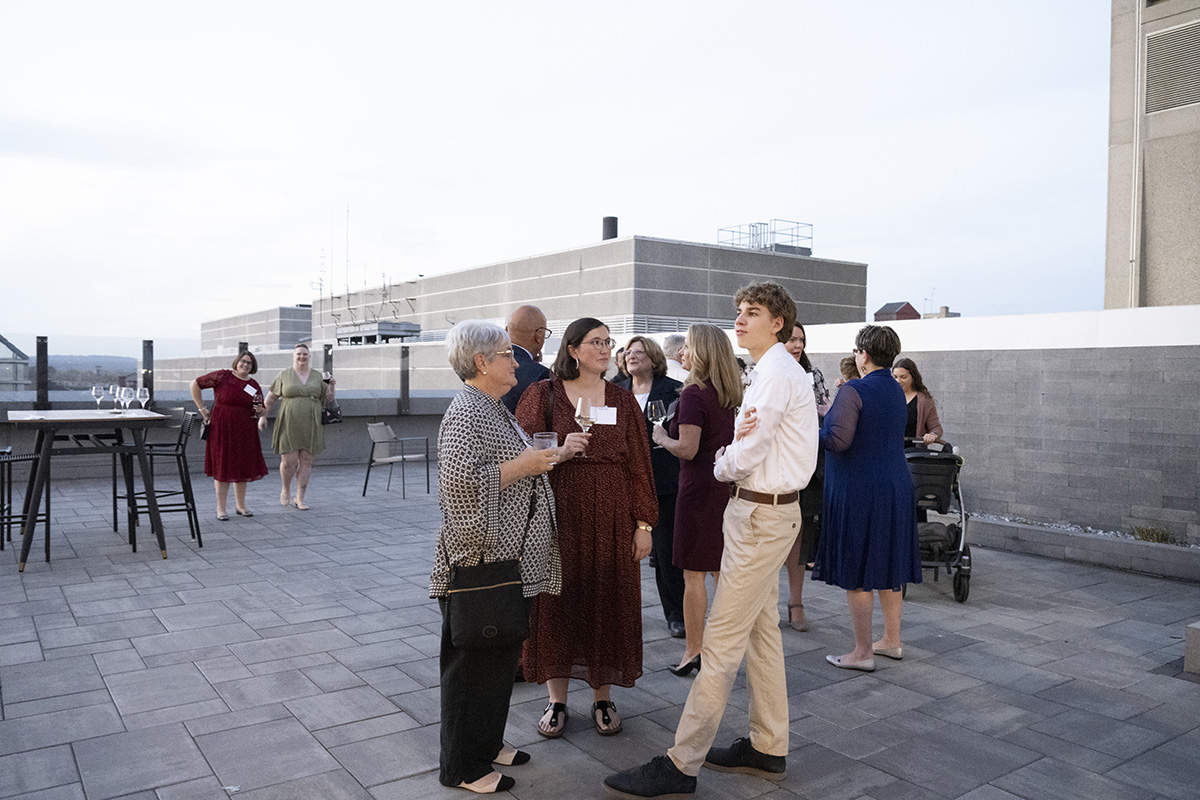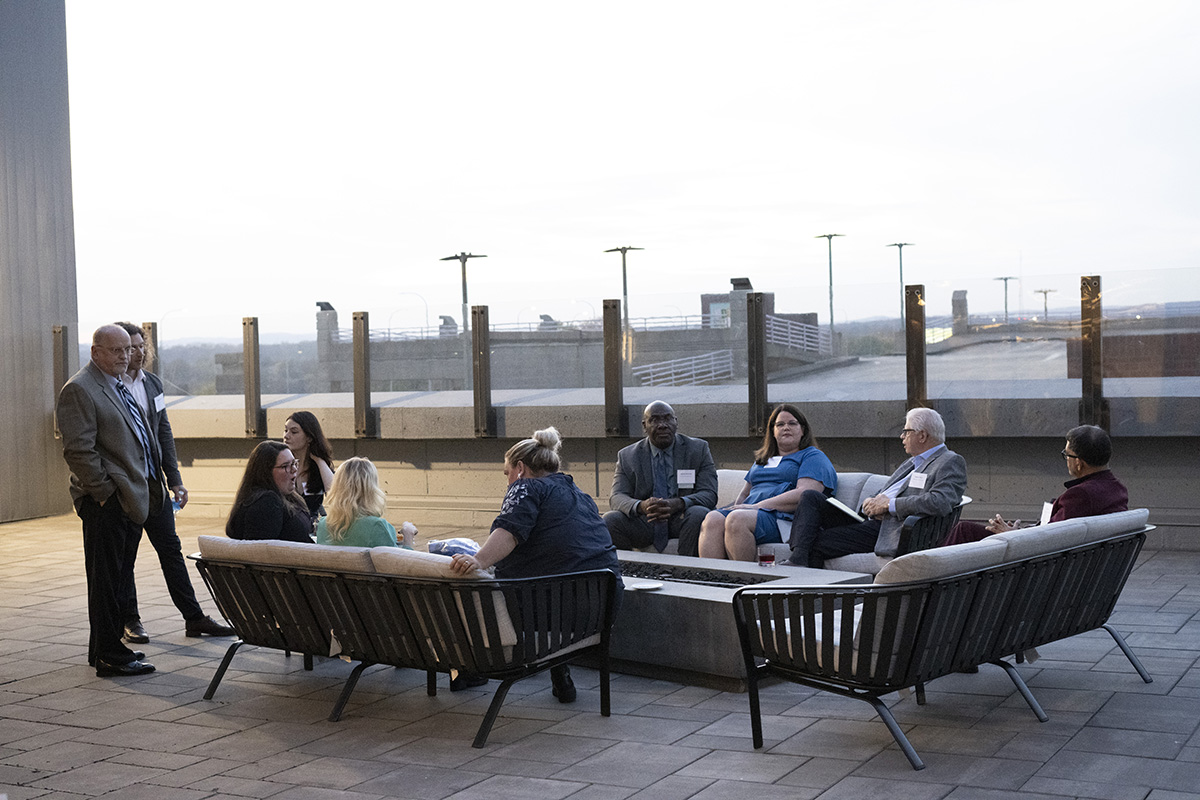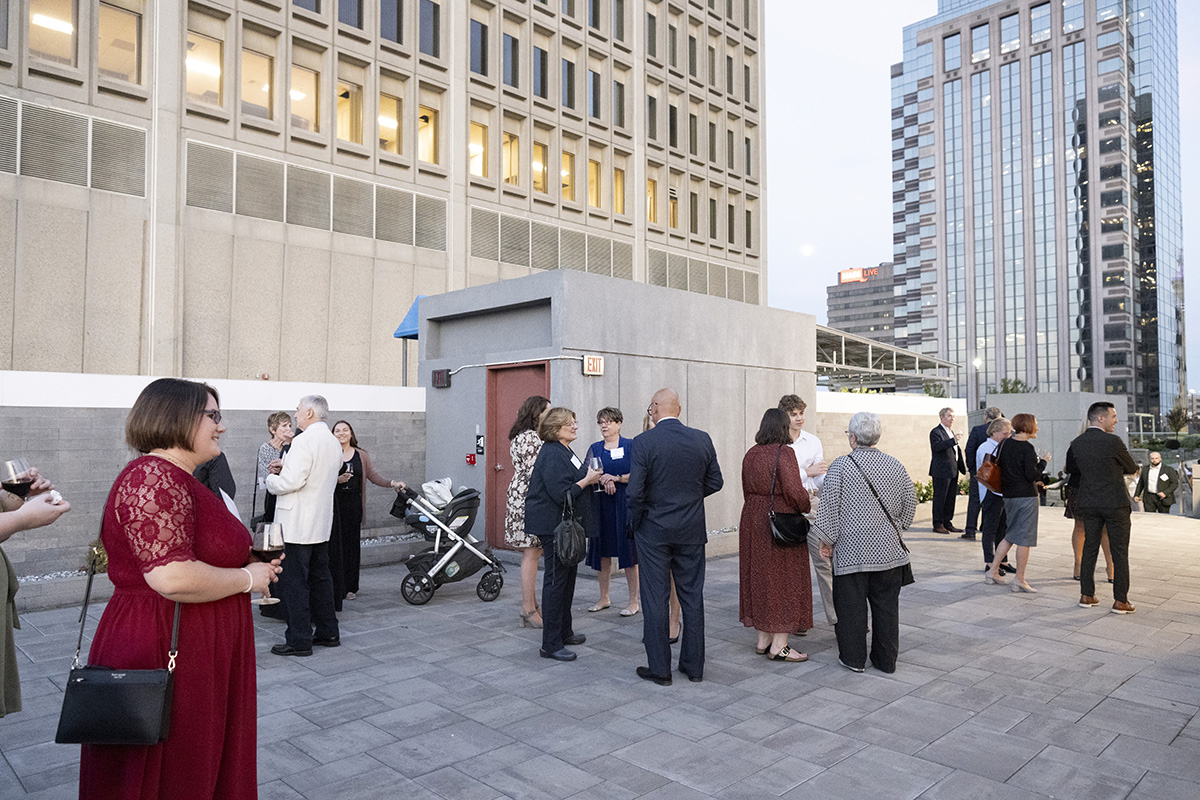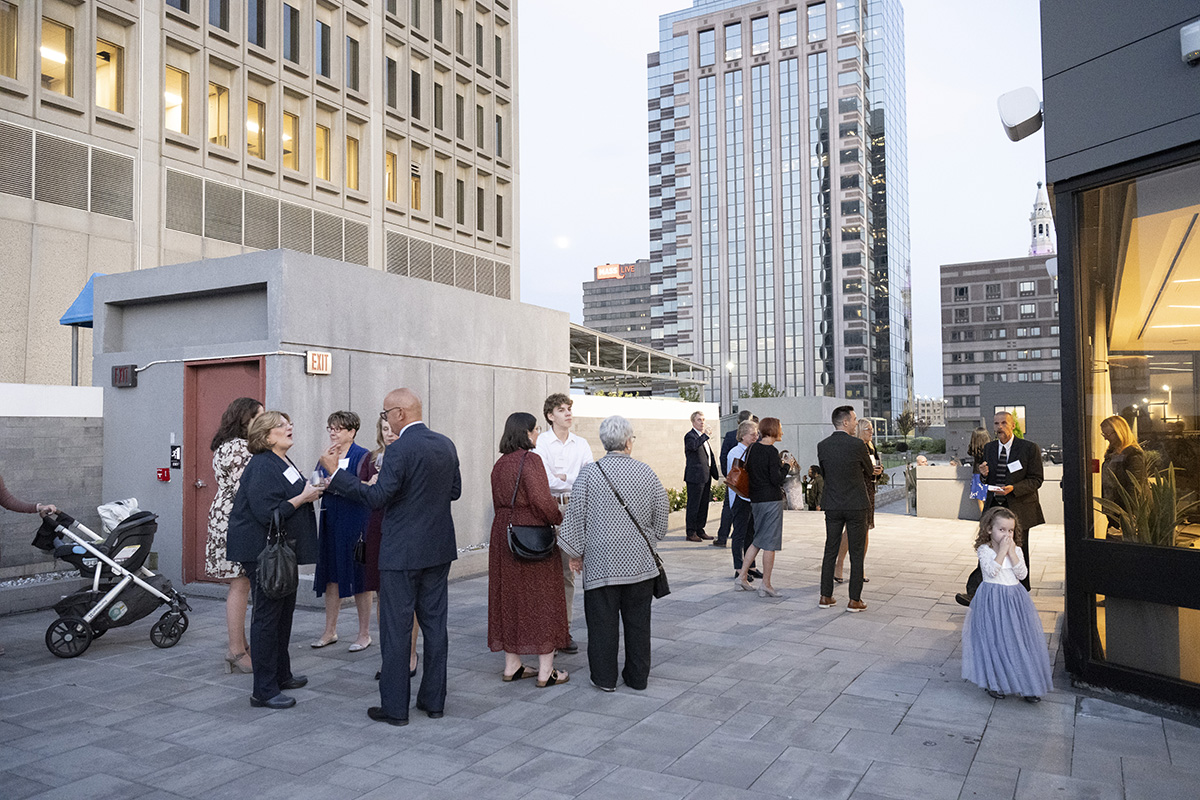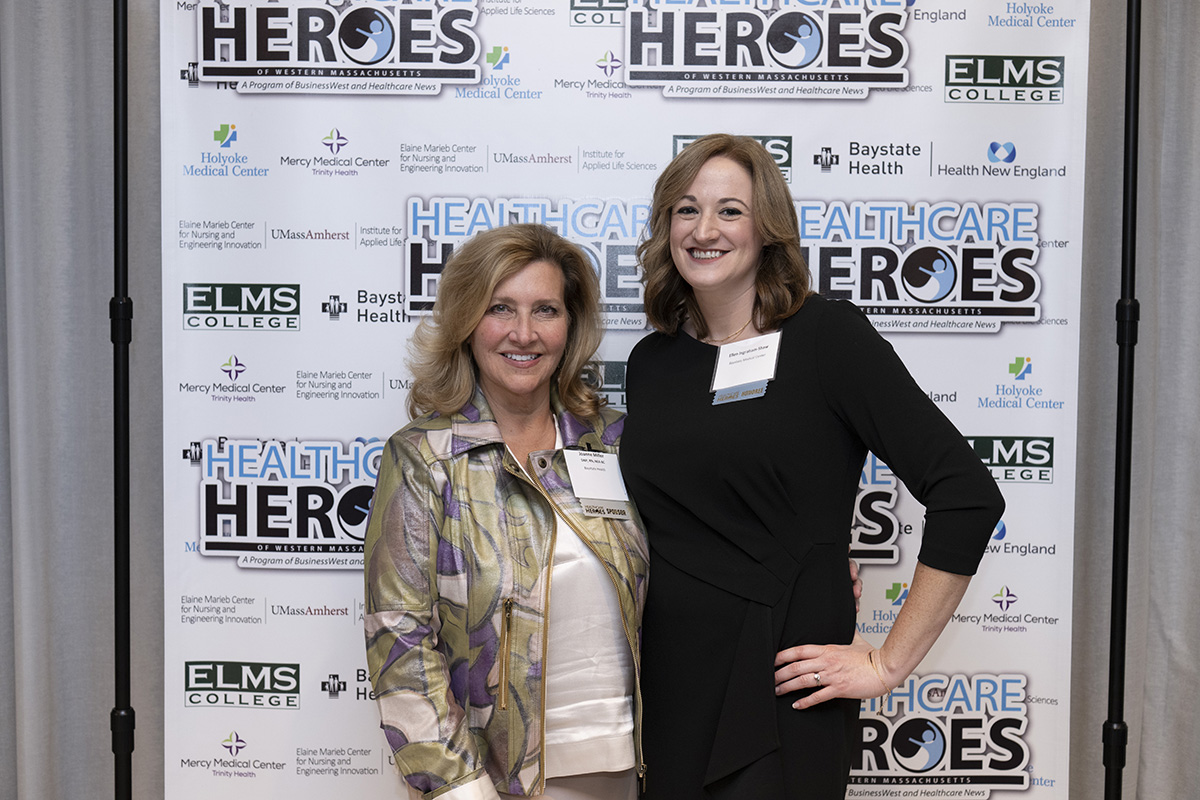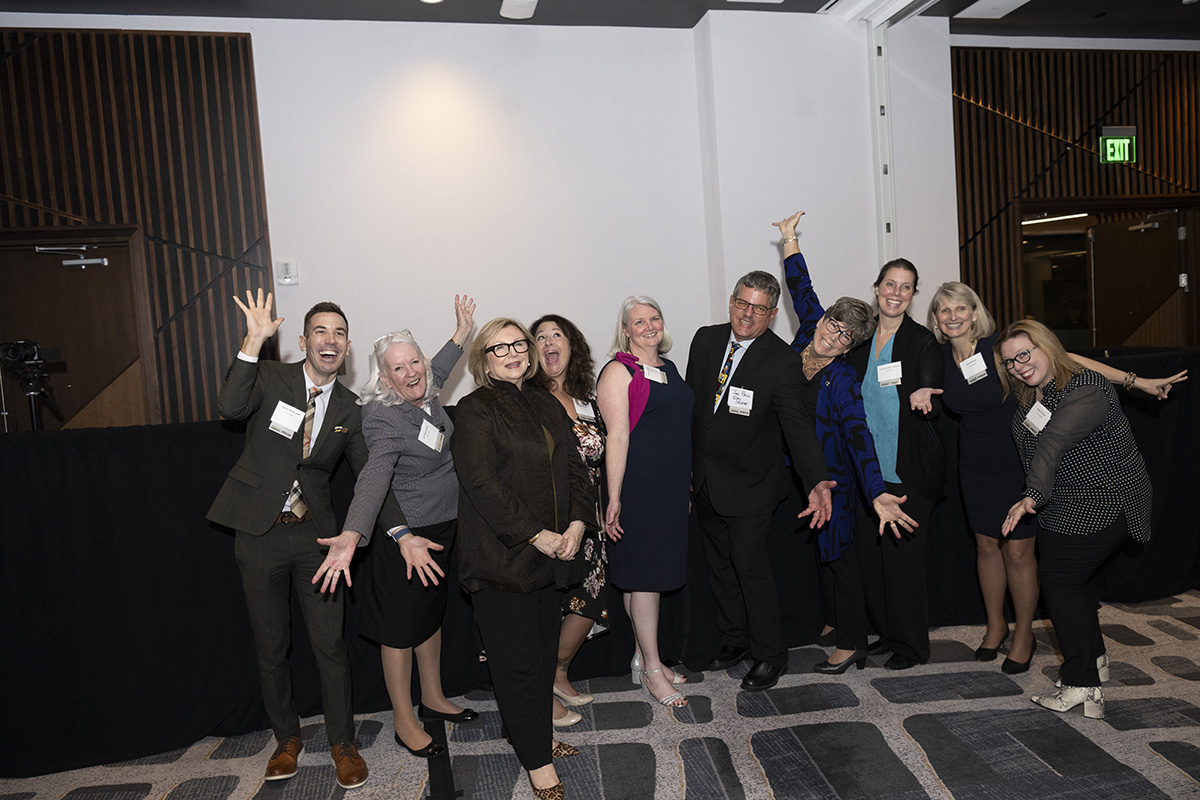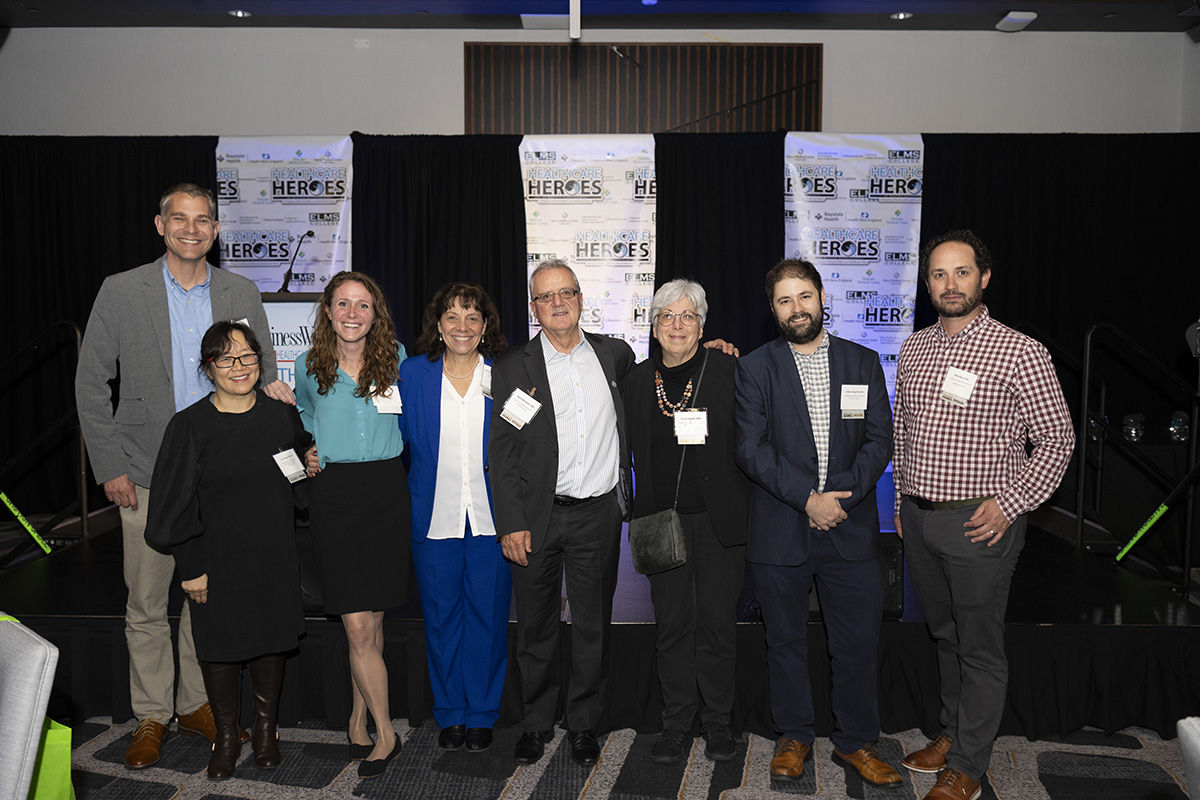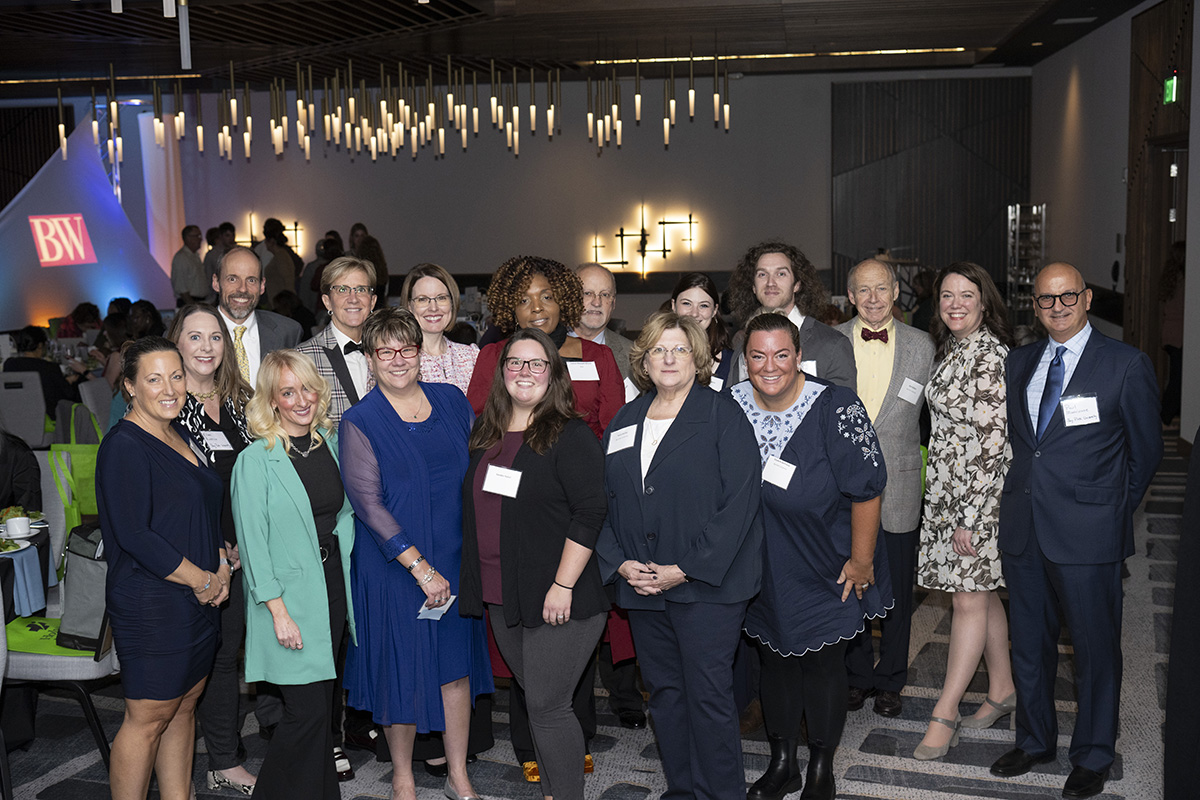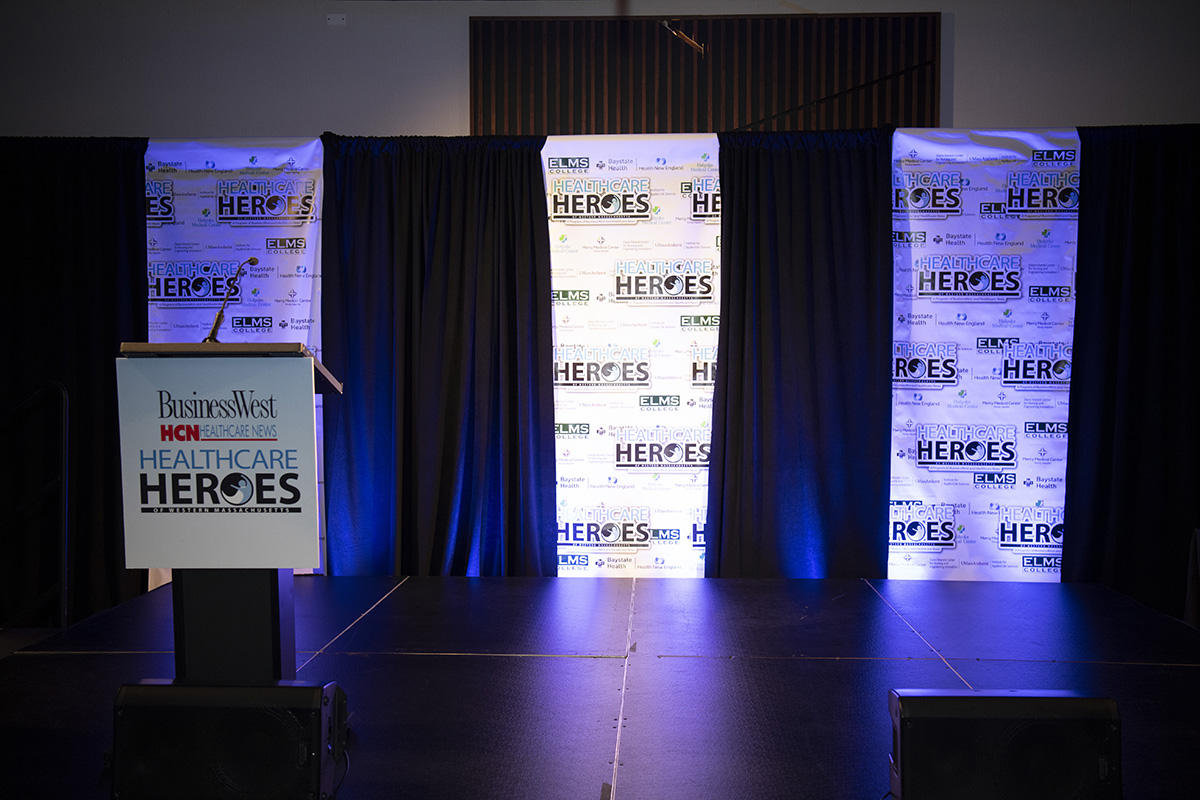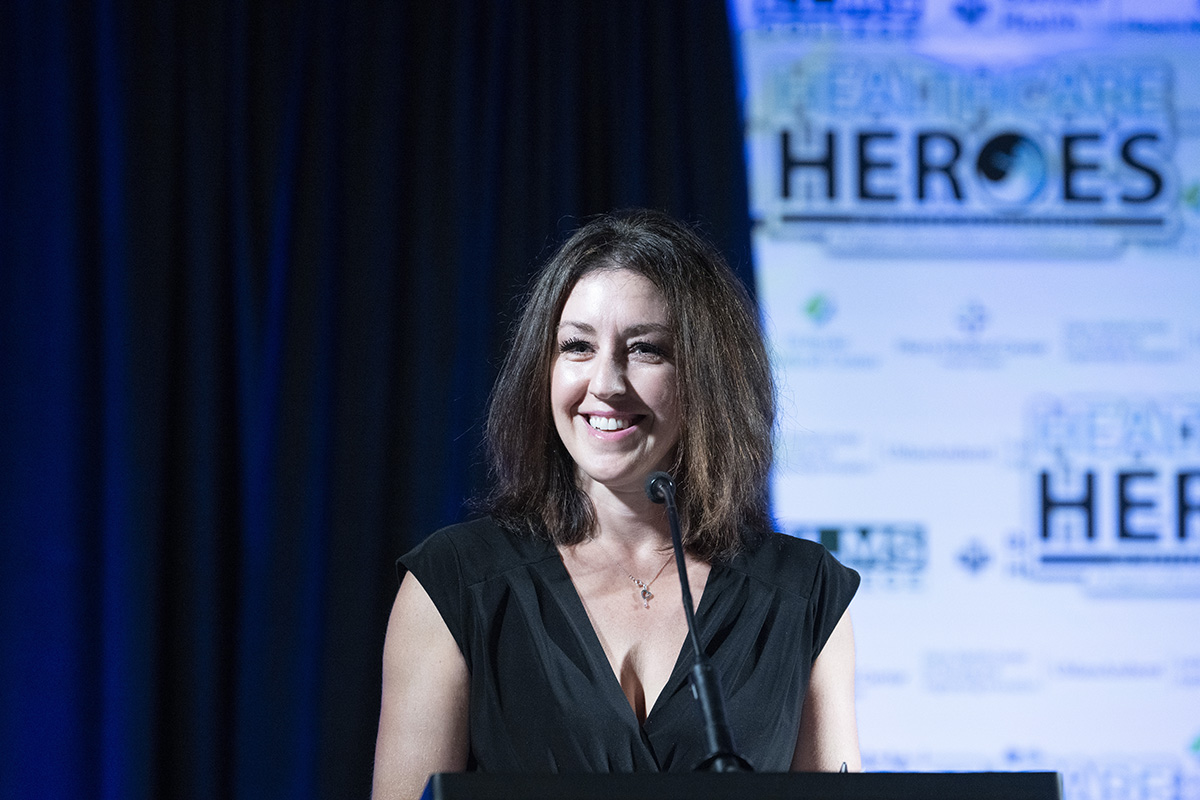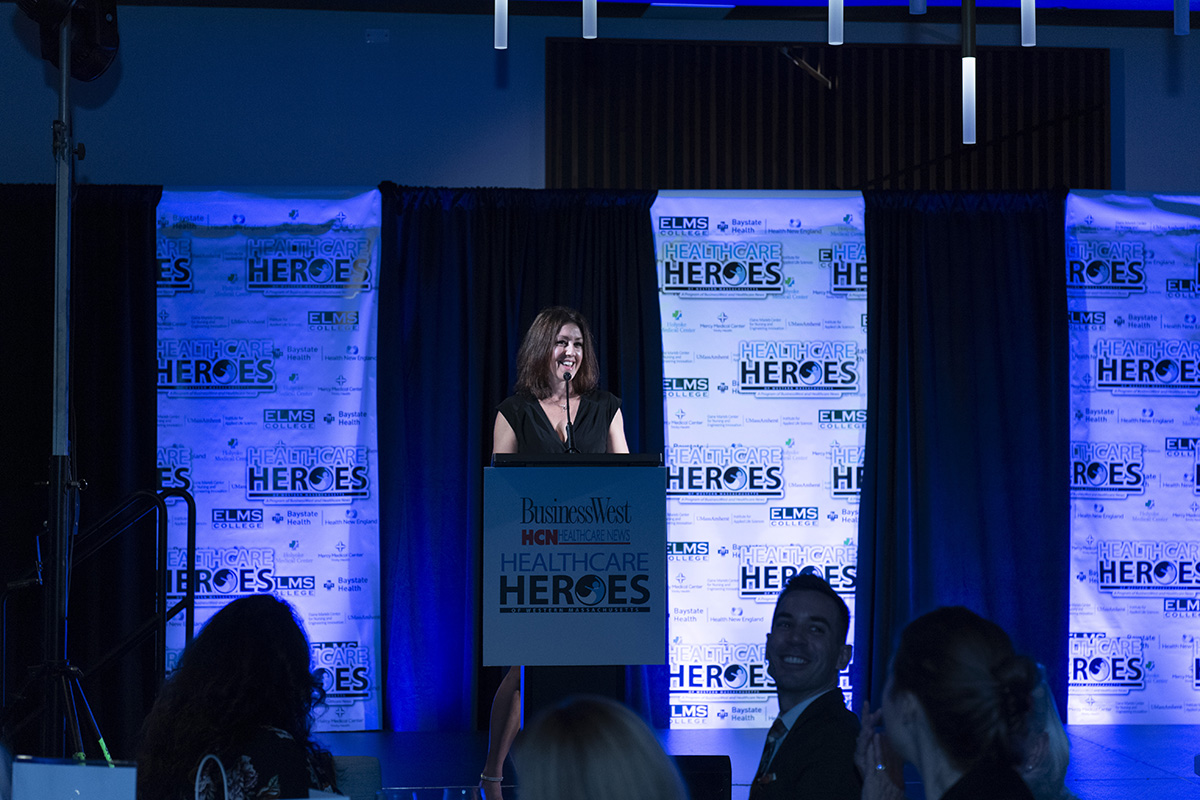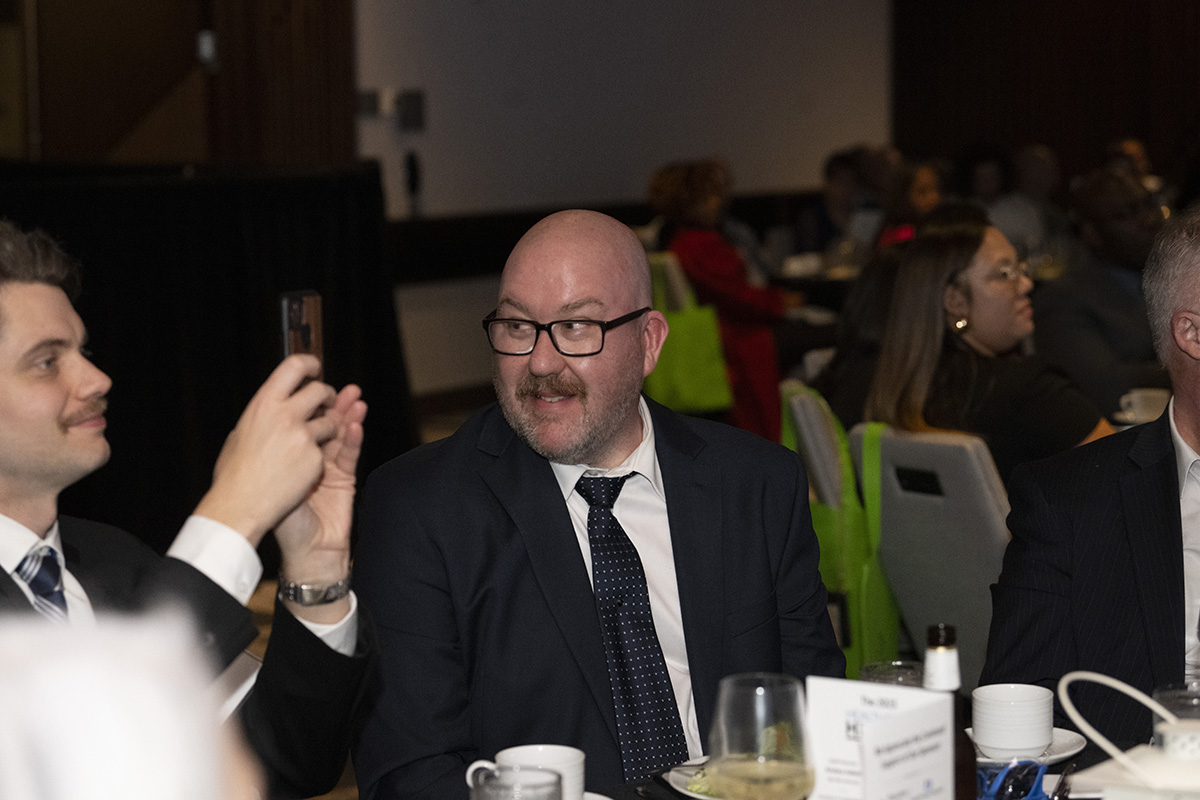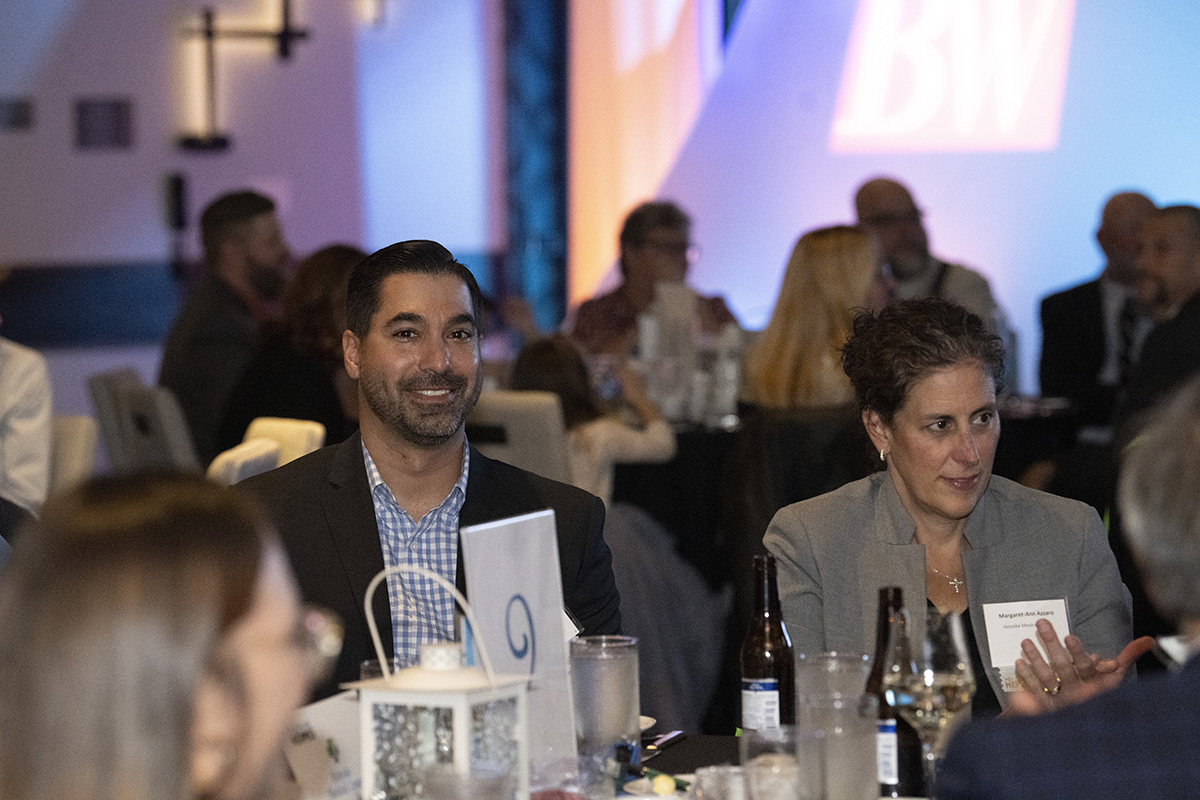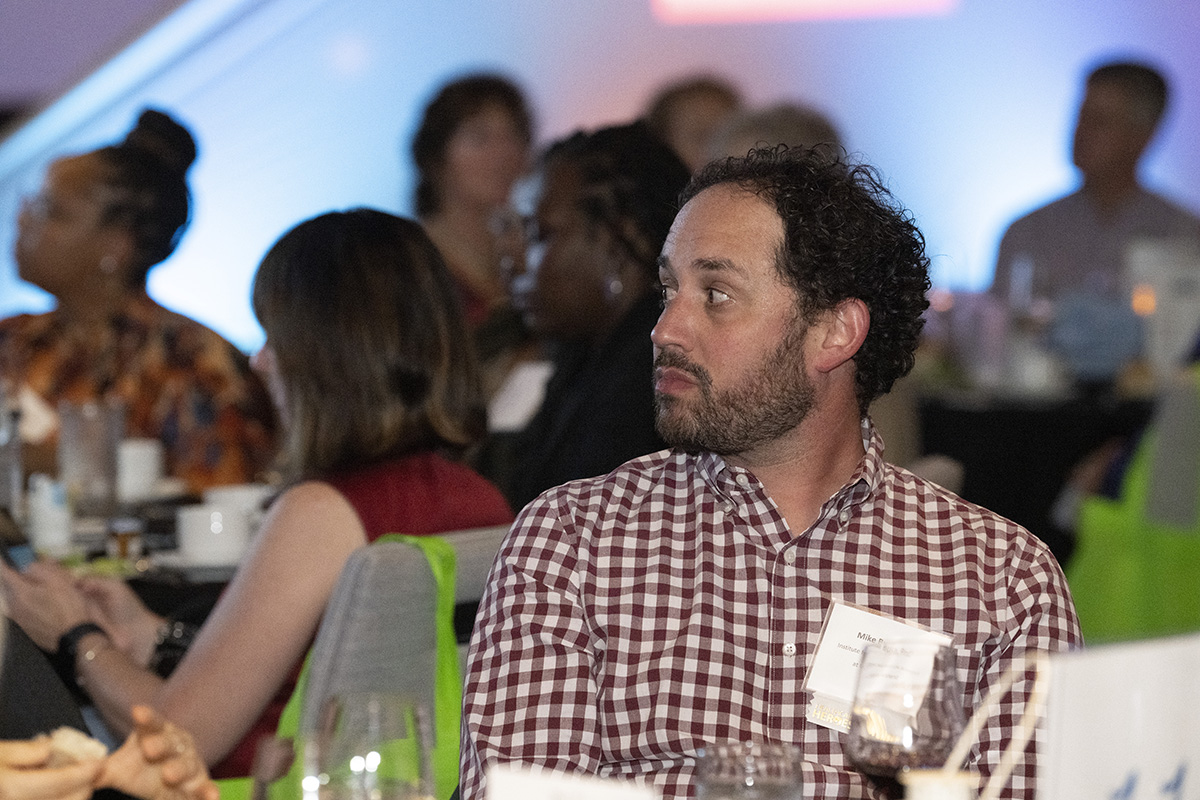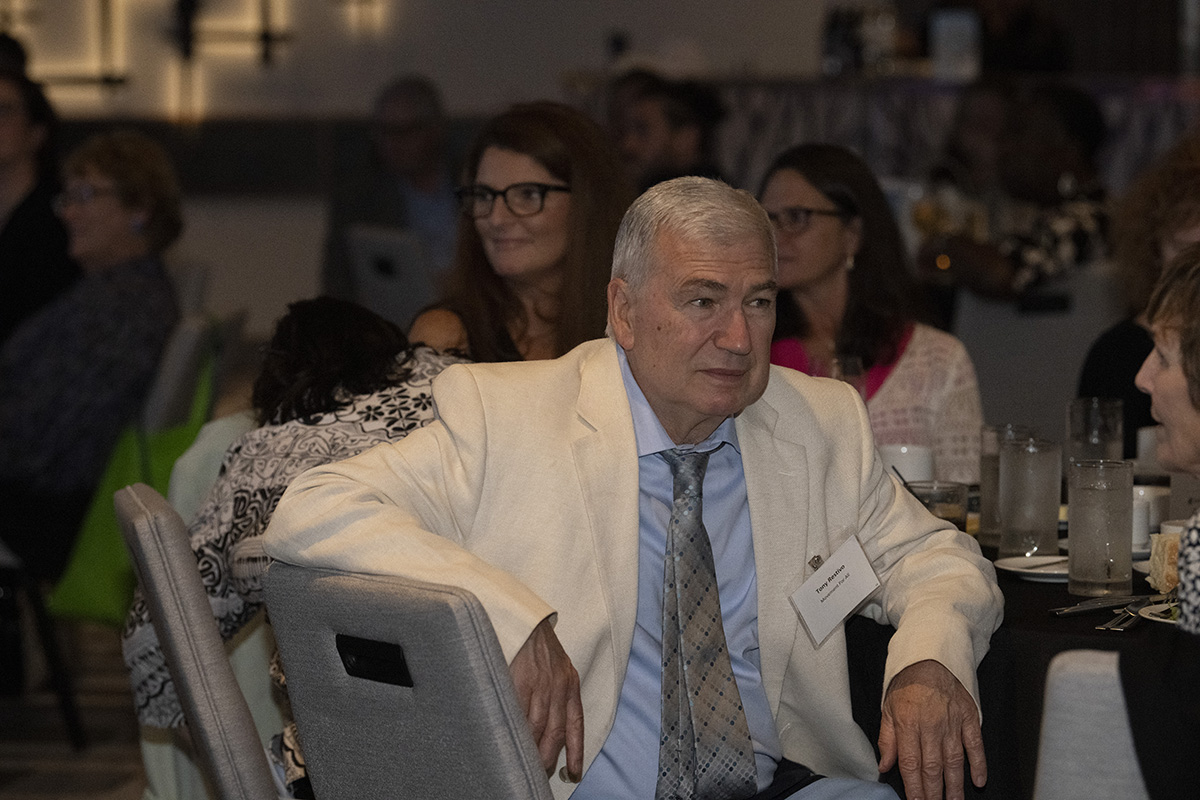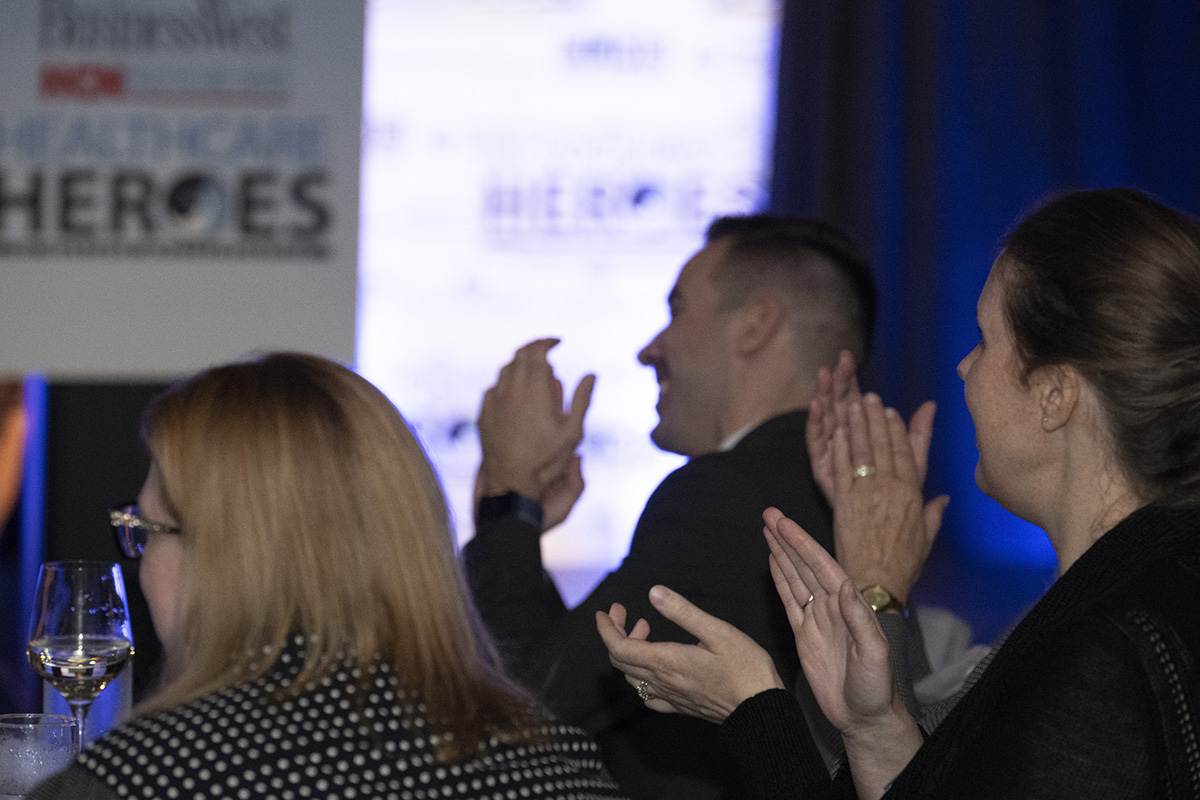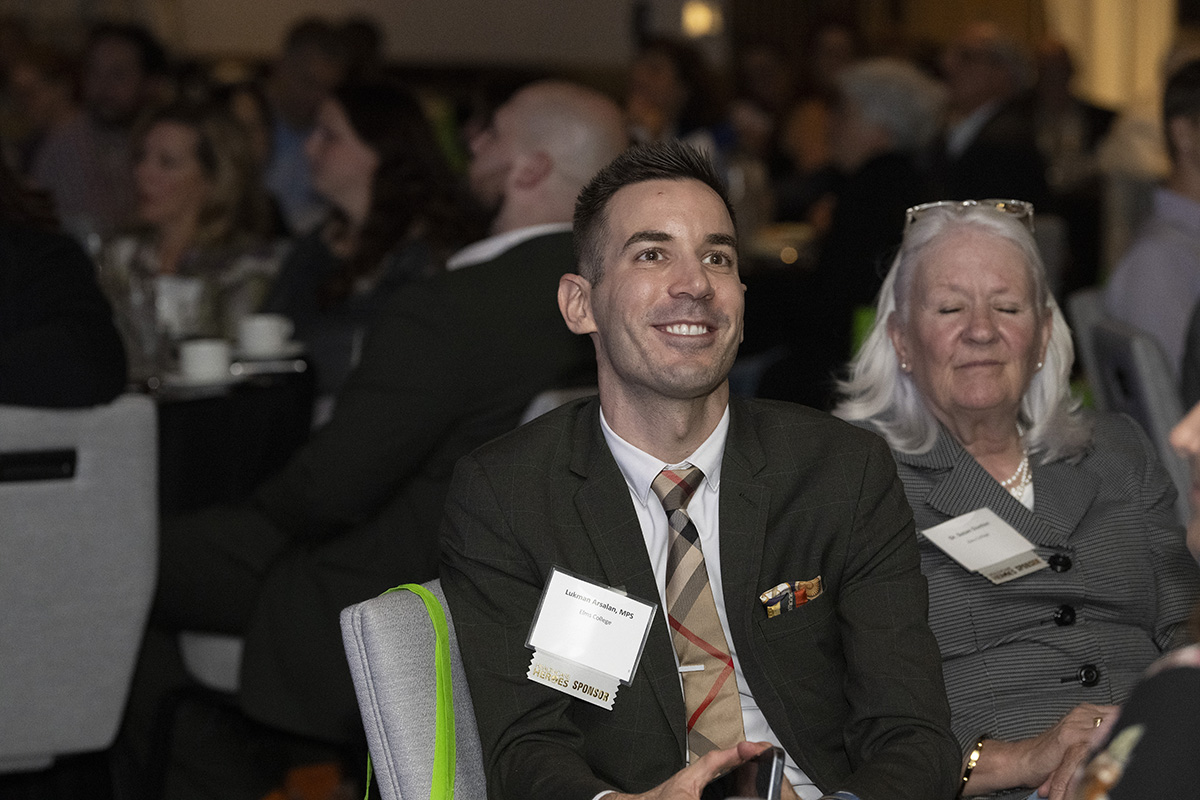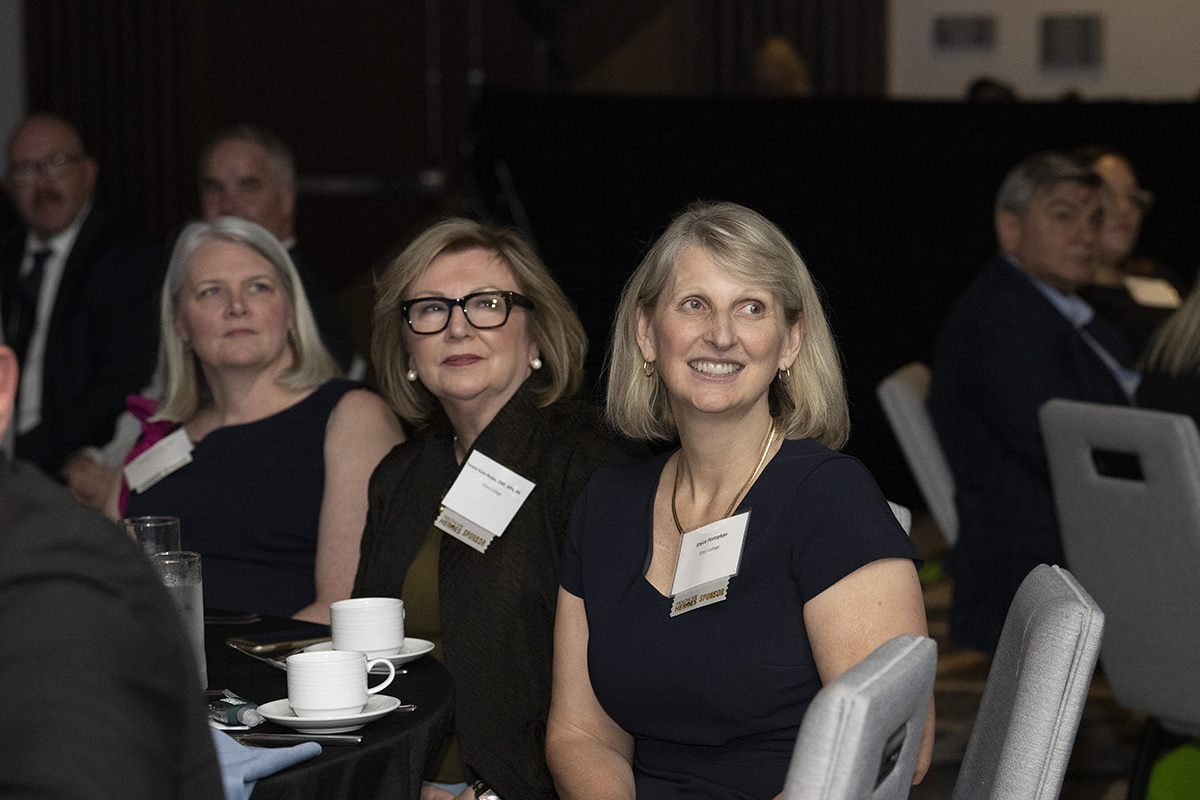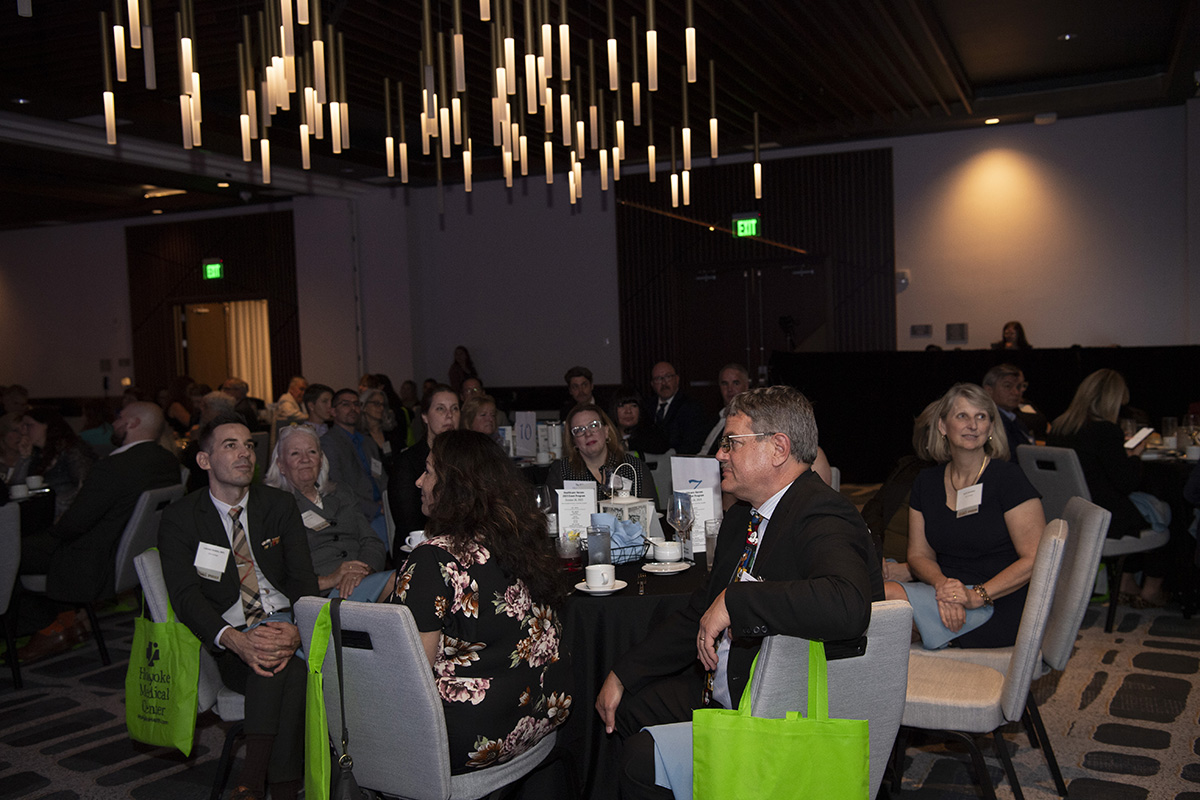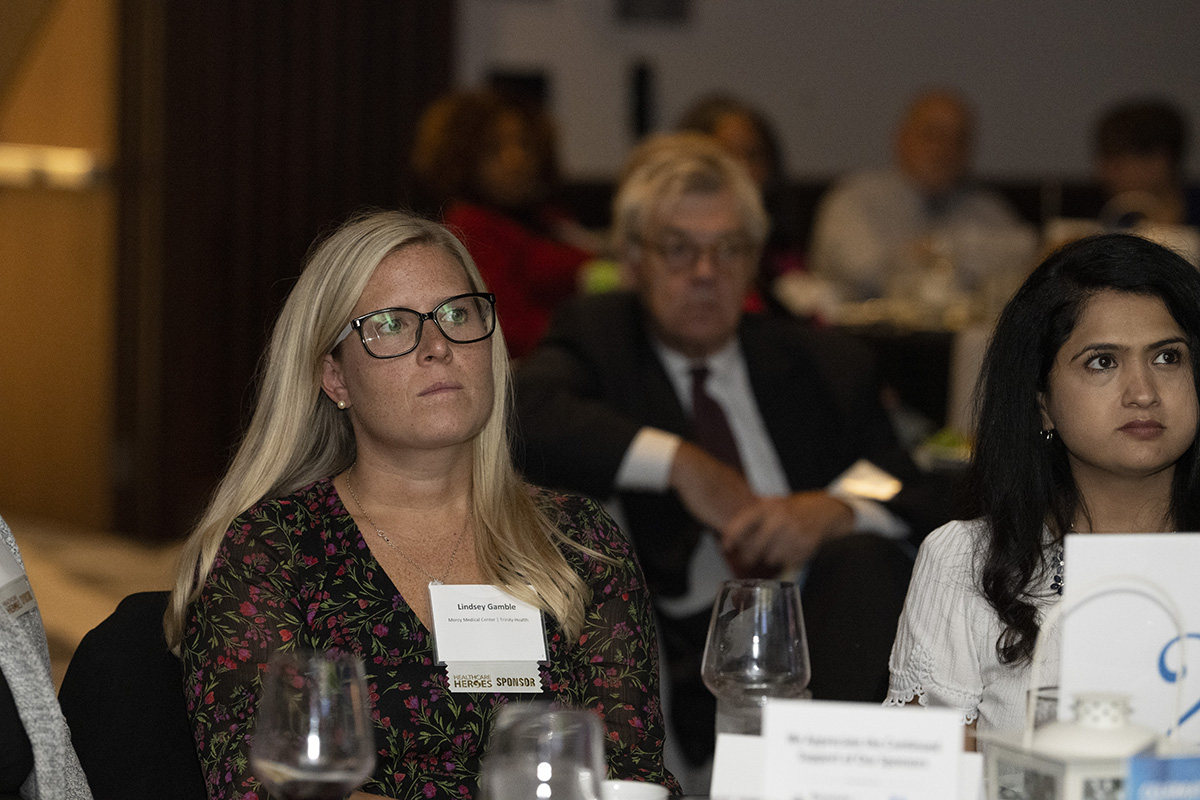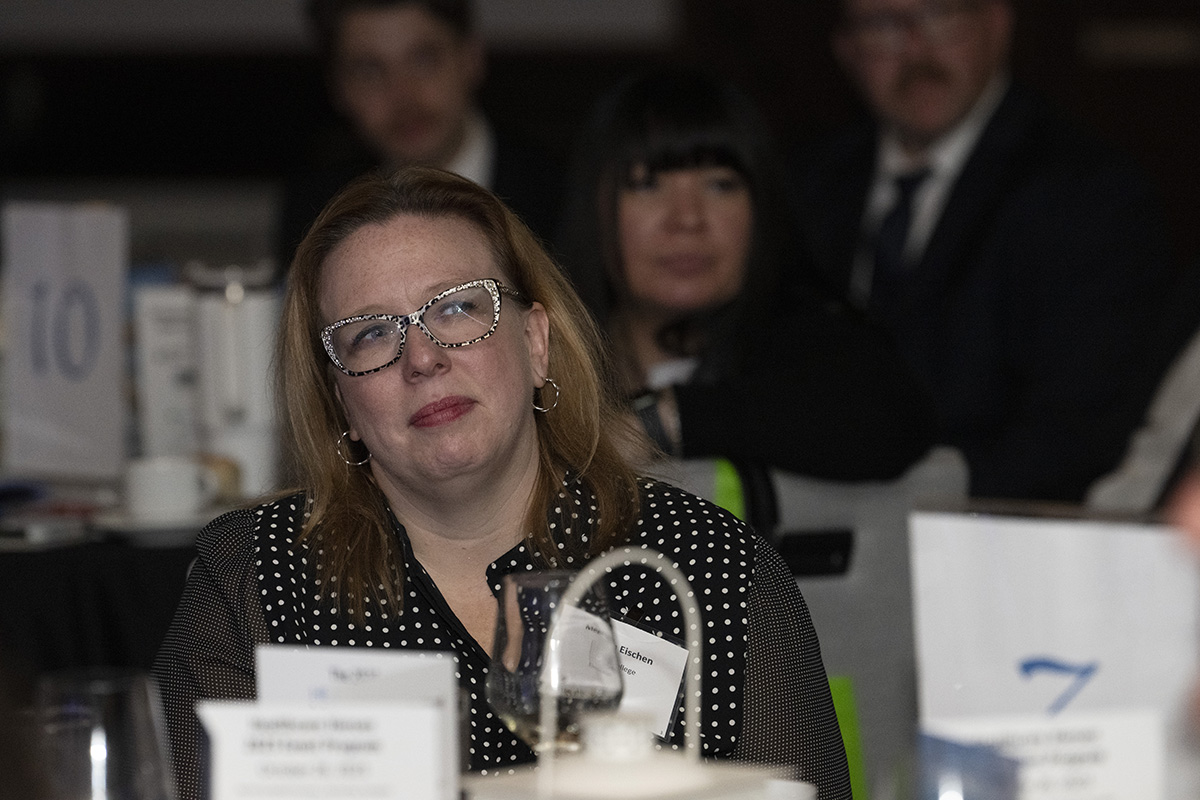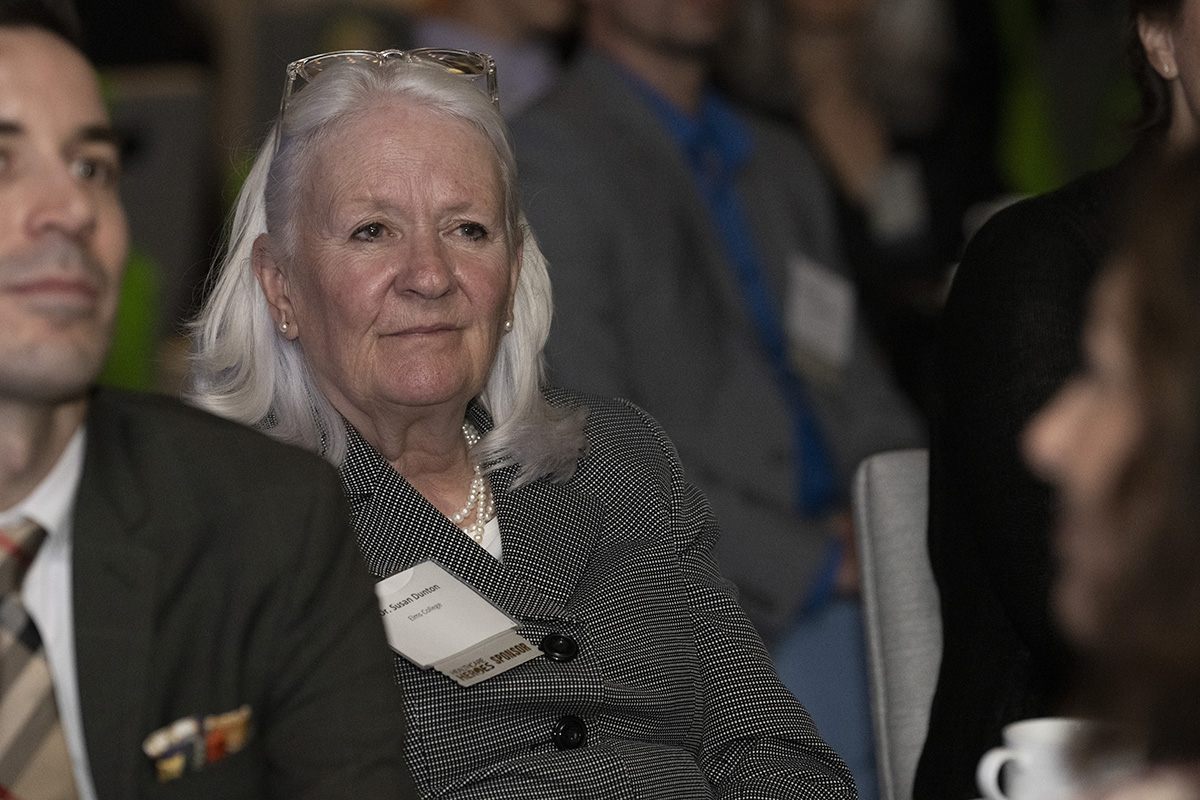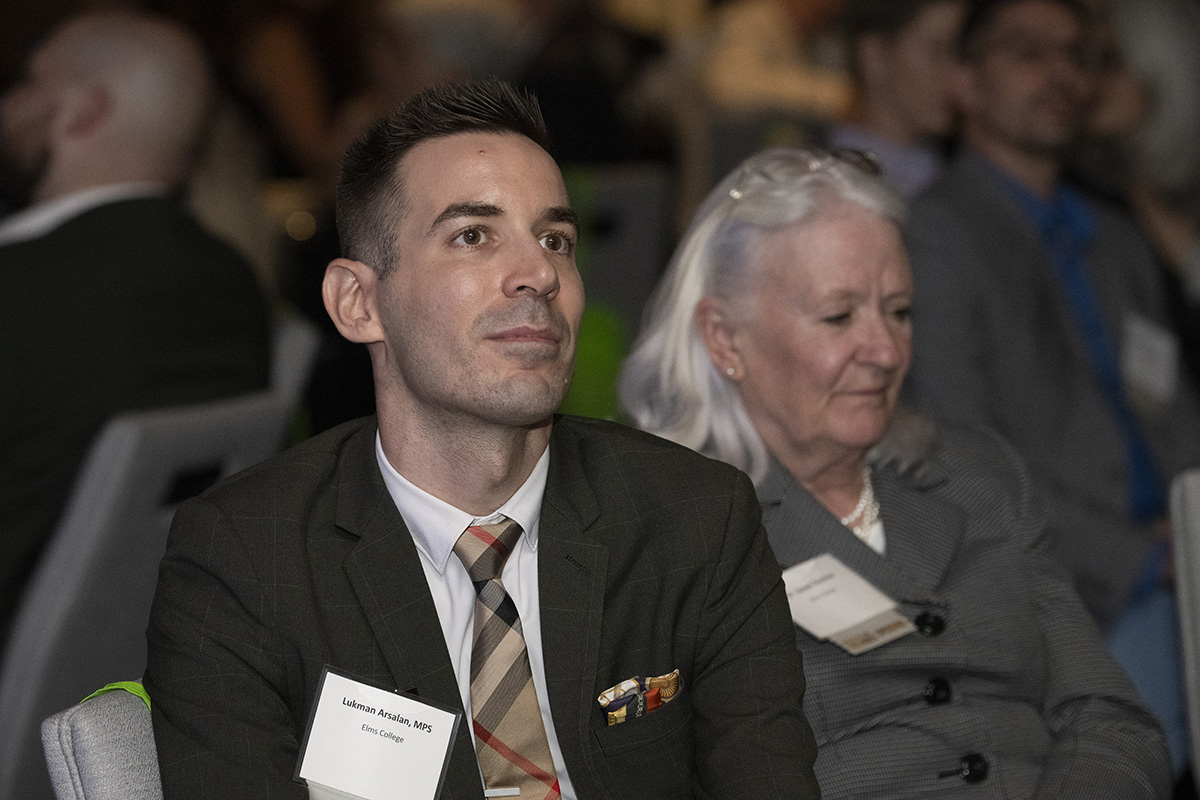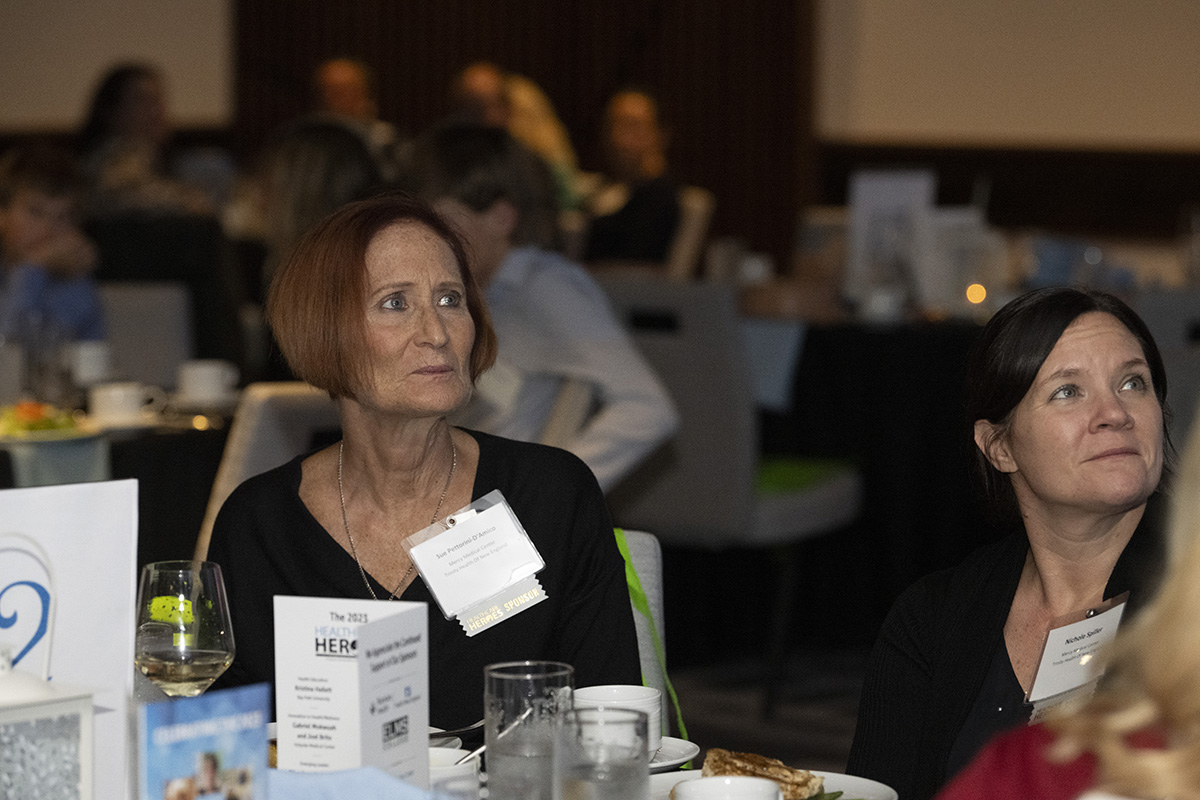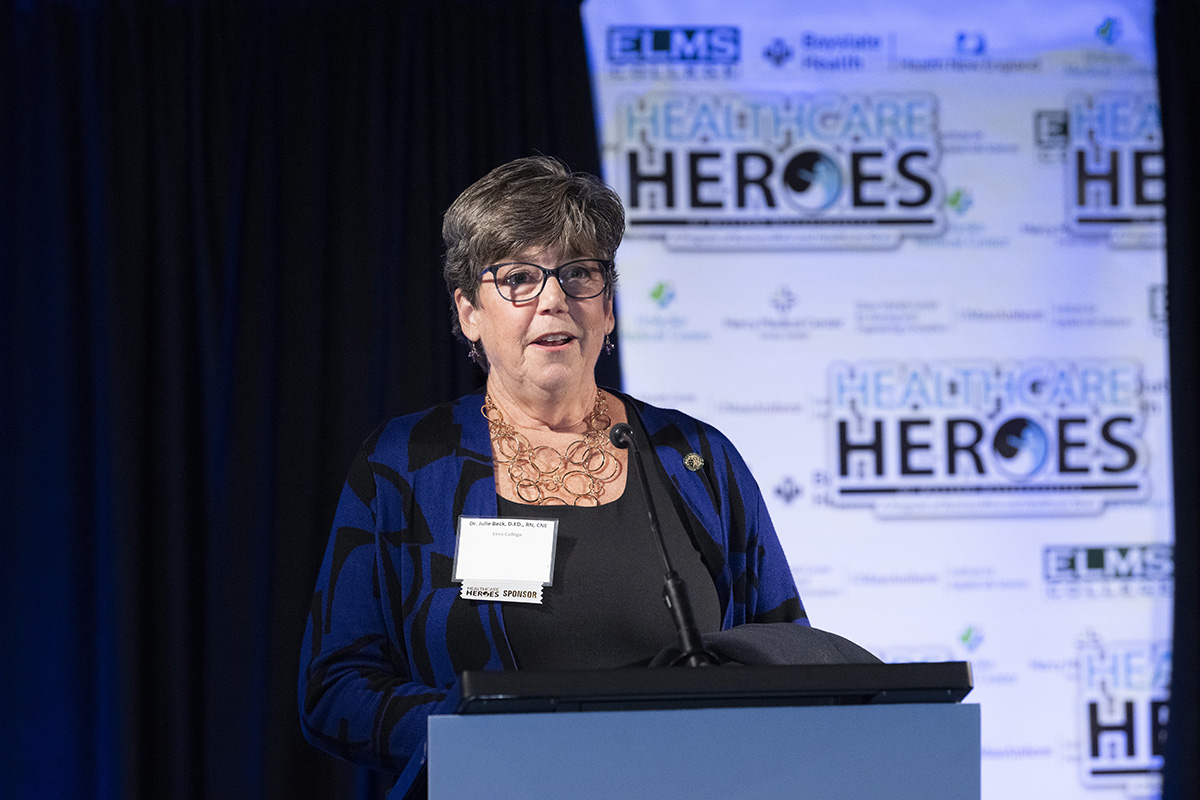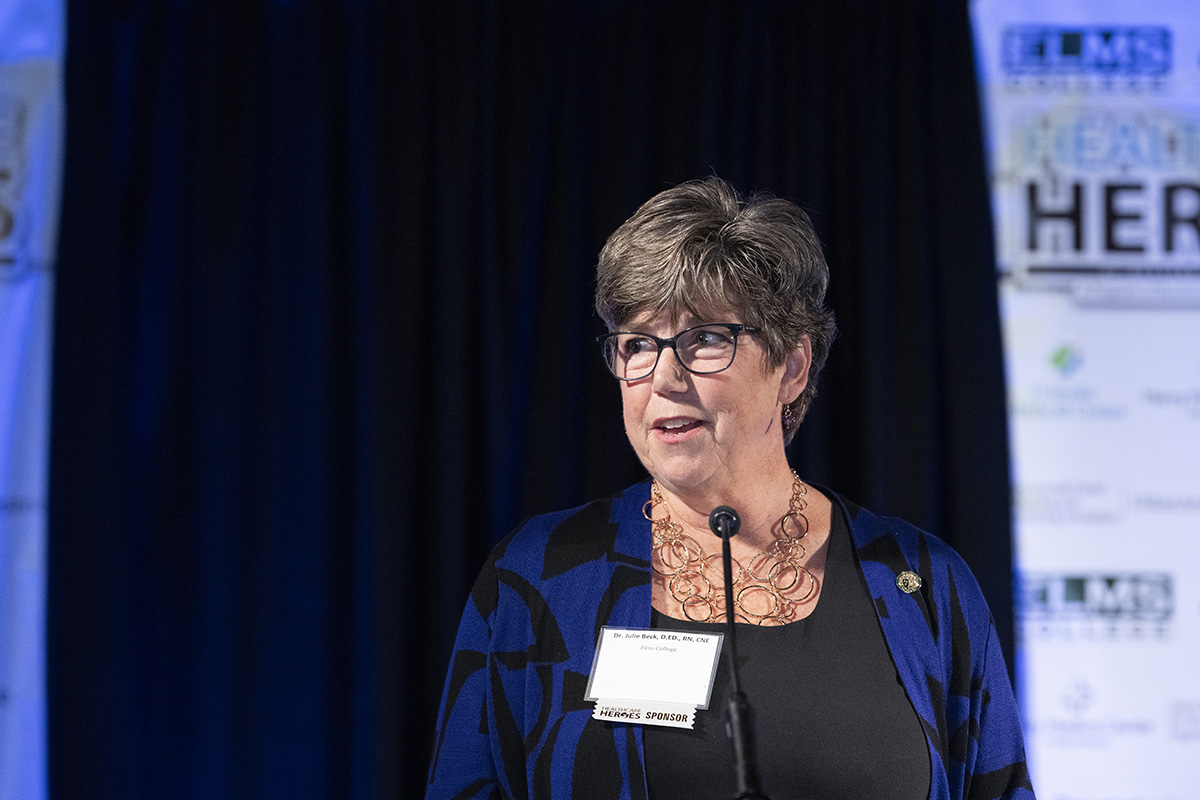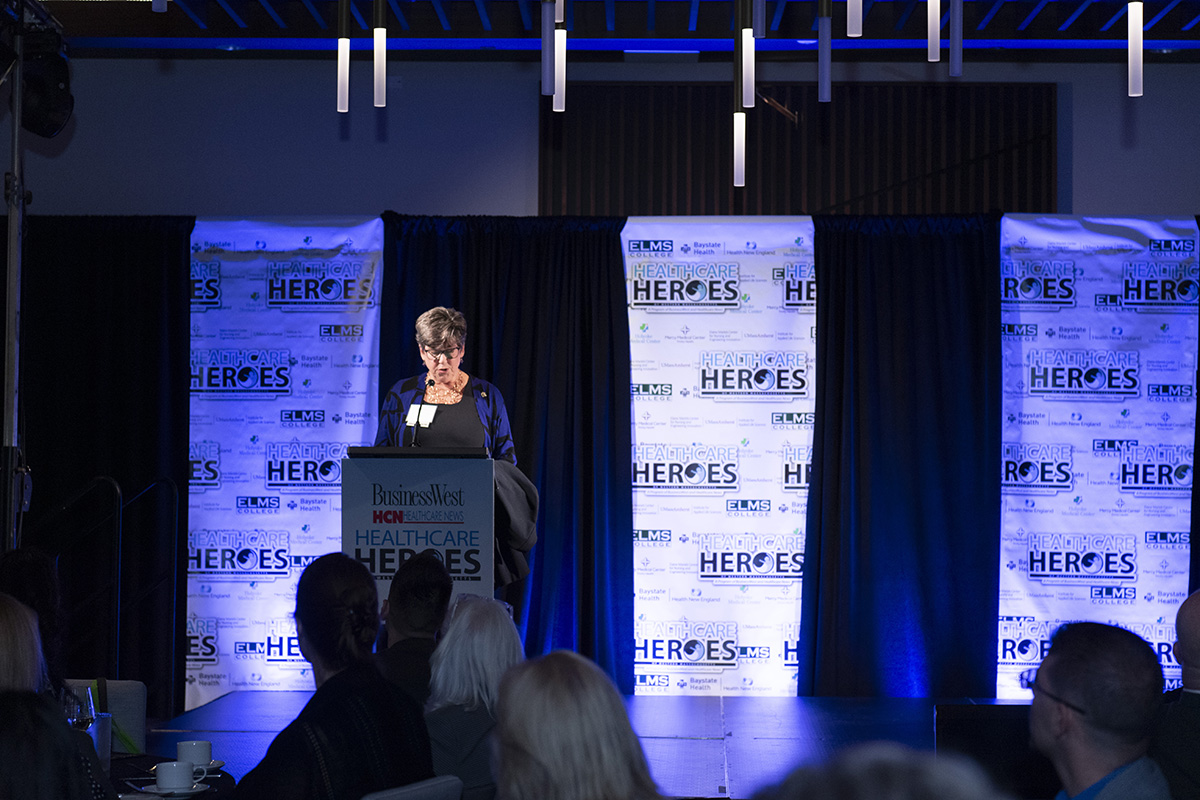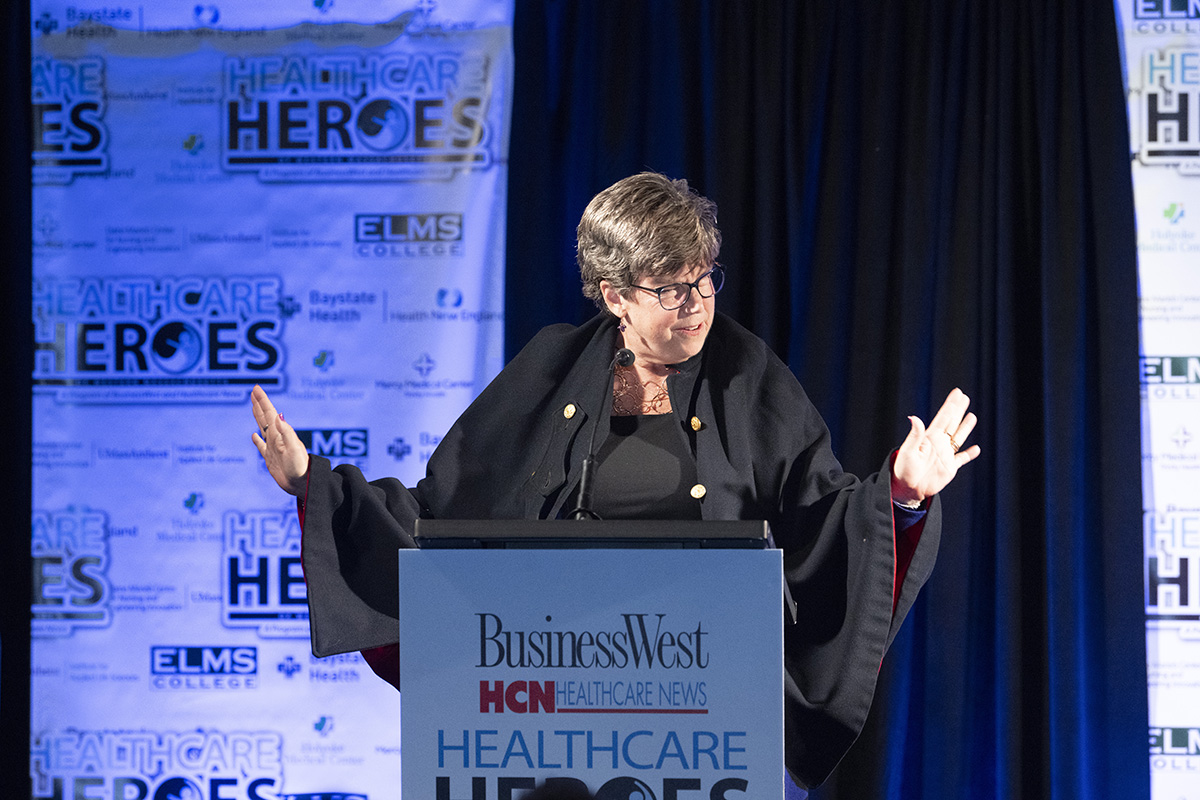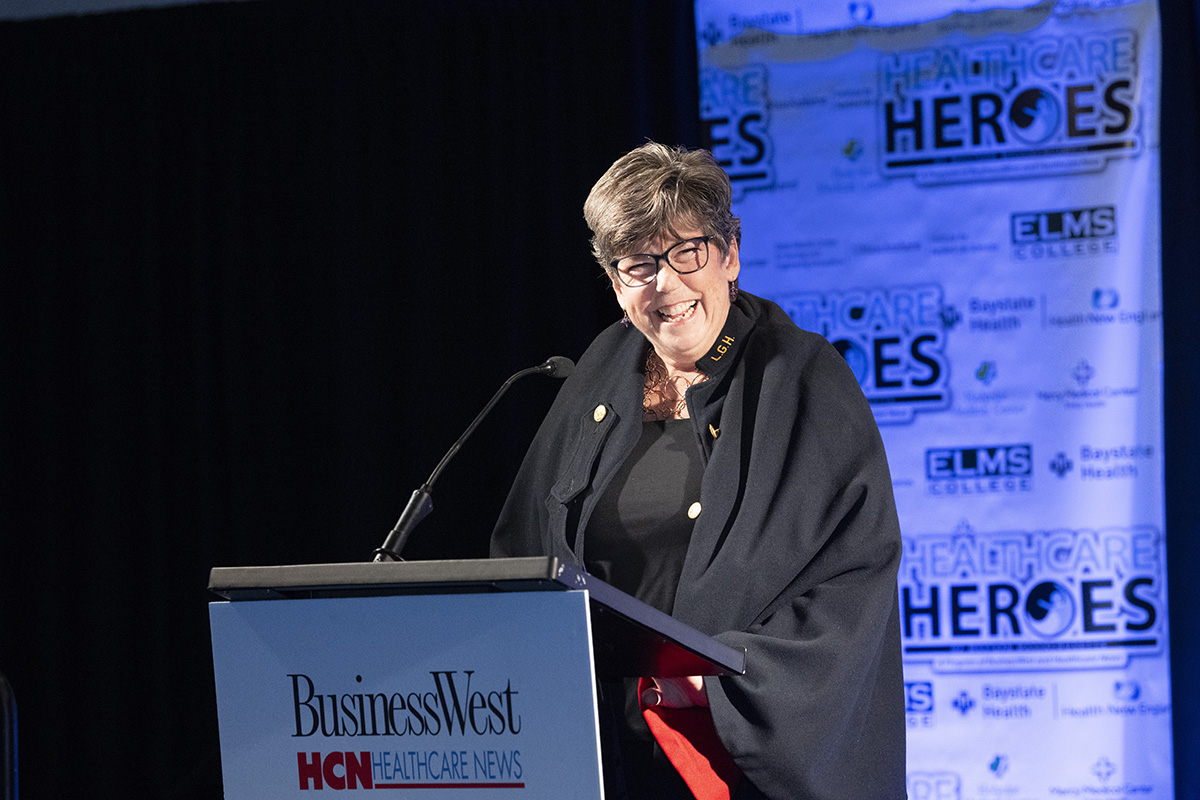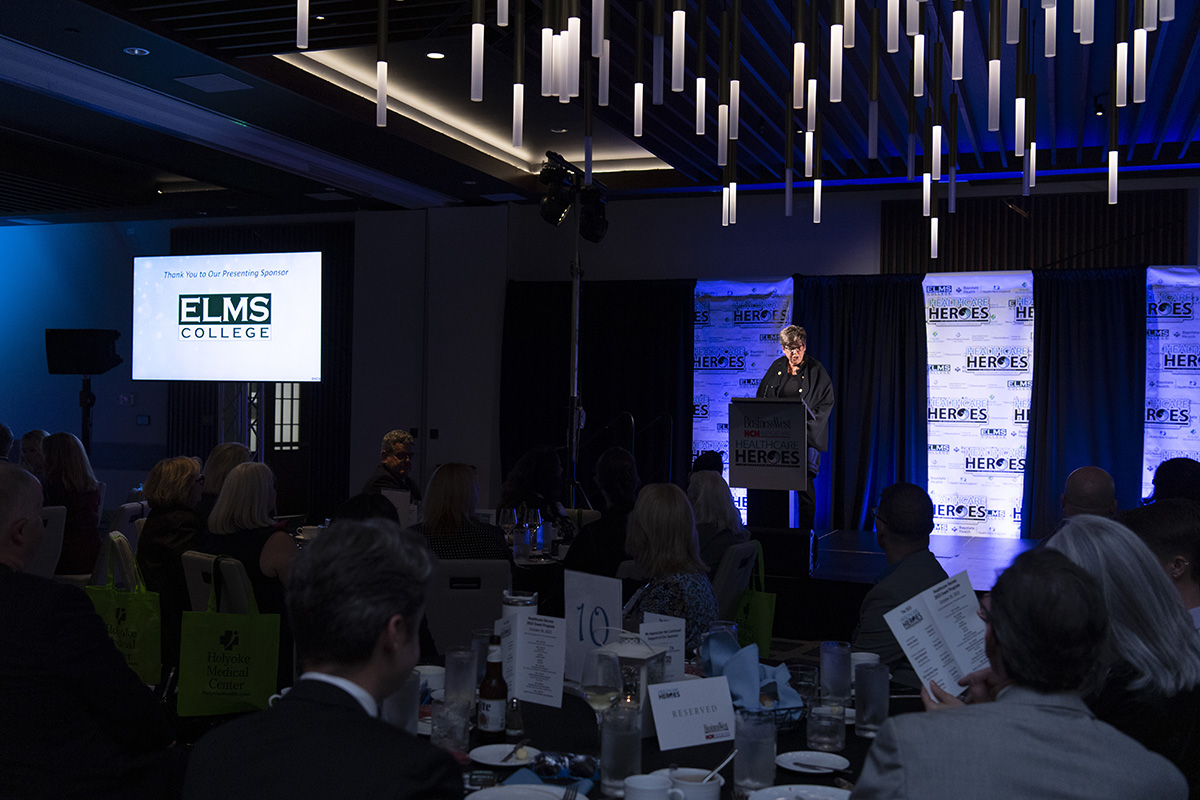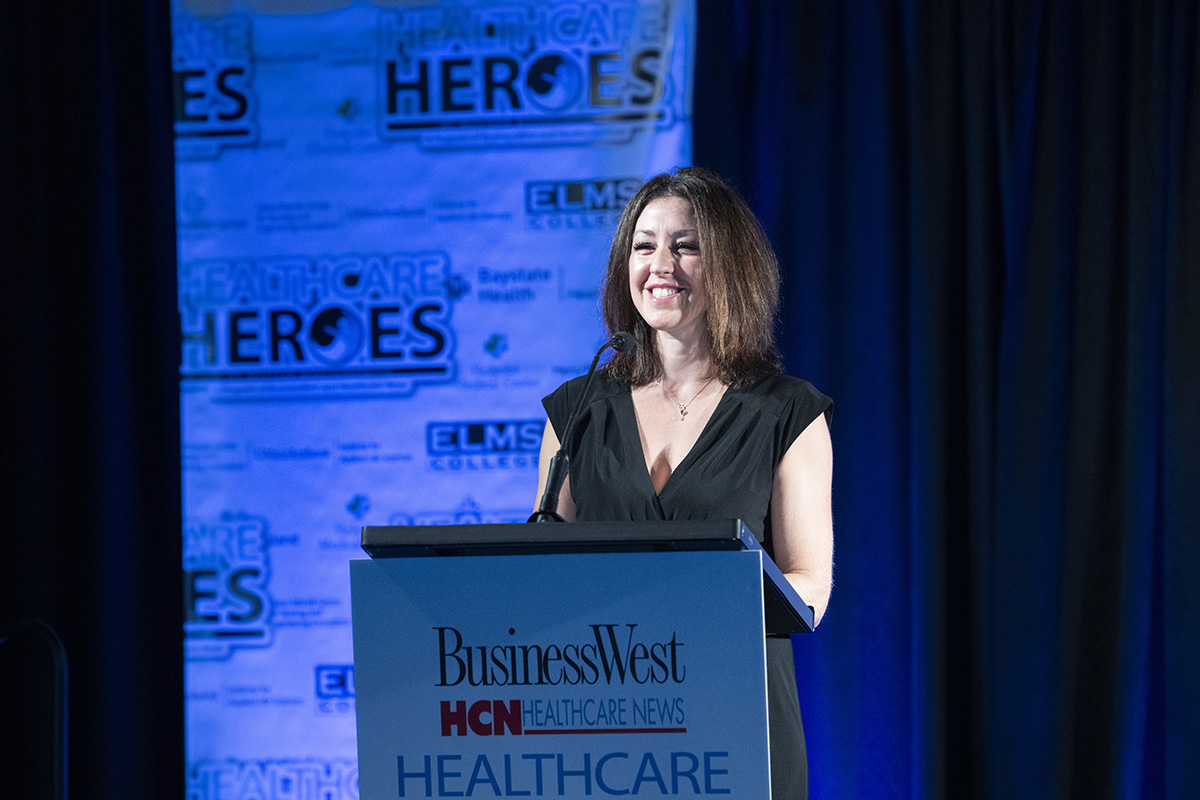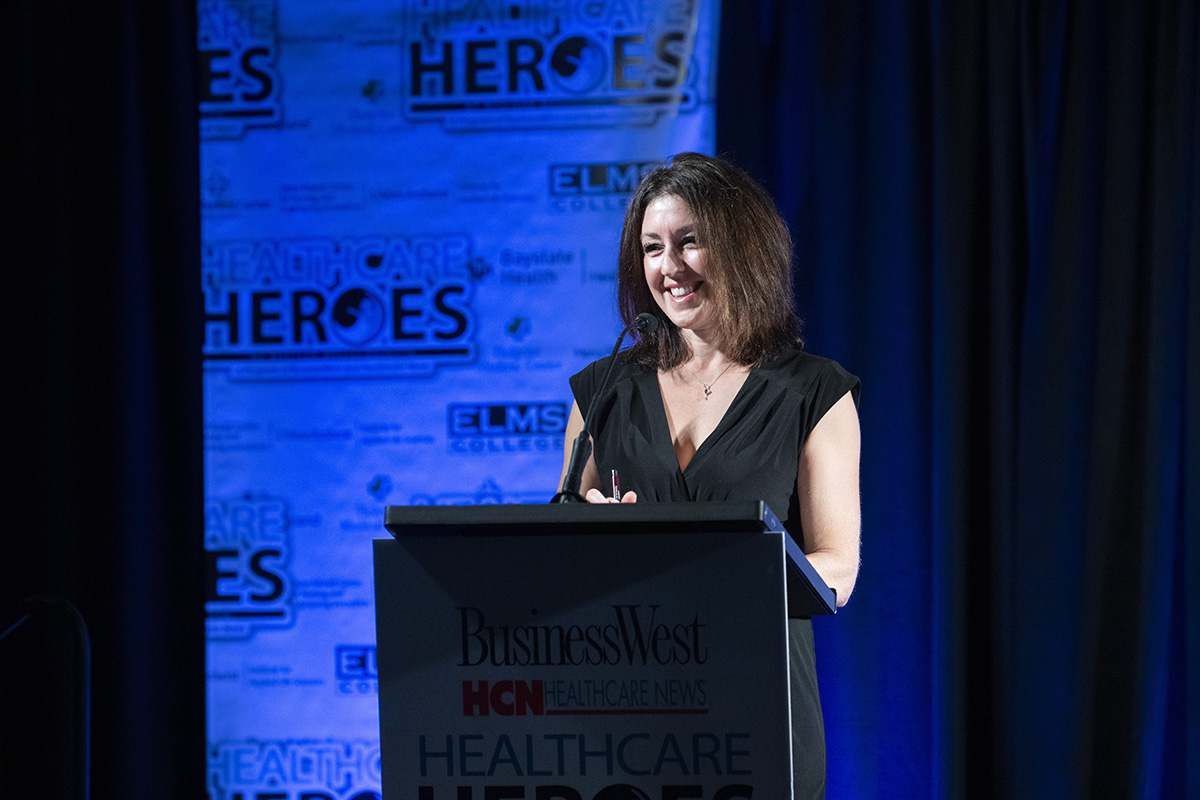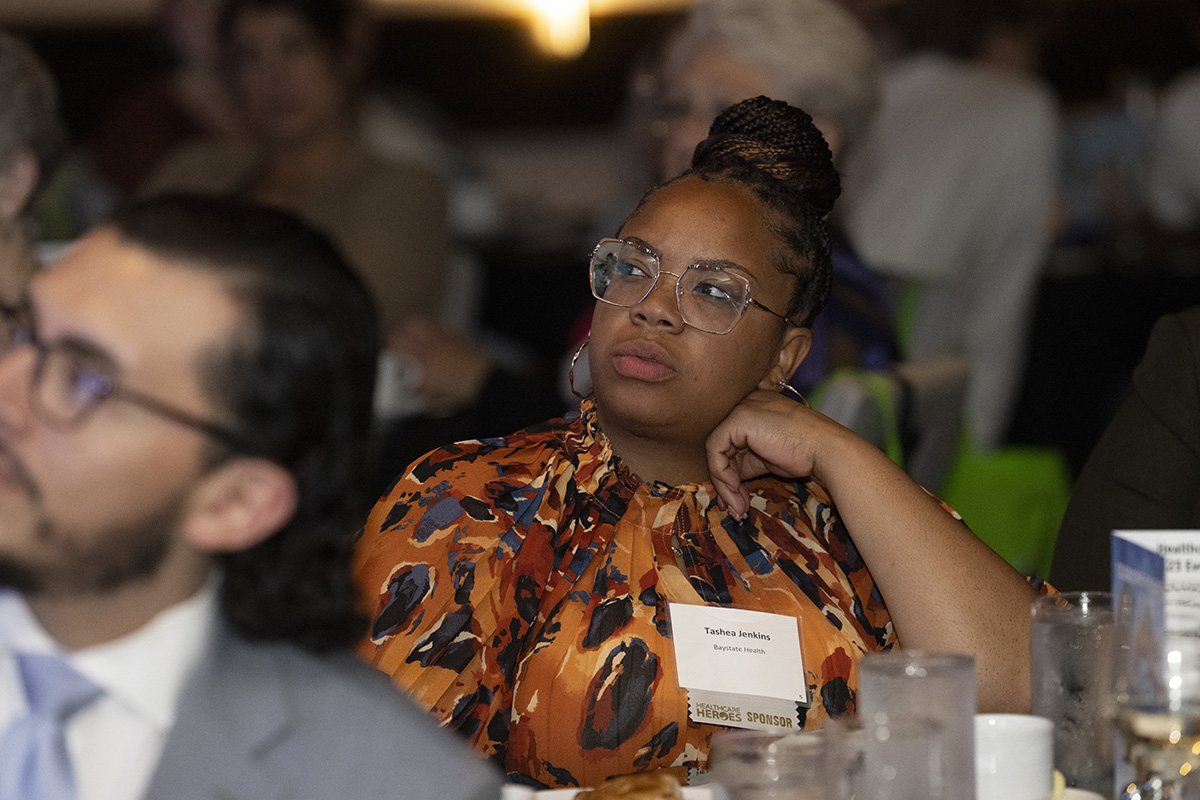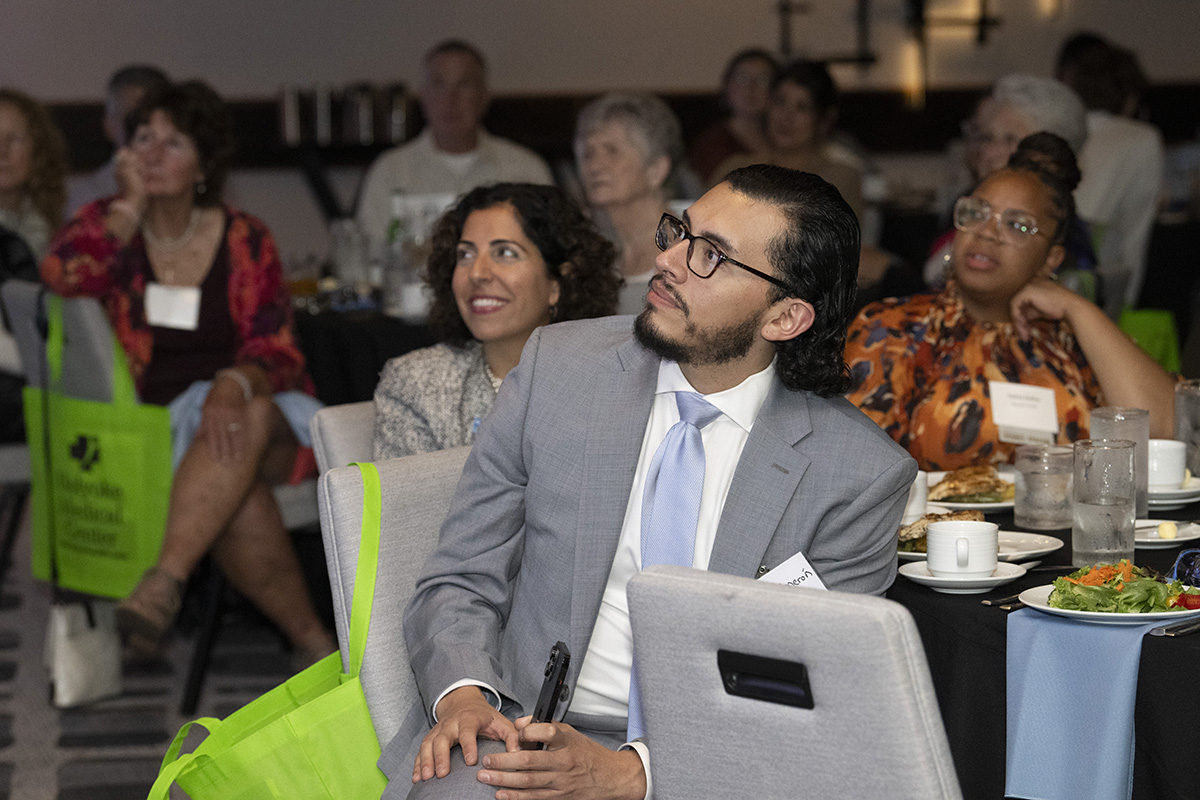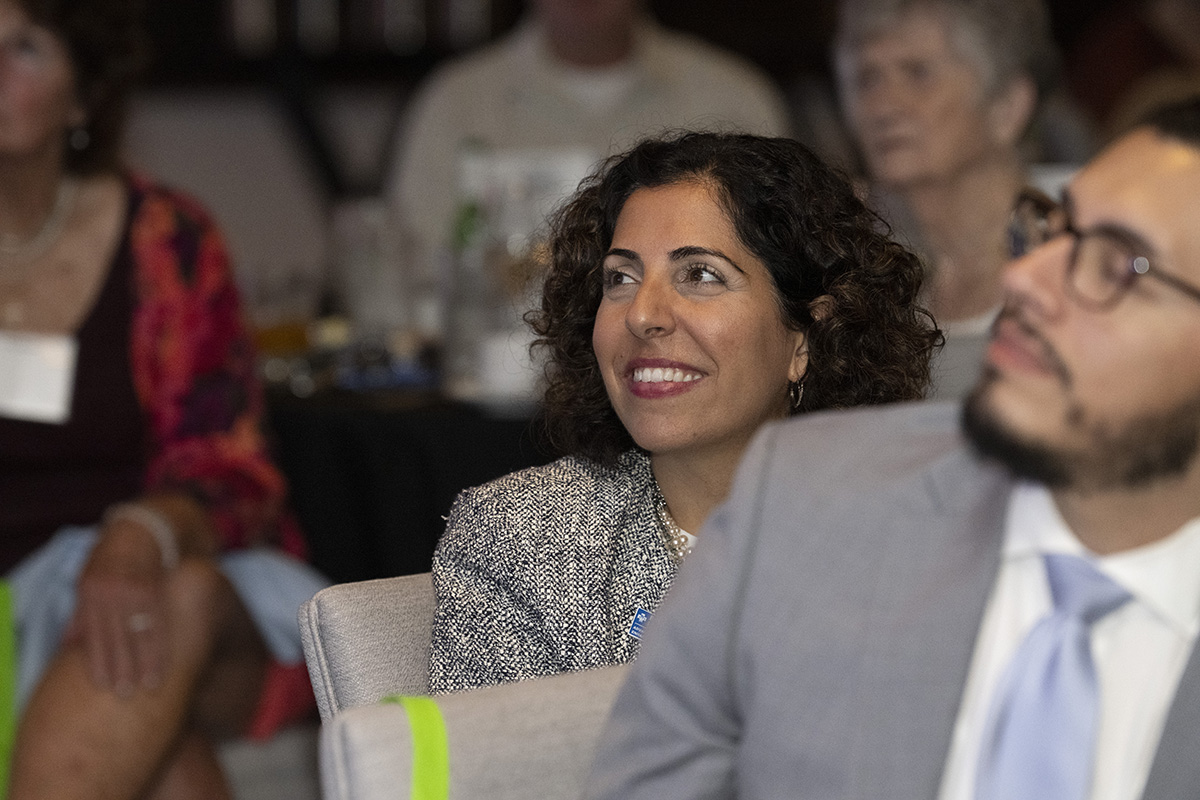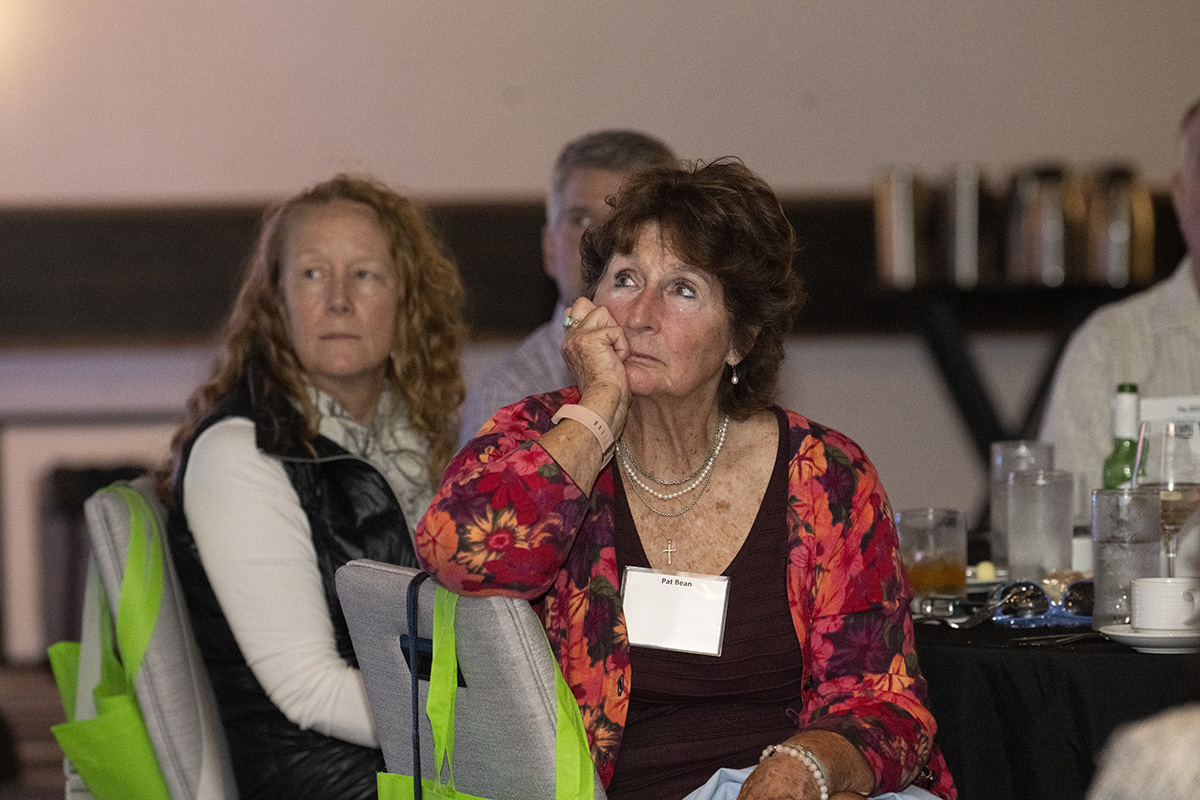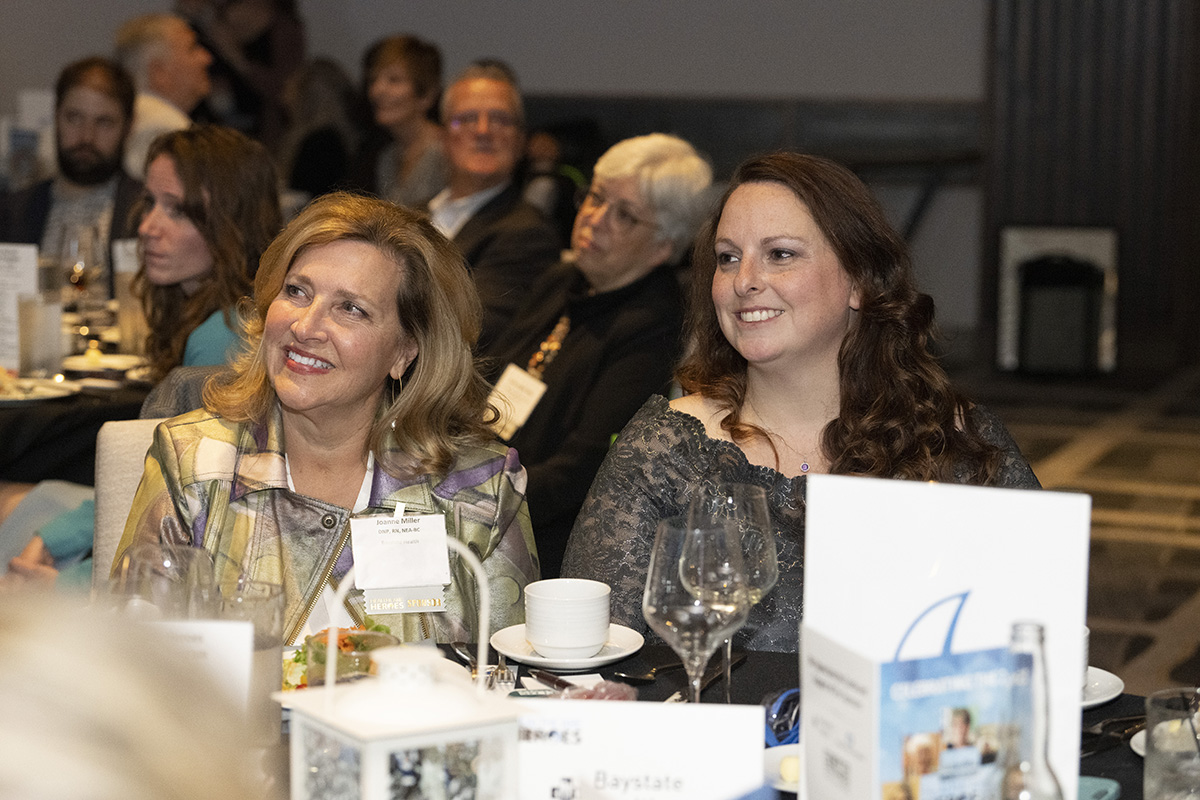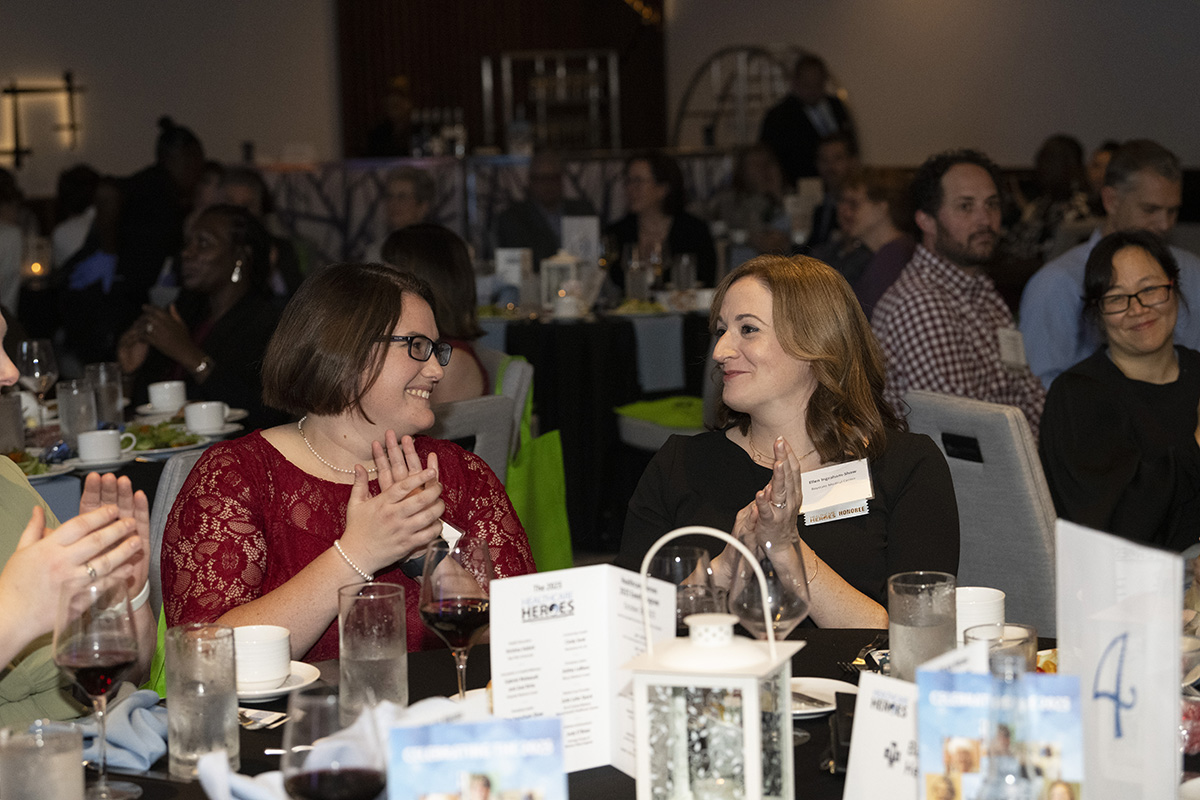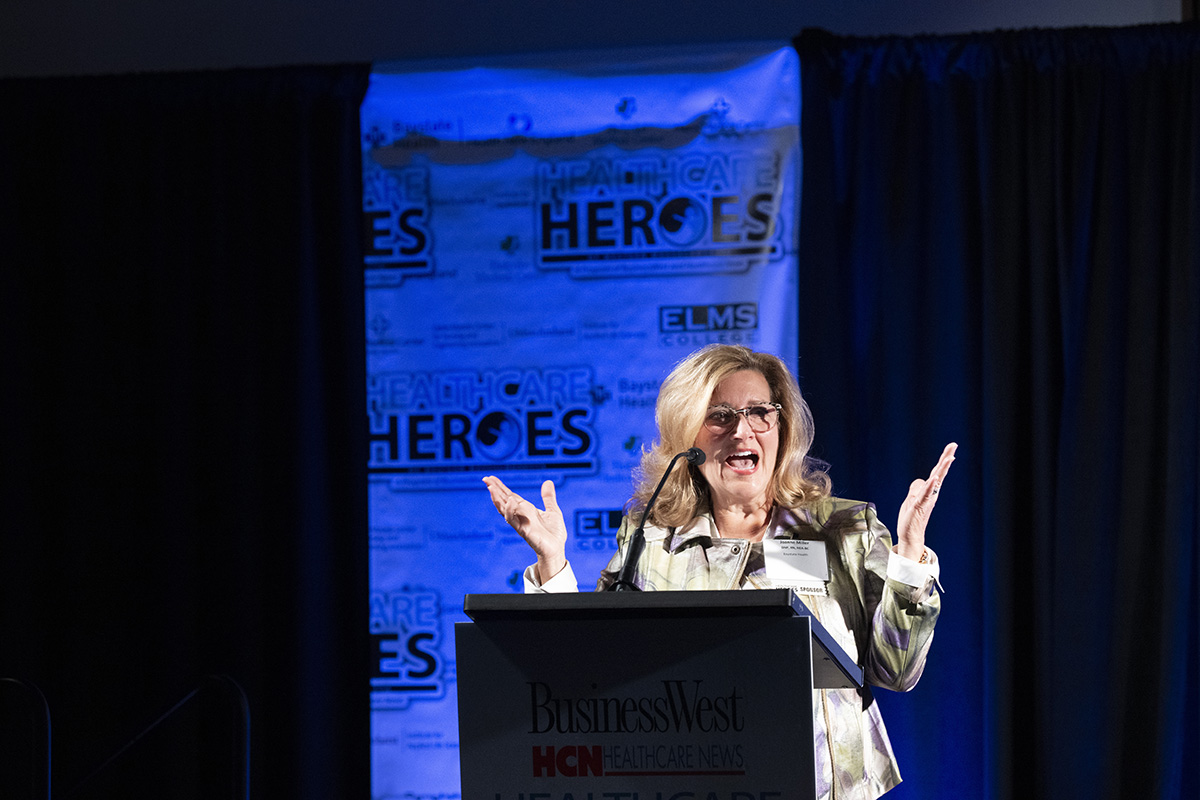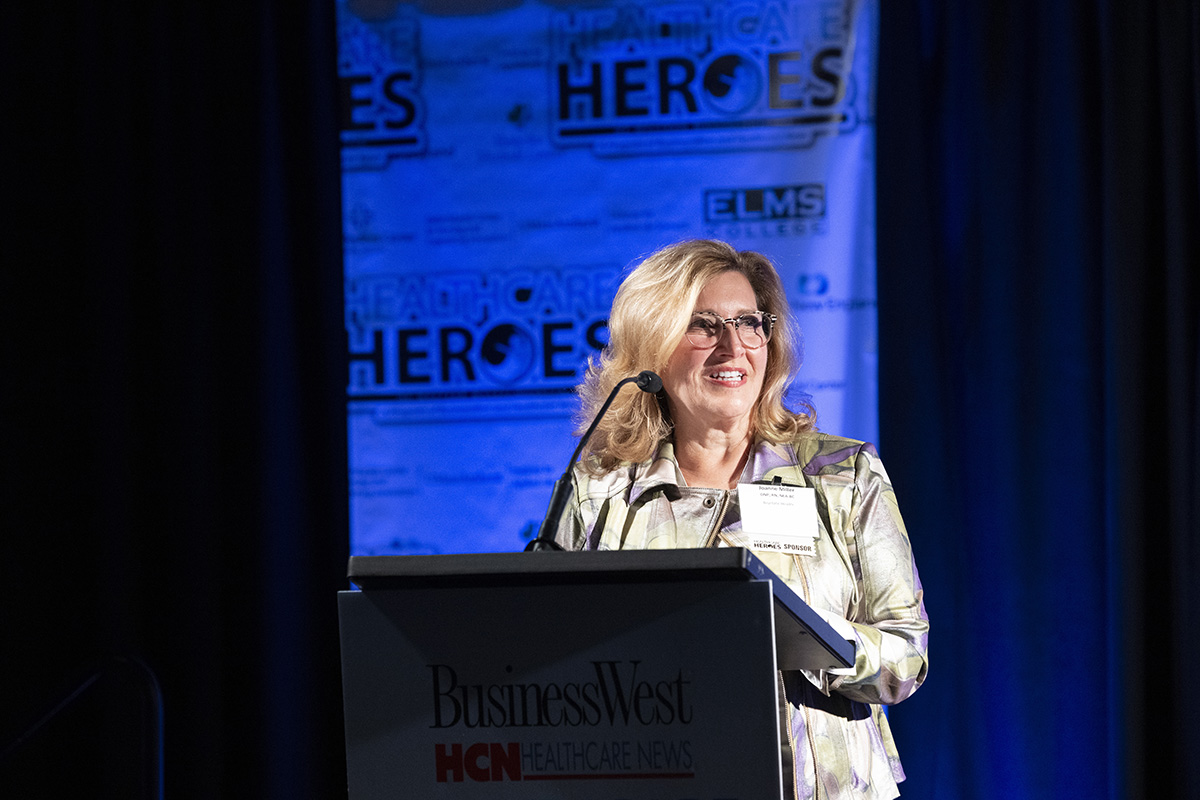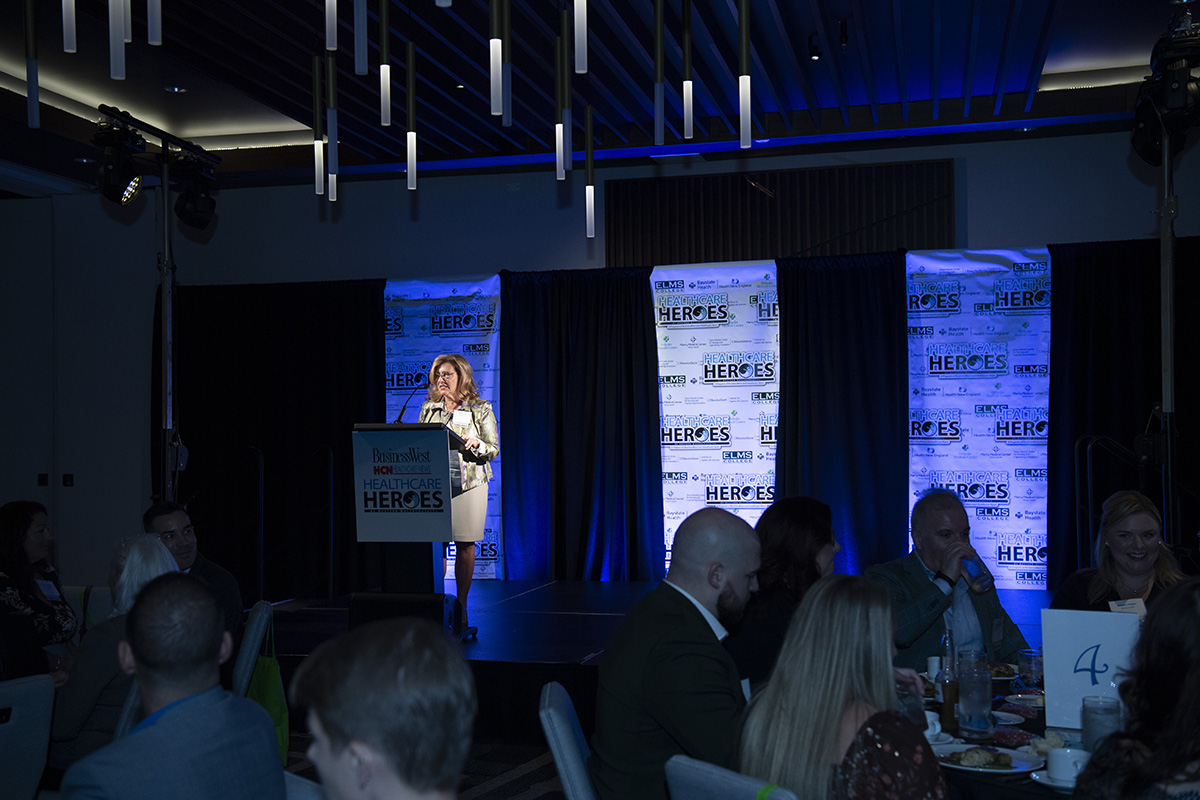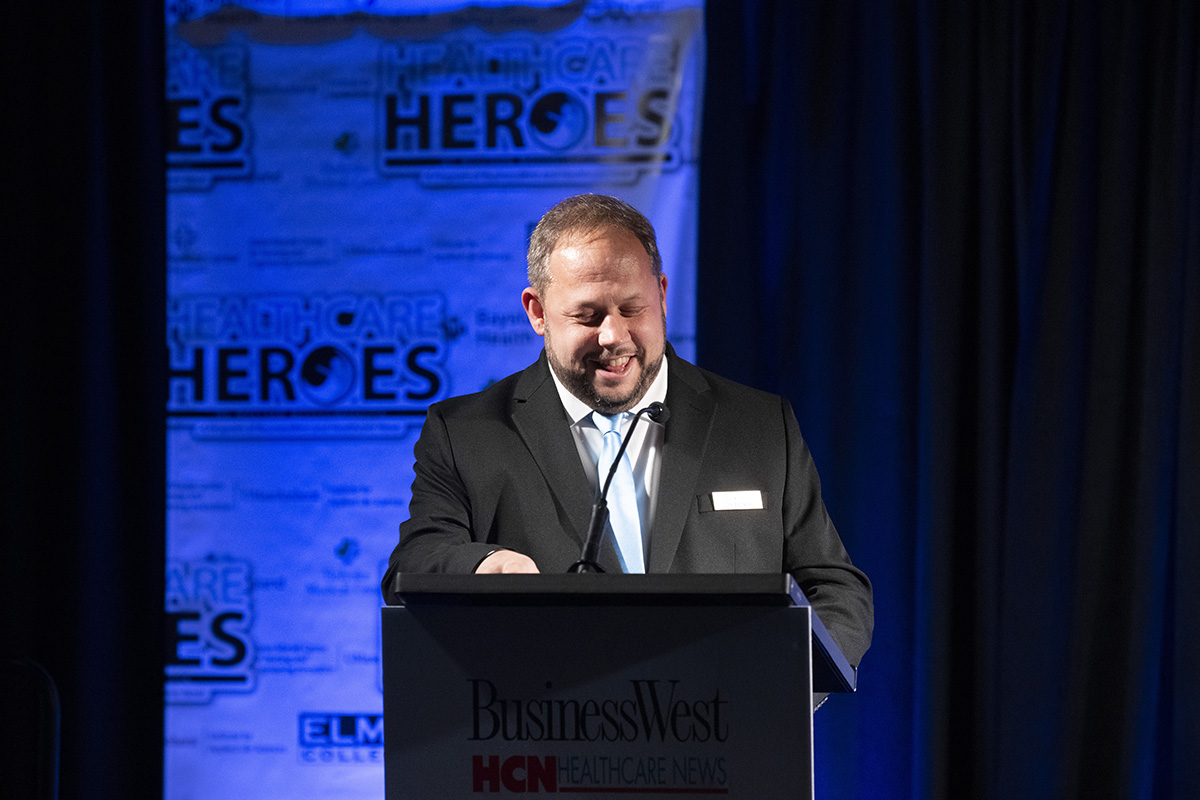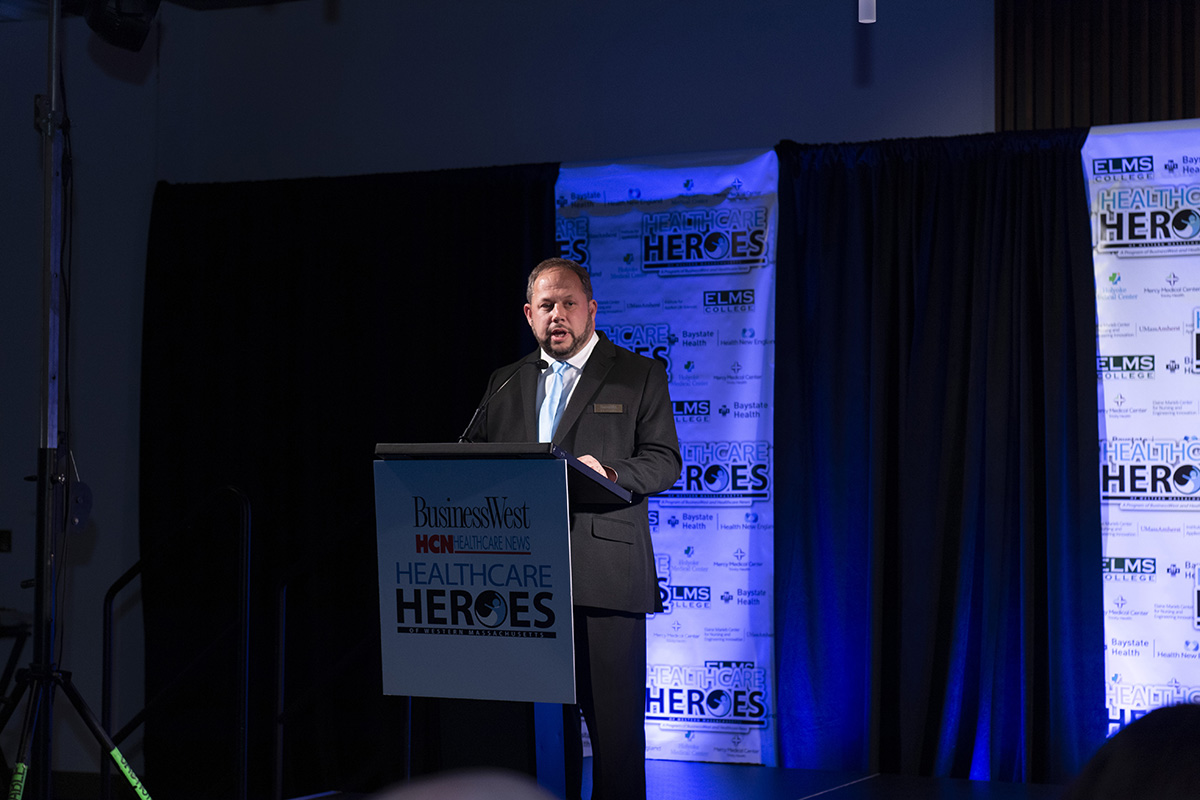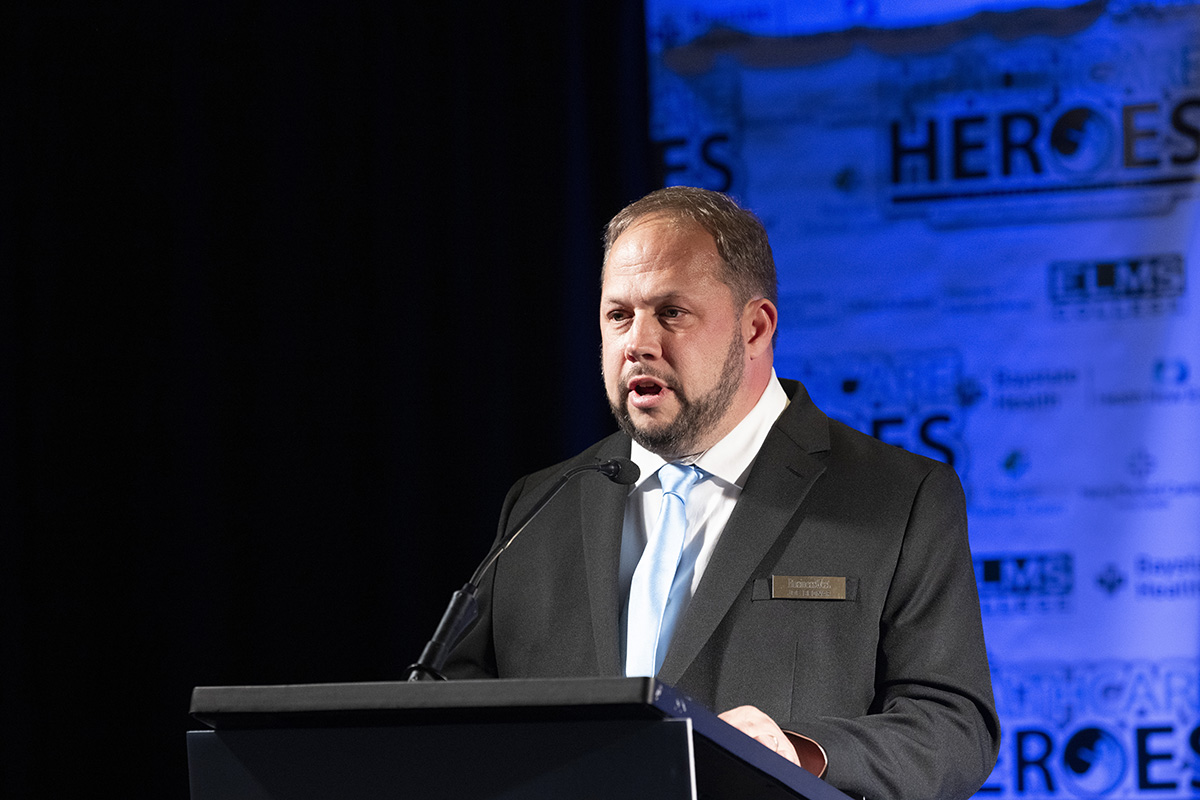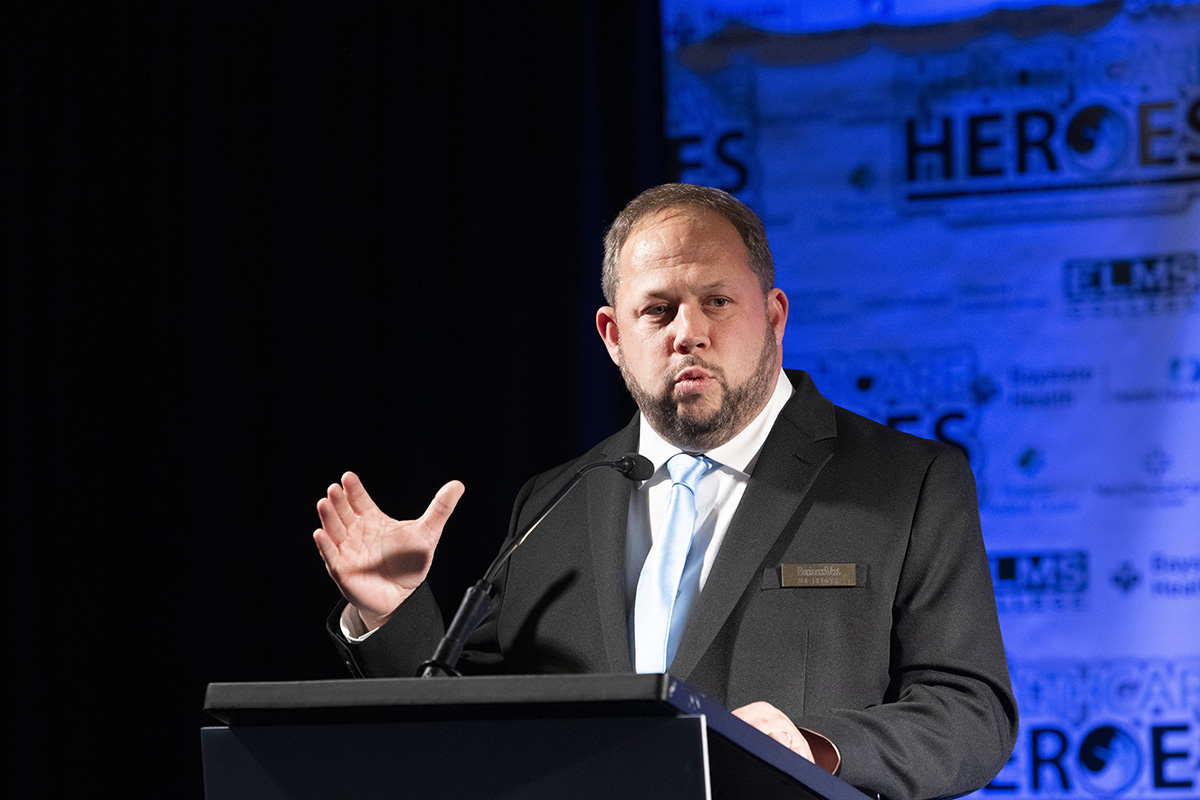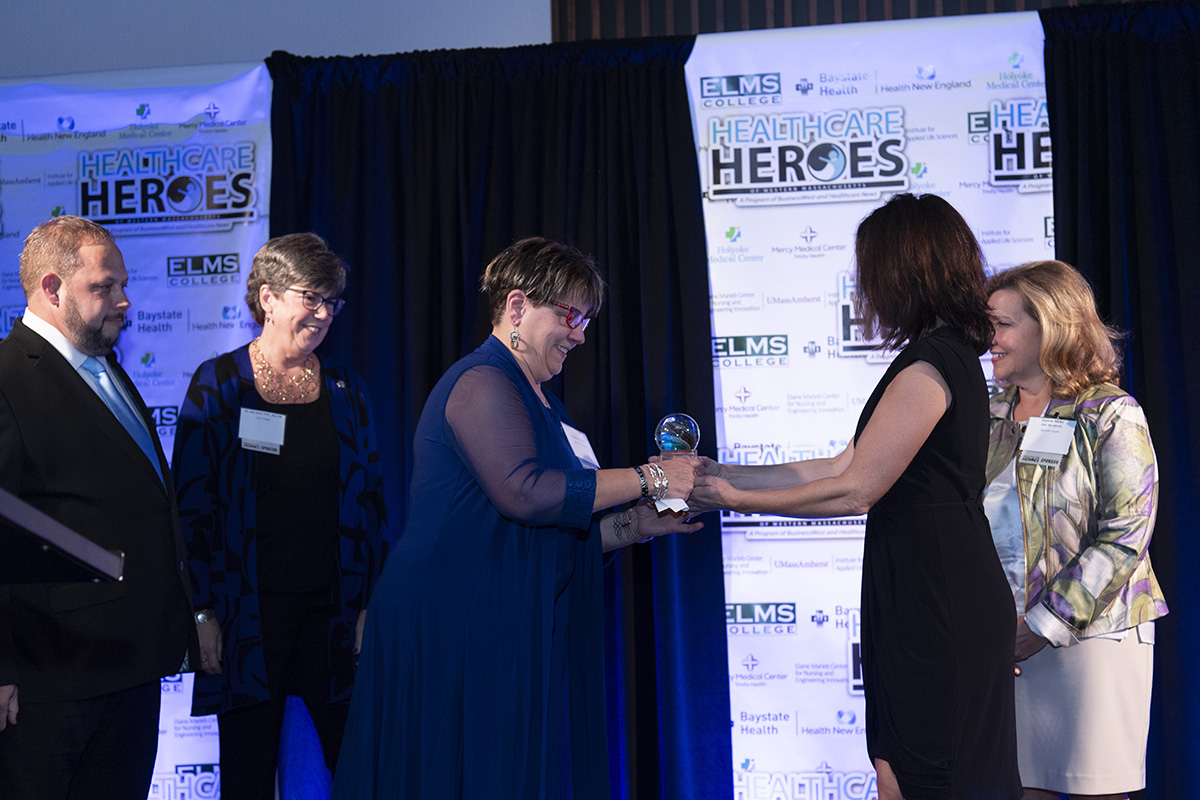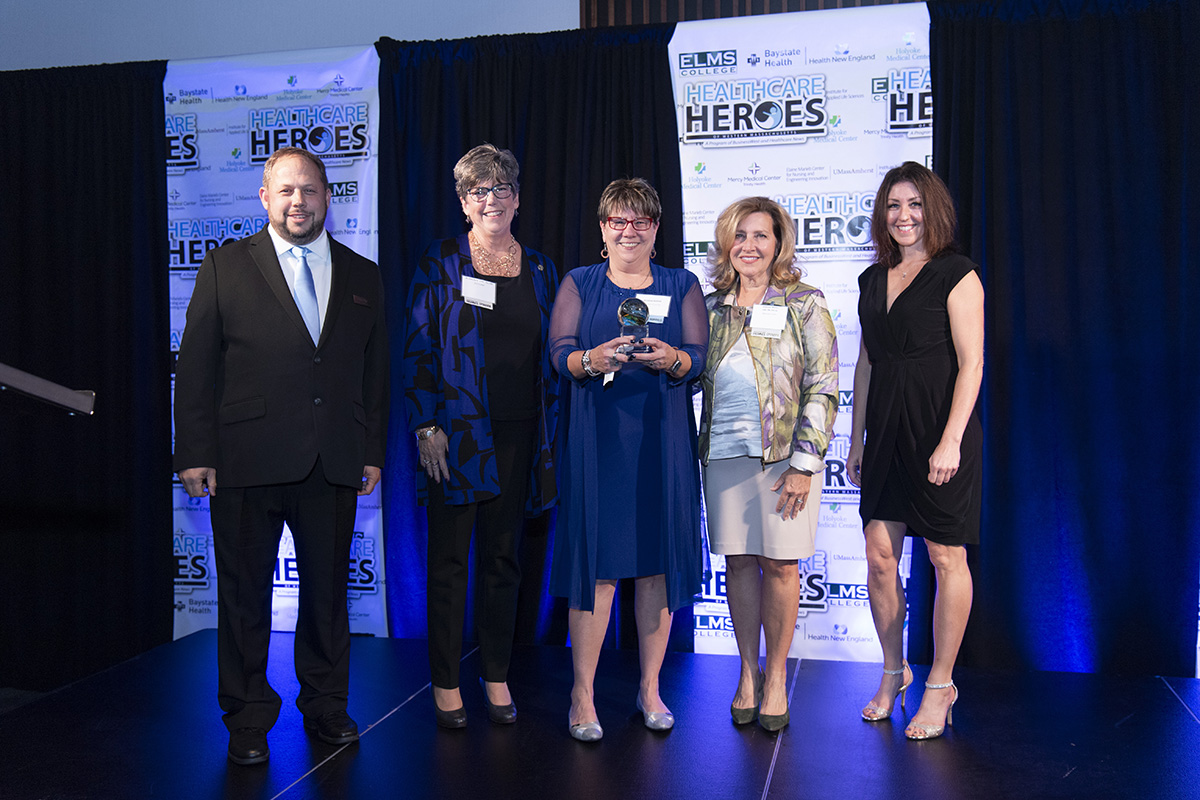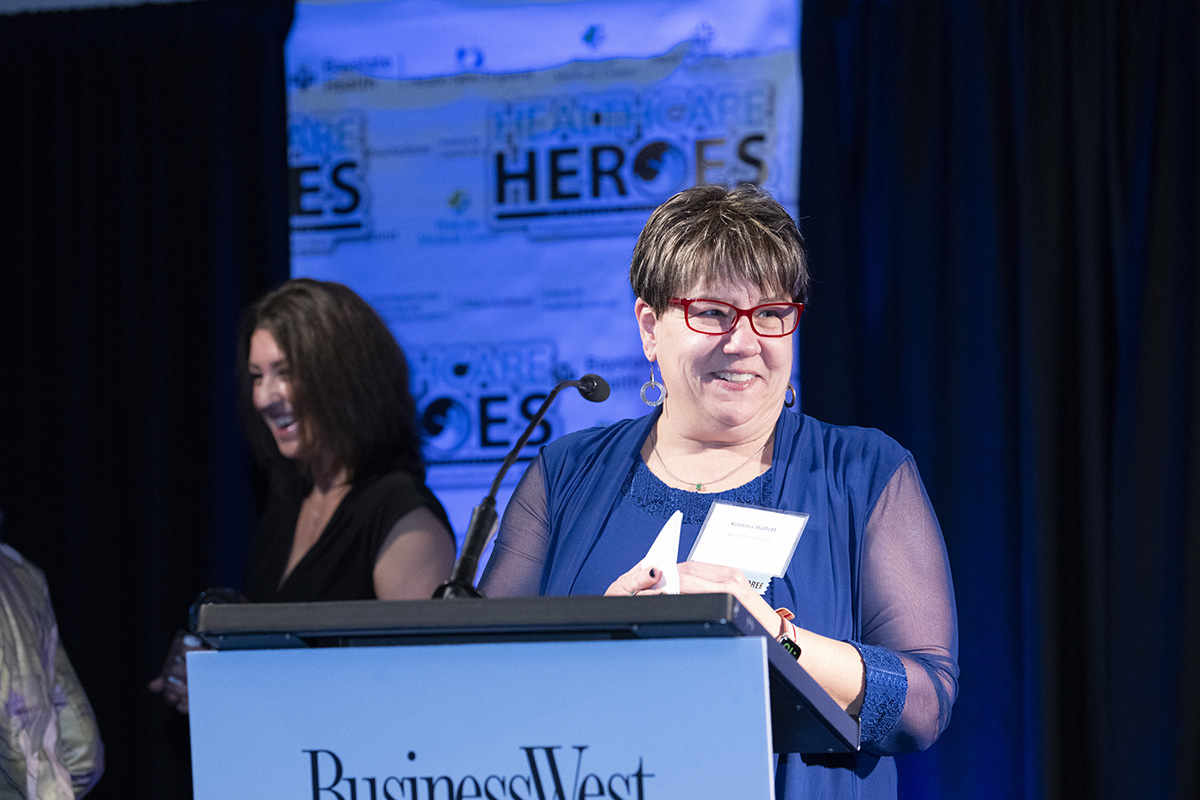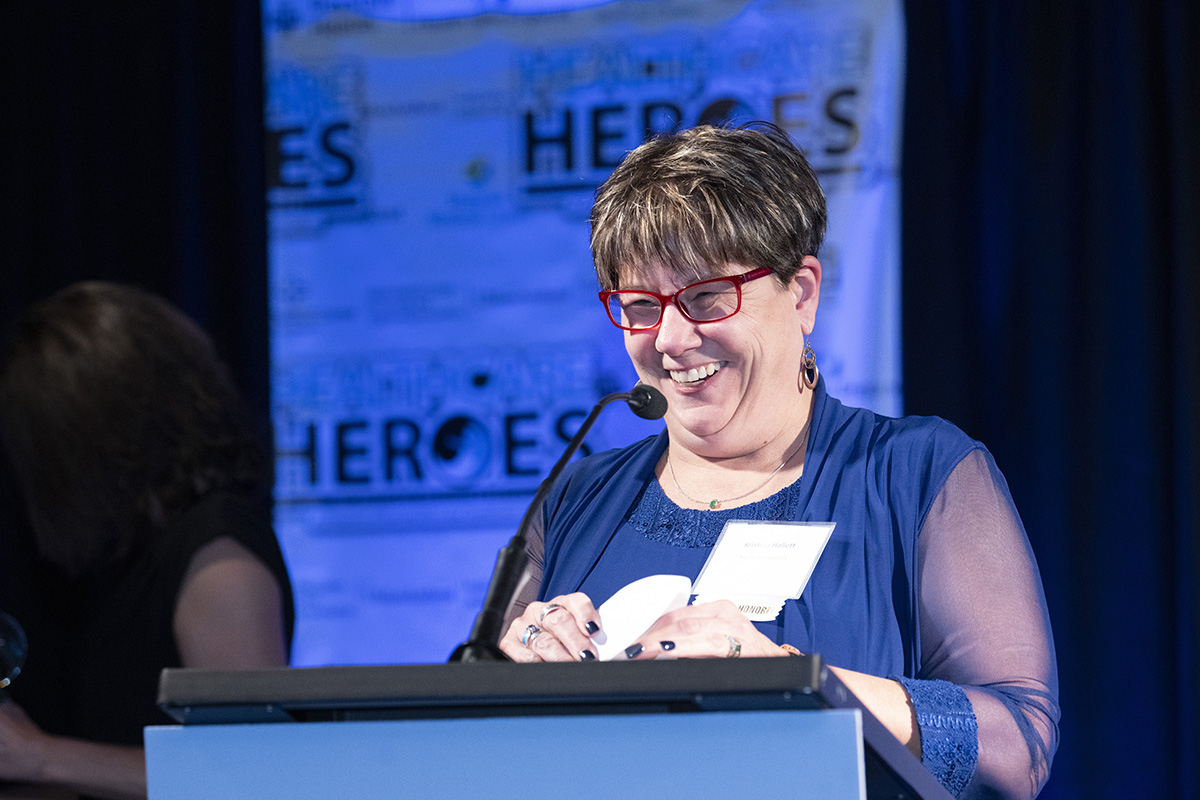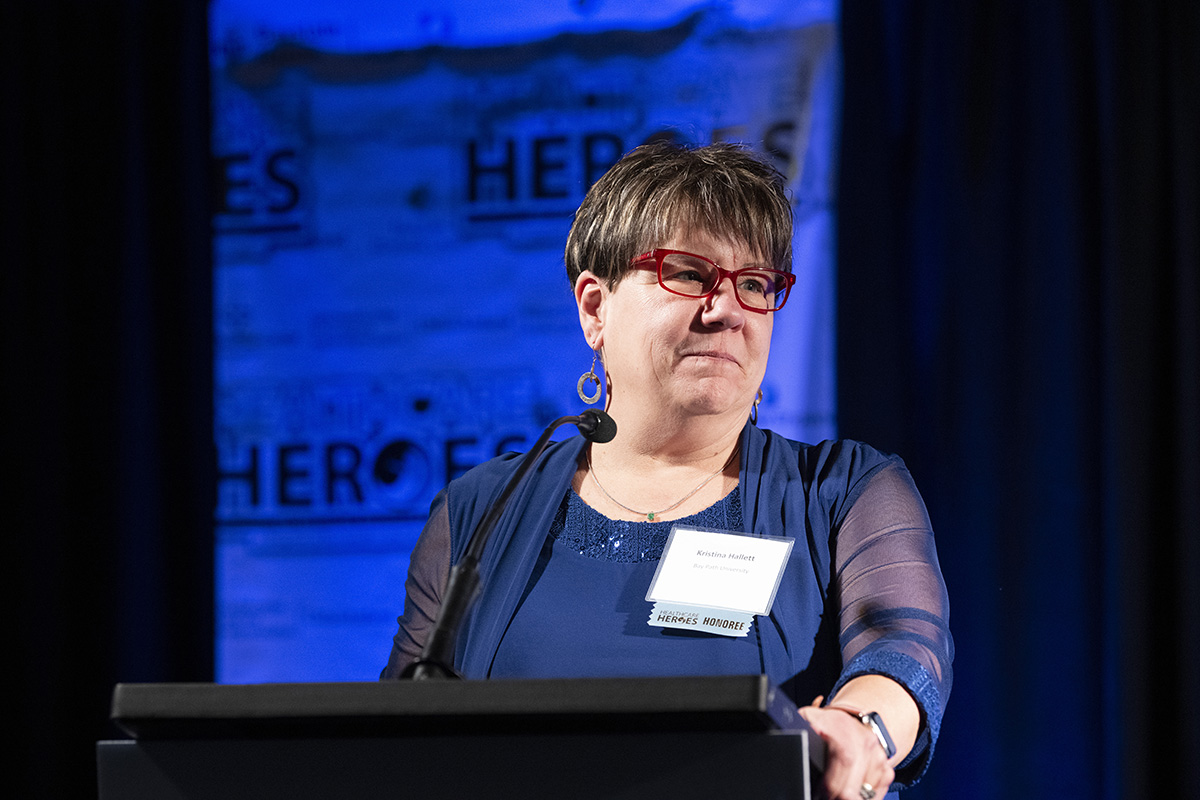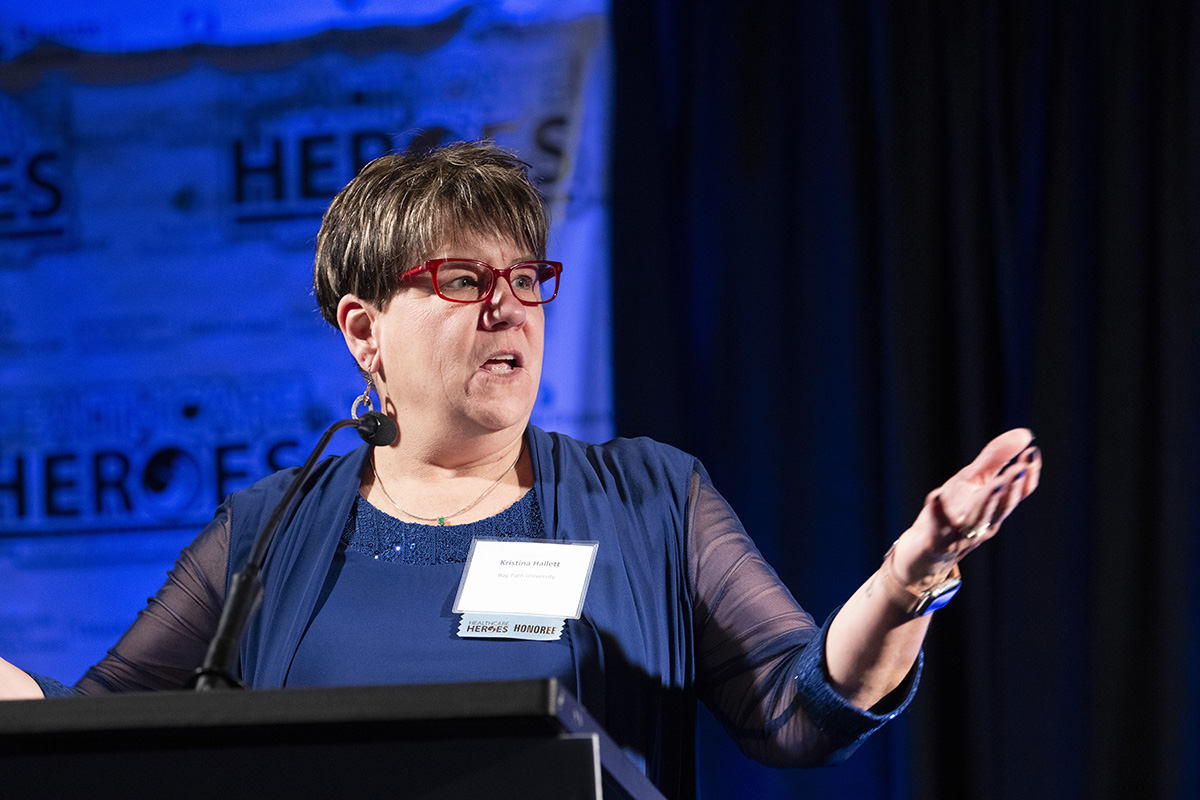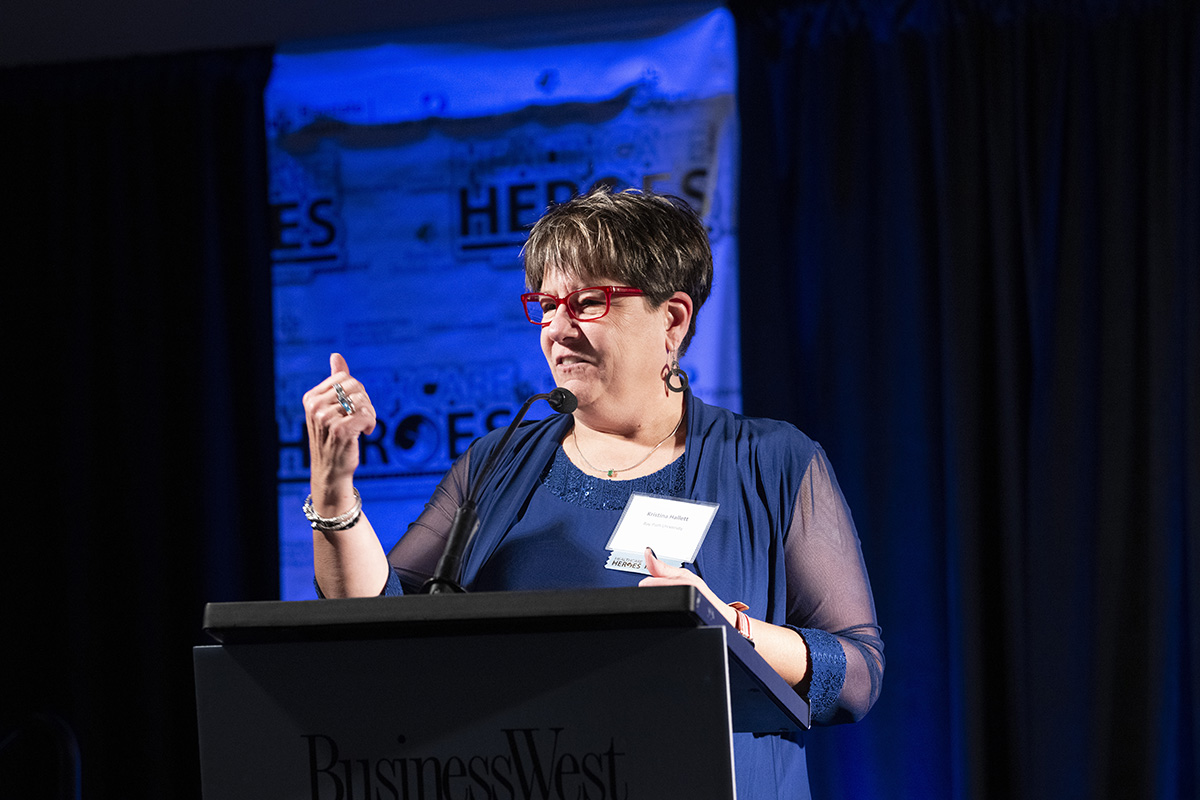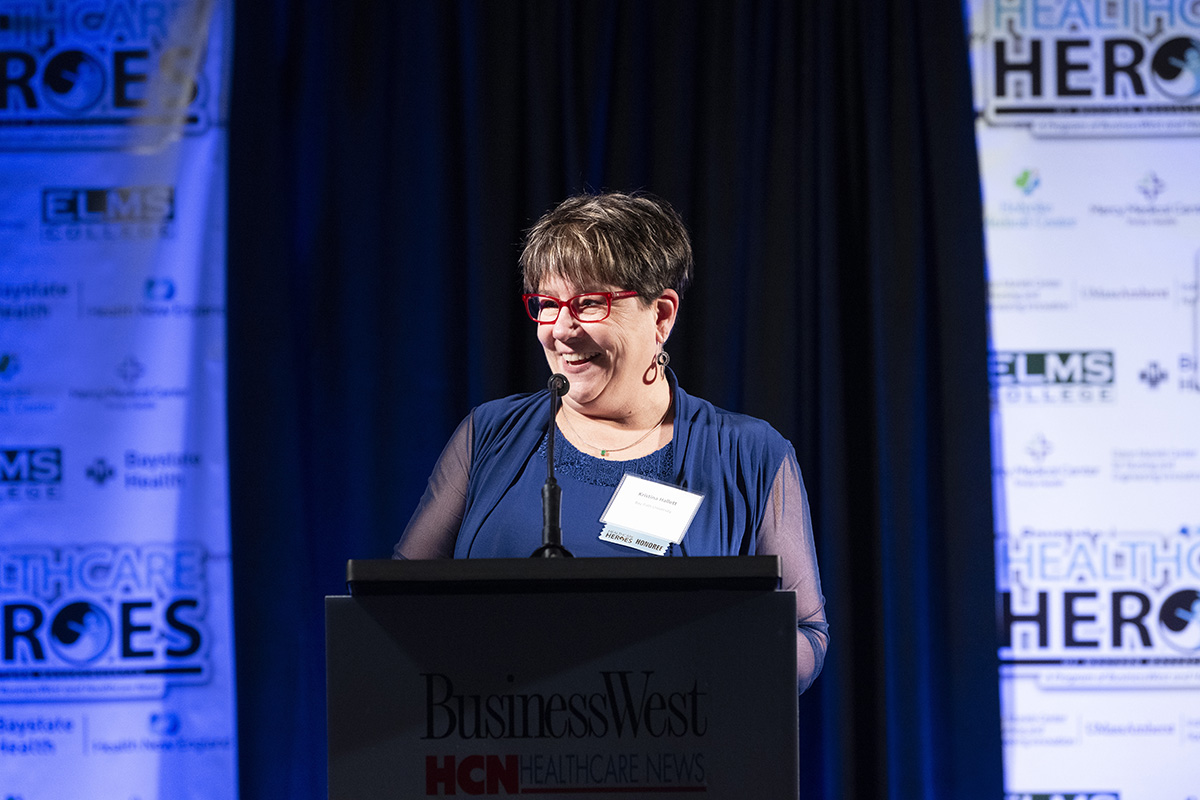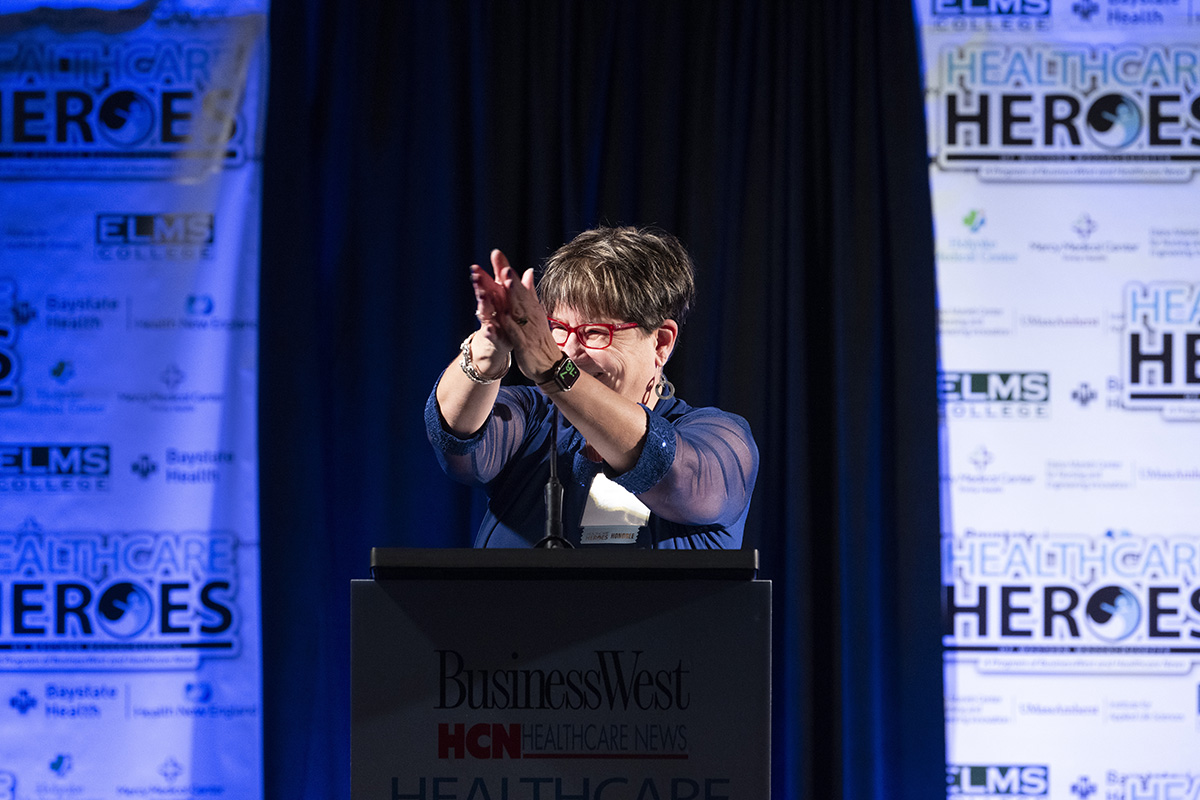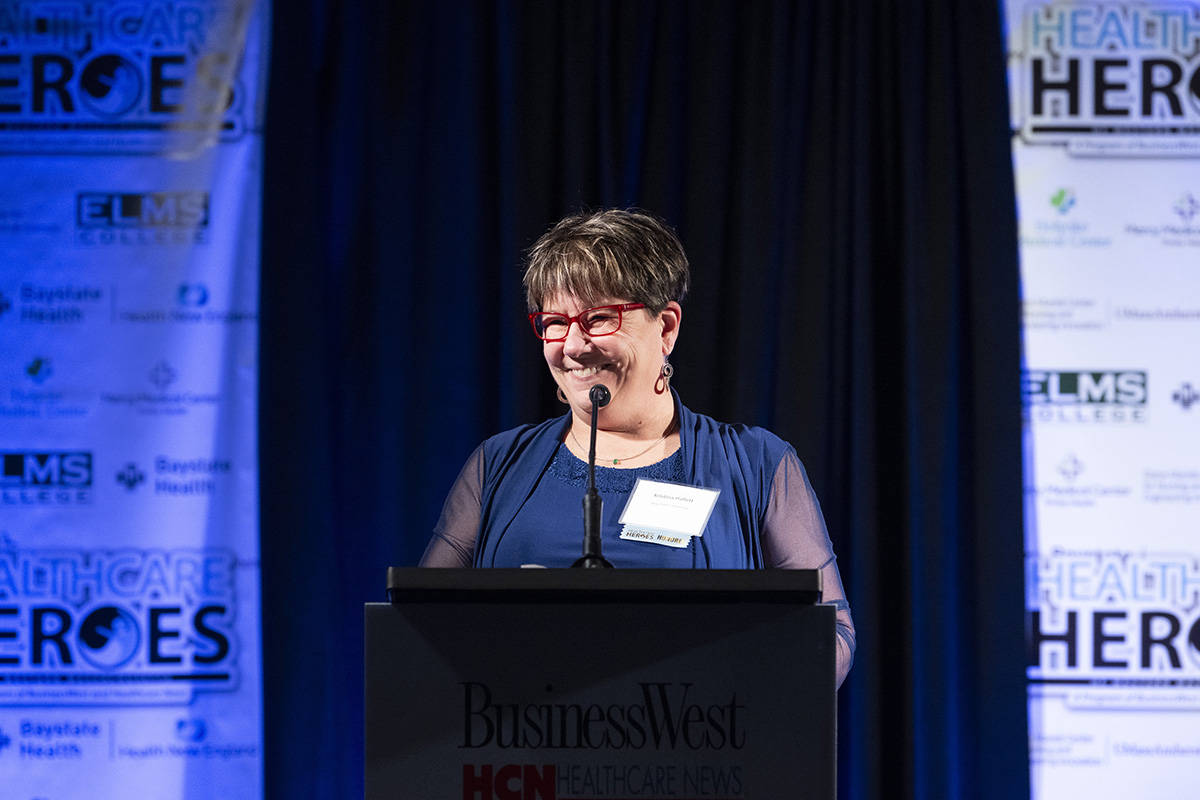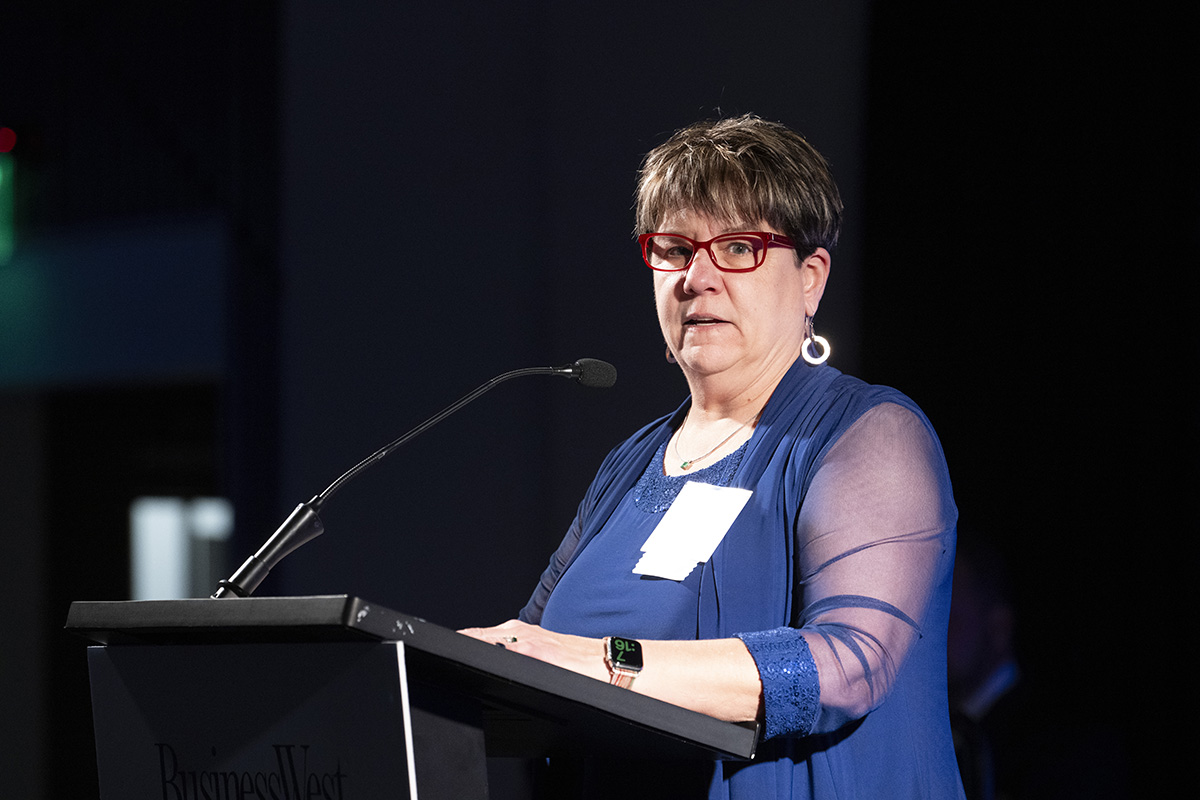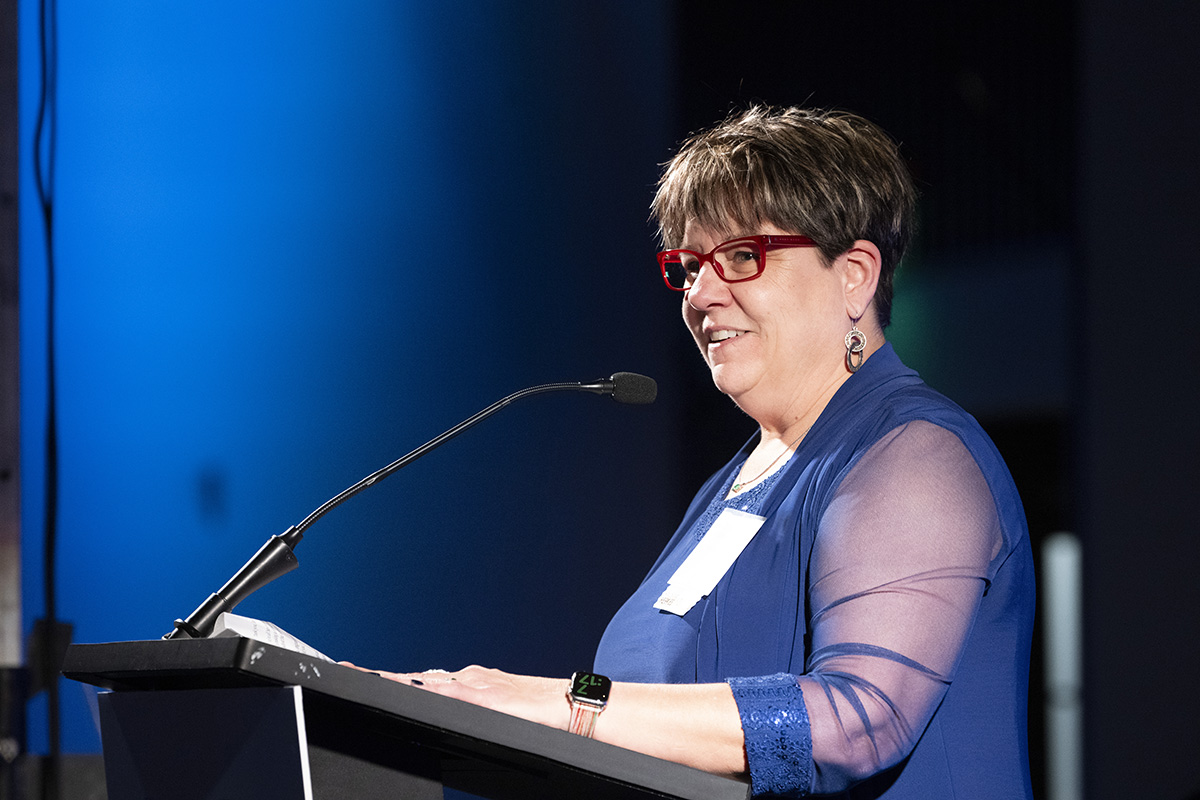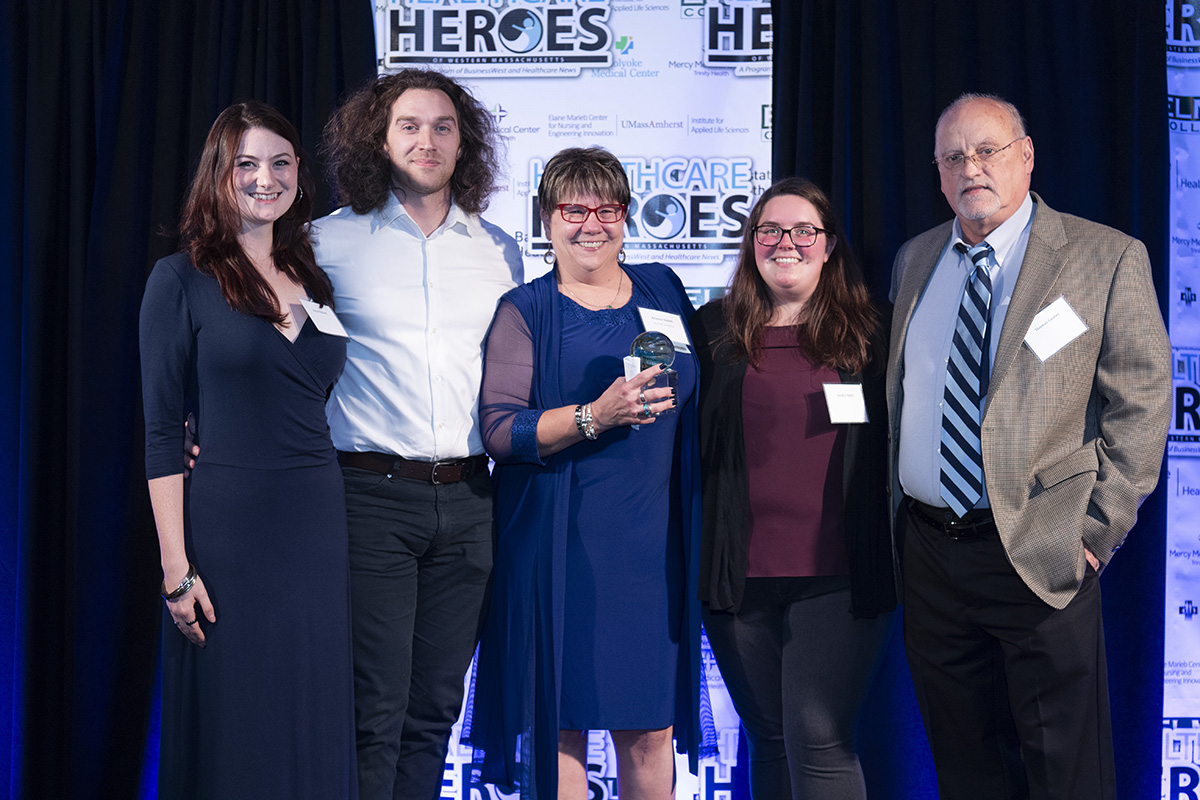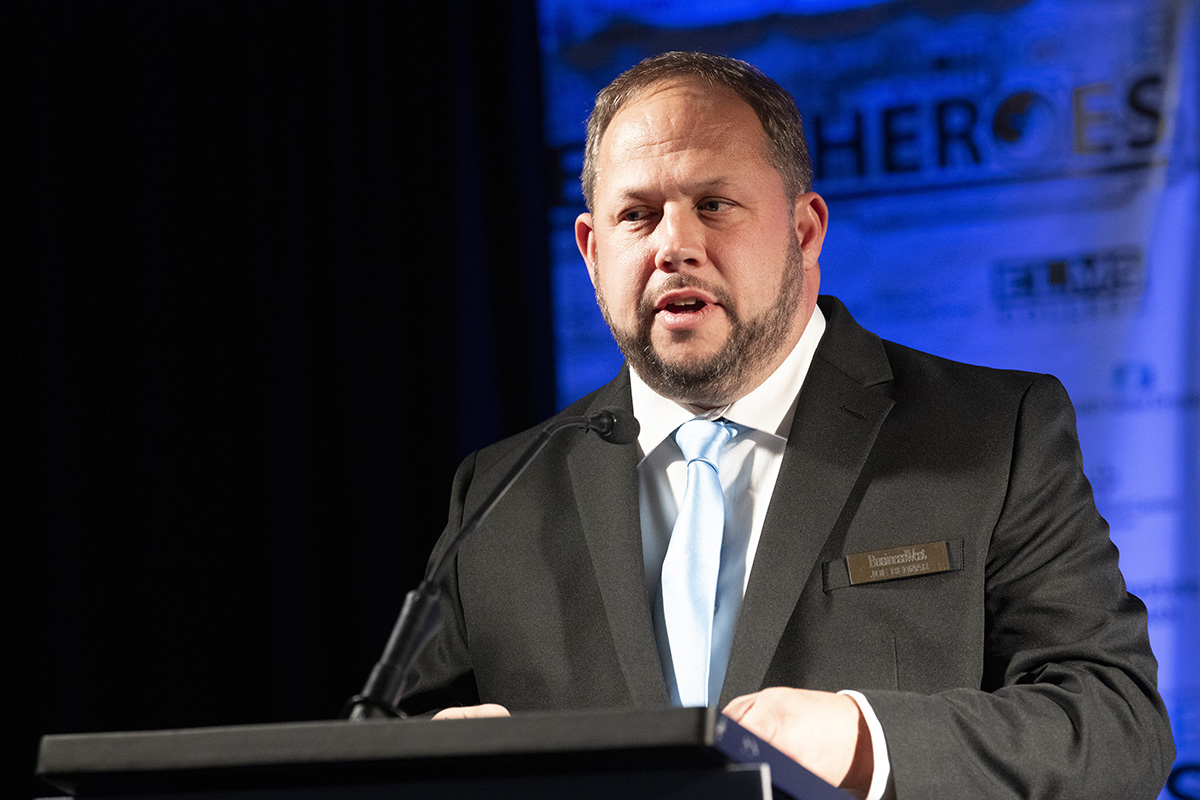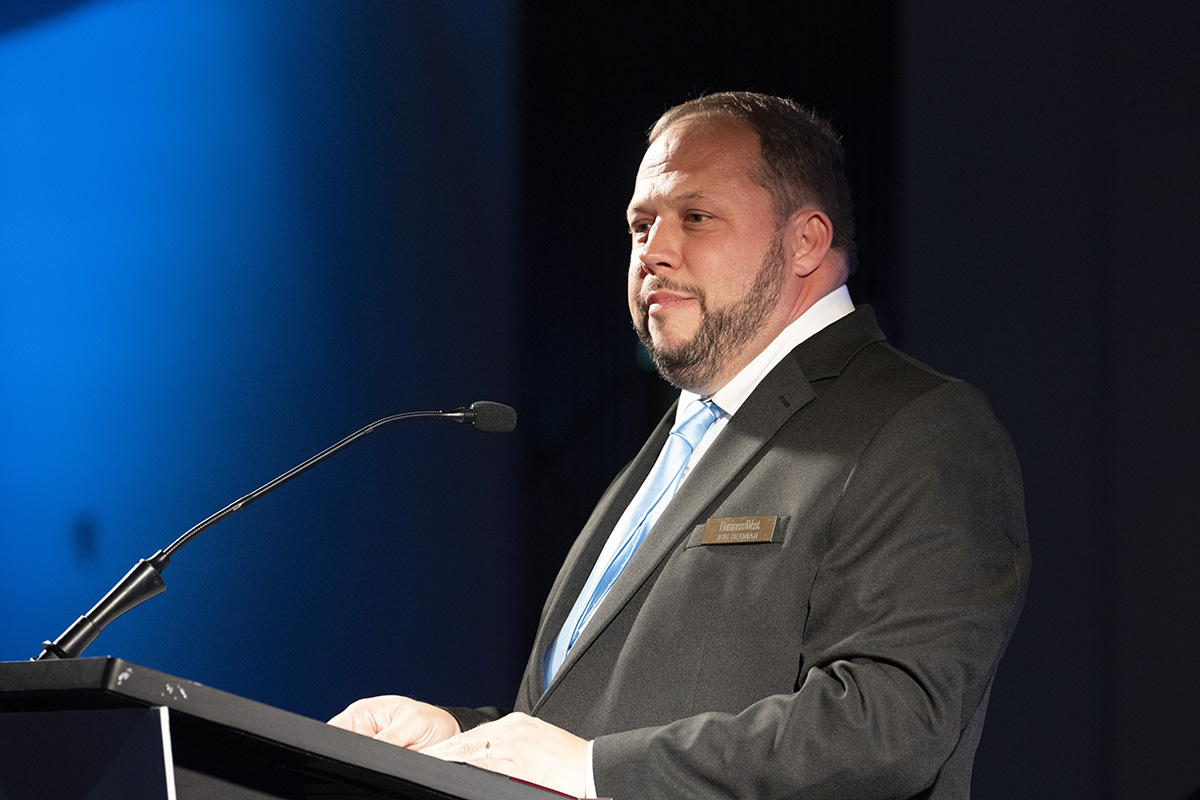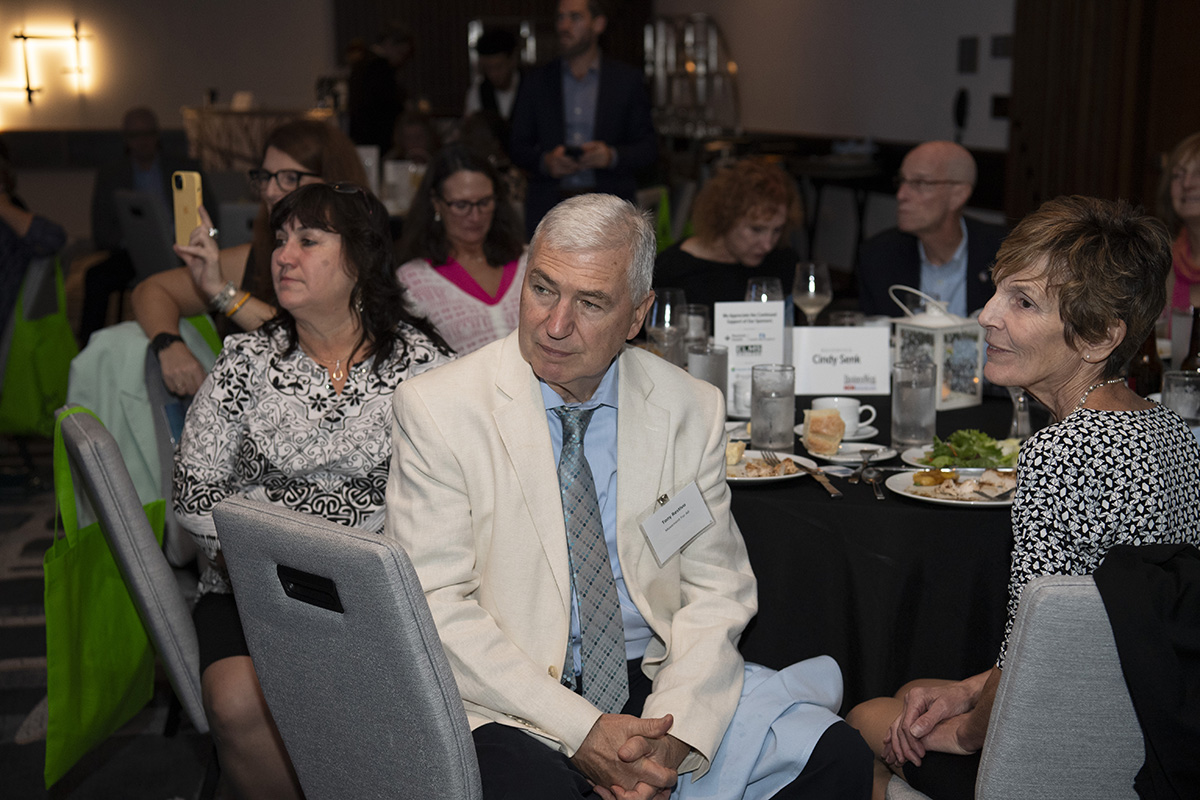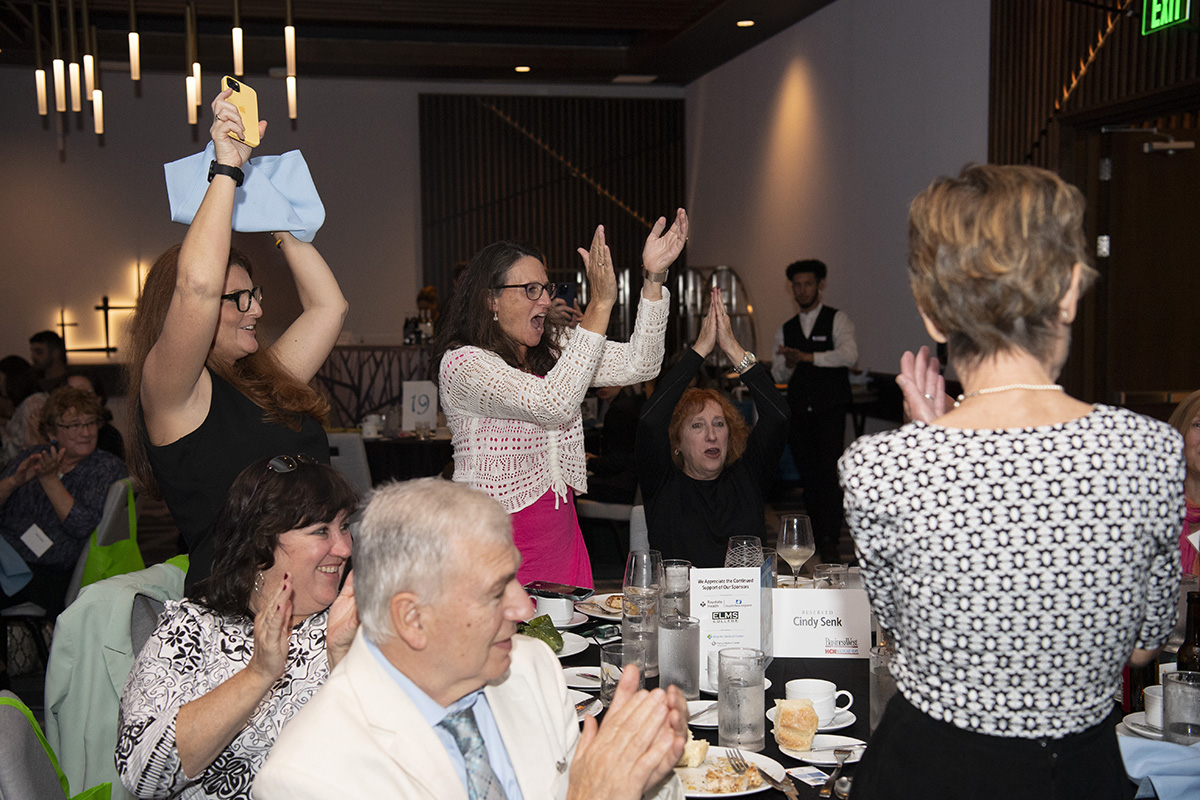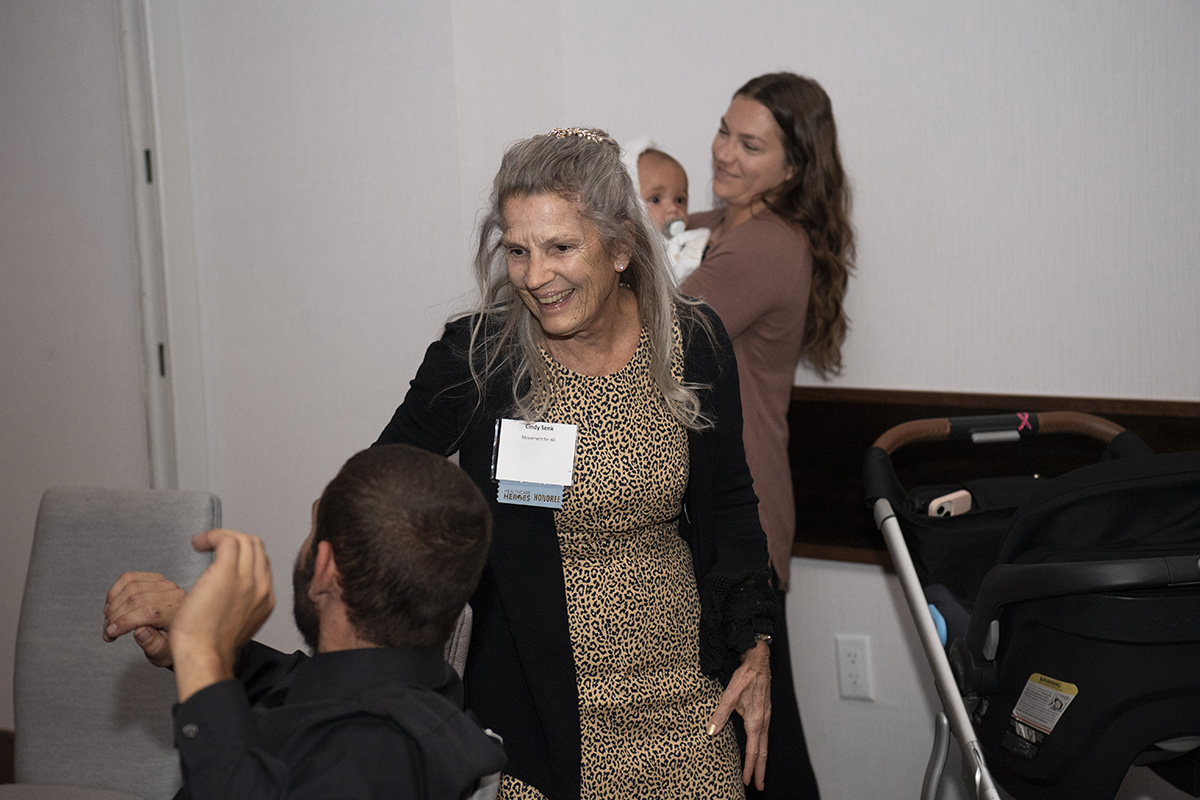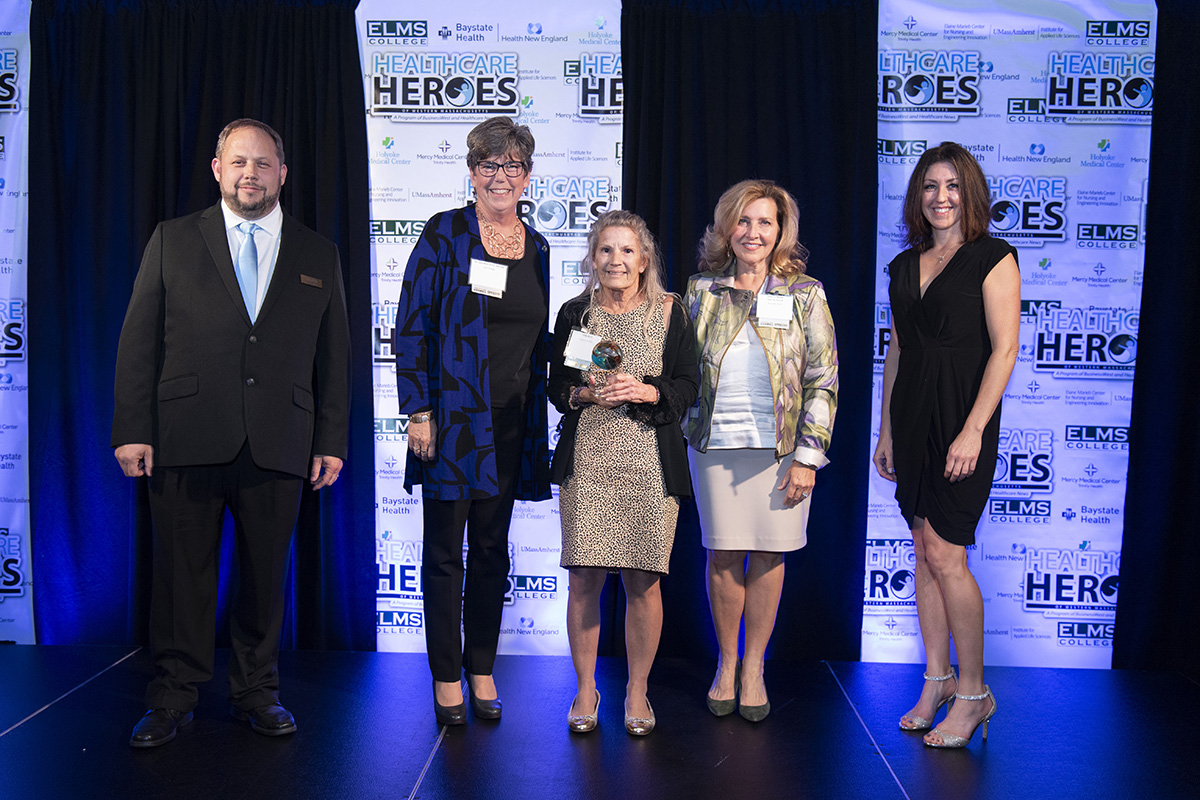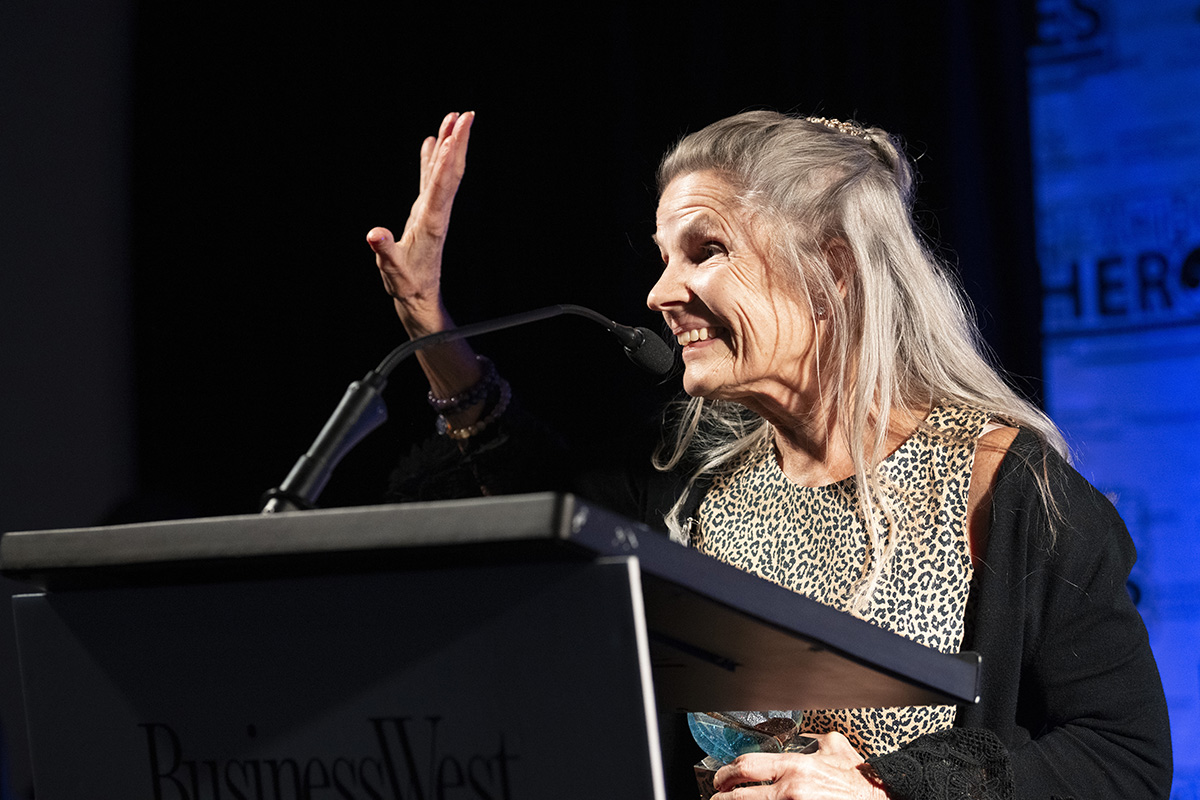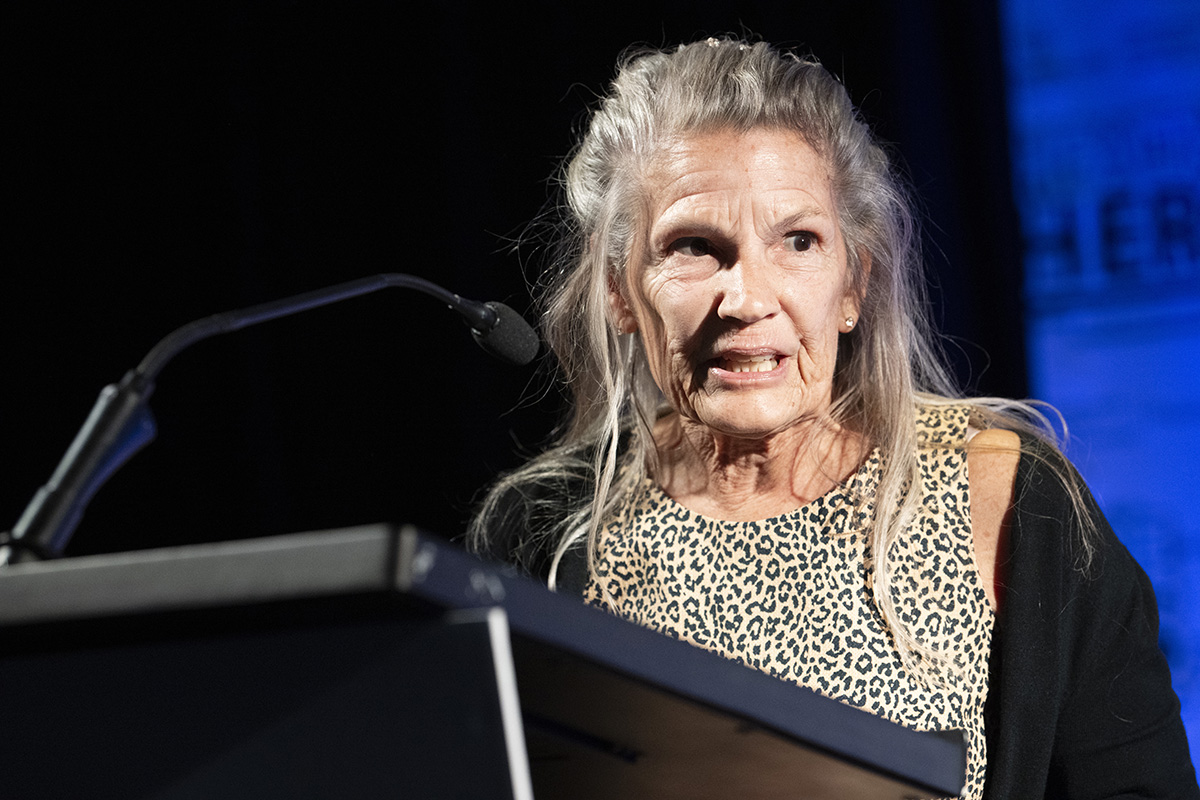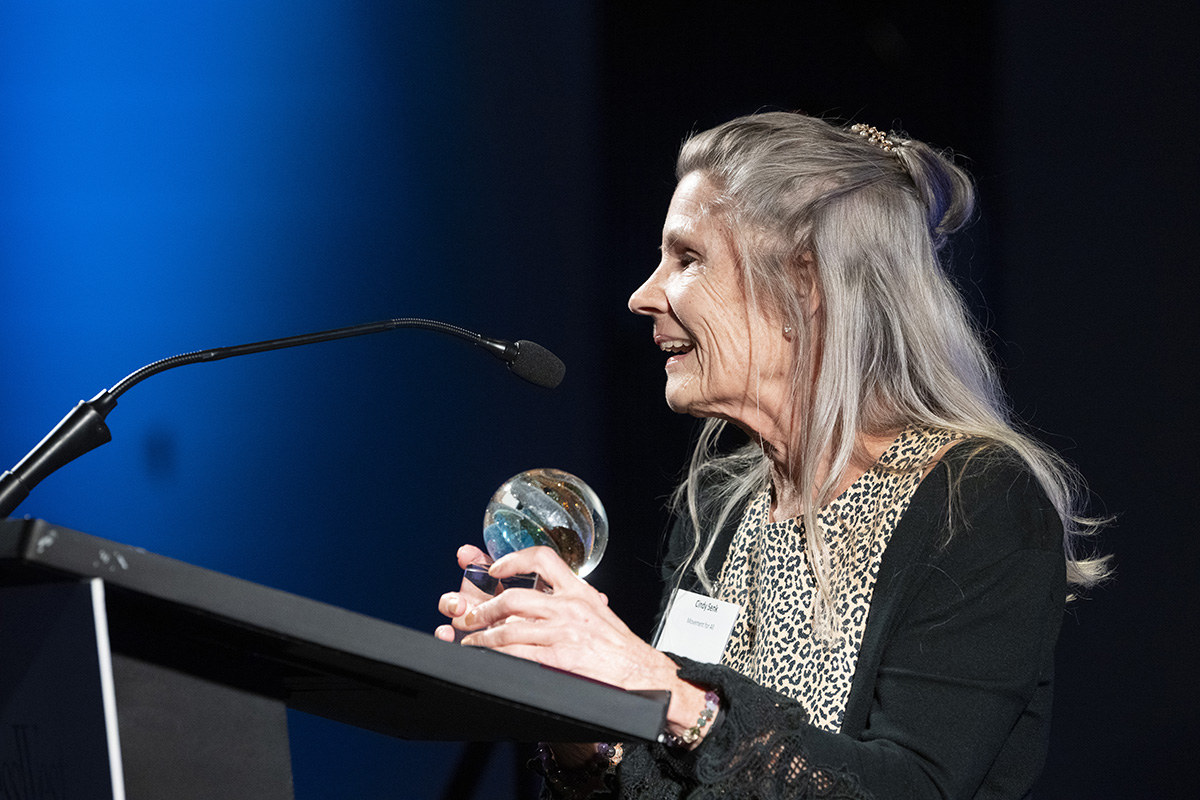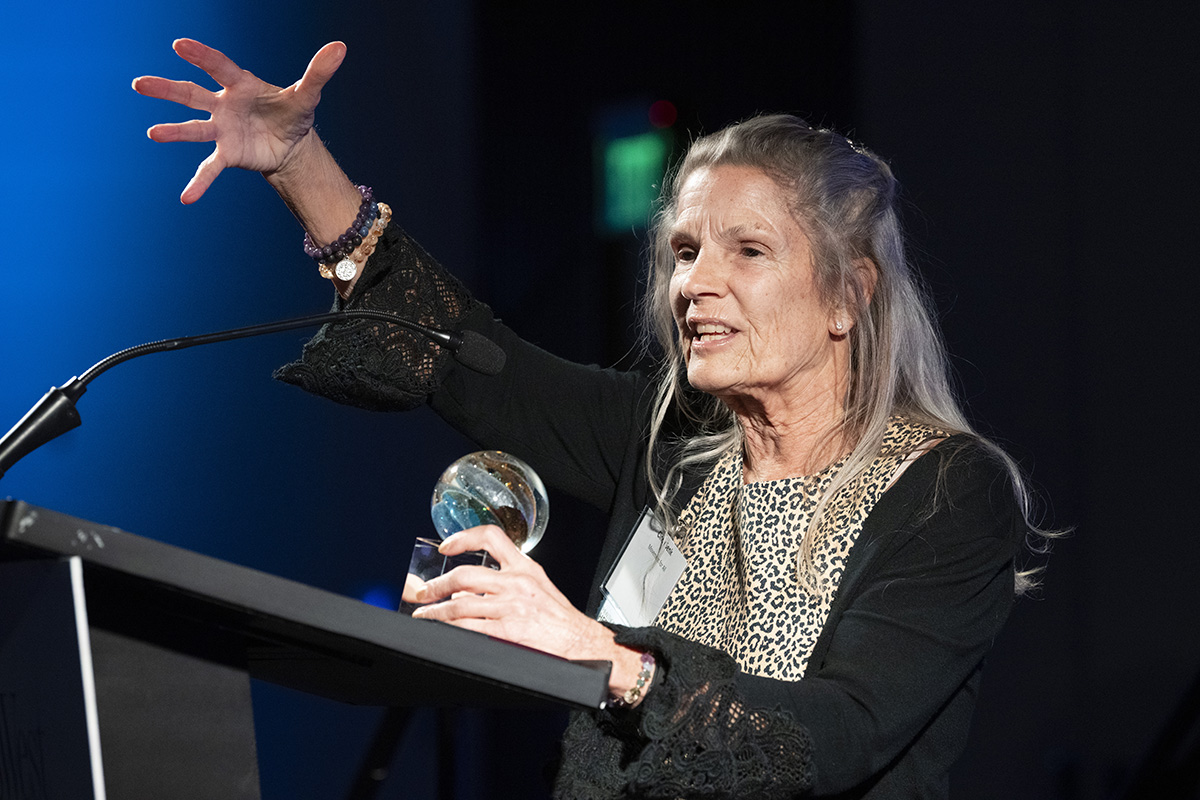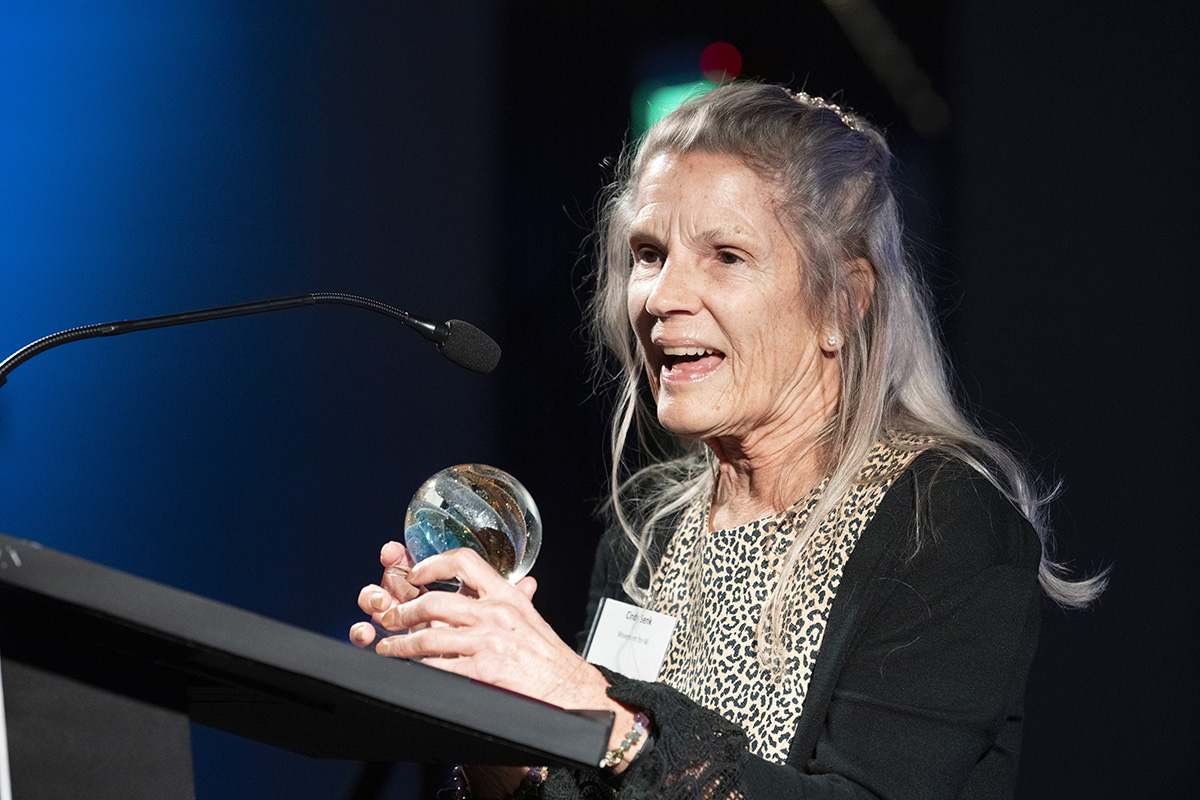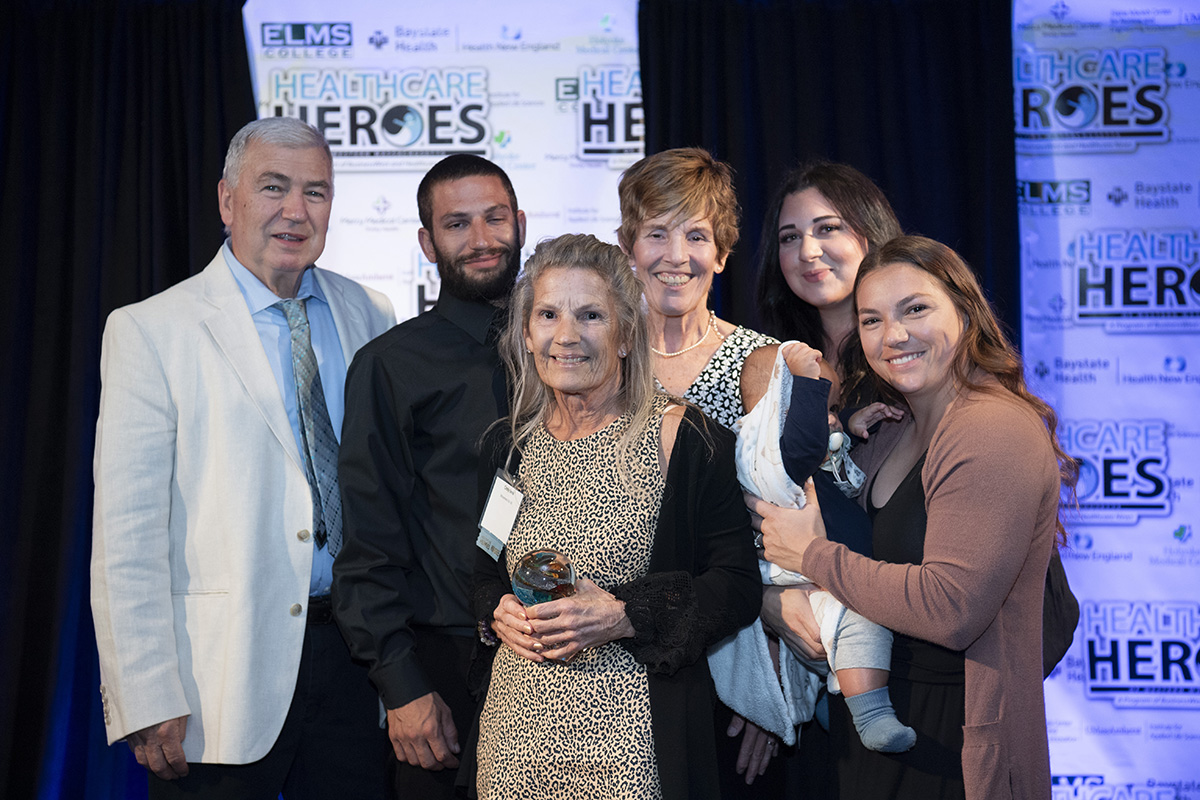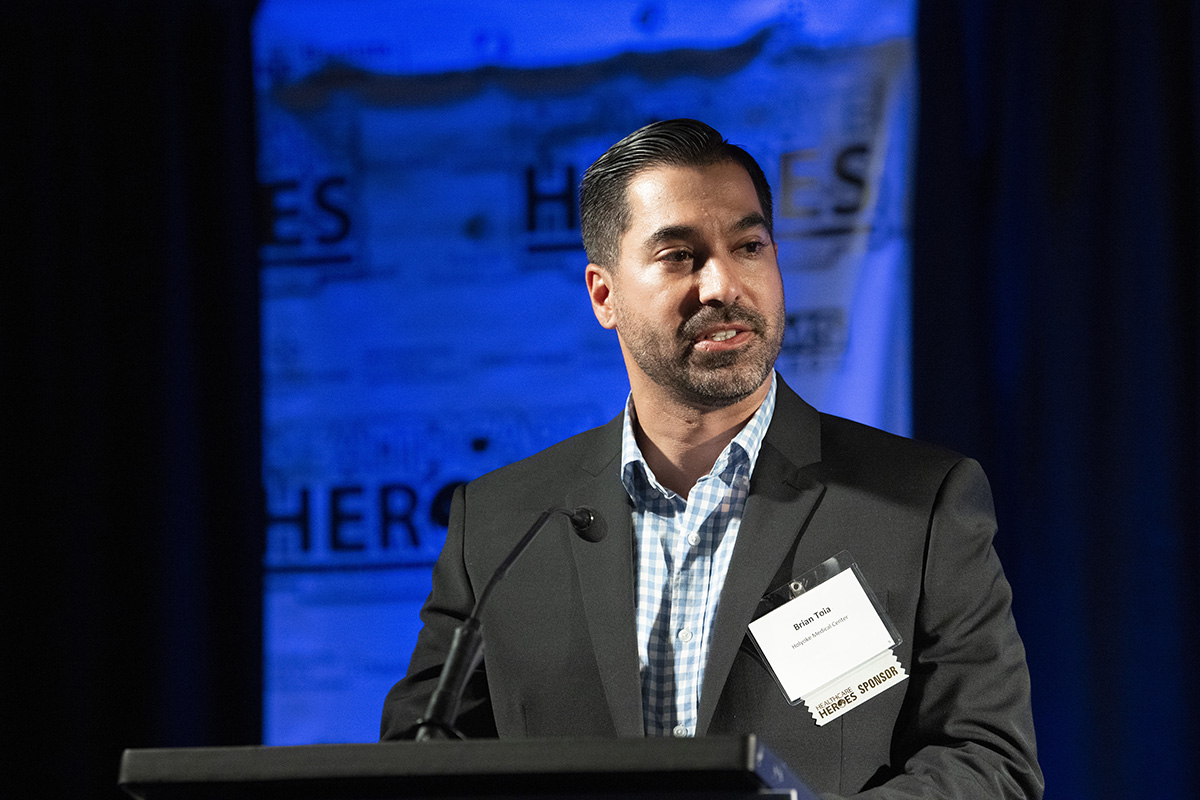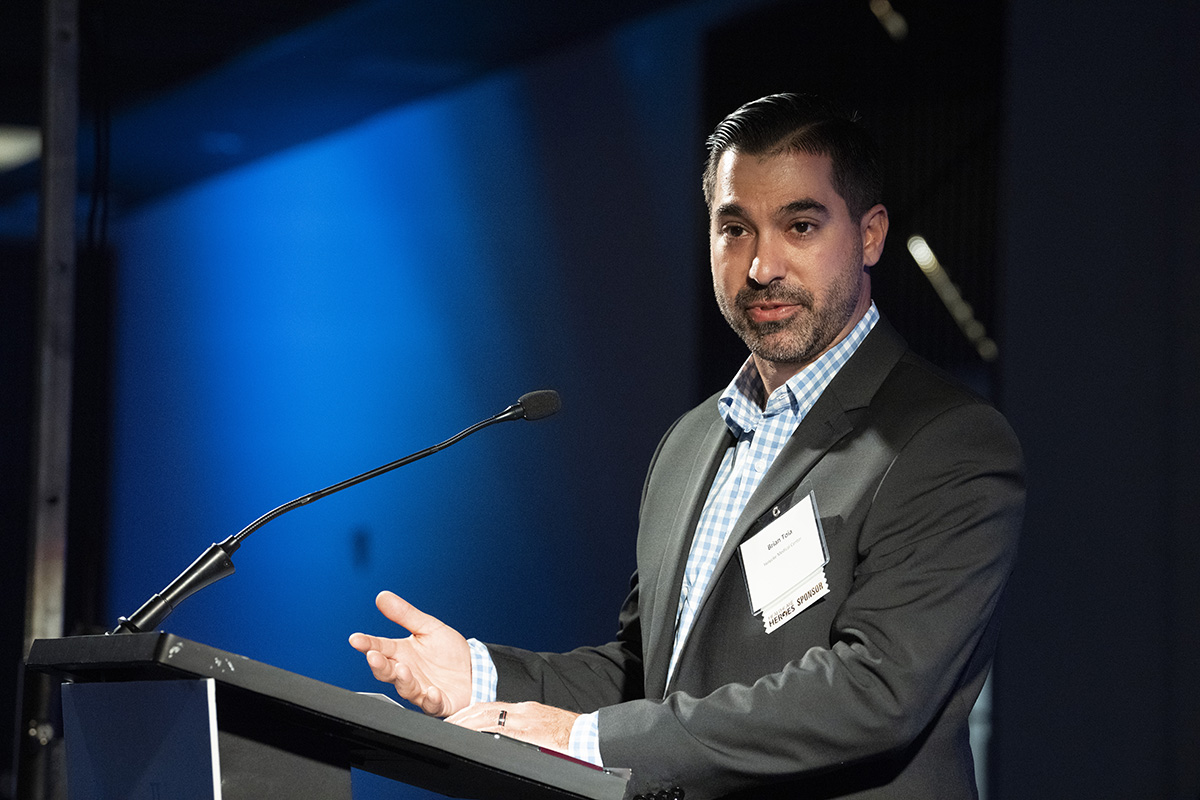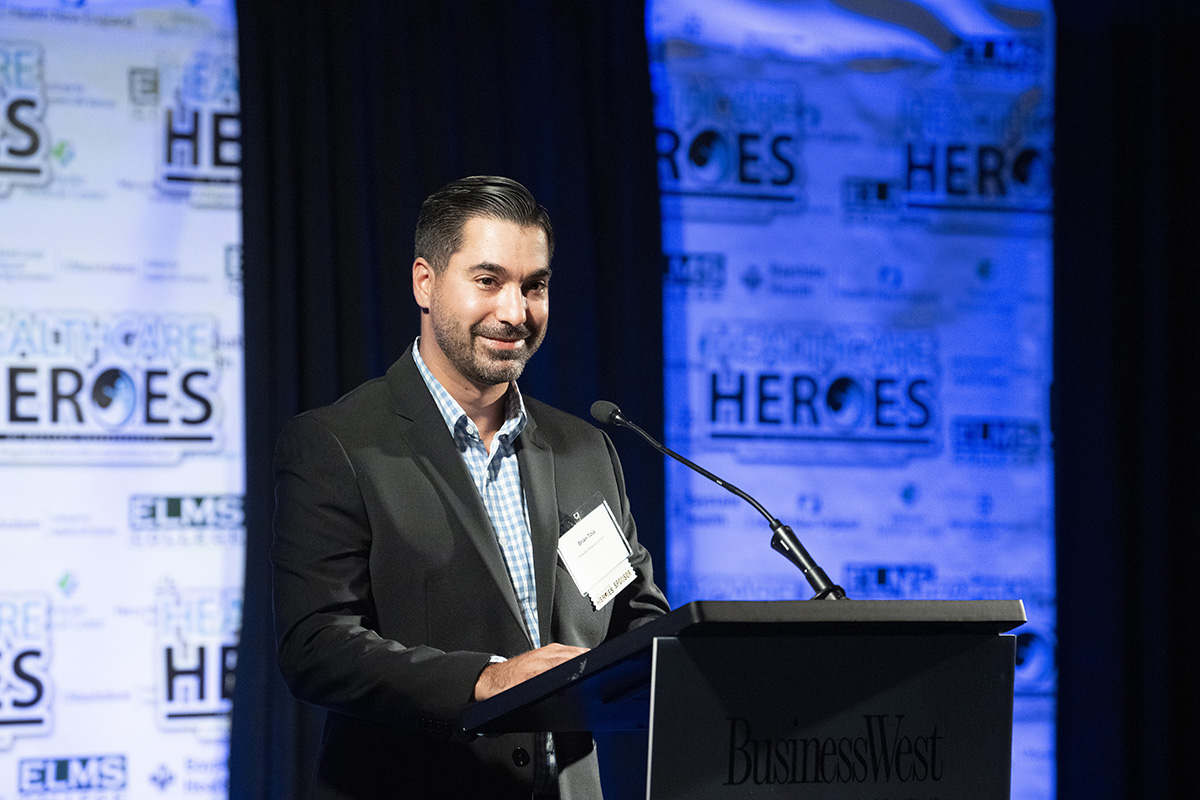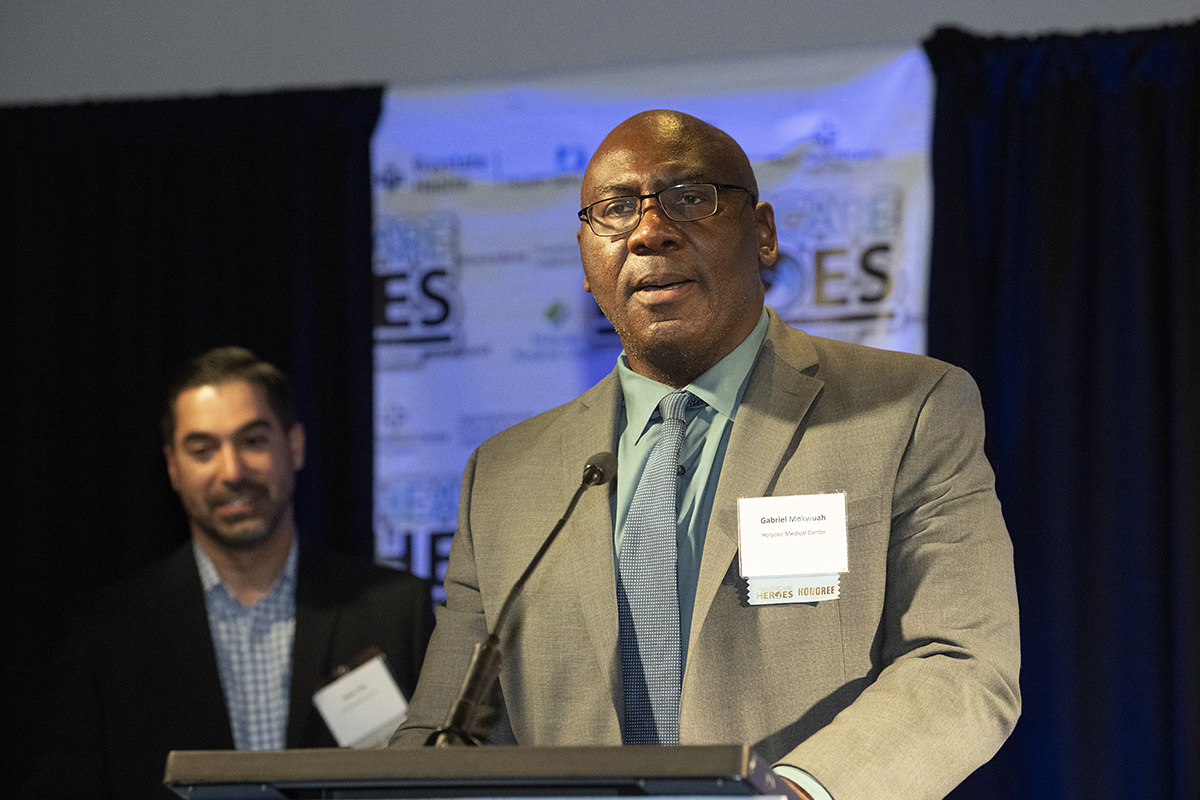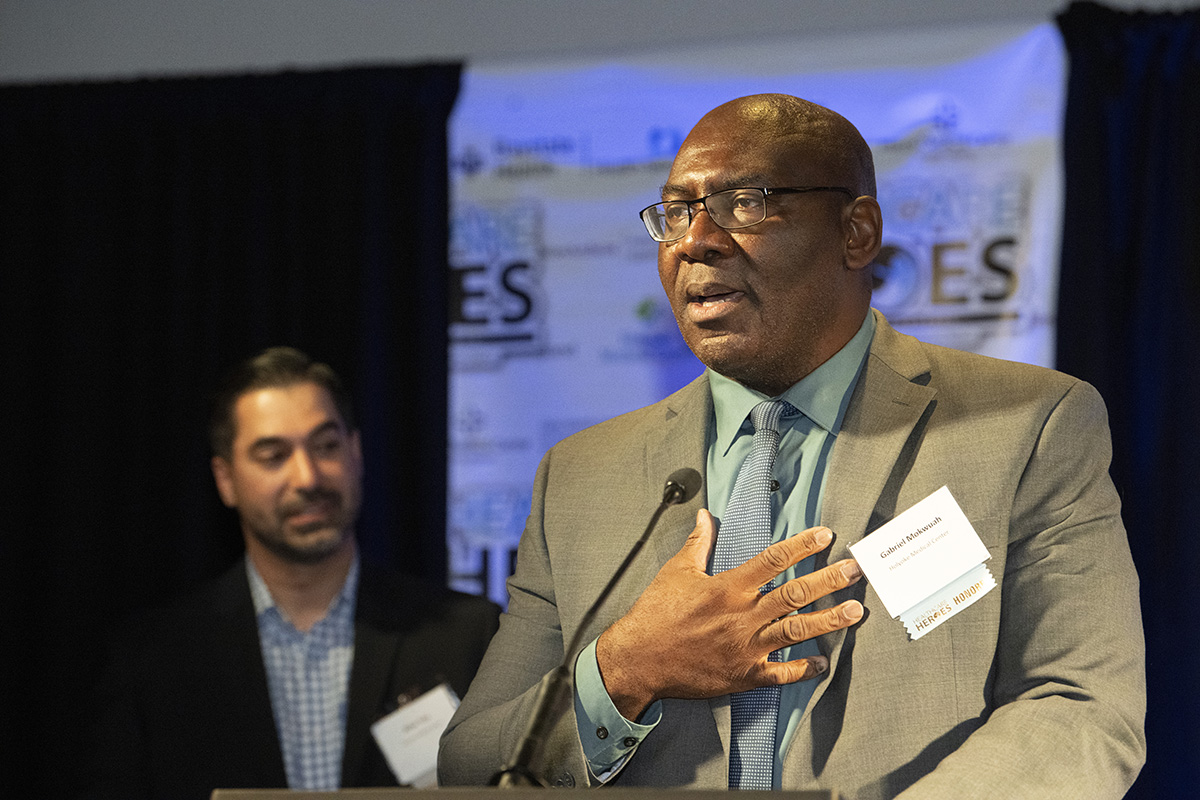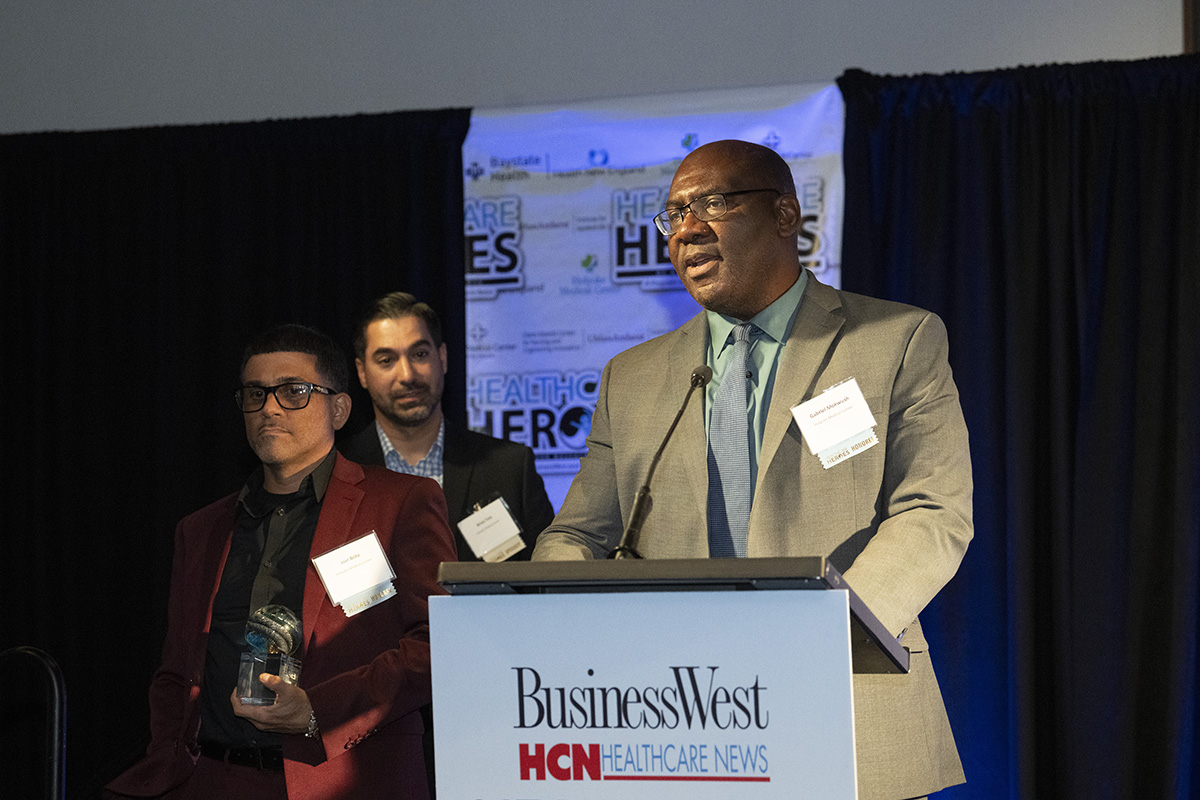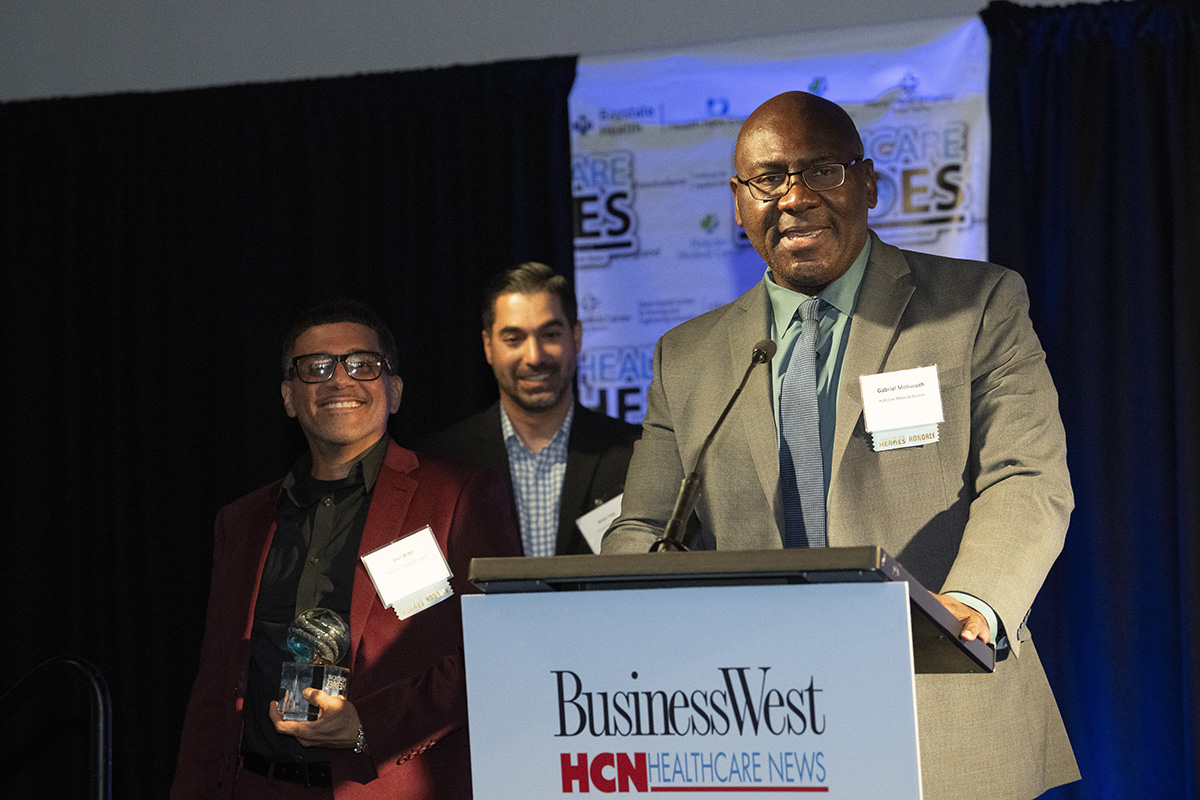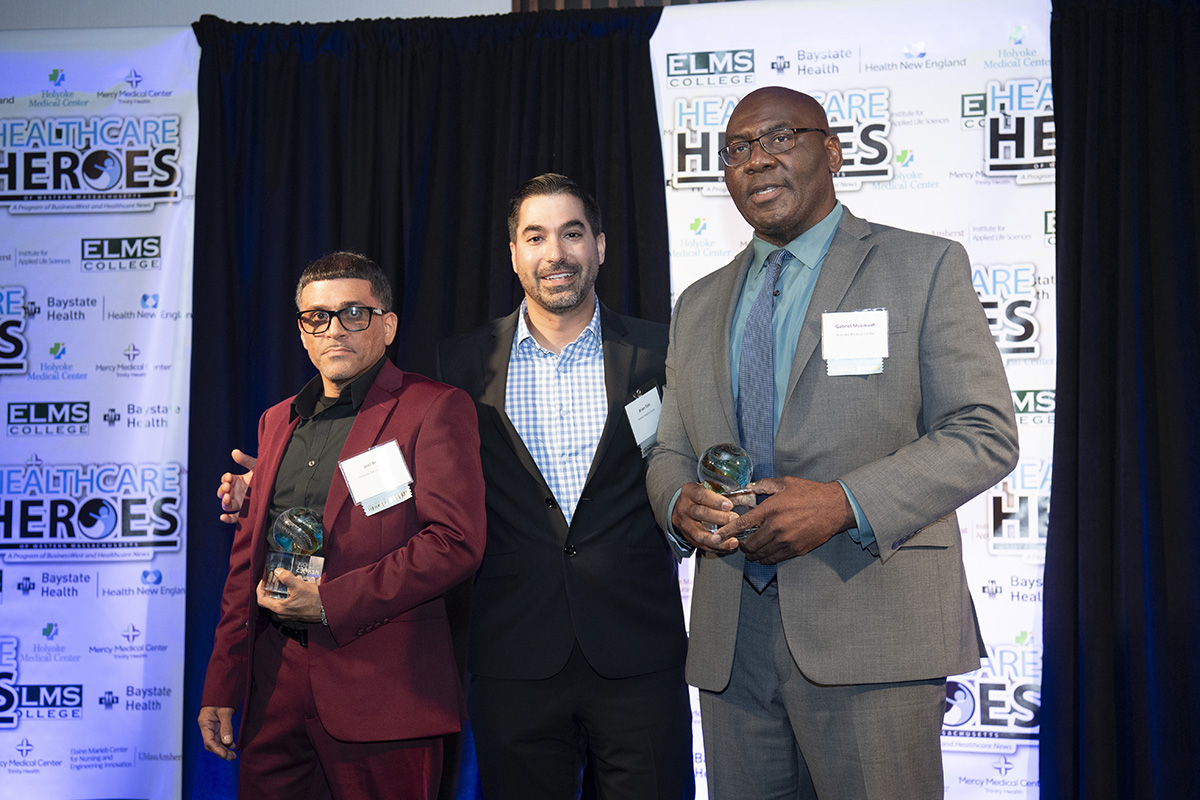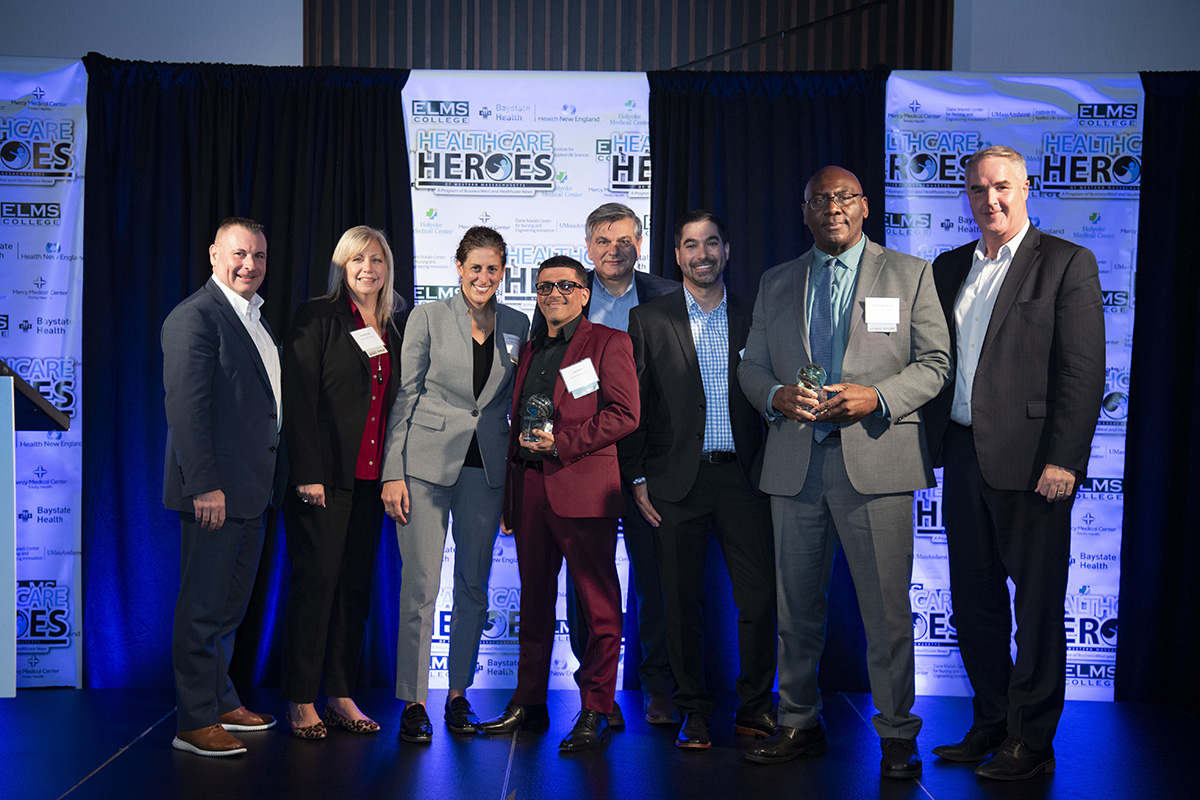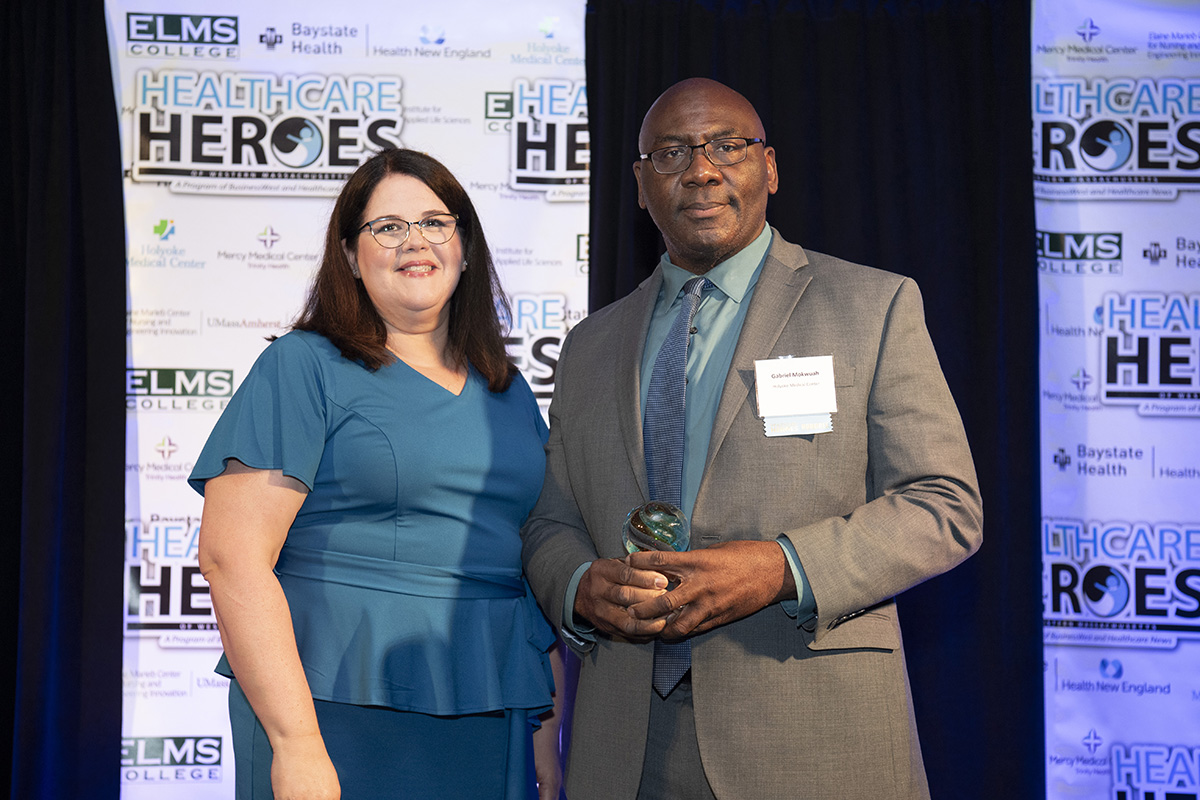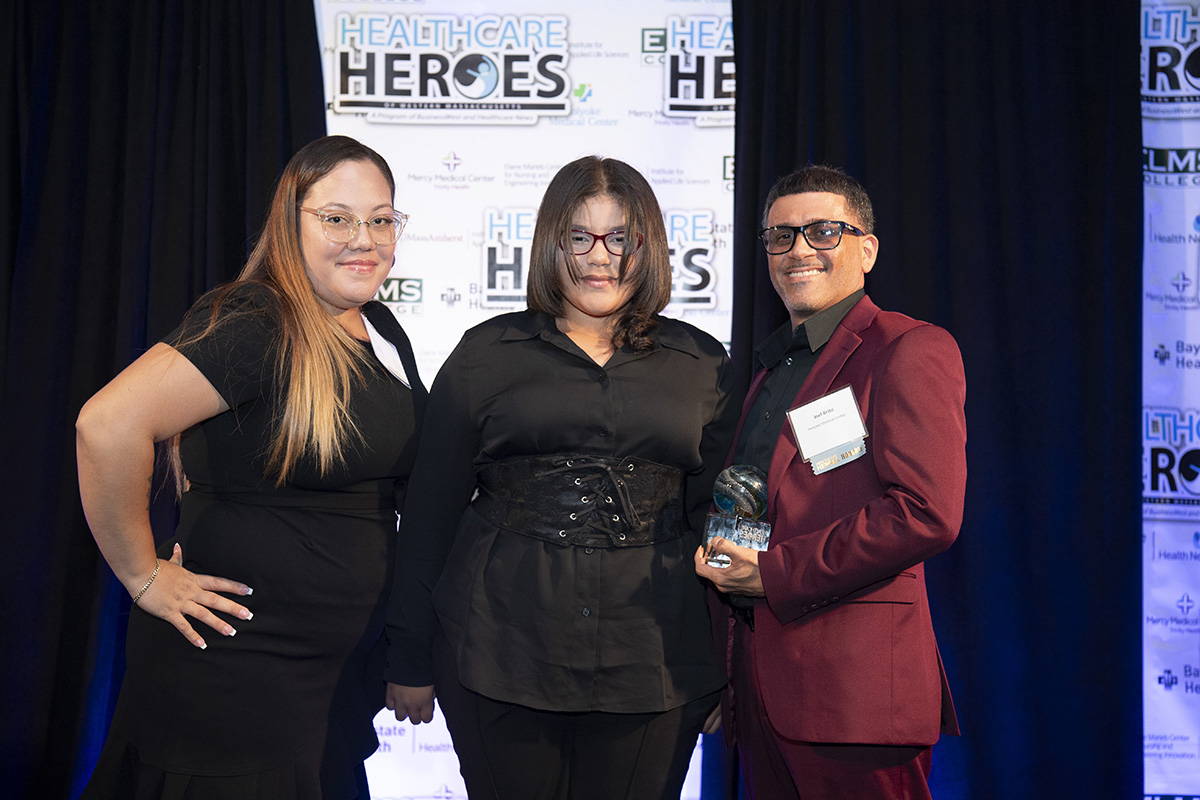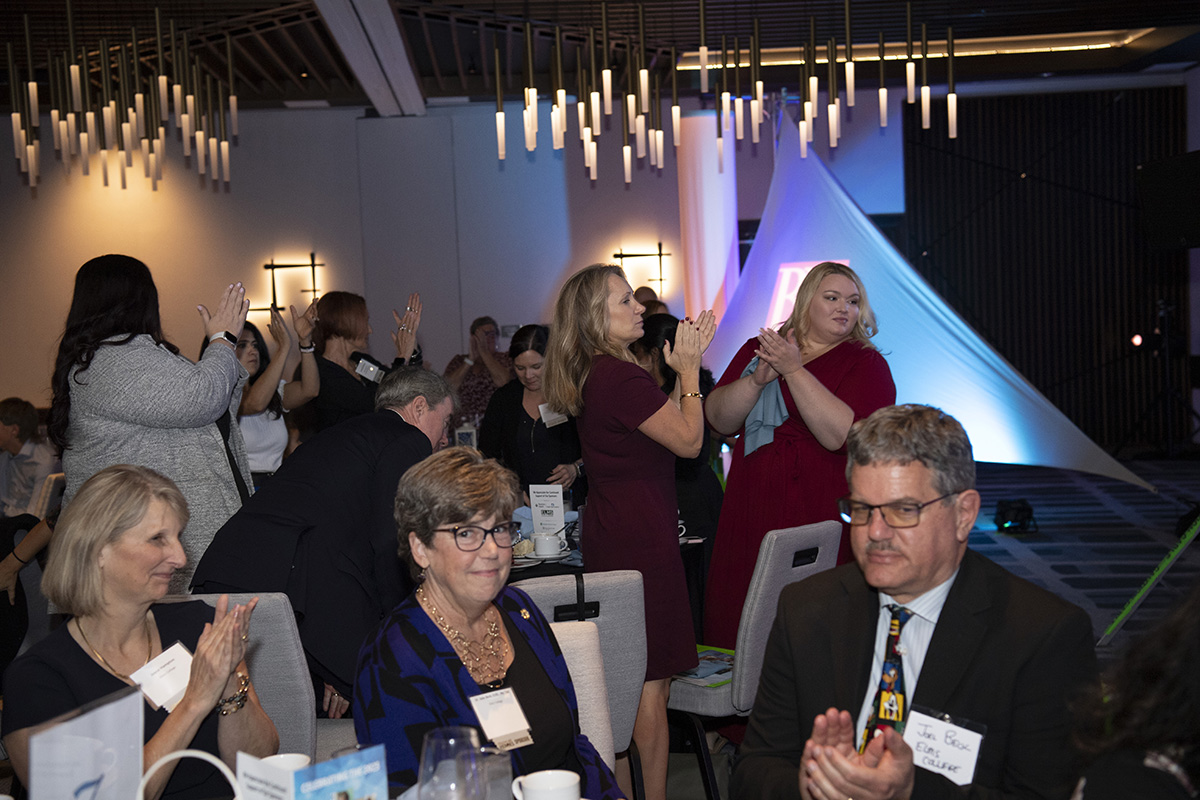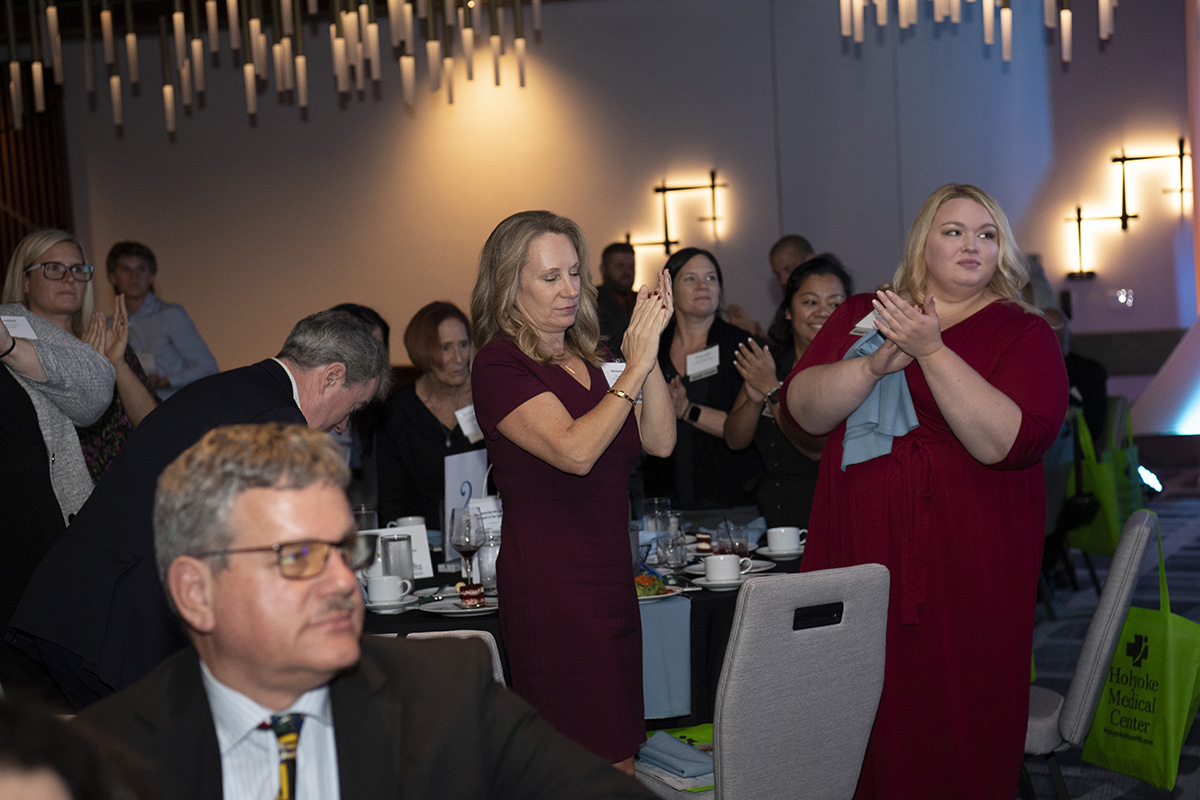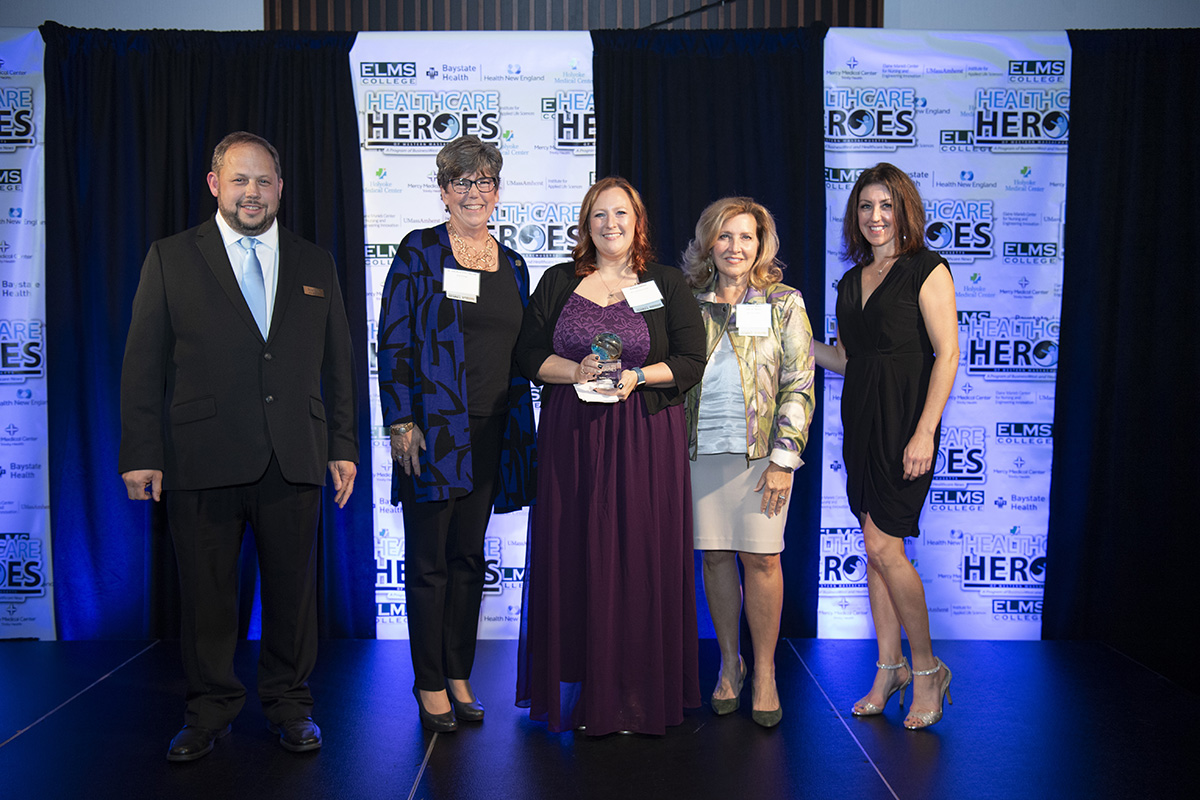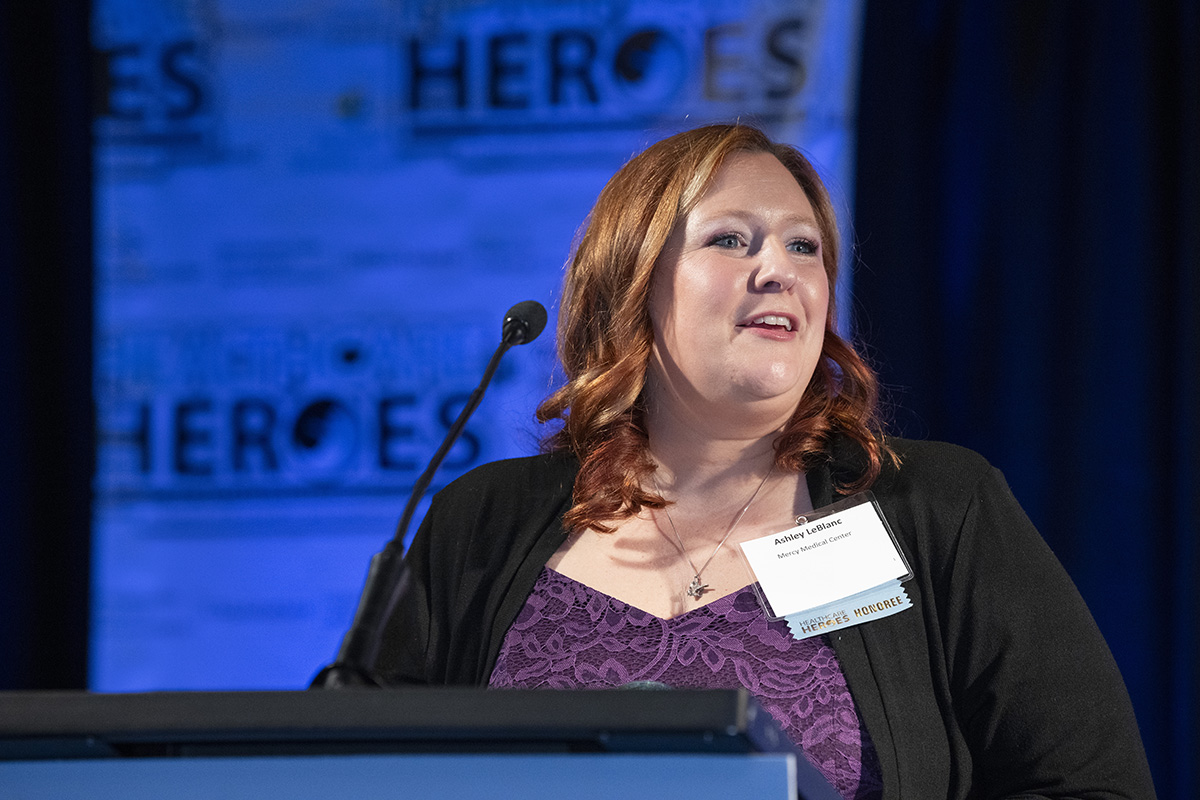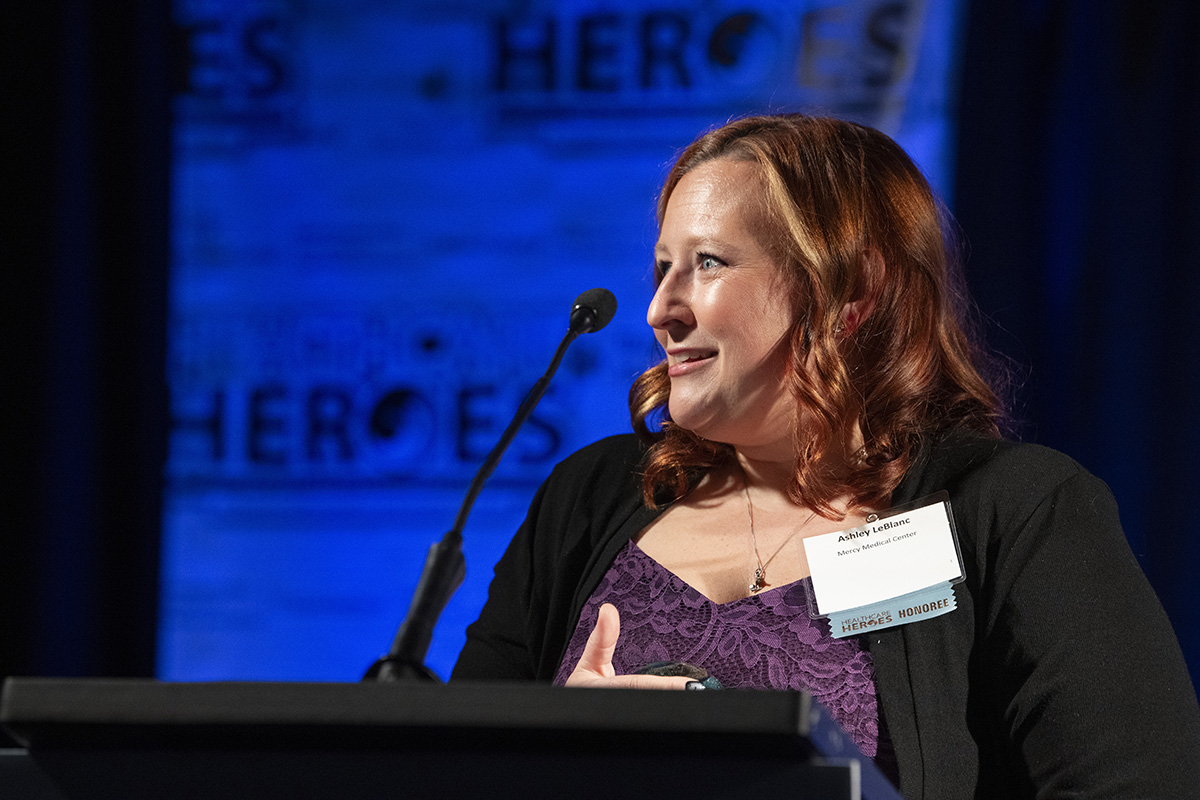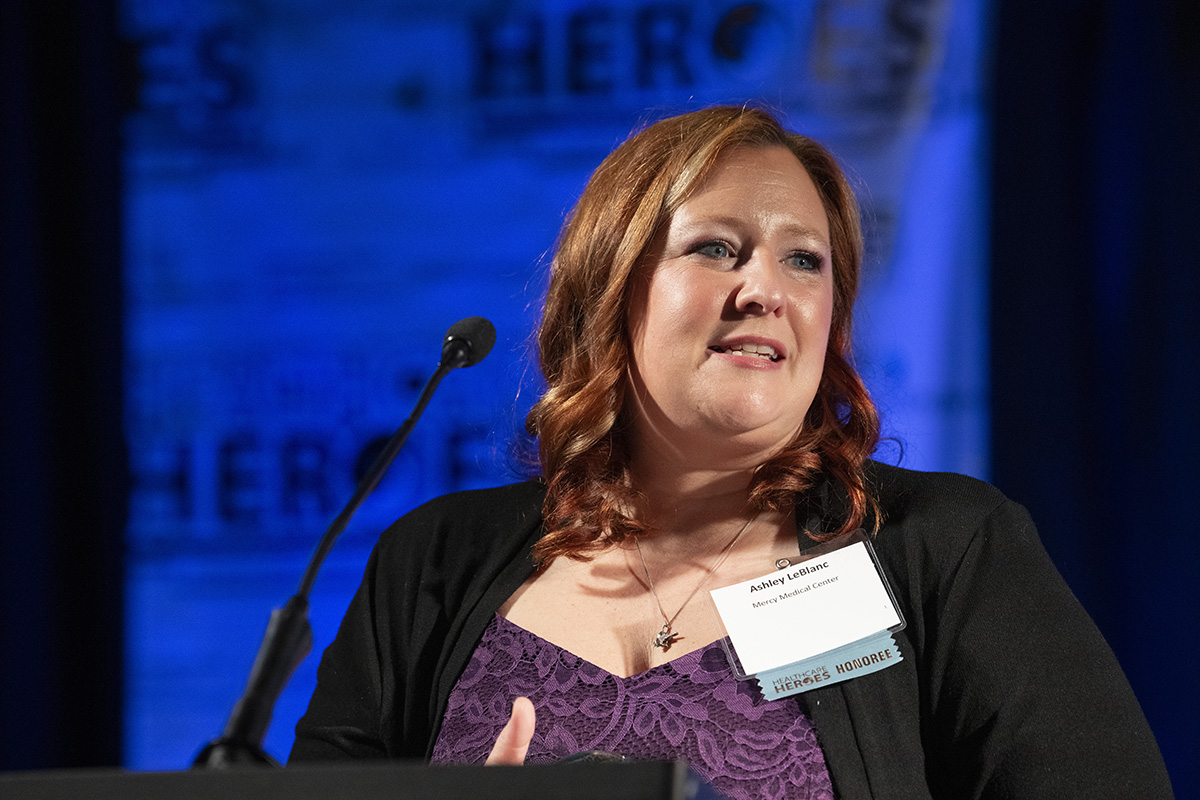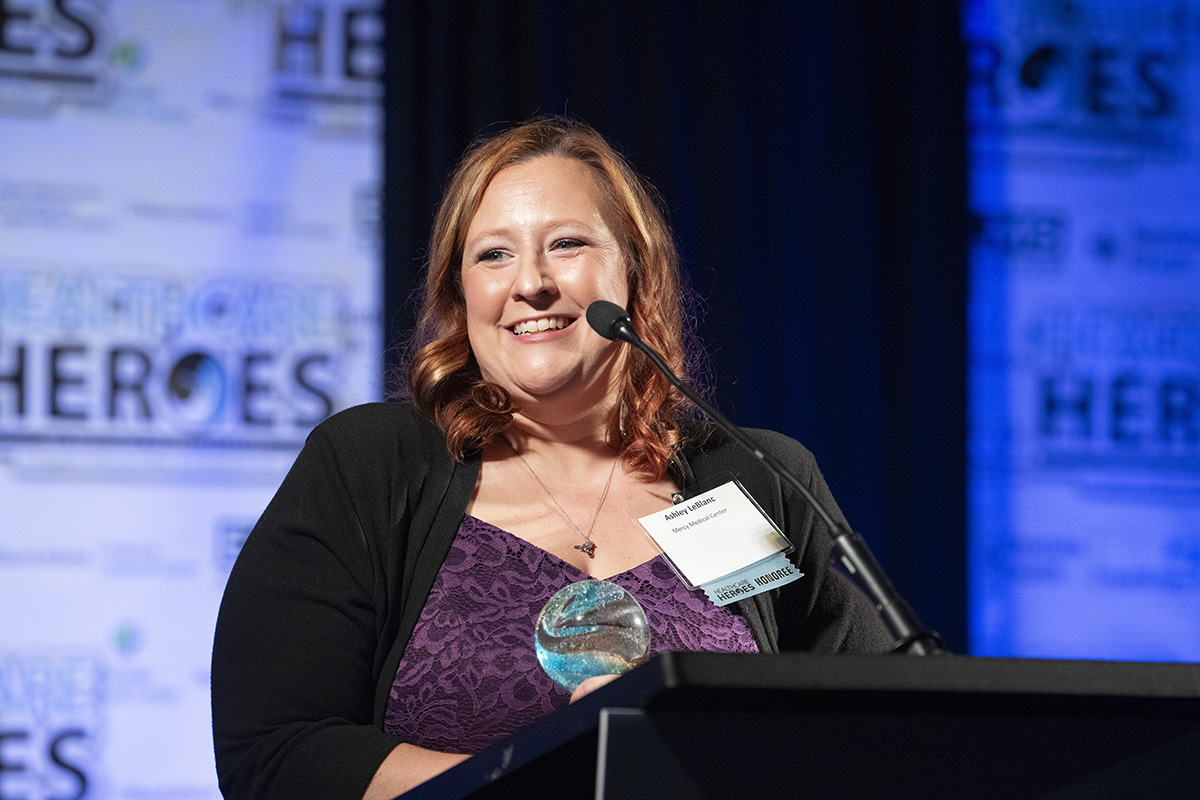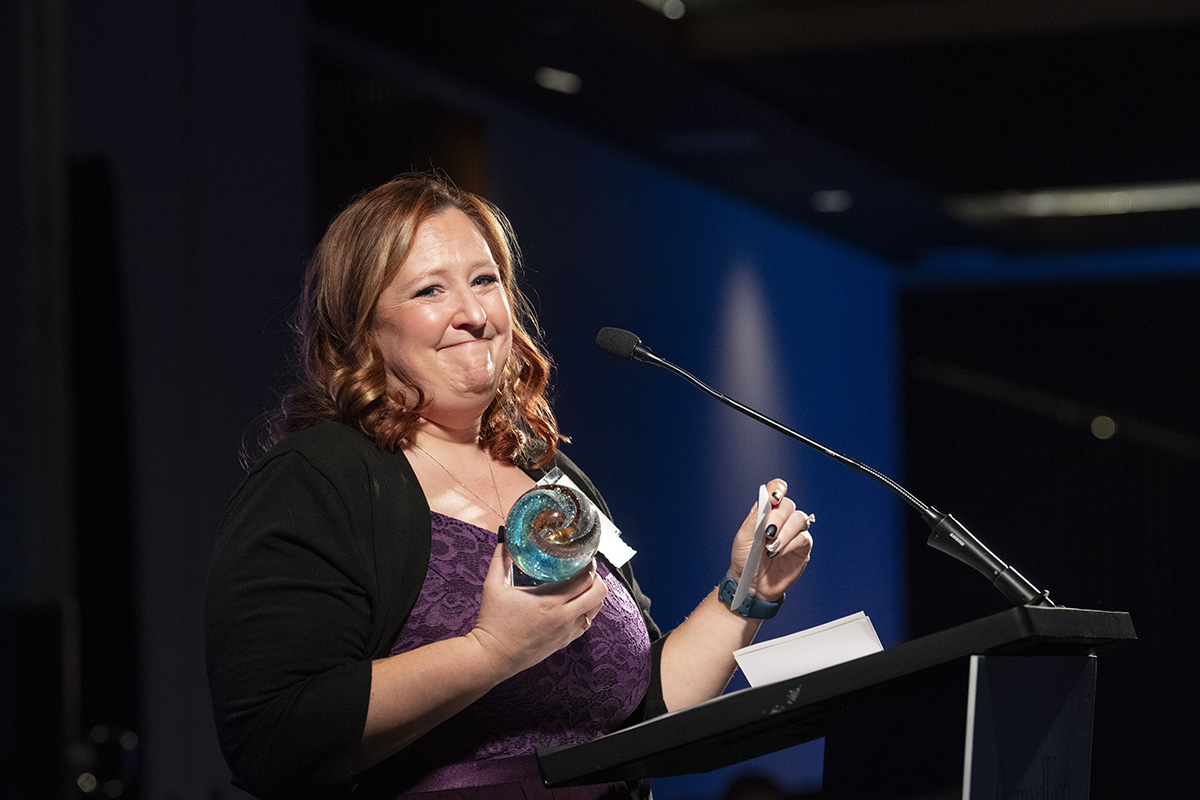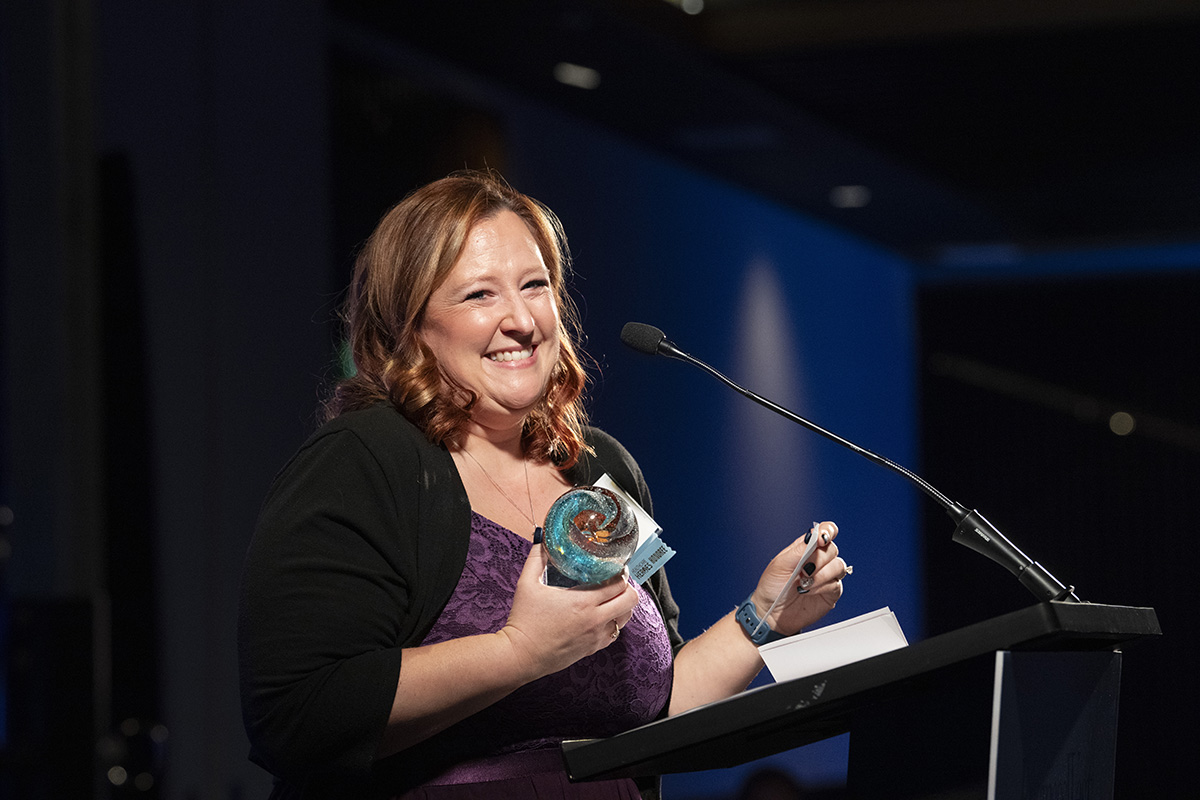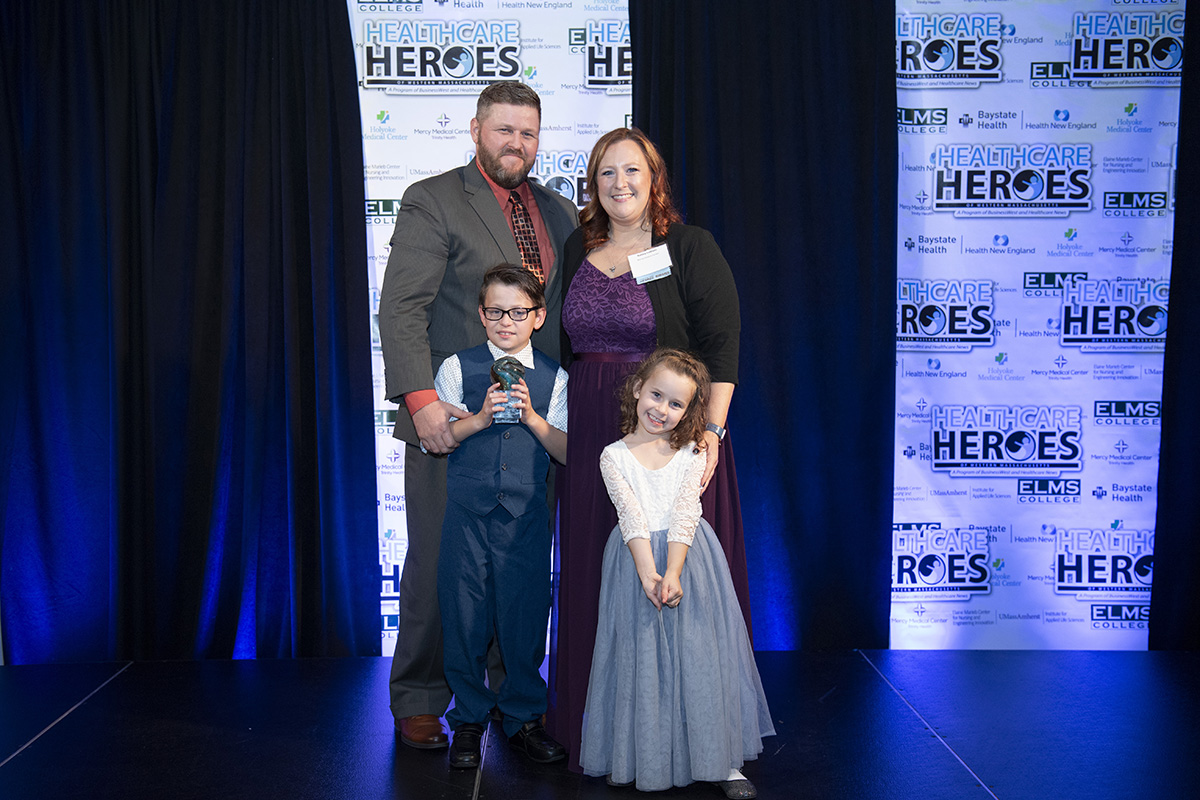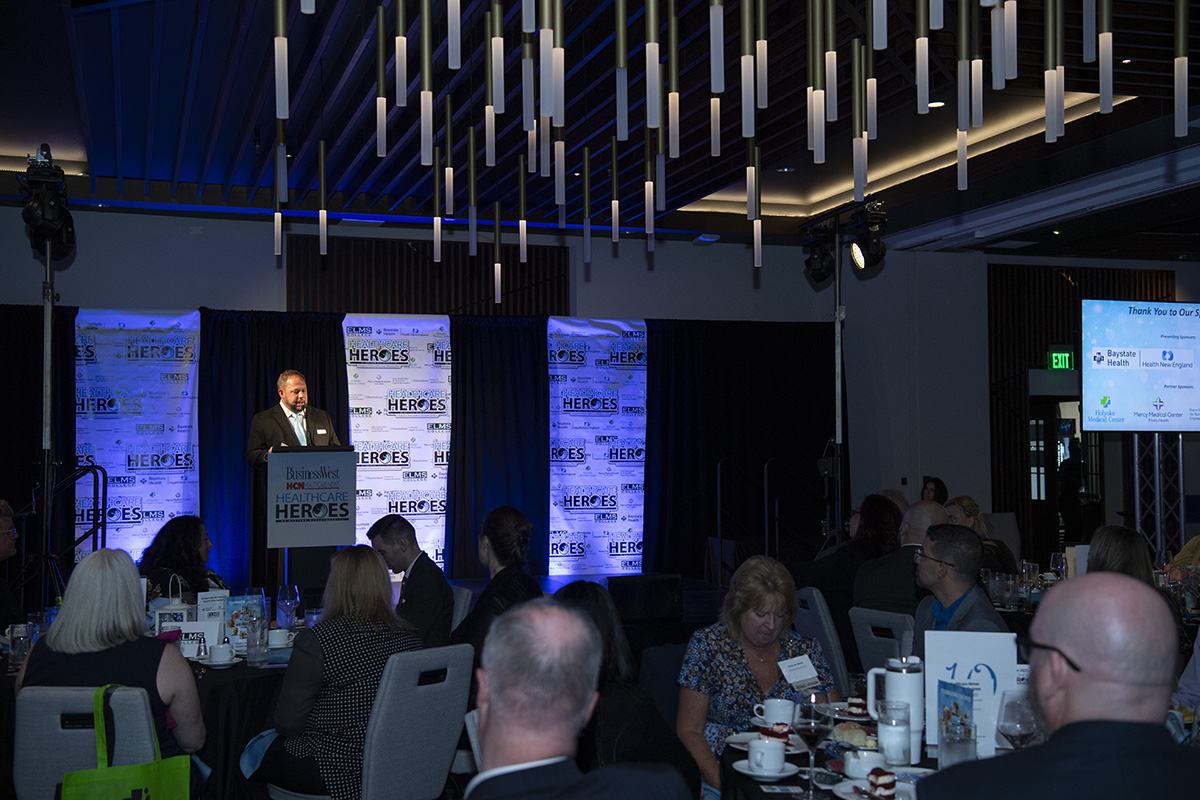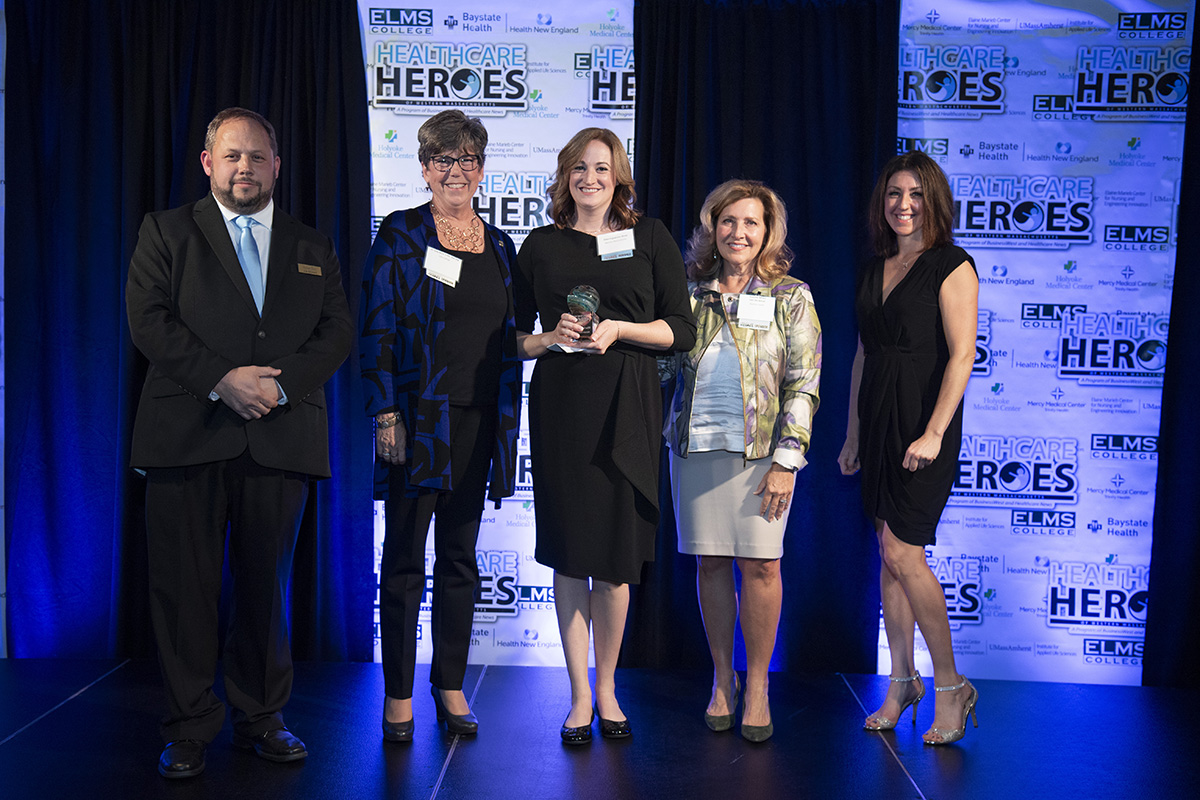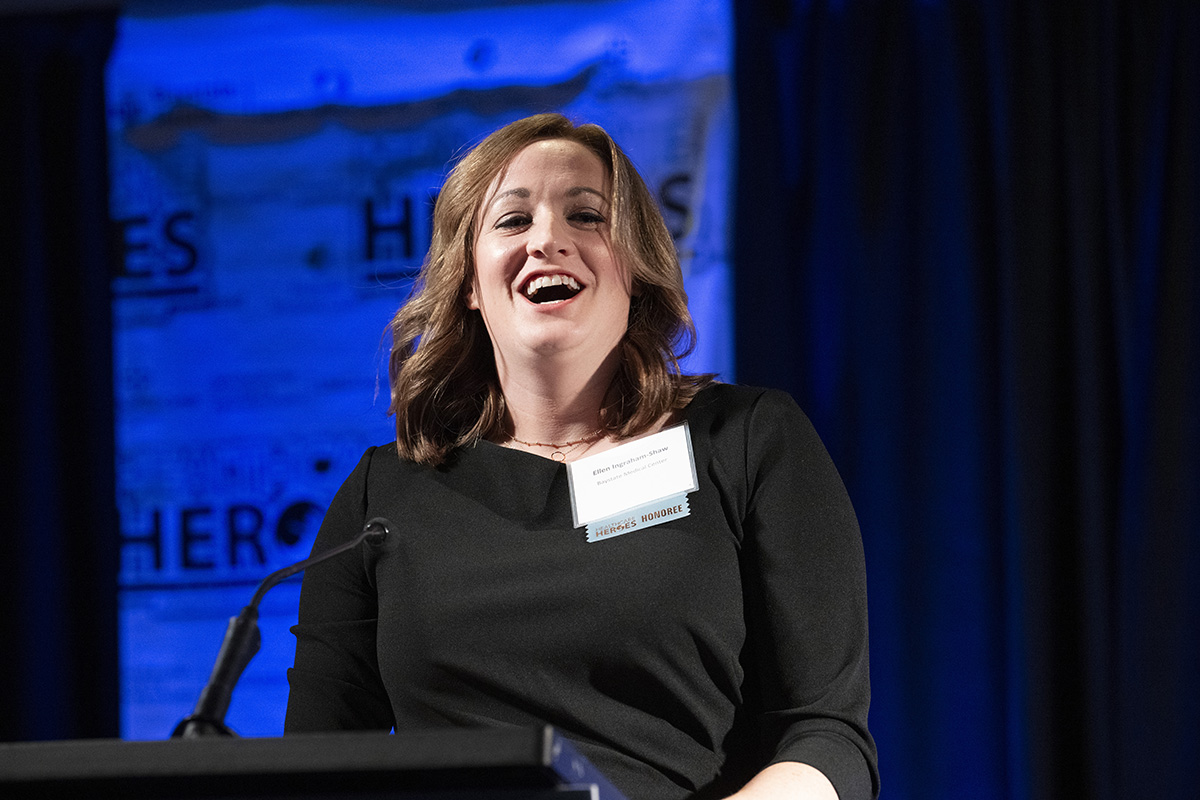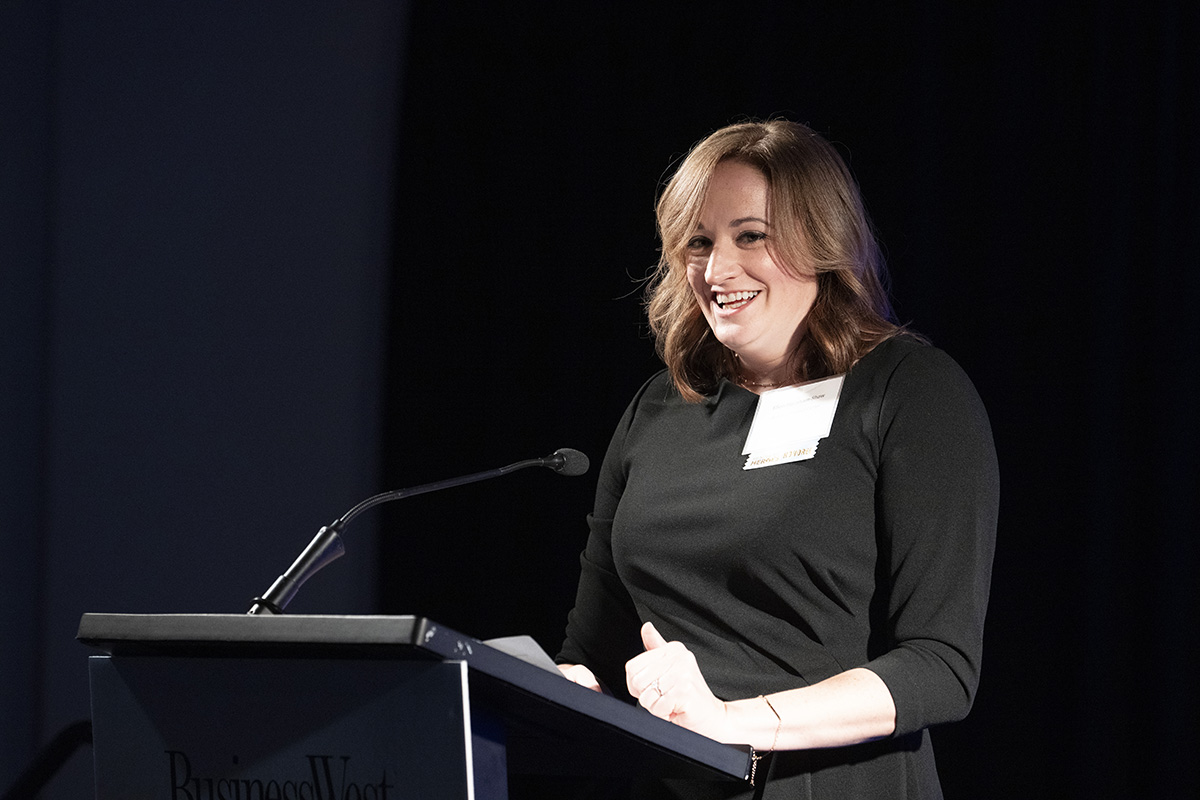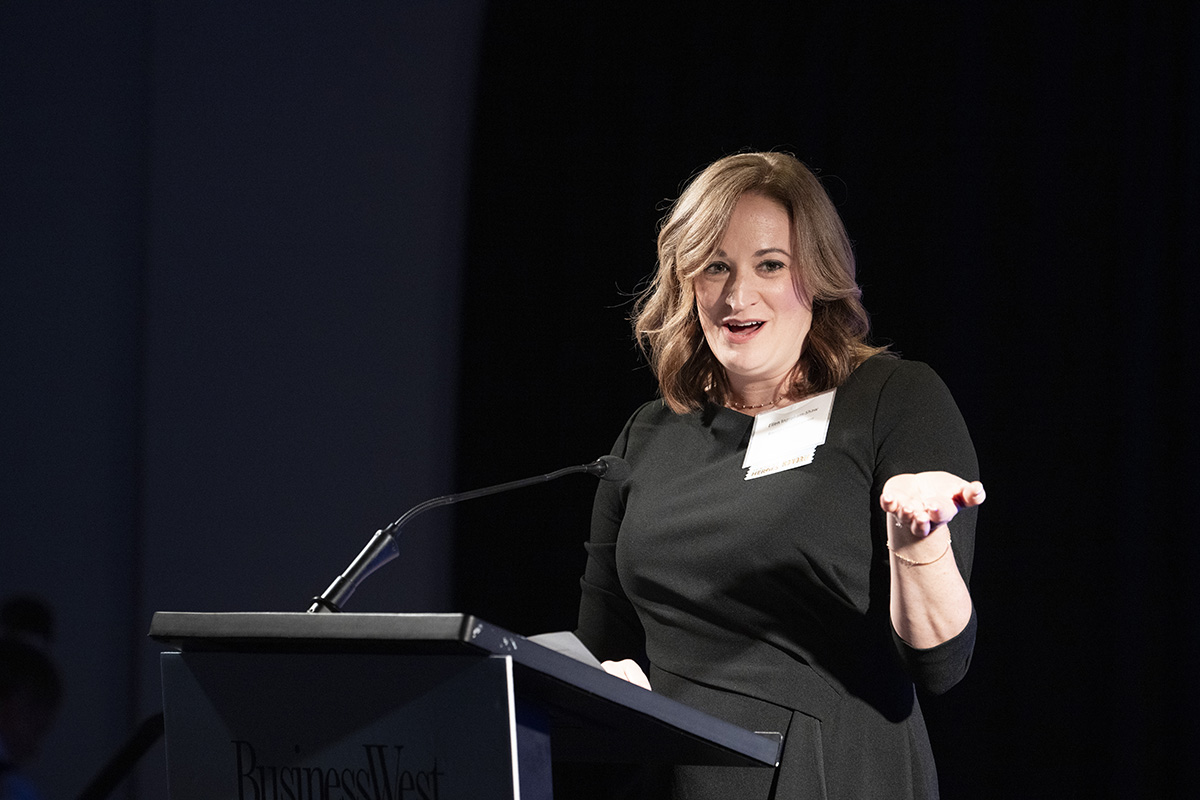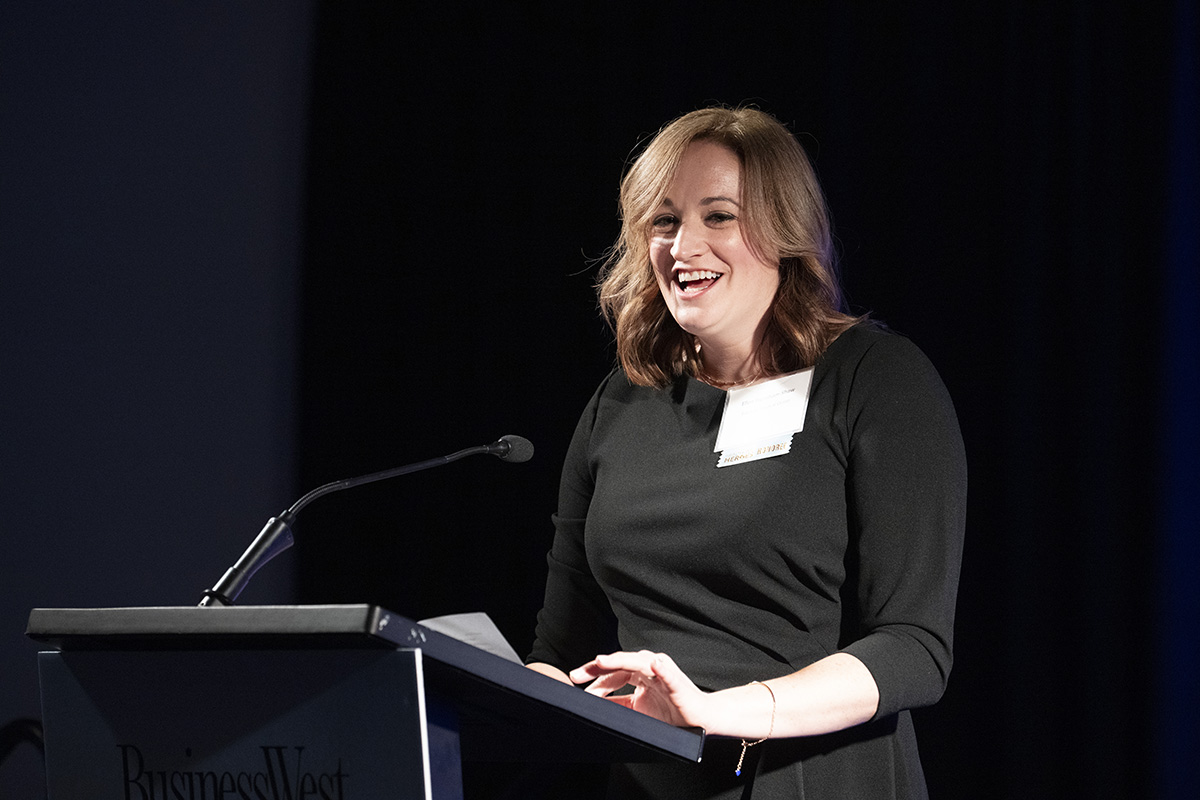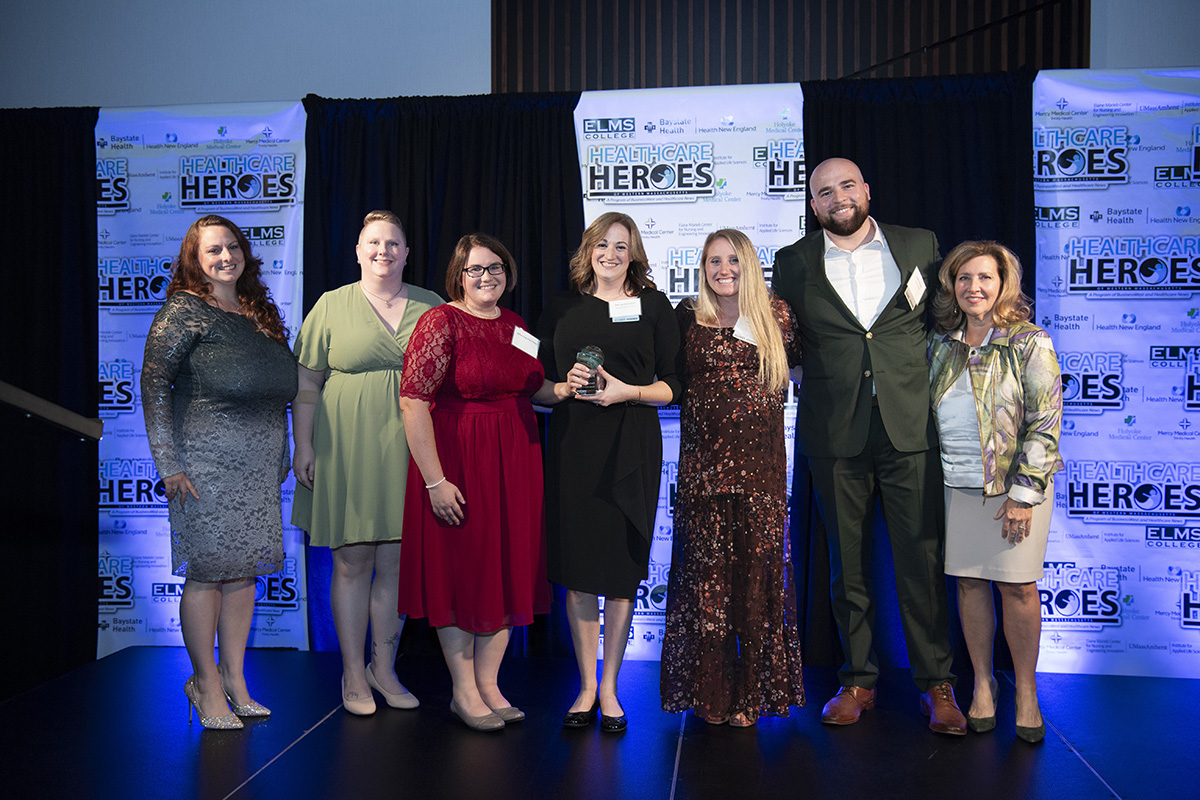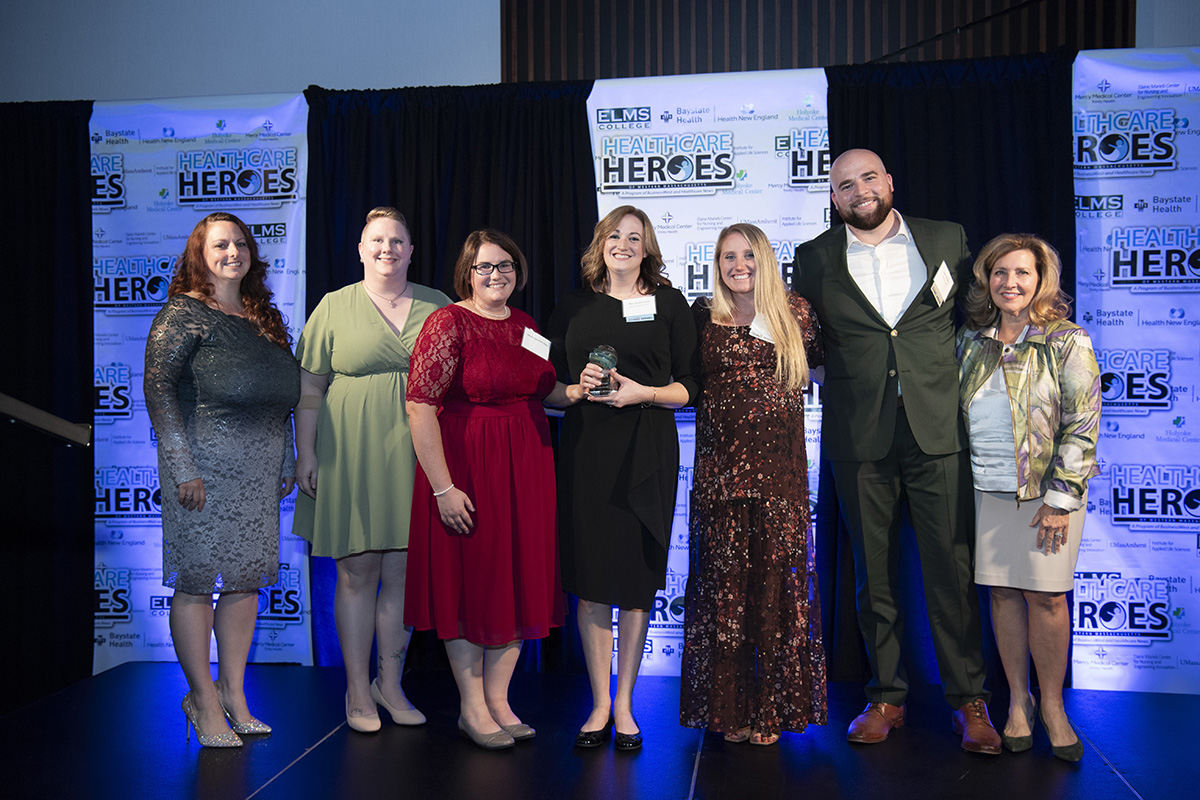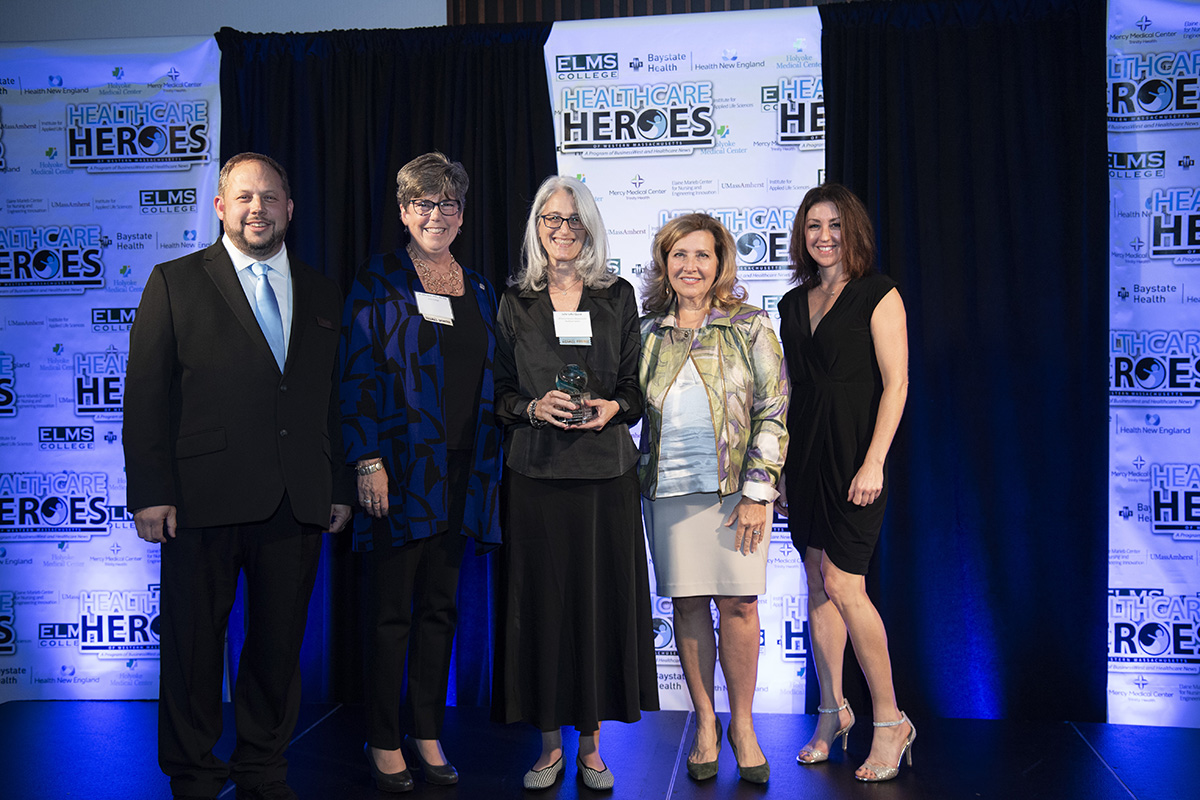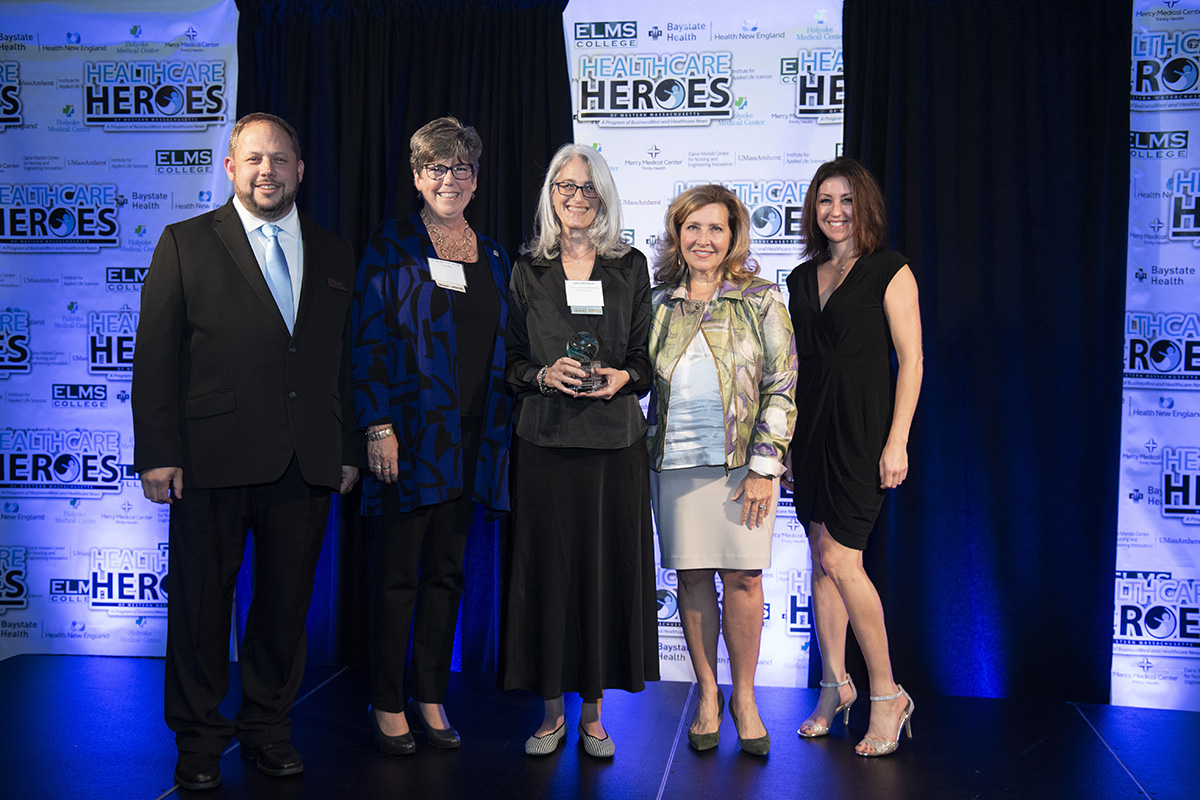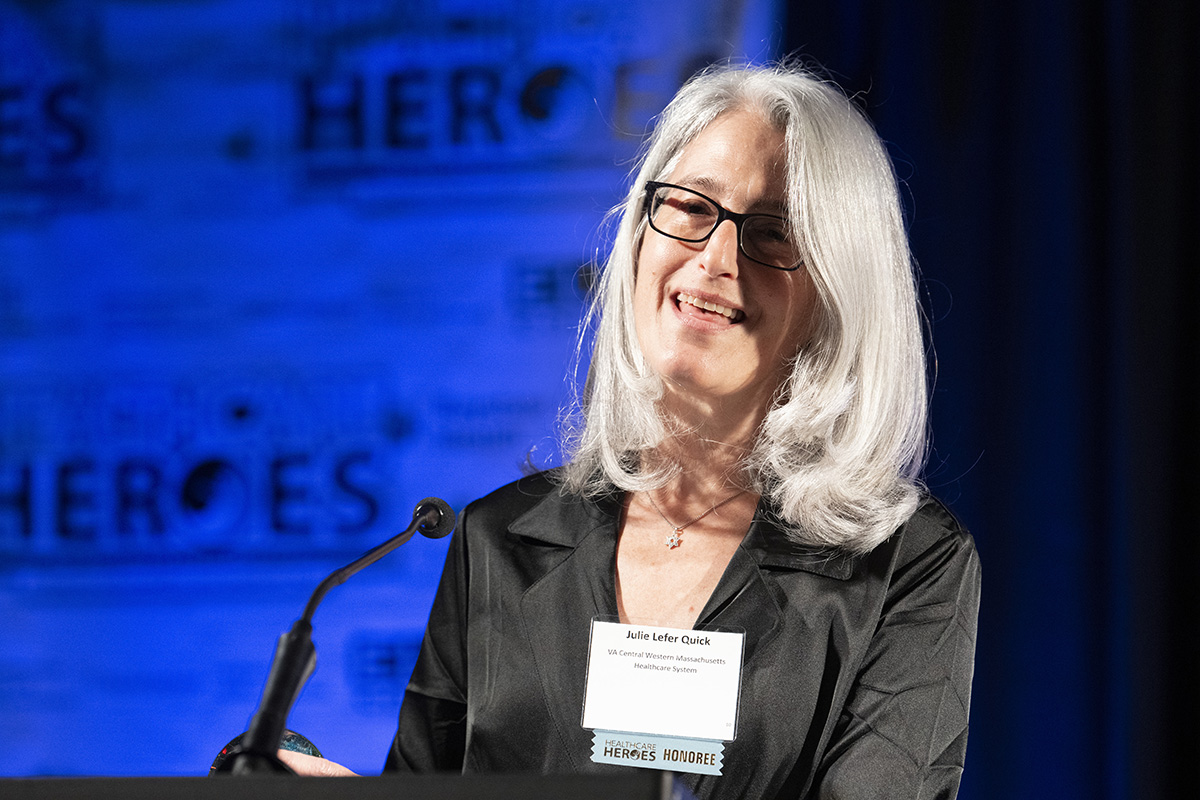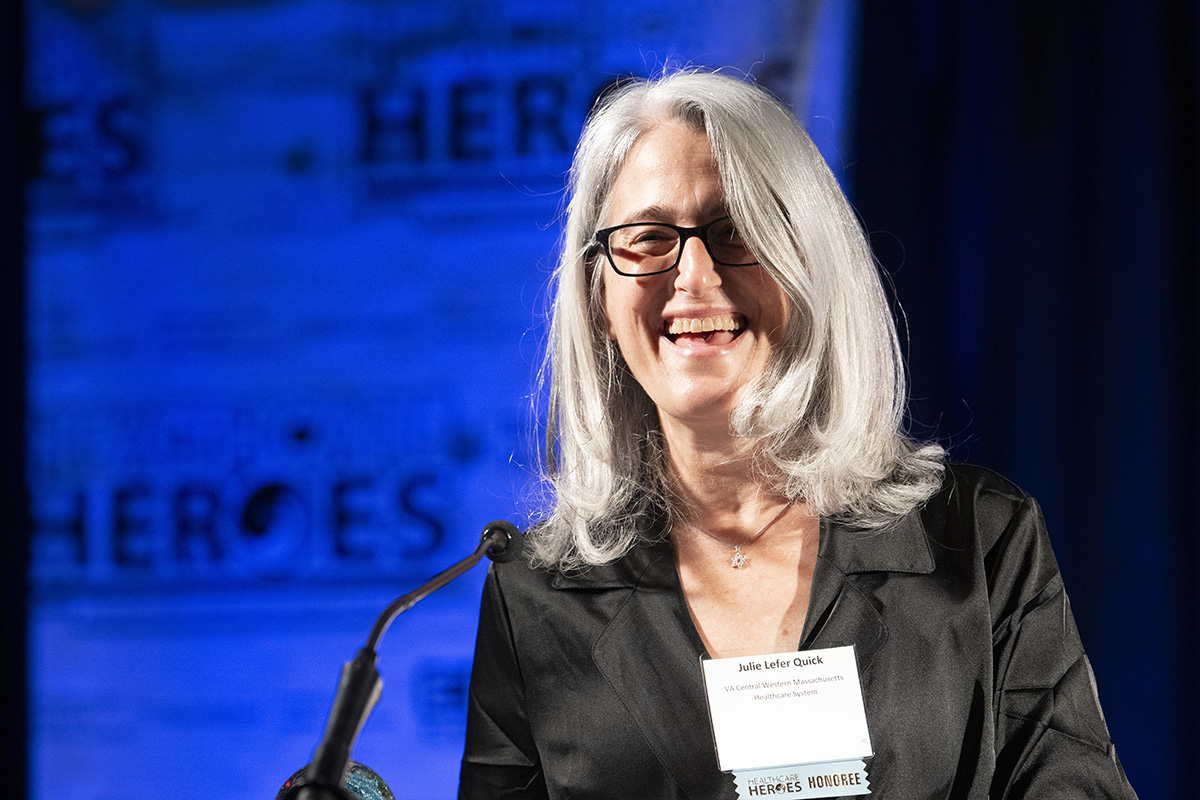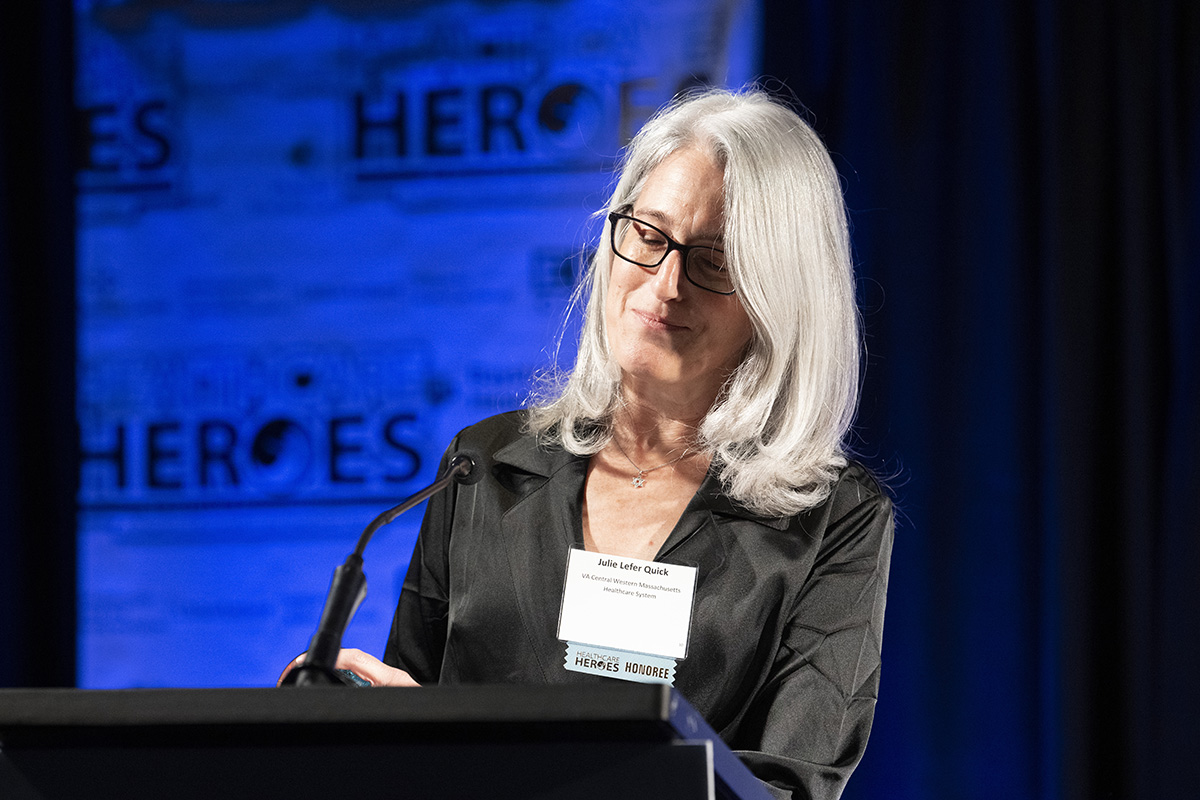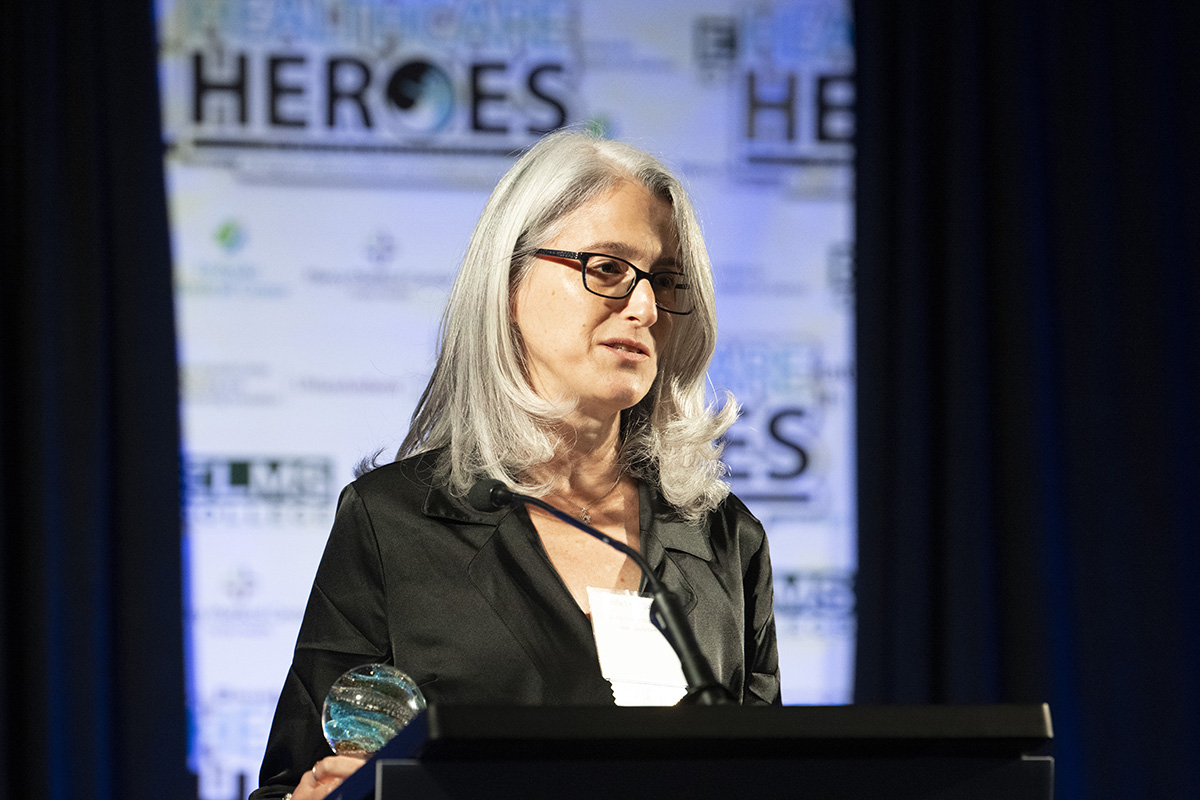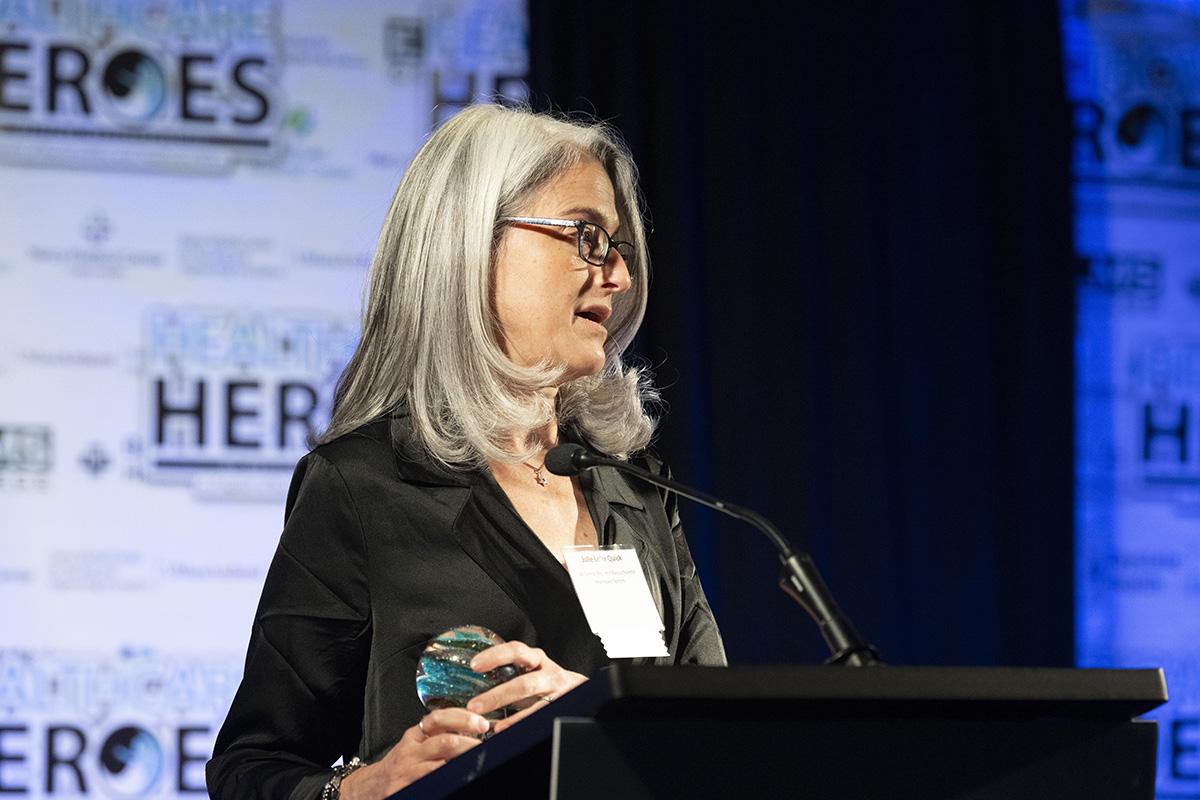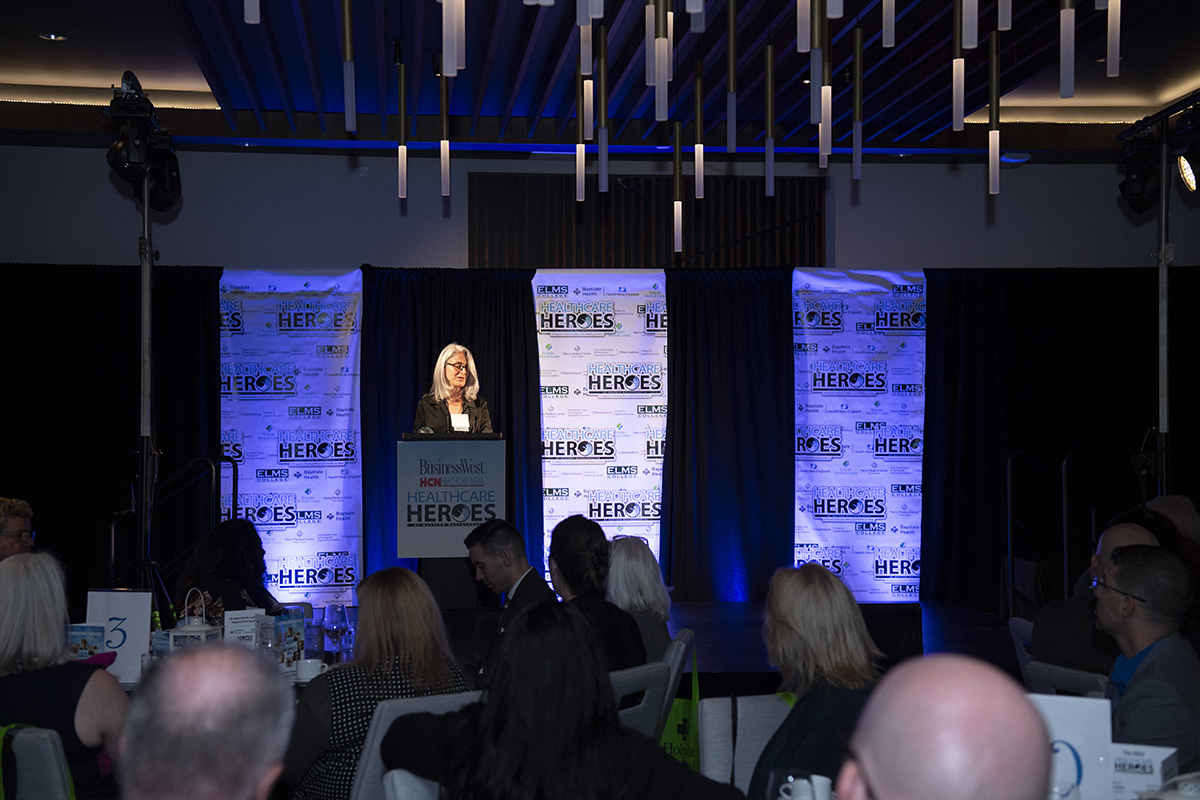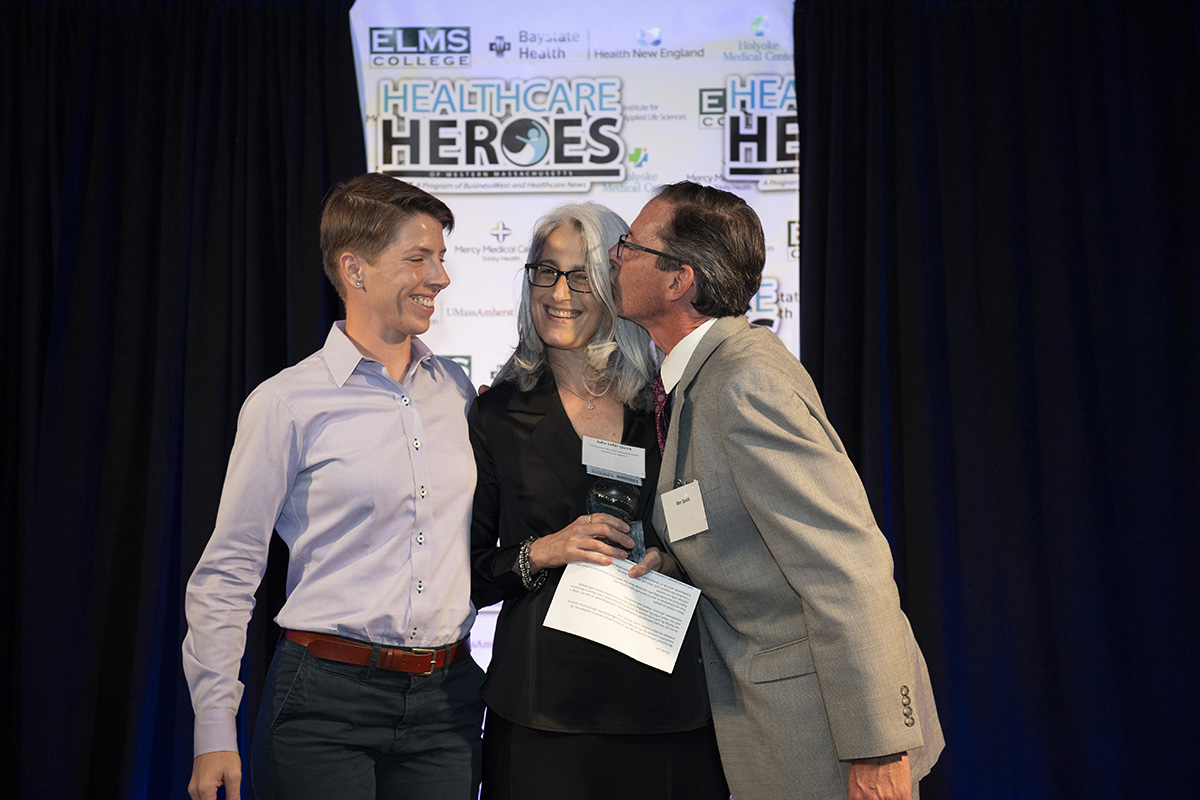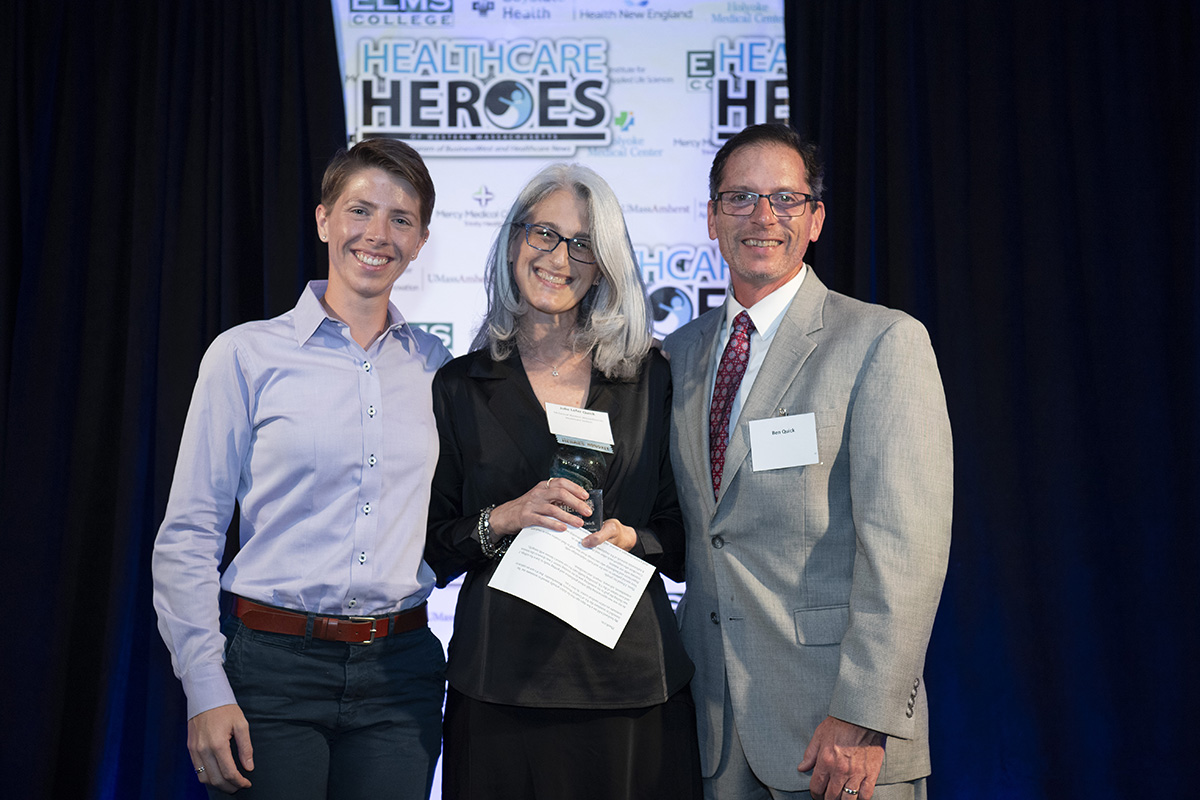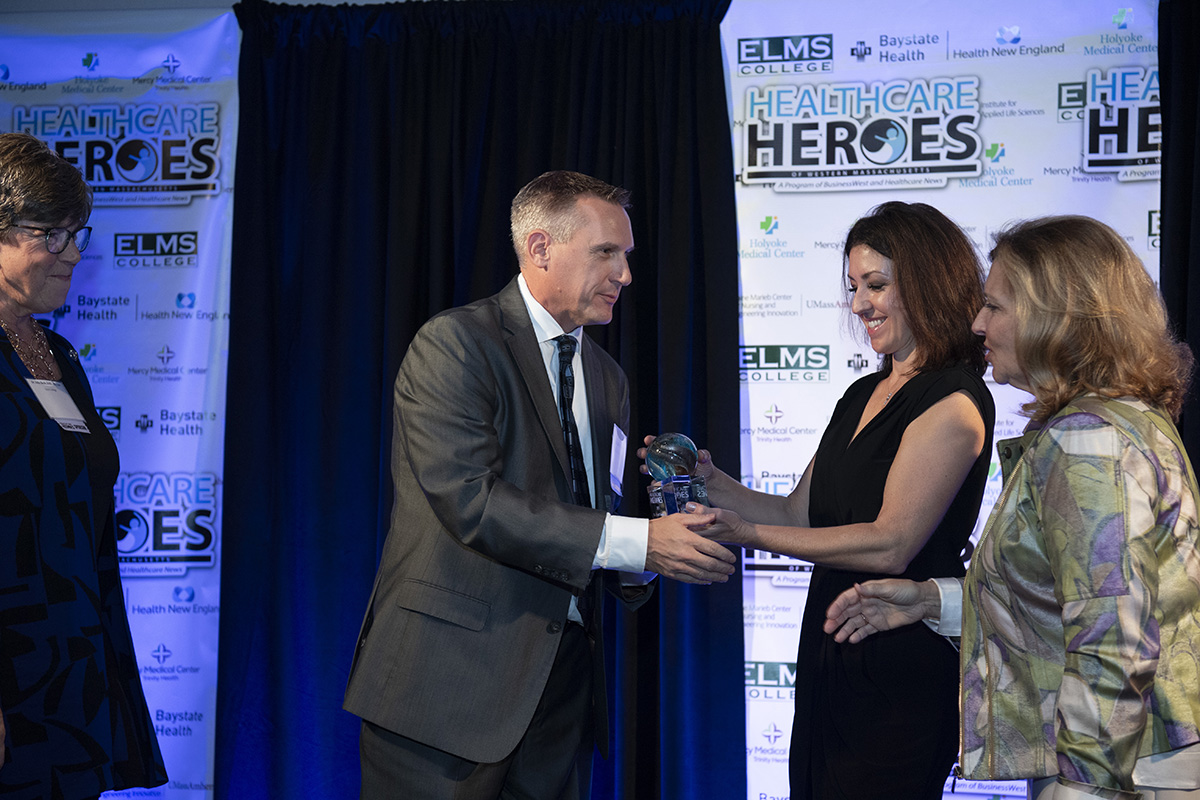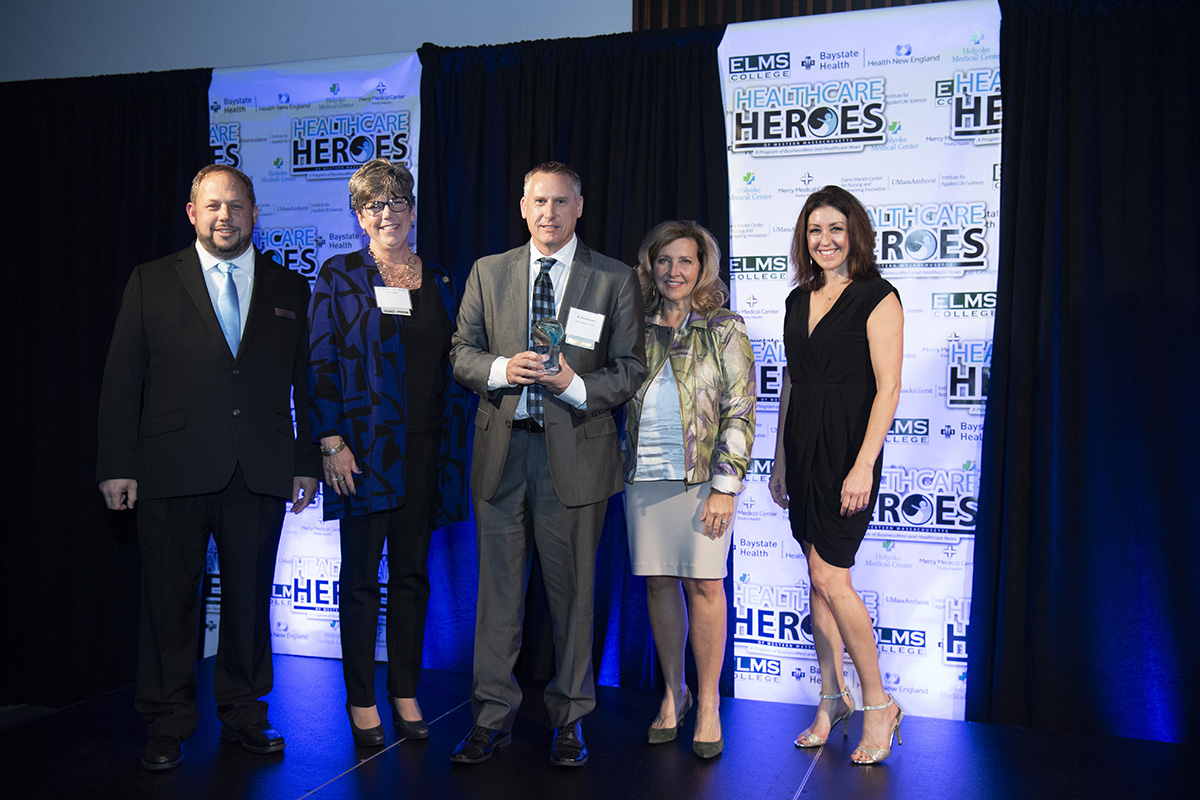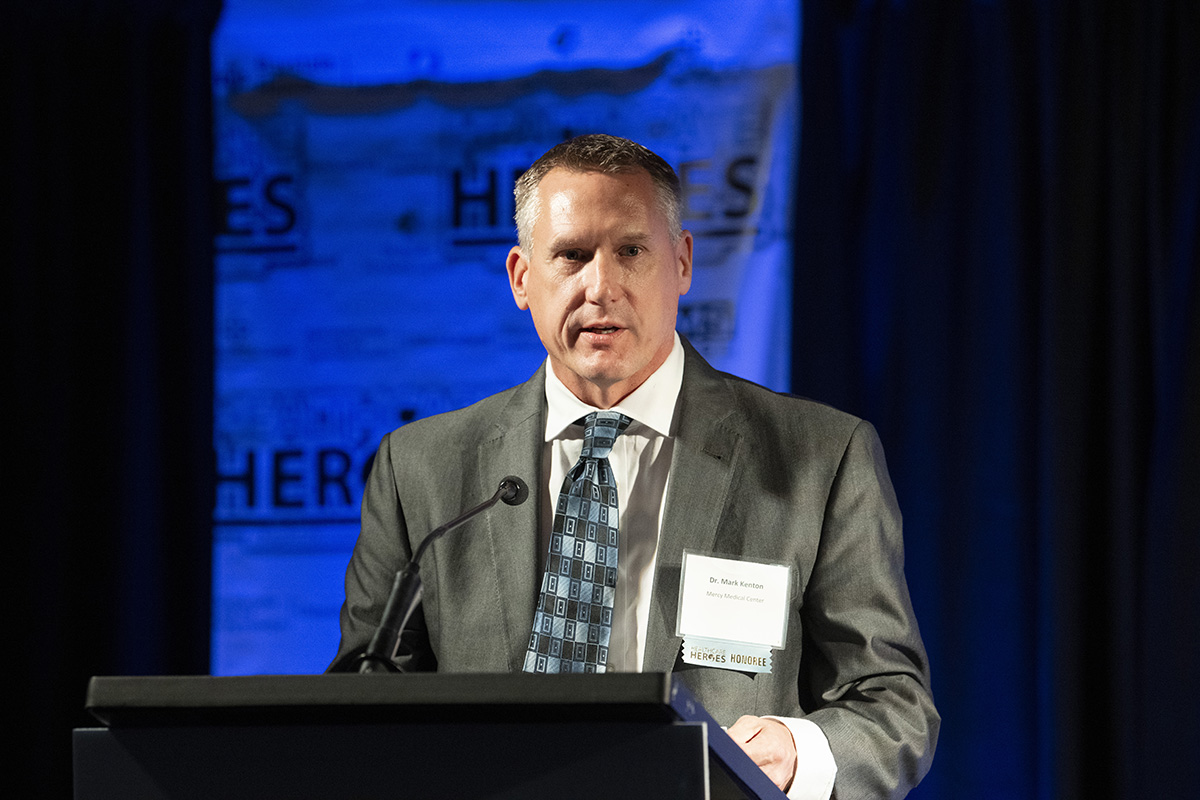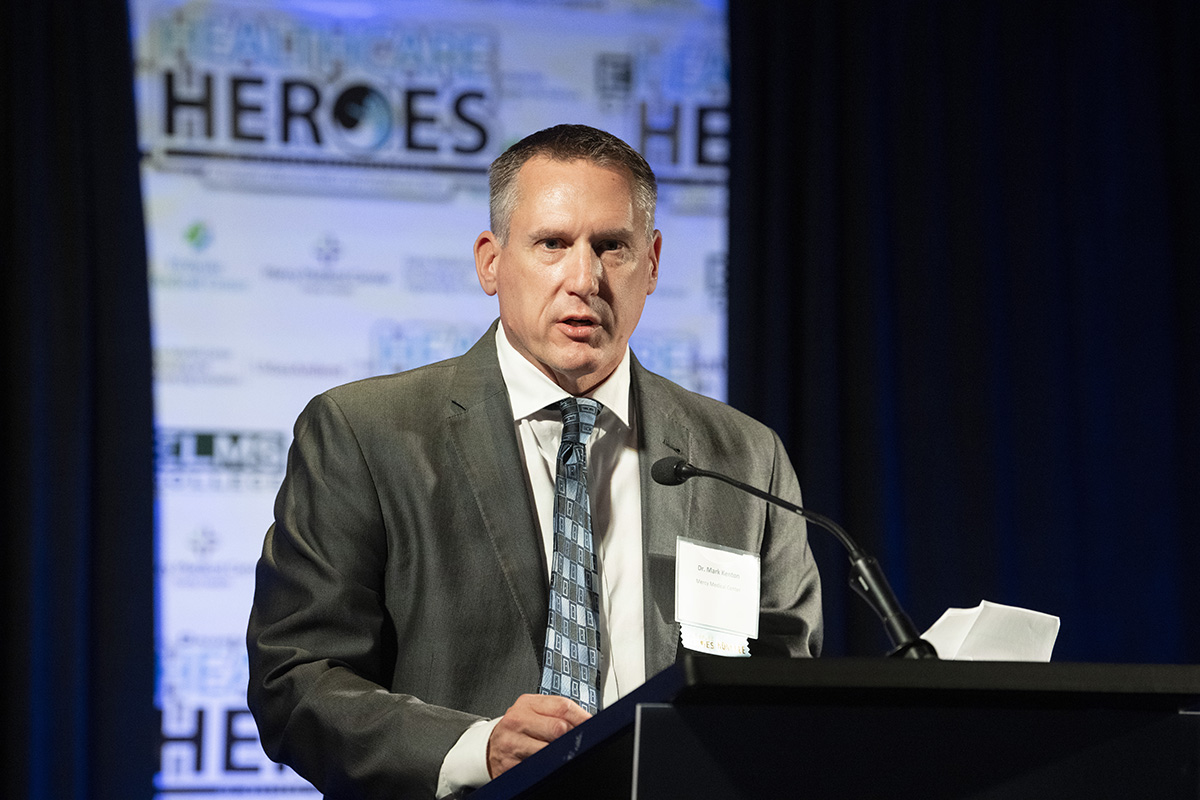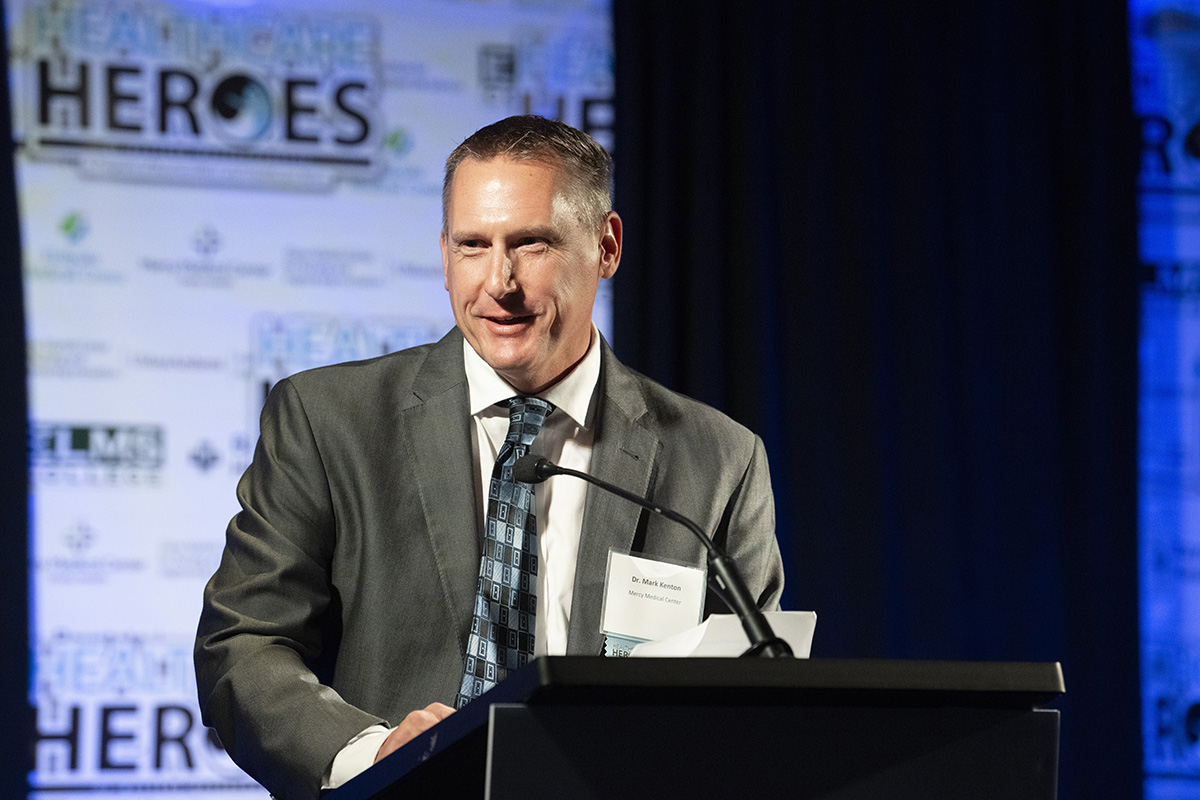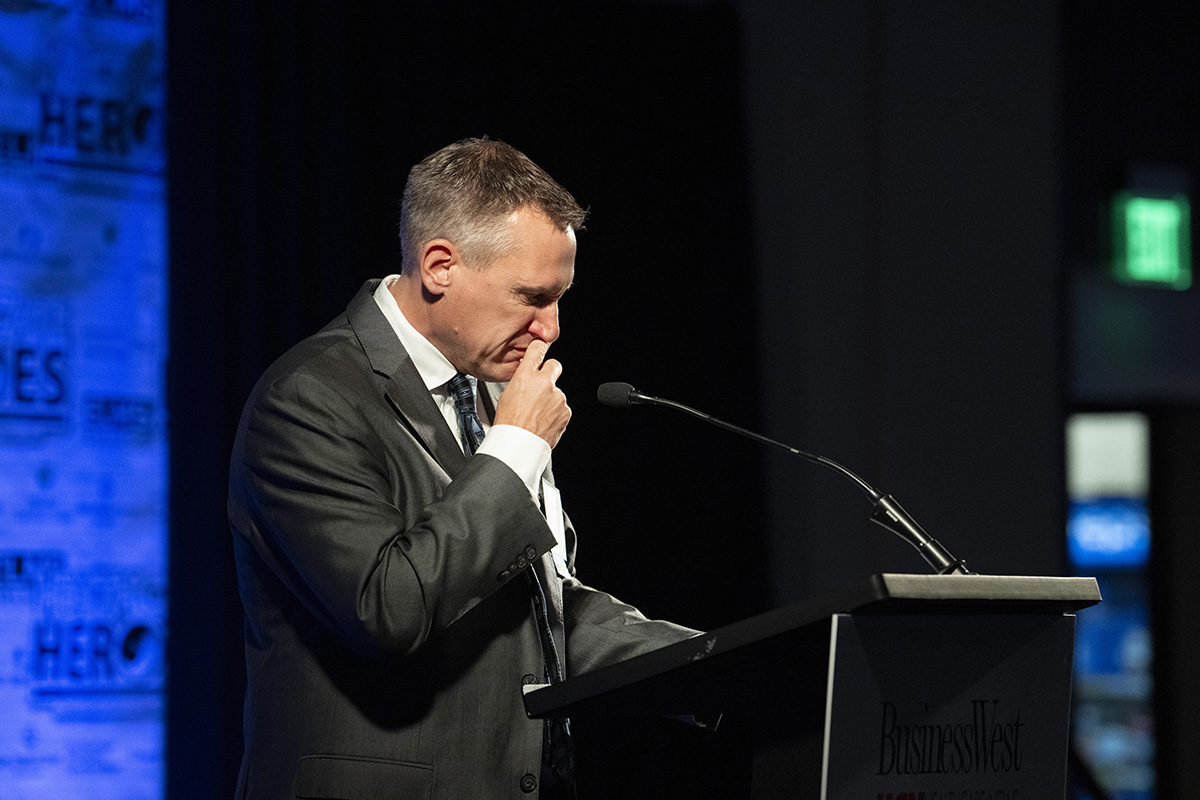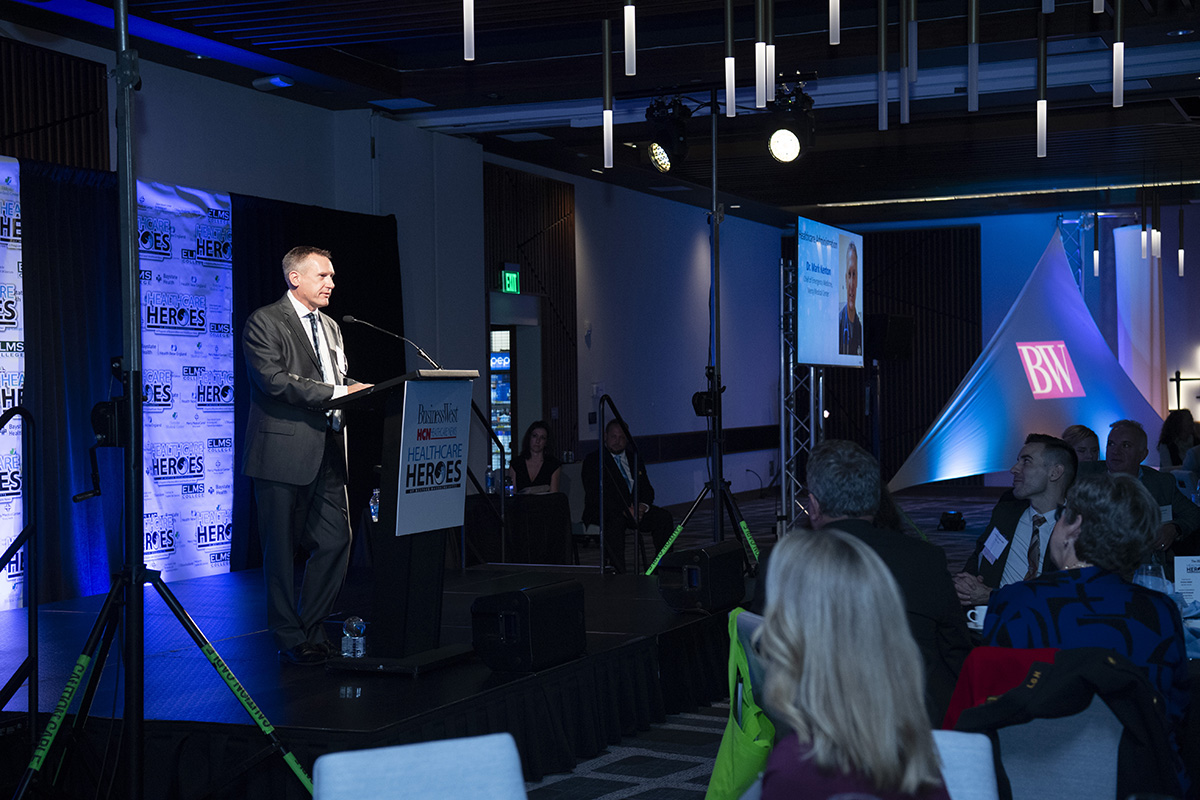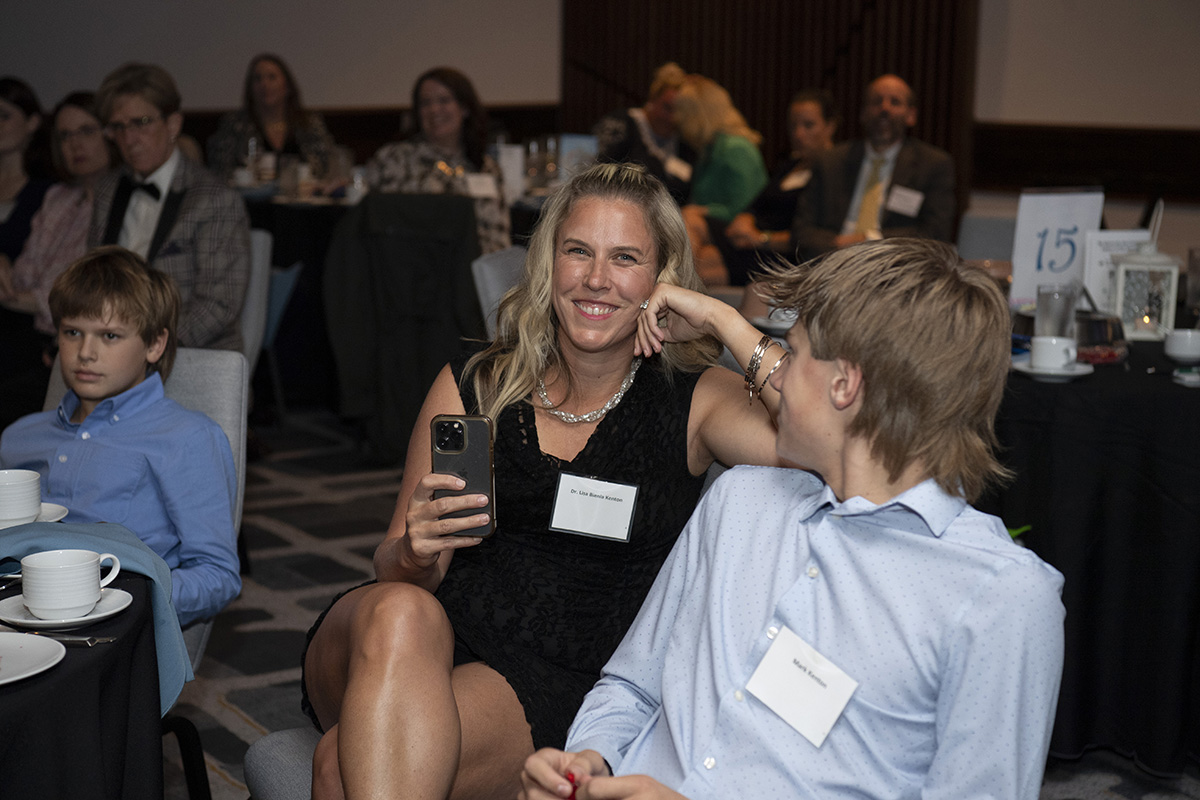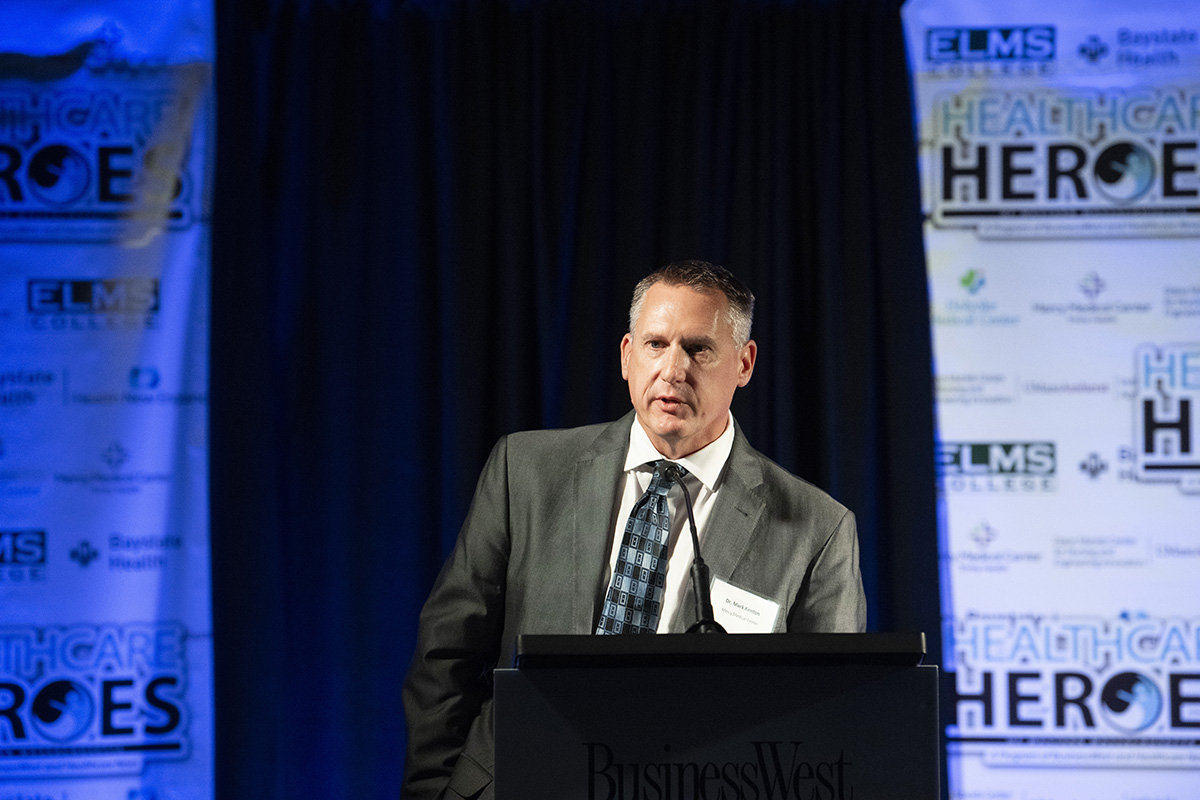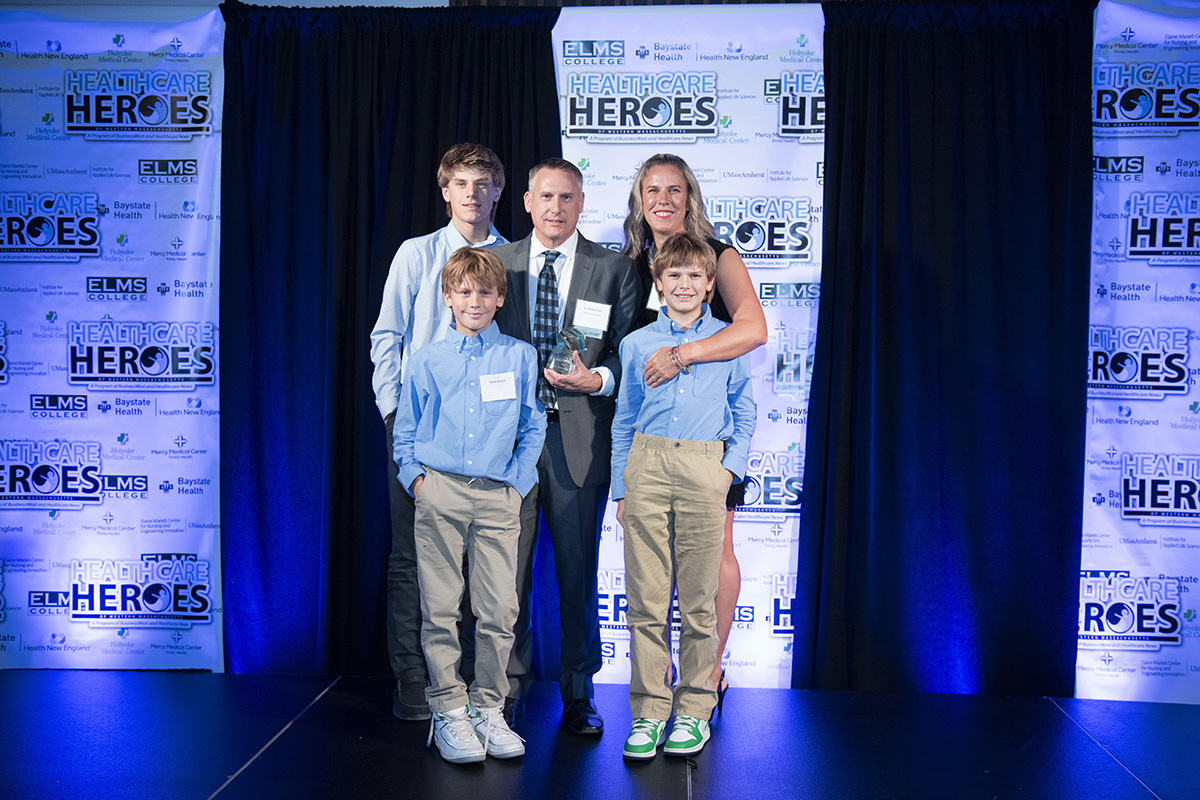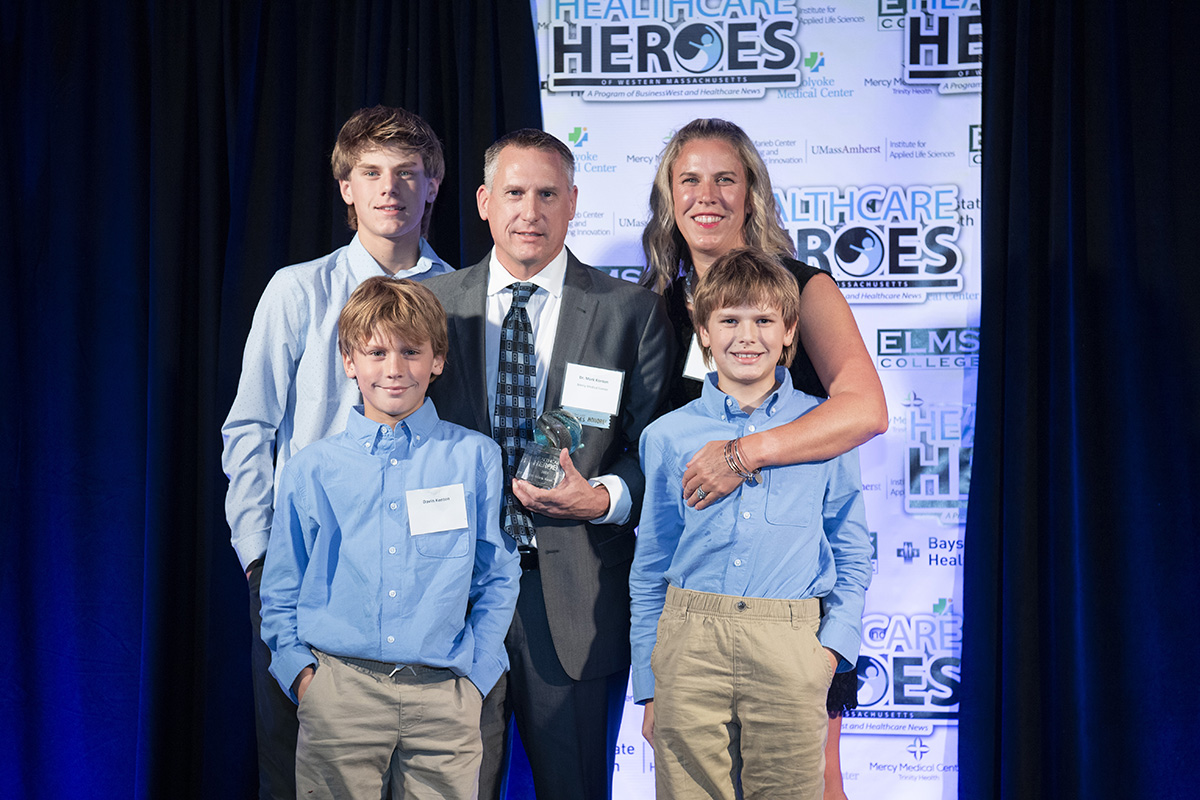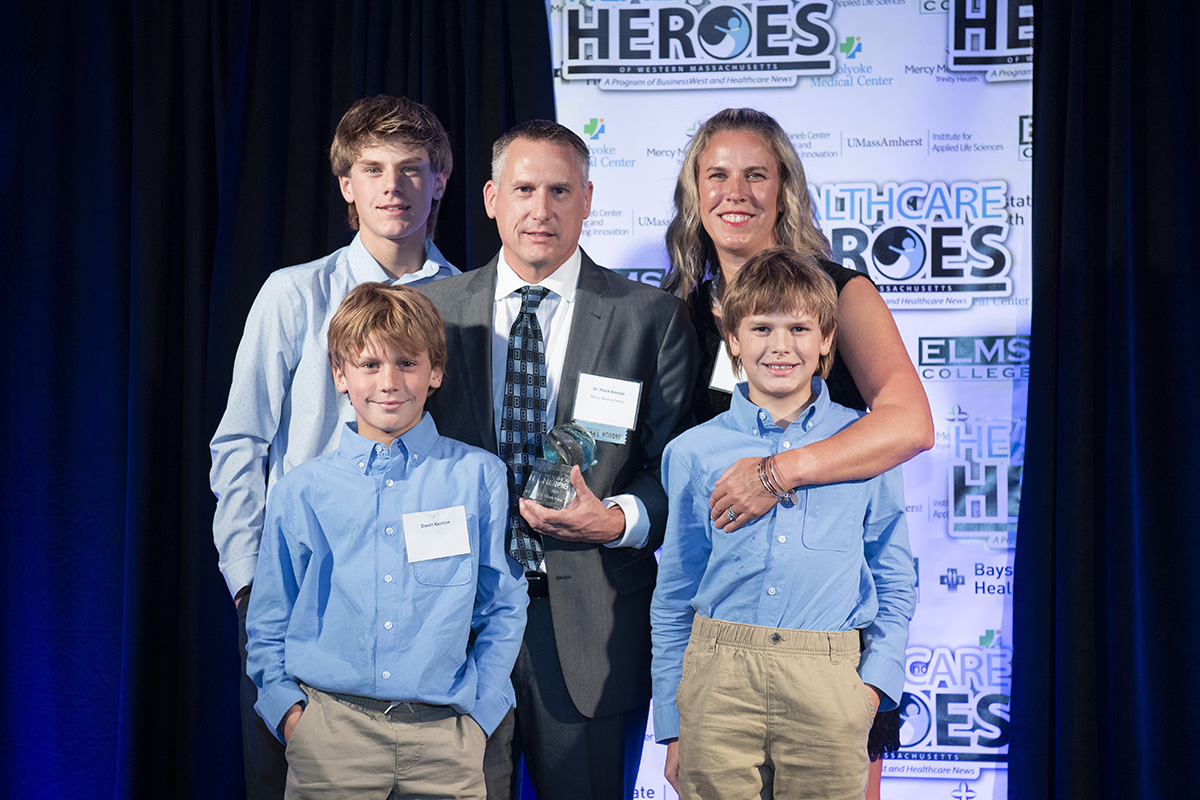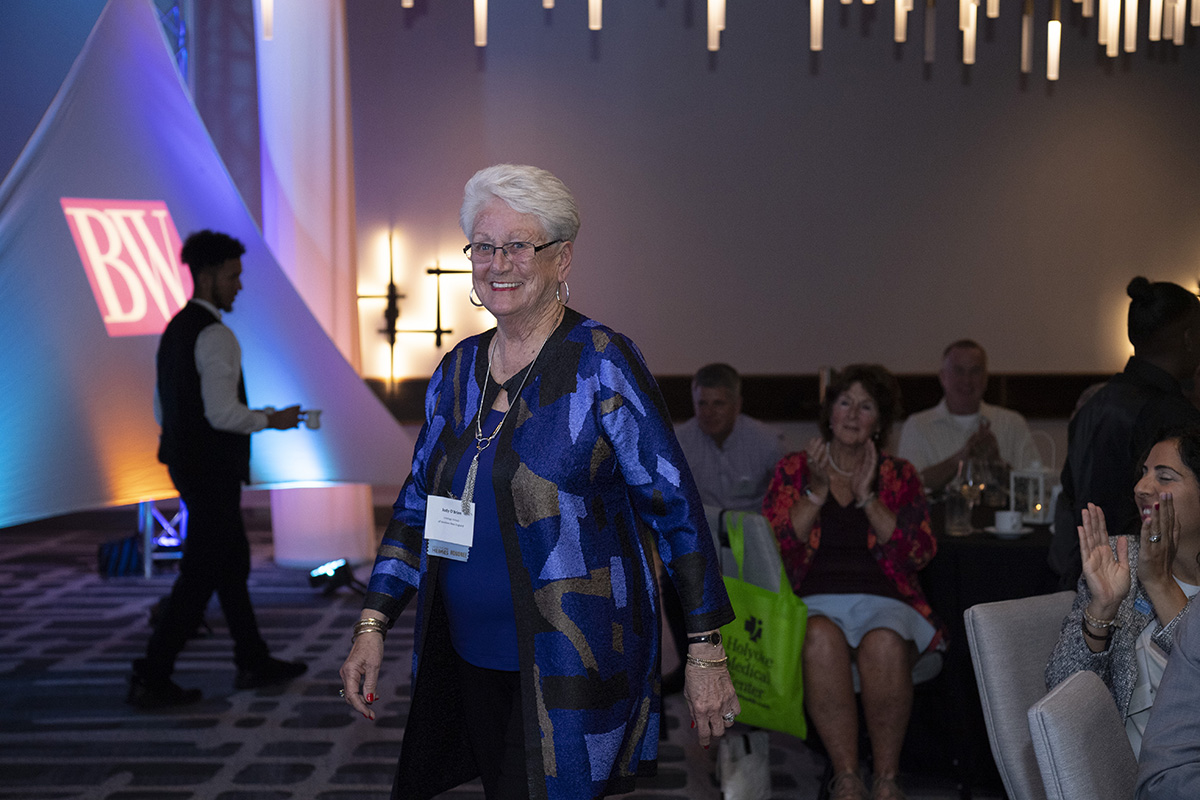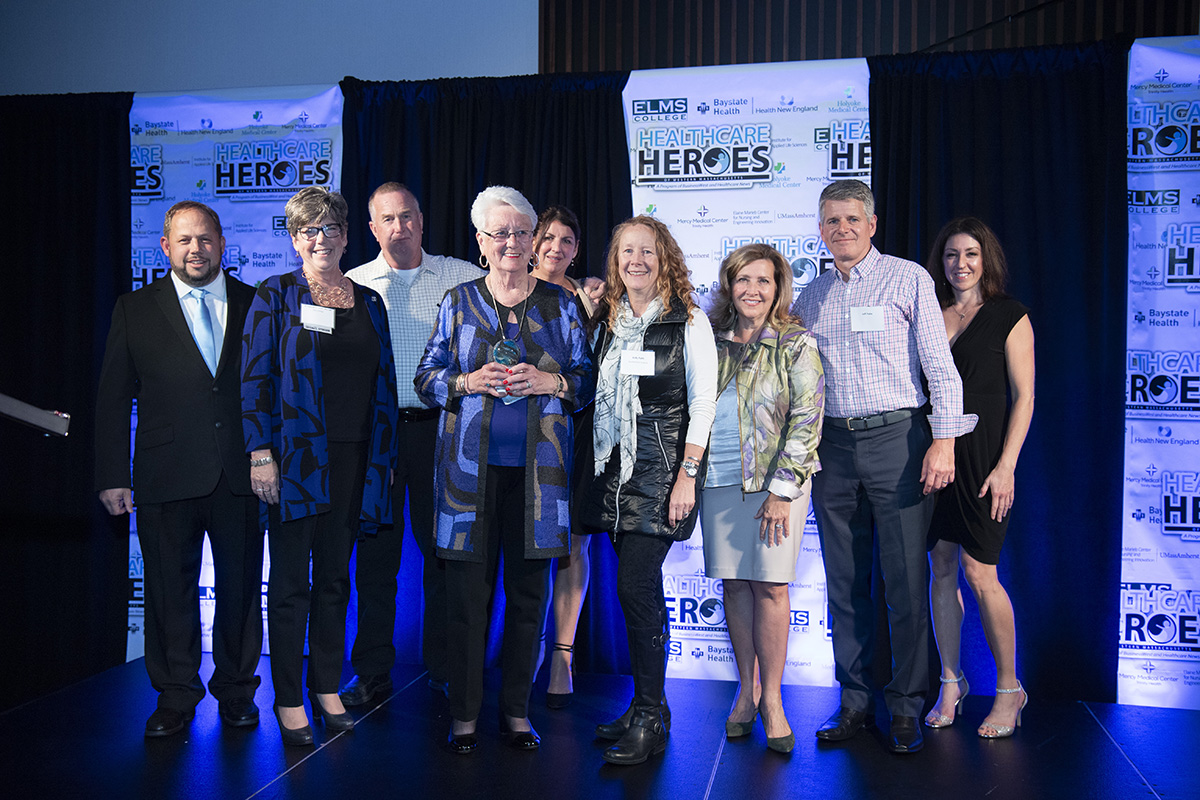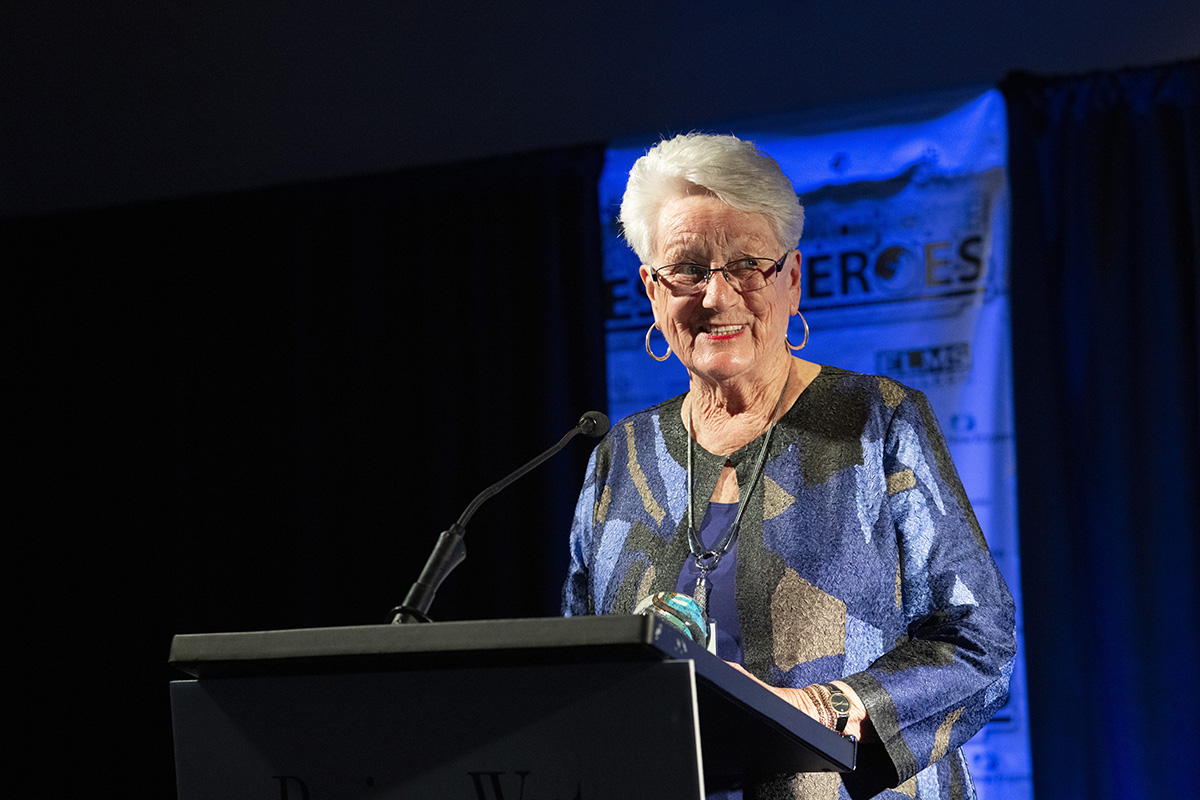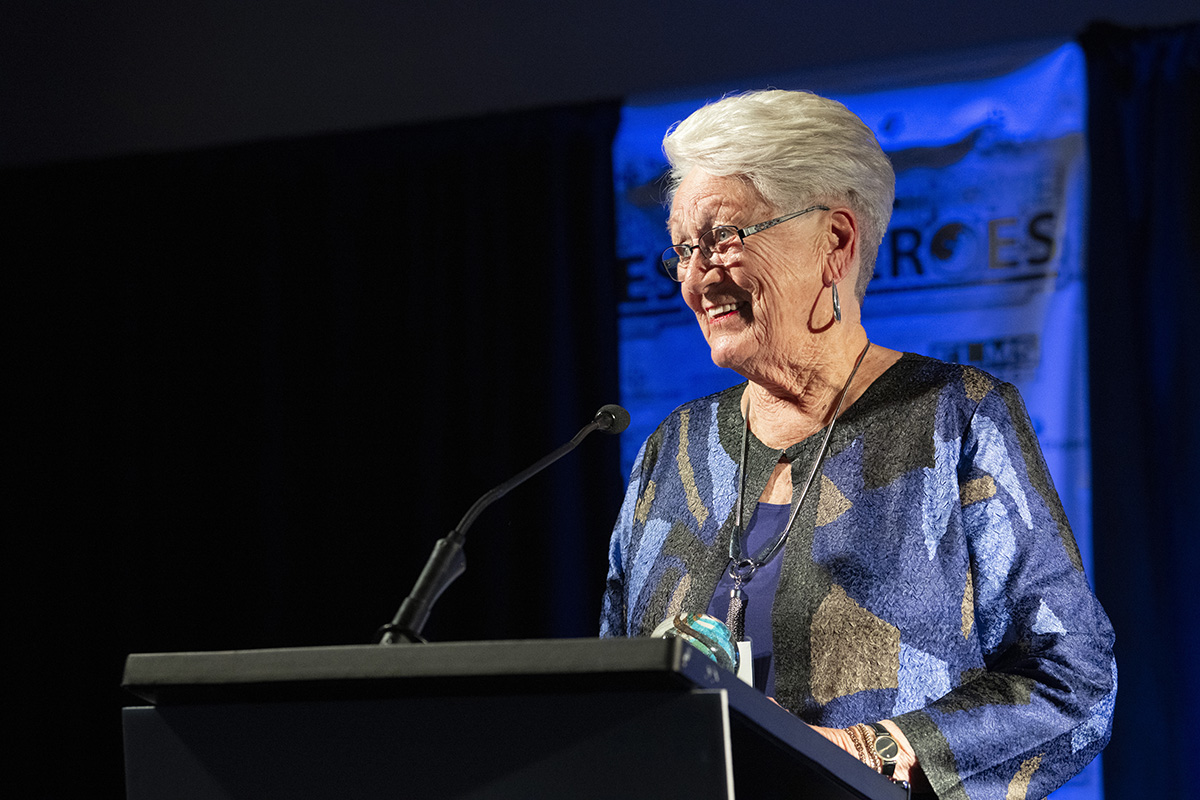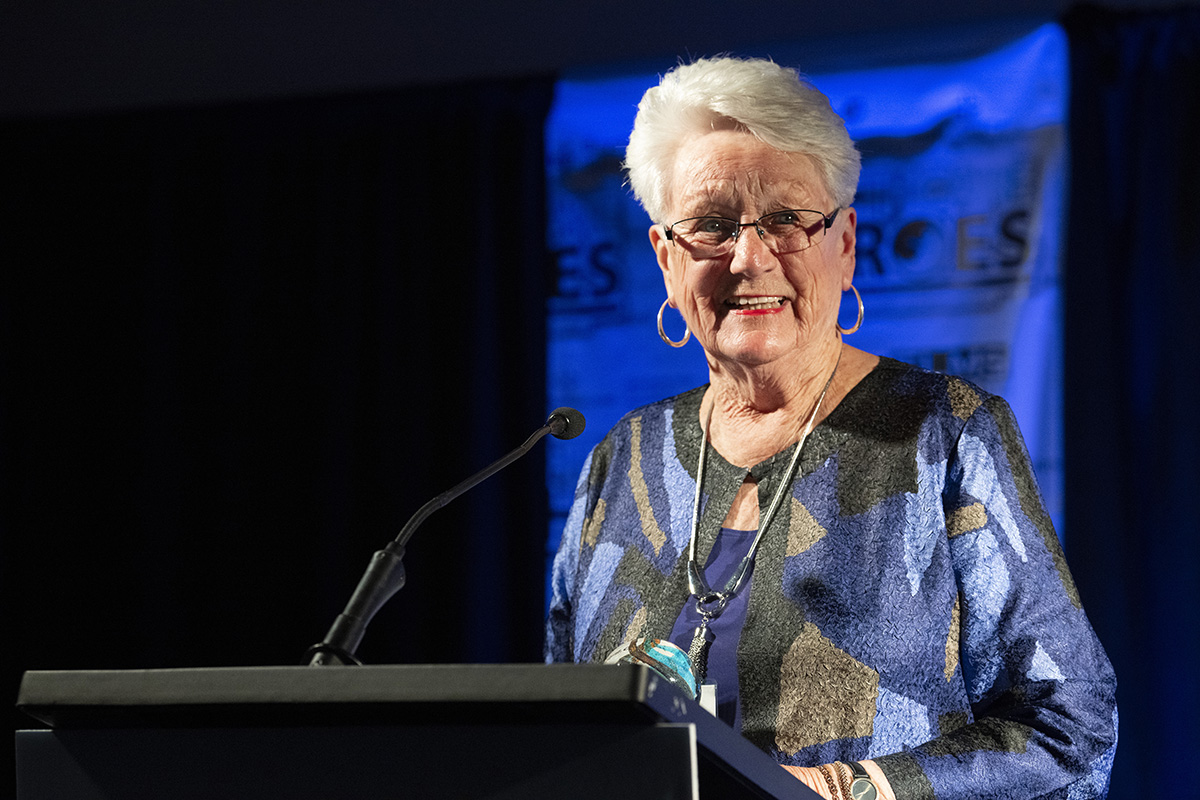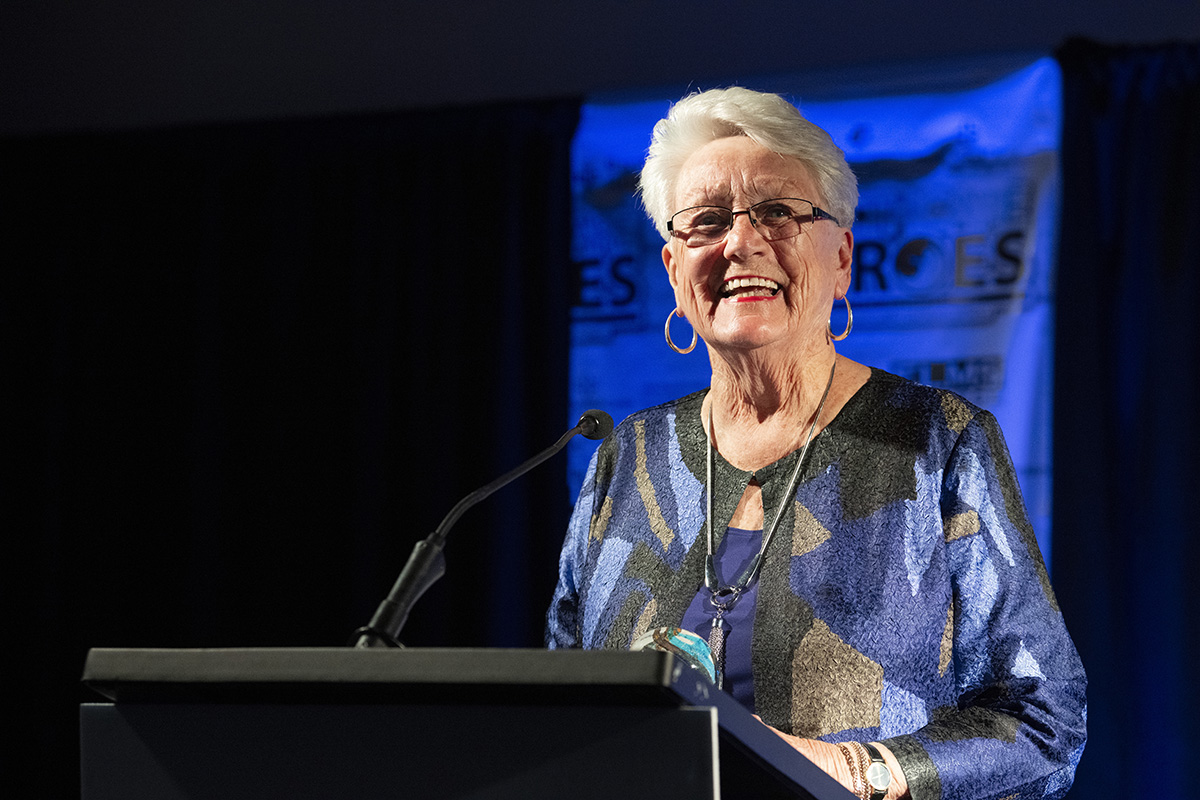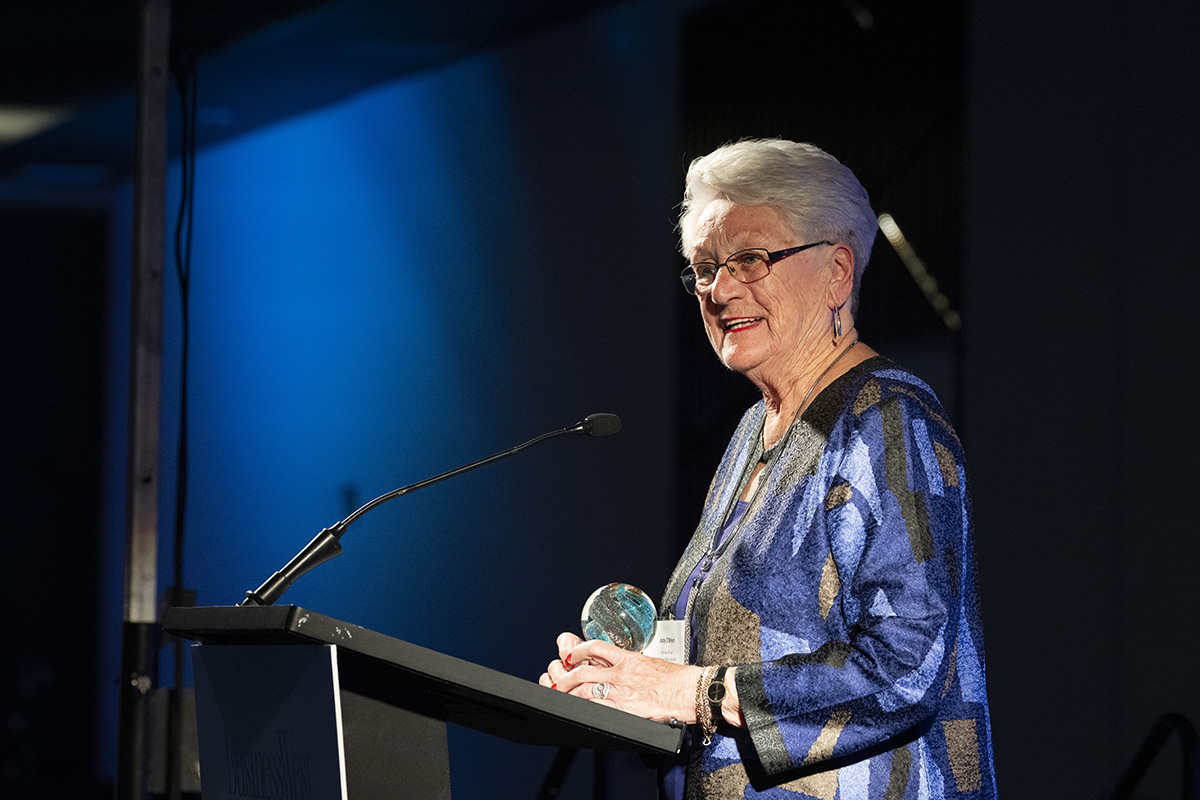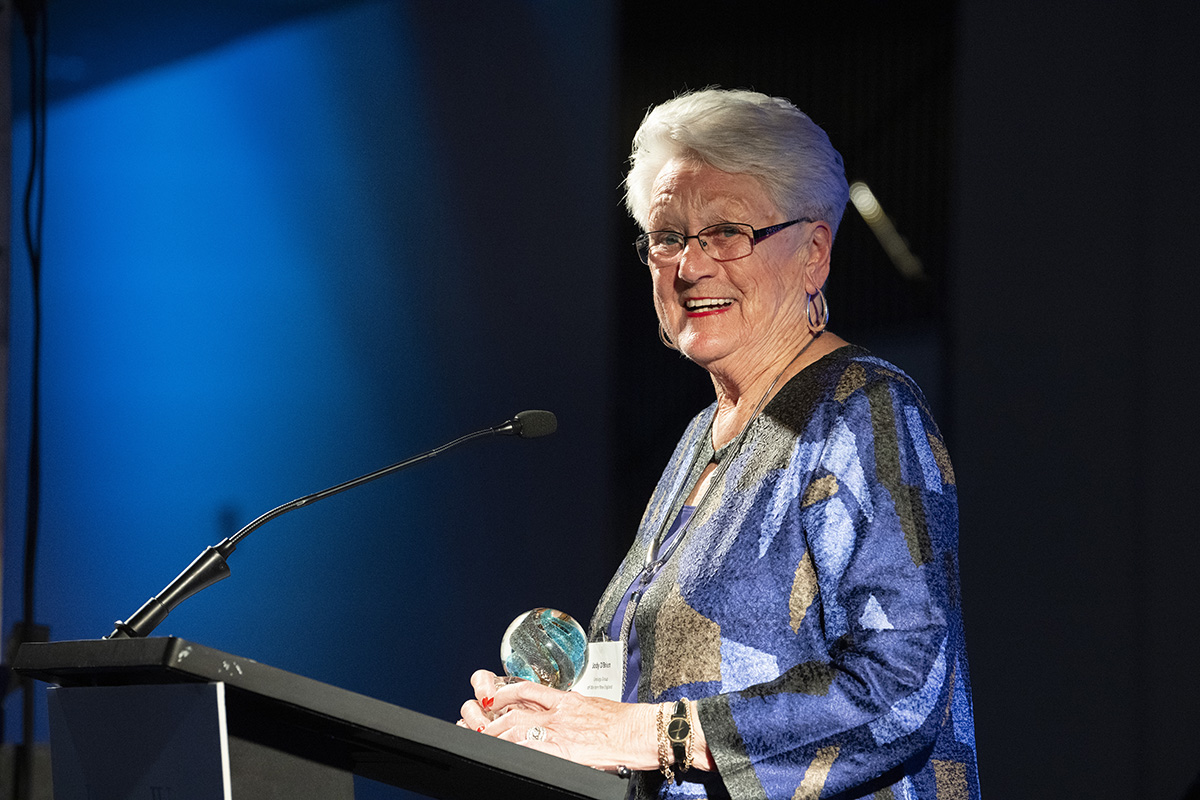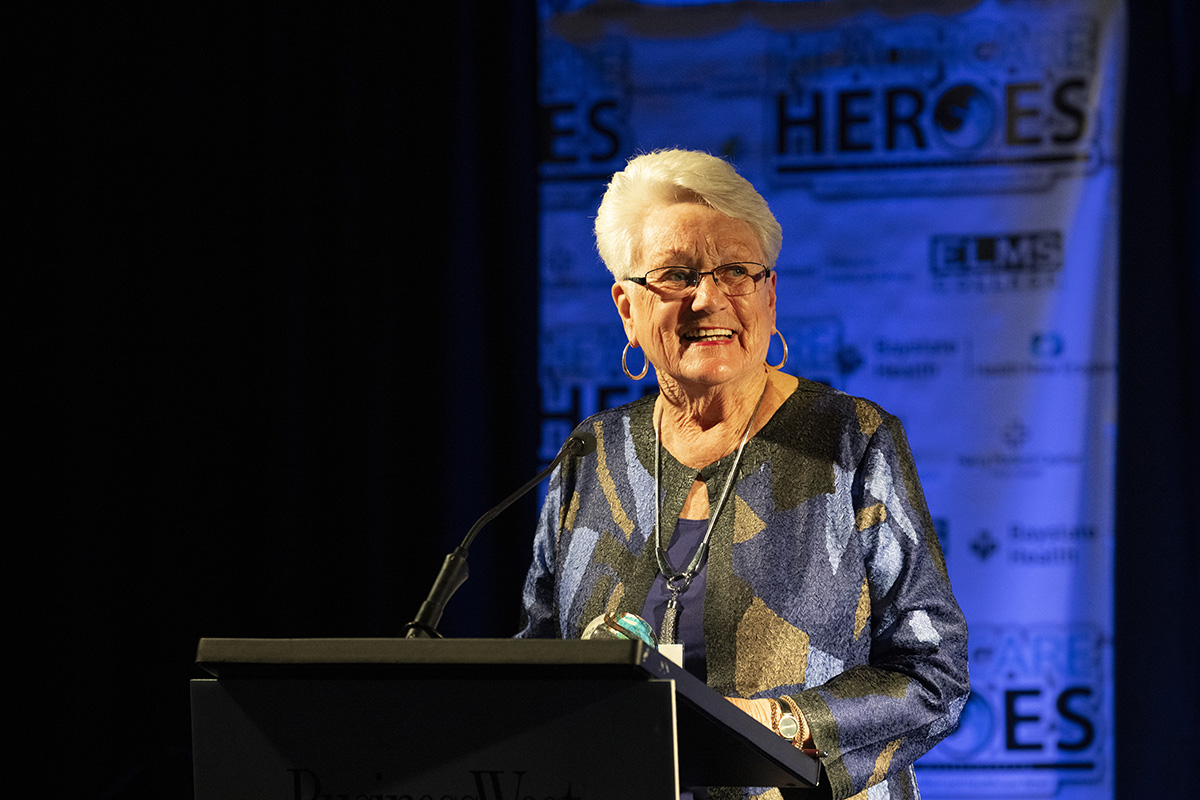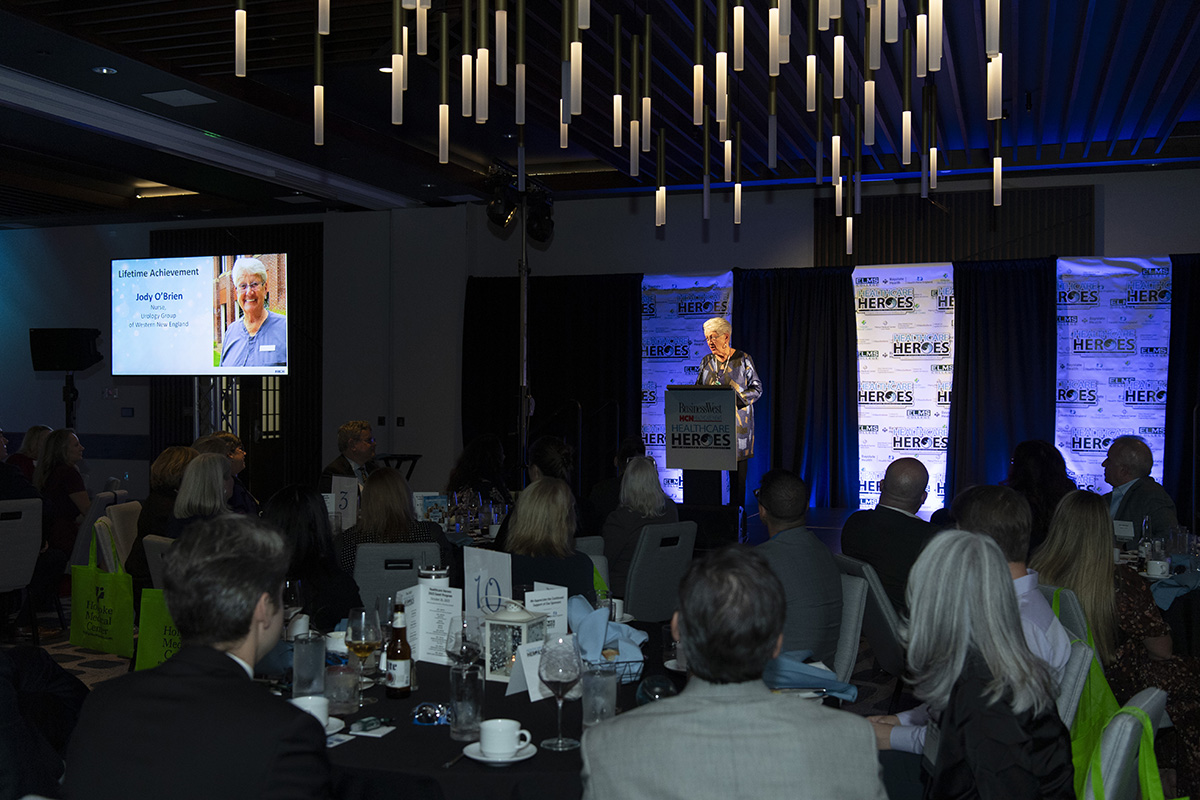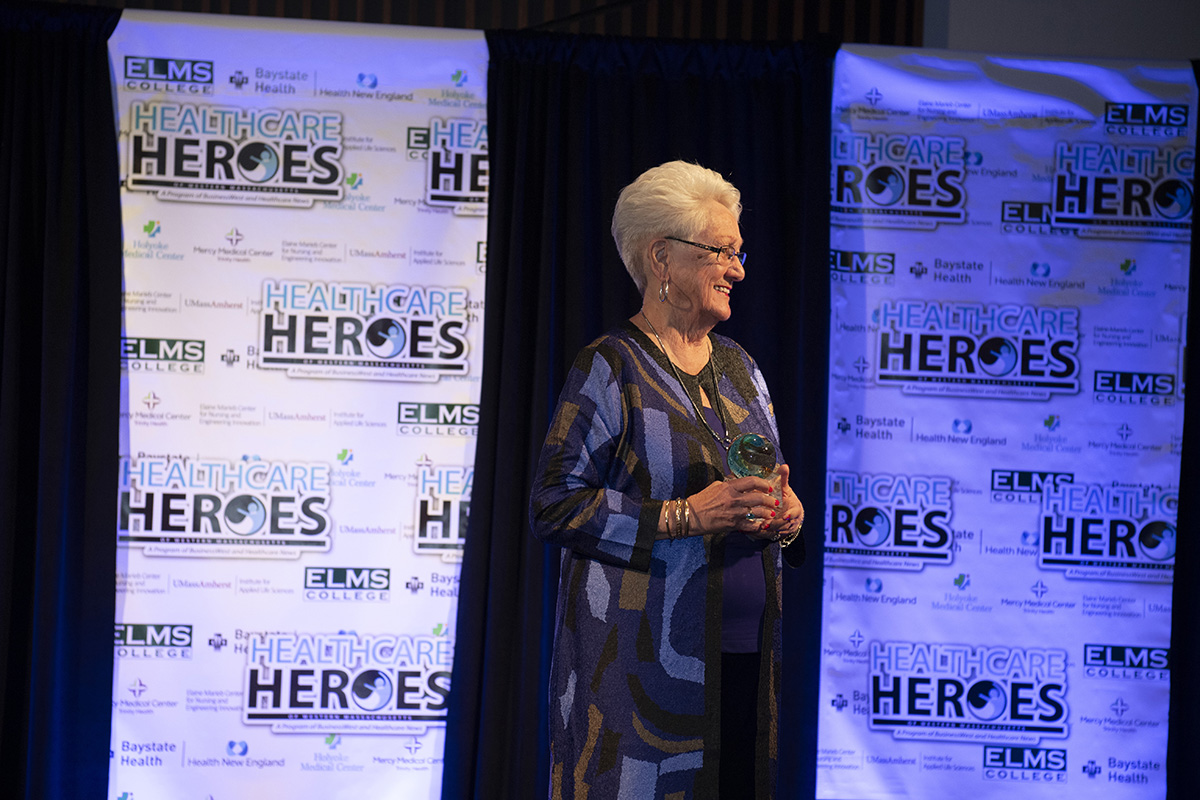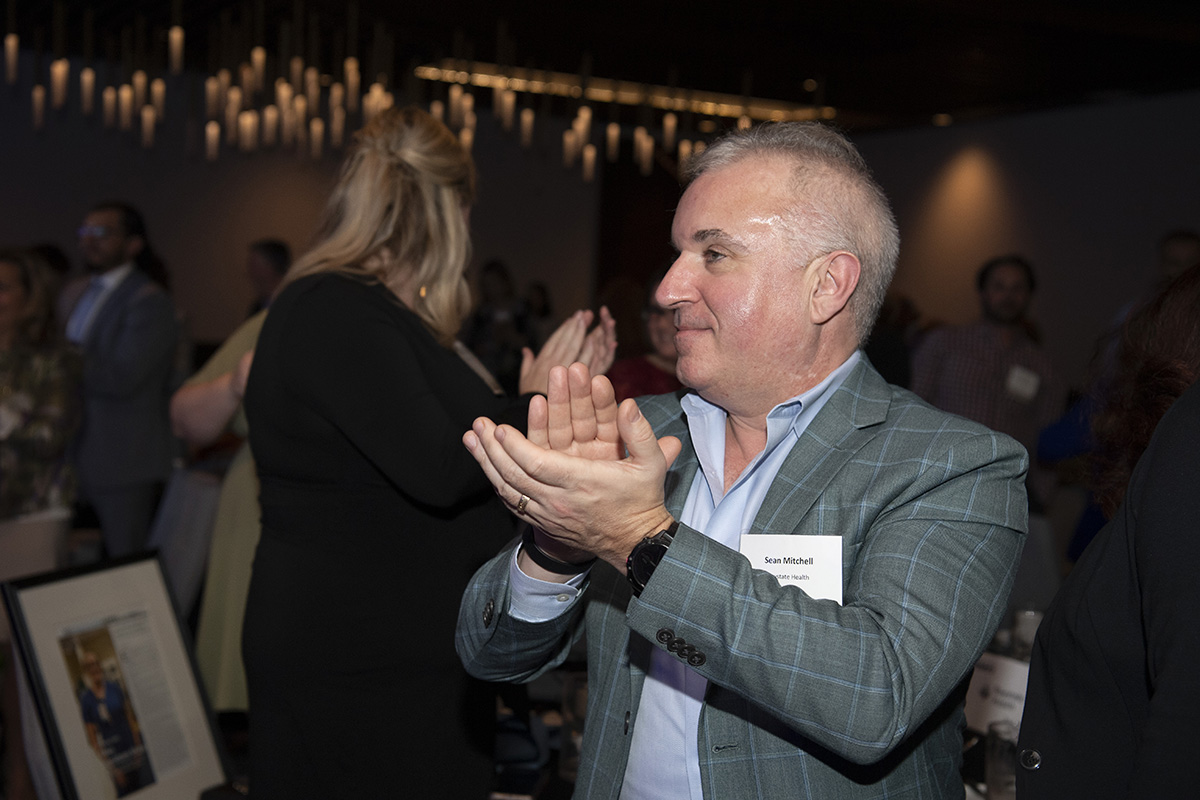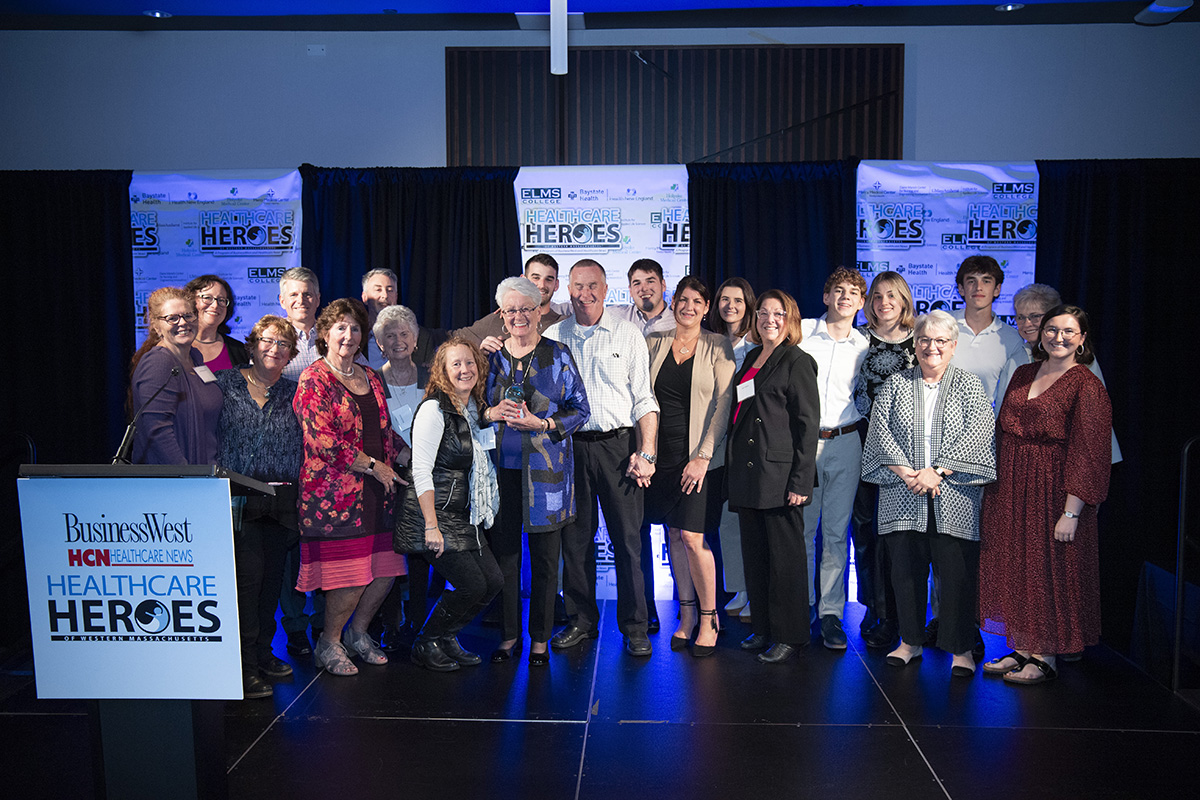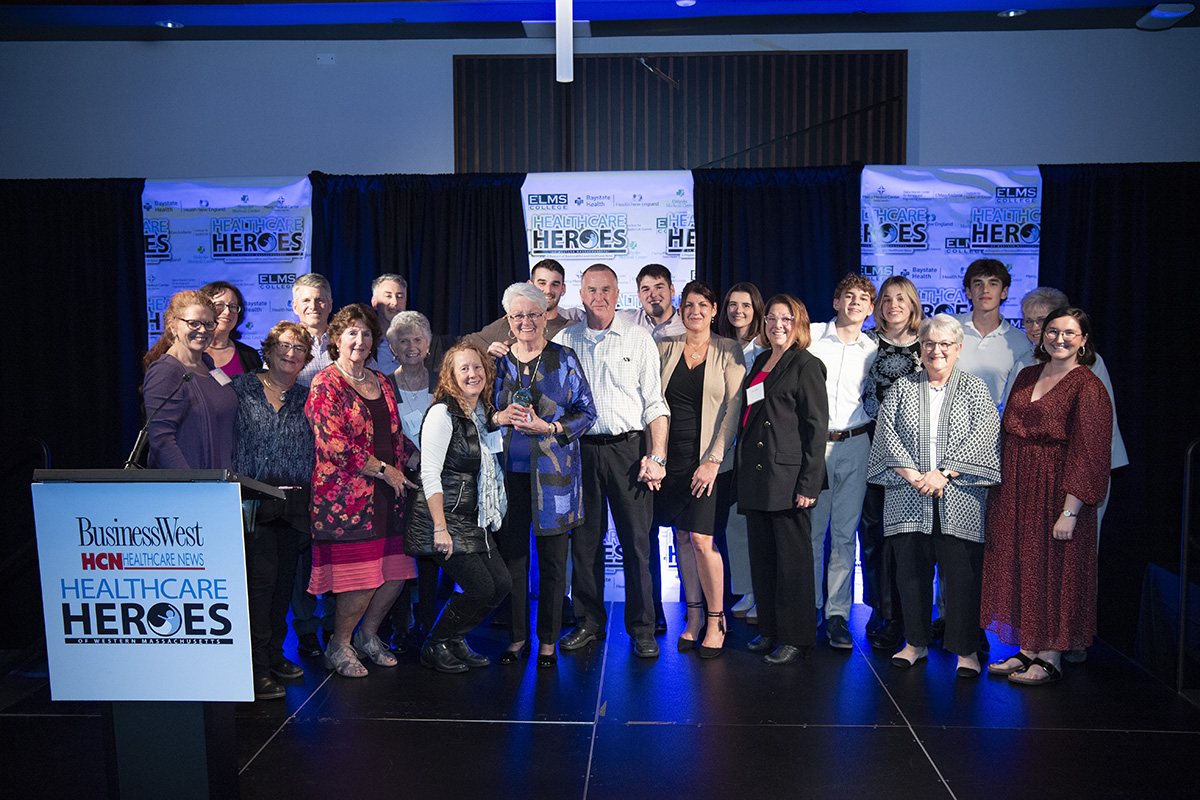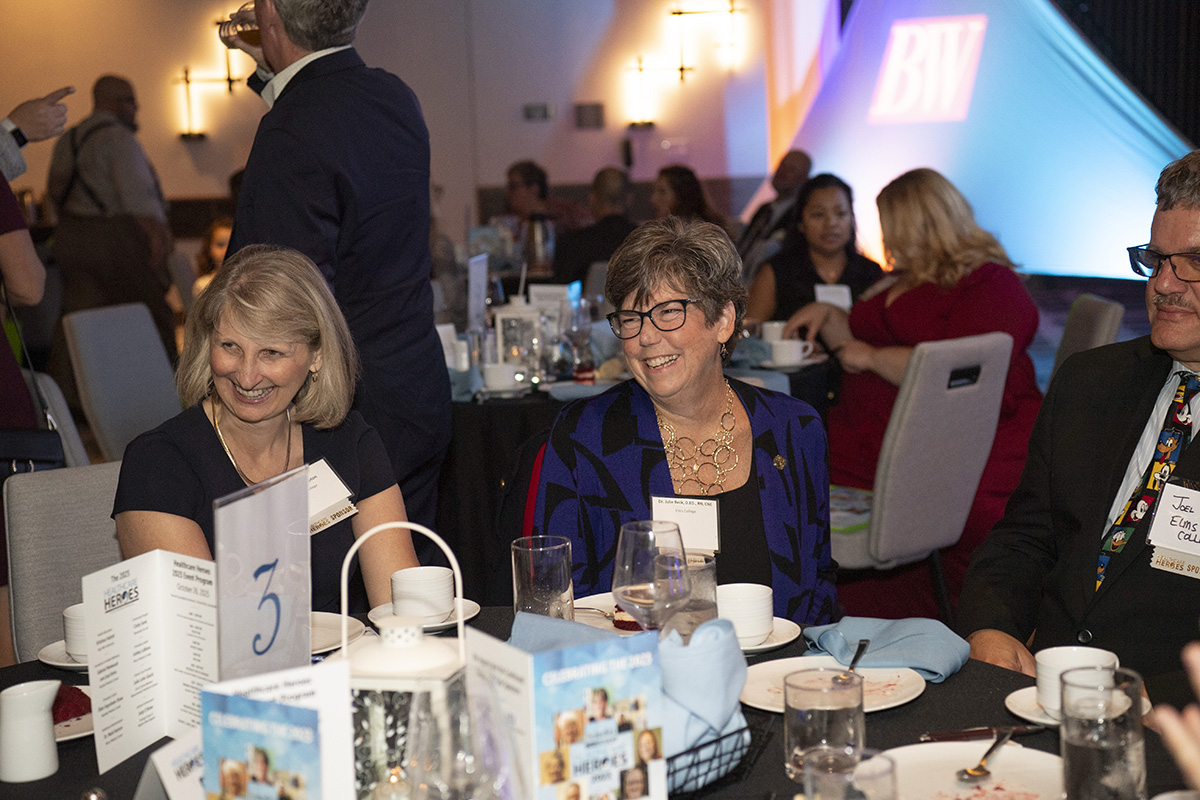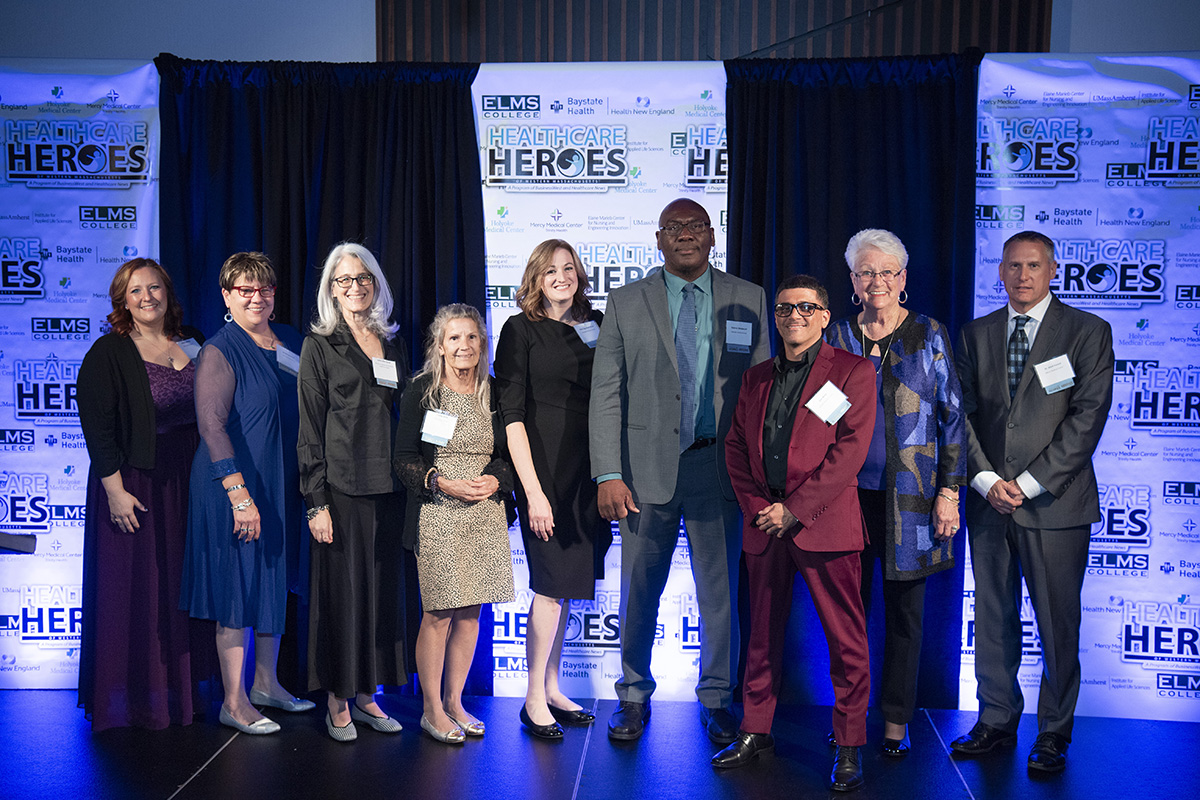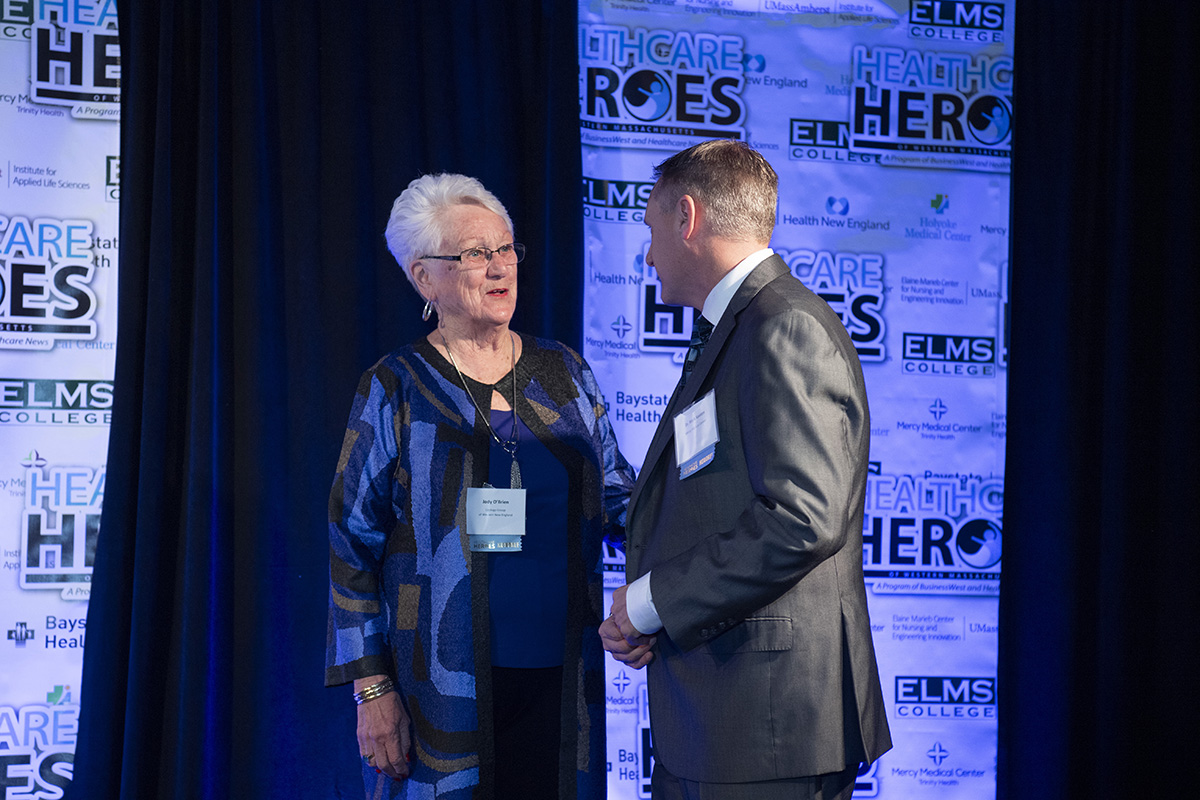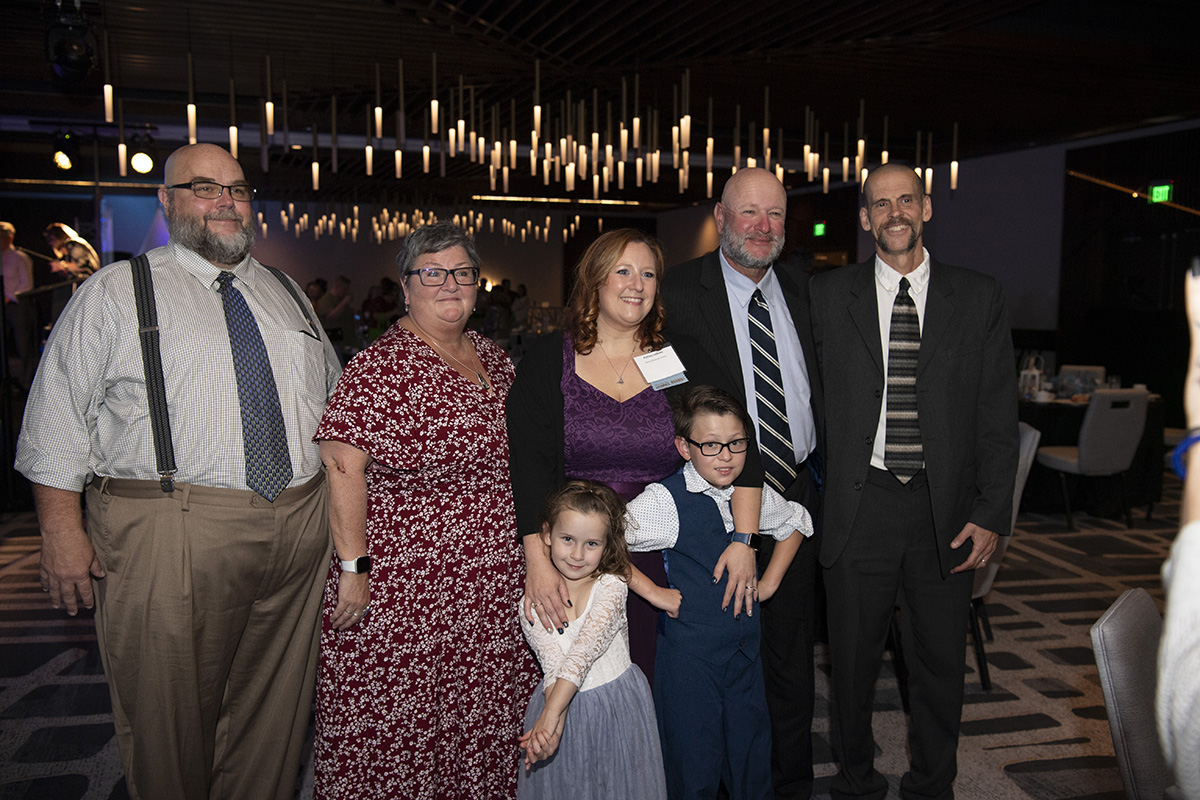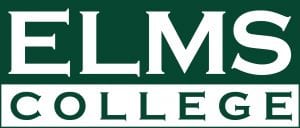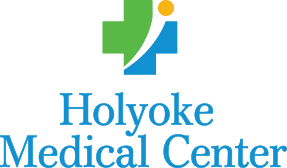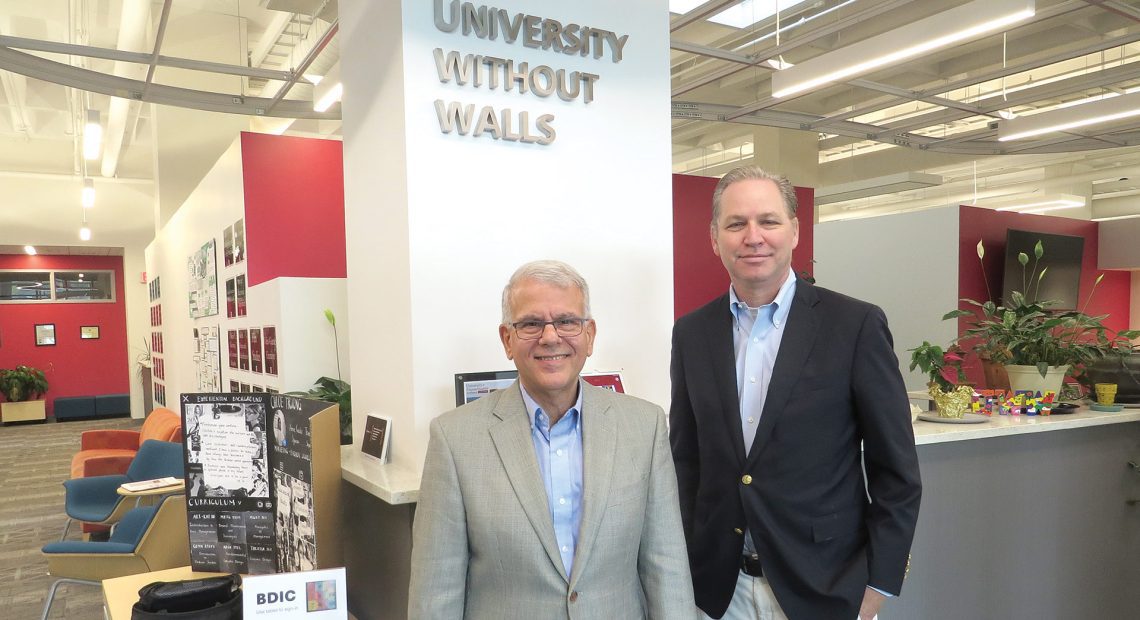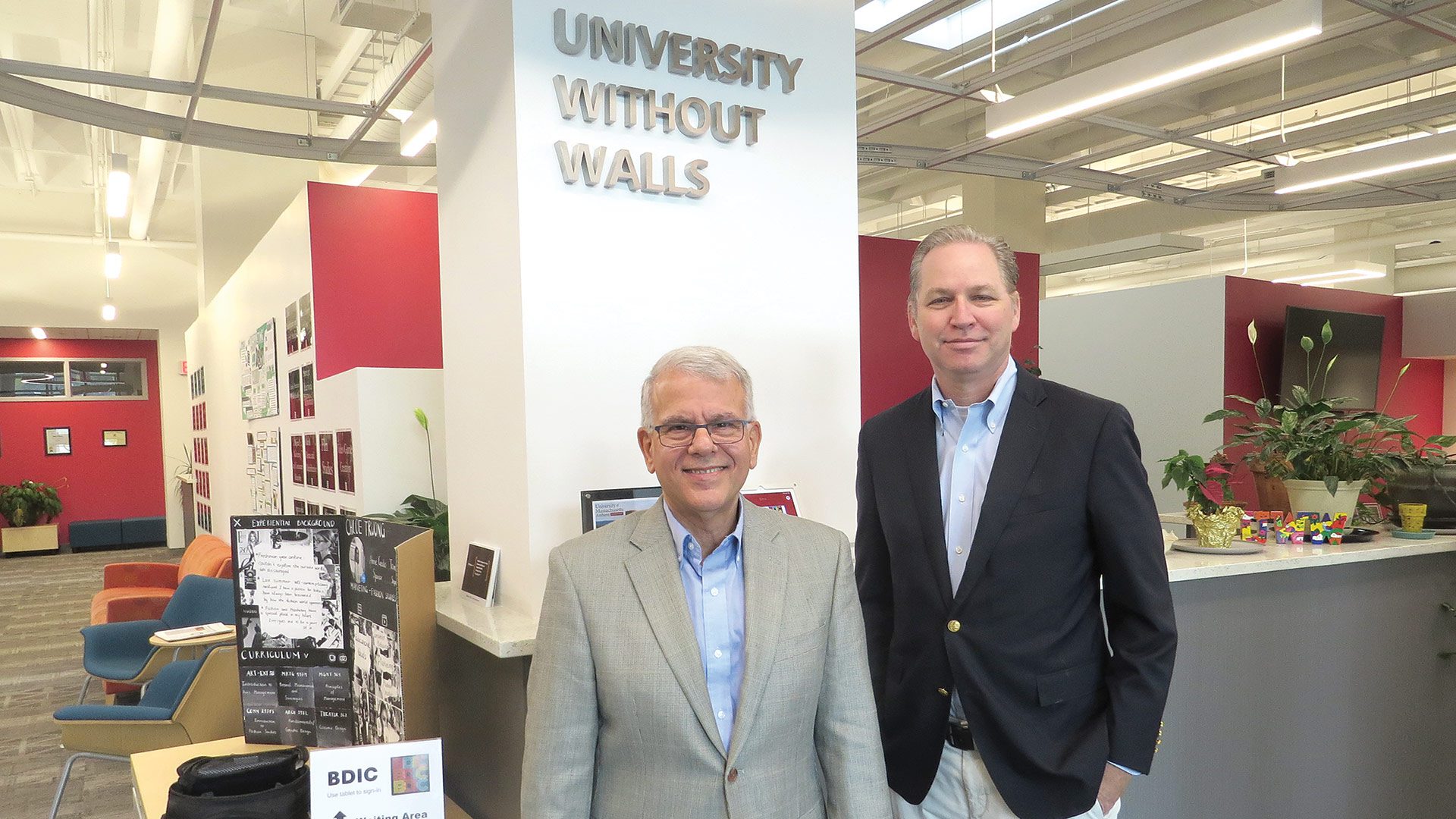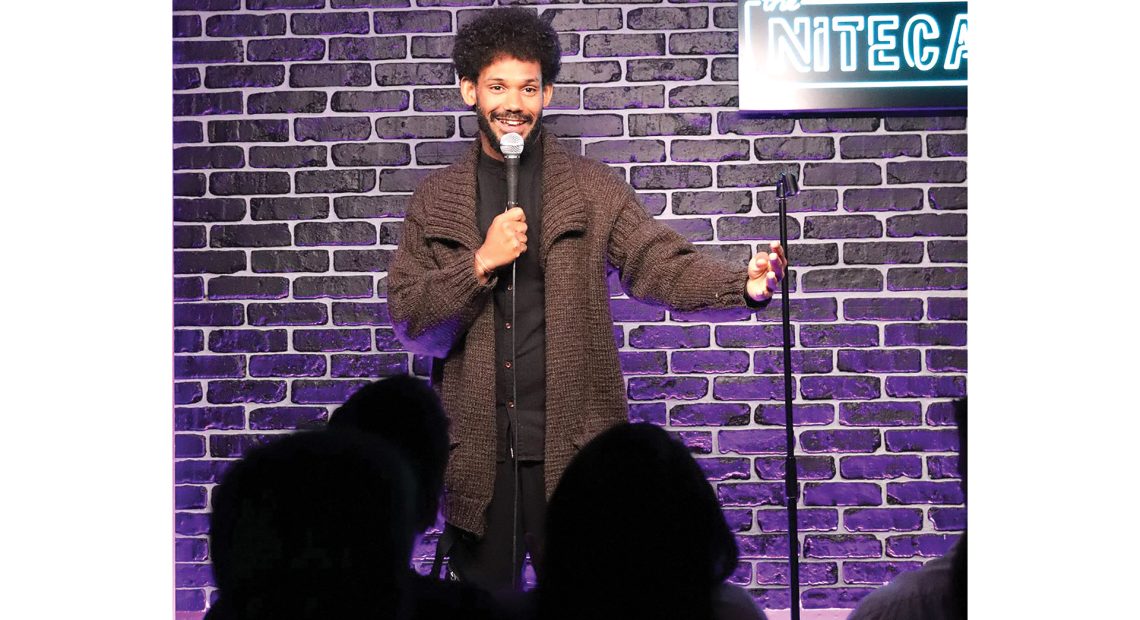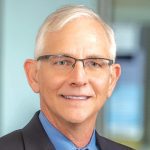This Is a Laughing Matter

Bill Posley makes storytelling a big part of his repertoire.
Bill Posley acknowledged that one doesn’t exactly set out to make stand-up comedy a career.
Instead, it just … happens, he said, adding quickly that, for many, it doesn’t happen, because this is a tough business, one that’s difficult to break into, then stay in.
Usually, one starts down this road because someone tells them they’re funny, or at least funnier than most, and they should do something with that talent, said Posley, a Springfield native now living in Los Angeles who is still shaping his career as a stand-up comic, writer, and director. He added (with some regret) that, in his case, that someone wasn’t his father.
“My dad did not think I was funny at all; I’m still not sure if I’ve ever been able to make him laugh,” he told BusinessWest on a Zoom call from LA, while laughing at himself and adding that the one who provided him with the needed inspiration, and confidence, was a sergeant with whom he served in the Army in Iraq.
With that, Posley, who makes storytelling a big part of his repertoire, told one of his favorites.
“While I was over there, I would make people laugh — I would make my sergeants laugh, the troops laugh … I’d impersonate people,” he recalled. “We had a comic come and entertain the troops, and it didn’t go great; afterward, Sgt. Romero came up to me and said, ‘I think you’re funnier than that guy; I don’t know what you’re going to do when you get out of the Army, but I think you should do that.’”
And he has. In fact, Posley has been doing standup for 15 years now, while also adding the requisite hyphens that one needs to be a real success in the entertainment business these days: he’s a comedian-writer-director.
He has gone on to write for Emmy-nominated shows like Cobra Kai, Shrinking, and Kenan, and is currently writing a spinoff of Ferris Bueller’s Day Off (more on that assignment later). He competed on season 24 of Survivor, and viewers have also been able to catch him on Fox’s 9-1-1, Netflix’s GLOW, and MacGyver on CBS.
Meanwhile, his last standup show won the Off-Broadway Alliance Award for best solo show, and he’s played in clubs and theaters across the country.
“We had a comic come and entertain the troops, and it didn’t go great; afterward, Sgt. Romero came up to me and said, ‘I think you’re funnier than that guy; I don’t know what you’re going to do when you get out of the Army, but I think you should do that.’”
One place he hasn’t played is Springfield, and that’s another story — the first chapters of which Posley related to BusinessWest; the chapters to come will be the subject of a documentary.
The story starts at Minnechaug High School in the late ’90s, when, four years in a row, Posley failed to muster the confidence and whatever else one needs to tell jokes at the school’s annual talent show.
“I wanted to do stand-up at the talent show so bad,” he said. “But I was just so scared.”
He still regrets that he never took the stage at Minnechaug, and he will make up for lost time, sort of, at what he’s calling a ‘second chance talent show,’ to take place in the Armory at MGM Springfield on Friday and Saturday, Dec. 1-2. Officially titled “Bill Does the Talent Show,” the performance will feature some stand-up comedy from Posley, but also the talents of several local residents who will sing, perform magic, provide comedy sketches, and more.
“These are people who don’t necessarily do this full-time, but love to do it, have a passion for it, and are really, really good at it,” he went on. “And I want to make sure they have an opportunity to be seen.
“With me coming home and inviting all these people — people from my high school, my past, my family who have never seen me perform — and then inviting these people from Western Mass. to do it too … it just felt like too good and too big of a story not to be documented,” he went on. “So we’re going to capture something that I think is going to be fantastic and phenomenal.”
For this issue and its focus on the creative economy, BusinessWest talked with Posley about his upcoming project, his career, stand-up comedy, and how one finds the confidence needed to stand up in front of a room full of people and tell jokes.
Nothing Routine About This
As we do all that, we start with another story.
This one involves a show at the old Paramount Theatre on Main Street in Springfield. Posley, who grew up in Indian Orchard, said his grandmother was one of many involved with efforts to restore the landmark and bring it back to its former glory.
“They’d have Jesus Christ Superstar, and they’d have comics show up … all that stuff,” he recalled, adding that he was recruited by his grandmother to work with her in the concession stand for a show, circa 1994, featuring Cedric the Entertainer.
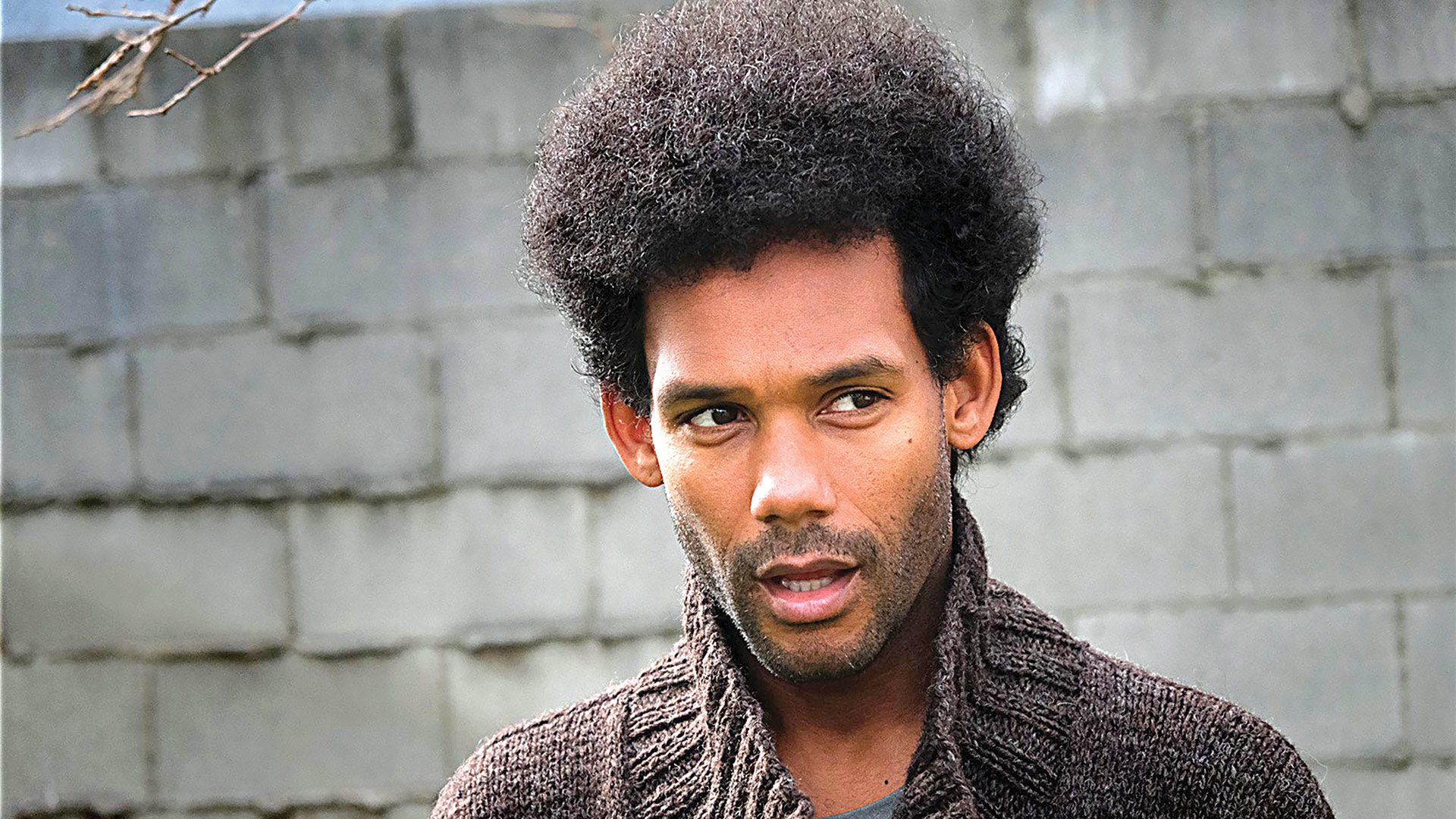
Bill Posley regrets not taking the stage for his high-school talent show; he’ll get a second chance in December.
“He starts doing this stand-up, and there’s cursing, there’s scandalous material — my grandmother is a church woman, so this is getting awkward — but my brother and I could not get enough of it,” he went on. “We kept sneaking into the theater to hear him perform, and I would keep trying to watch and hear him tell jokes.”
He tells that story for two reasons — first, to explain his lifelong love of comedy, and second, to show how small the entertainment world can often be. Indeed, in 2017, he was recruited to write for the CBS Show The Neighborhood, starring … Cedric the Entertainer.
“I went up to him once and said, ‘do you know that, when I was 10 years old, I saw you perform in Springfield, Massachusetts, and you’re one of the reasons why I wanted to be a stand-up comedian?’” he said. “I thought that was really, really cool.”
While he enjoyed watching stand-up while growing up — he liked, and was influenced by, comedians ranging from Sinbad to Chris Rock to George Carlin — he also liked making people laugh himself. Well, everyone but his father, apparently.
“In middle school, I was the class clown,” he said, adding that, unlike now, he was quite heavy as a teenager and found material in his weight.
“At one point, I was maybe 230, 250 pounds, so I learned how to make fun of myself before I’d let someone else made fun of me,” he recalled. “And I think that’s where my fondness for making people laugh started.”
And while he was getting very good at doing just that, when it came to the high-school talent show, he got cold, as in cold, feet.
He managed to shed that fear with encouragement from others, and especially that Army sergeant. He started off writing jokes and was then persuaded to try telling them in comedy clubs. He vividly remember his first real foray into stand-up, at the Ha Ha Comedy Club in Burbank, Calif., in 2007.
“I invite a whole lot of my friends out … and I am so nervous, I drink like three martinis because I’m so scared,” he recalled. “I go dressed in a full Spider-Man costume except for the head, because I figure if everyone is laughing at what I’m wearing, they might also laugh at what I’m saying.”
And with roughly half the jokes — a good percentage, especially for a first-timer — they did.
“I wanted to do stand-up at the talent show so bad. But I was just so scared.”
“And I was hooked,” he said, adding that, while he had packed the hall with friends, he left the club with the requisite confidence to take the next steps. Now, he actually prefers performing in front of strangers. “I hate it when I know people in the audience — it’s harder.”
He will undoubtedly know some of those who will gather at the Armory in MGM in early December, because this will be a homecoming, and a second chance for Posley to be in a local talent show.
Indeed, he will also be bringing to the stage several young performers, including another stand-up comedian who will essentially be getting a first shot.
“The reason I wanted to do this is because I felt like I never took my shot while I was in high school,” he explained. “This is my chance to come back and have redemption. But I just didn’t want to come back for me; I wanted to provide other people with their shot to perform in a space that they normally wouldn’t get a chance to perform at.”
Waiting for the Punchline
As for that Ferris Bueller spinoff mentioned earlier, Posley invoked the cone of silence when it came to real details about the project and whether any of the original cast members of the popular 1986 movie would be making appearances. He just shook his head and said “can’t.”
He did tease (and this is rather old news) that the story, to be called Sam and Victor’s Day Off, centers around those two parking-garage valets who take the 1961 Ferrari GT (actually, a replica) that Cameron handed them for a little spin — and what happens during the six hours they have the car.
“Relax … you fellas have nothing to worry about; I’m a professional,” said one of the valets as he took the car in the movie.
Posley can essentially say the same to those who will join him for the talent show and documentary in Springfield later this fall. He’s a professional entertainer, writer, and director who has come a long way from the streets of Indian Orchard and the balcony at the Paramount, where he strained to hear the jokes of Cedric the Entertainer.
As he brings his act to Springfield — literally and figuratively — he will also bring the confidence he didn’t have 25 years ago to those who will join him for those shows.
And he’ll create more stories to tell — for everyone.



